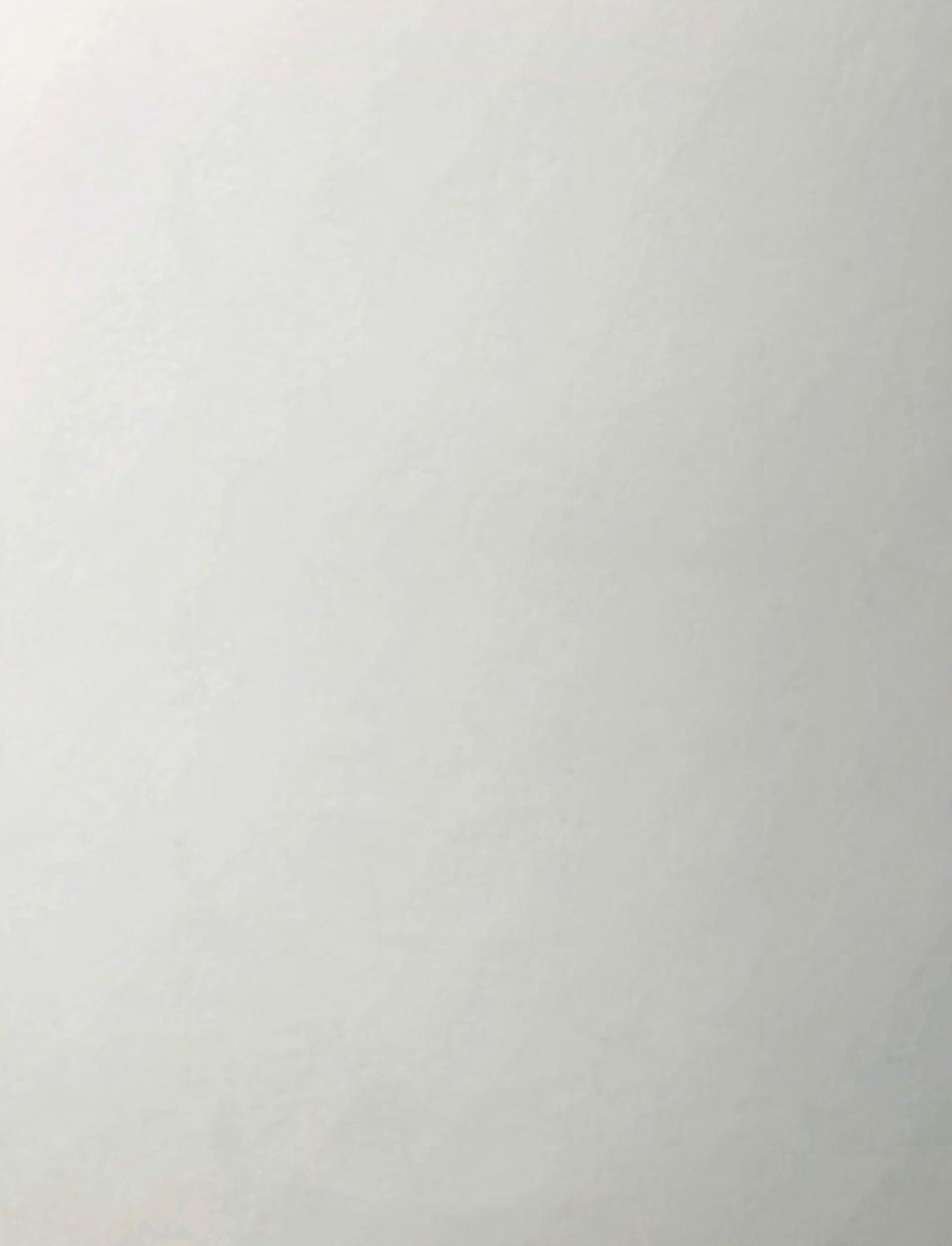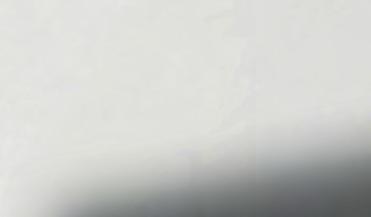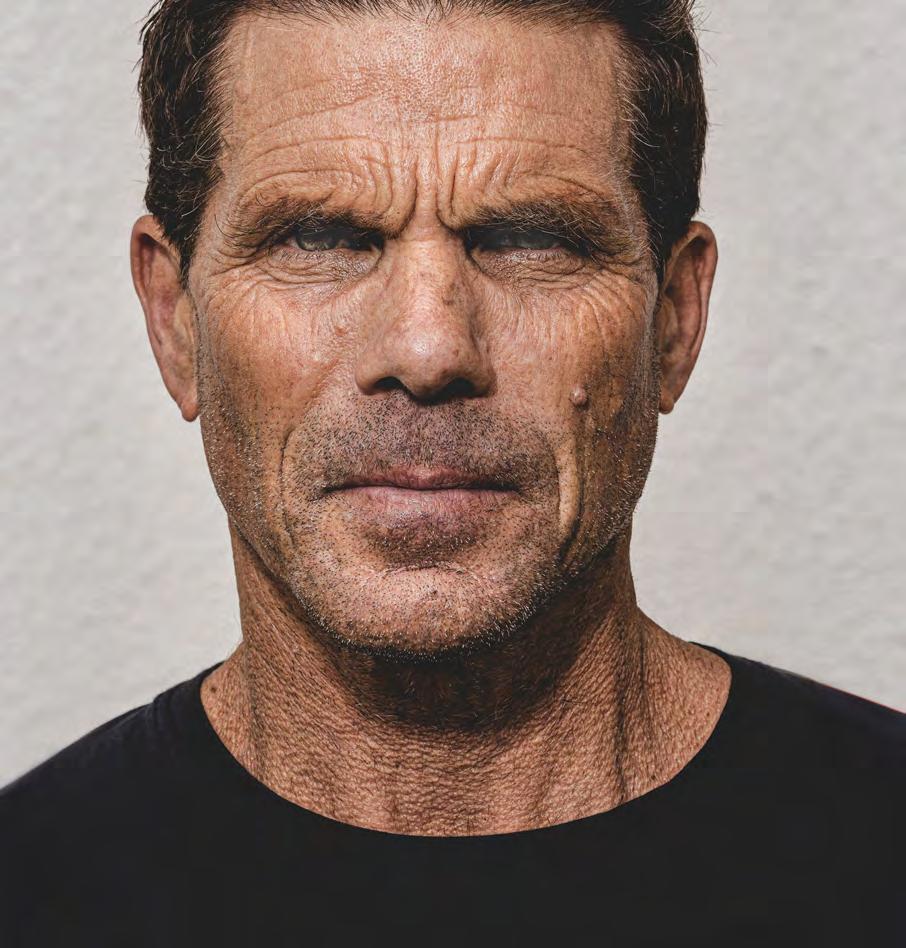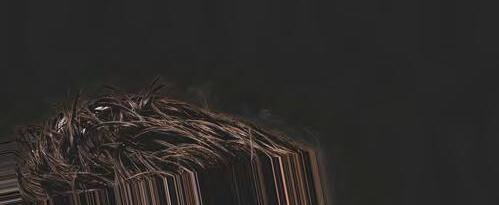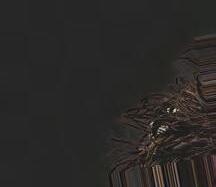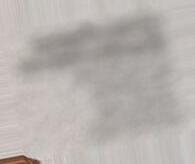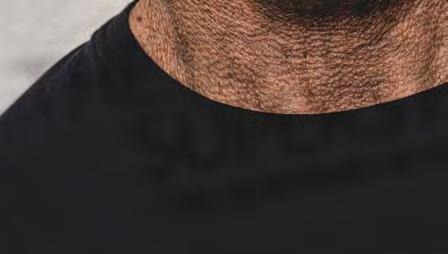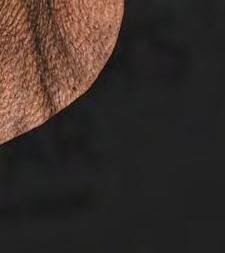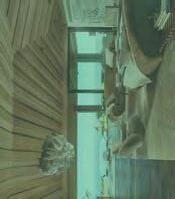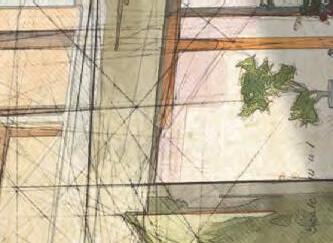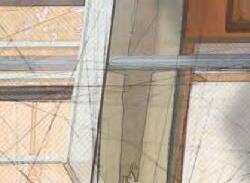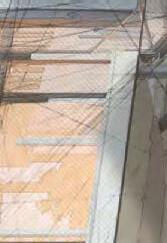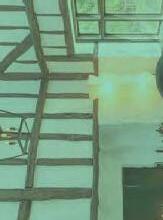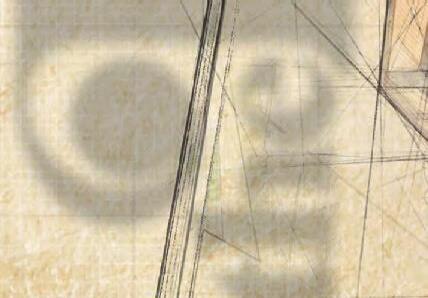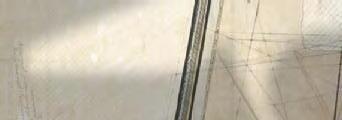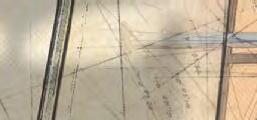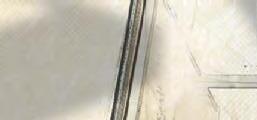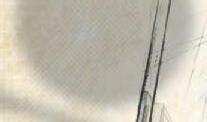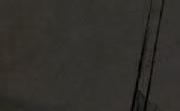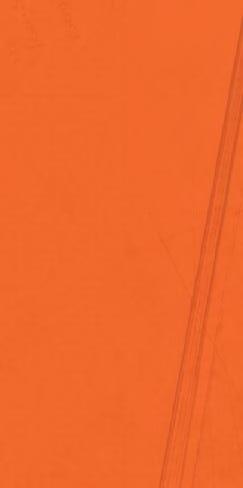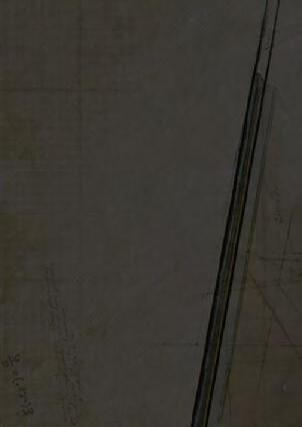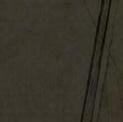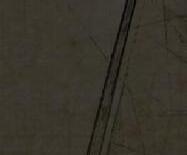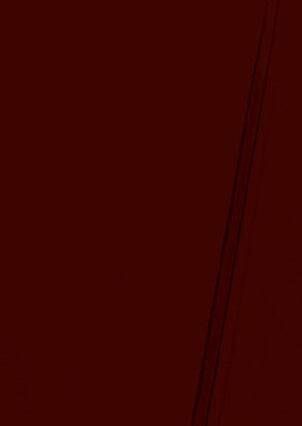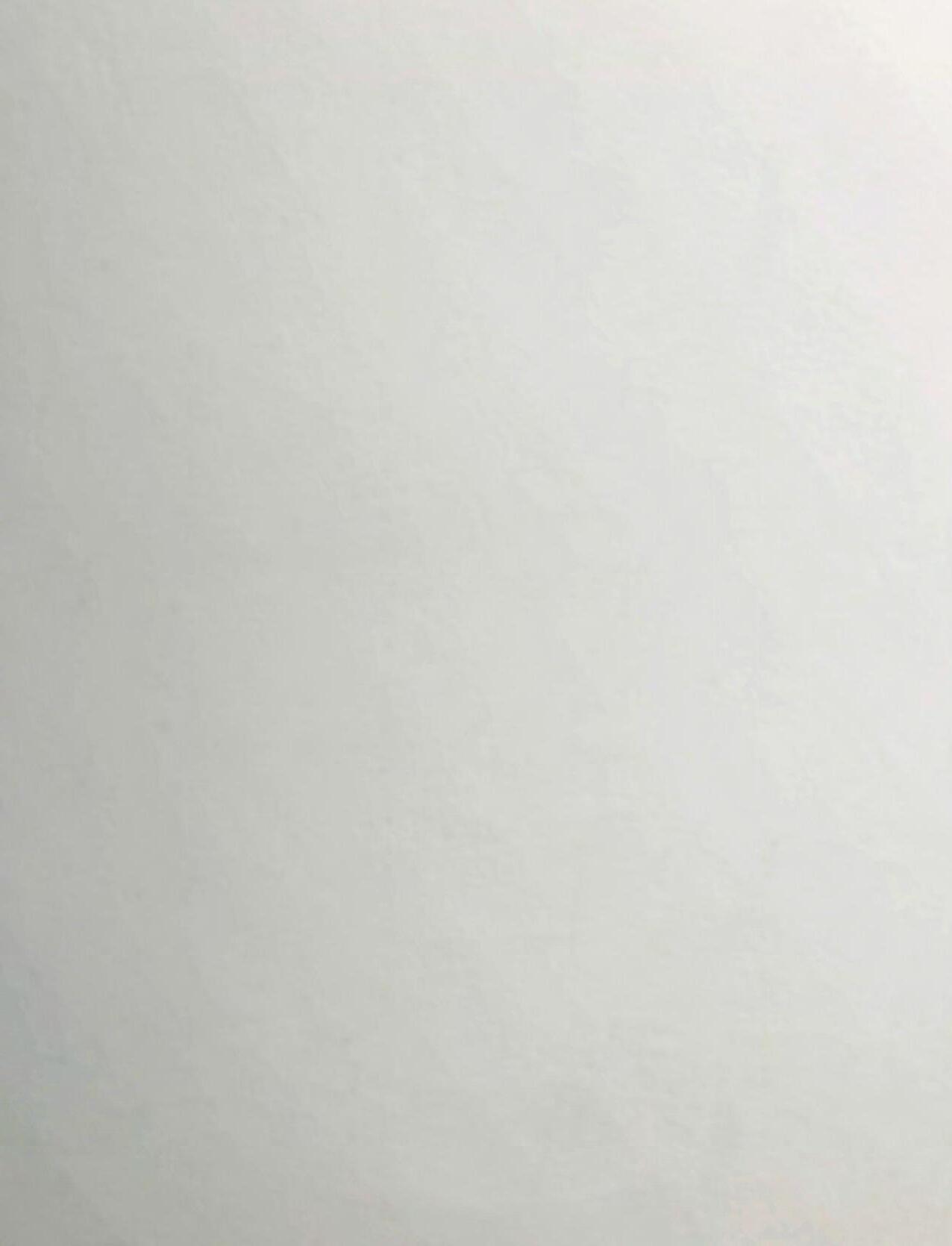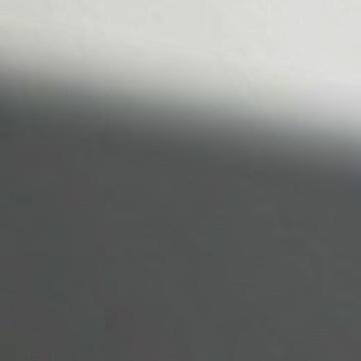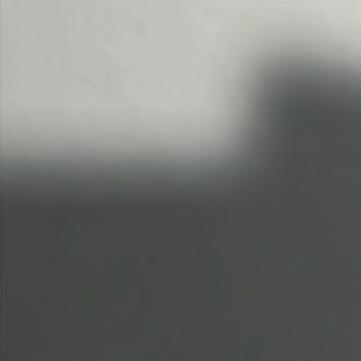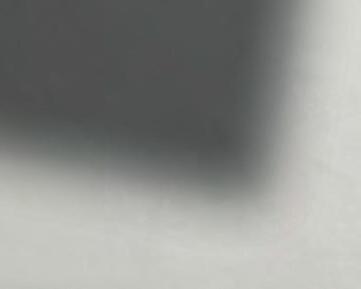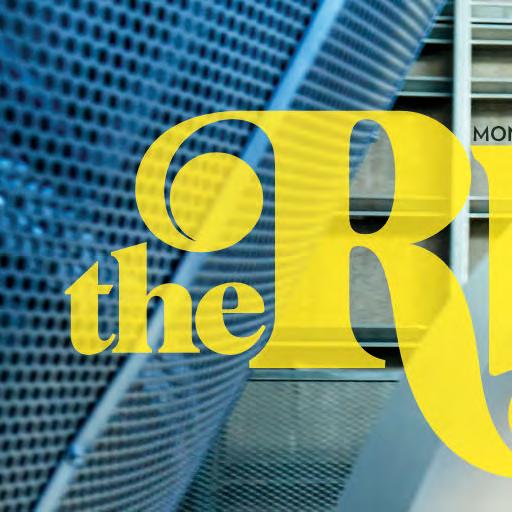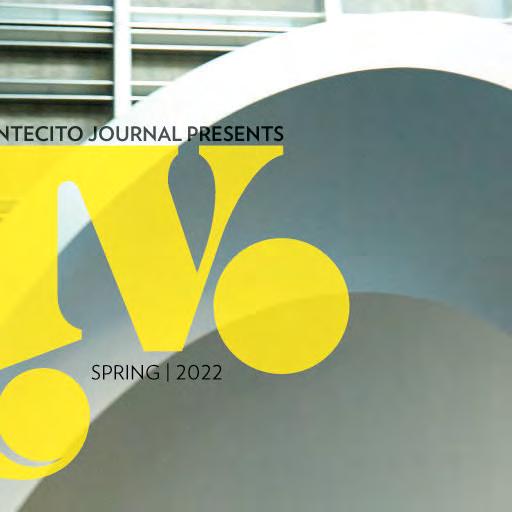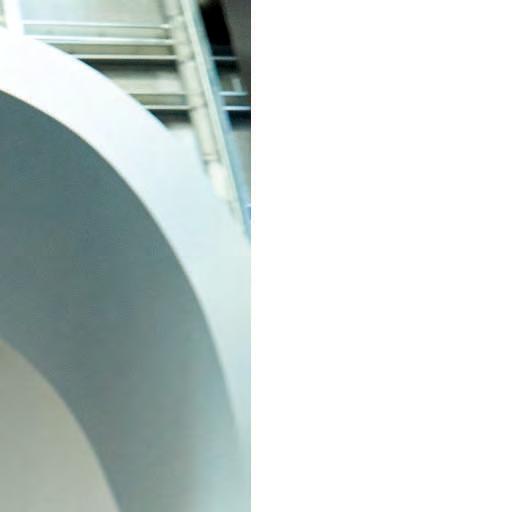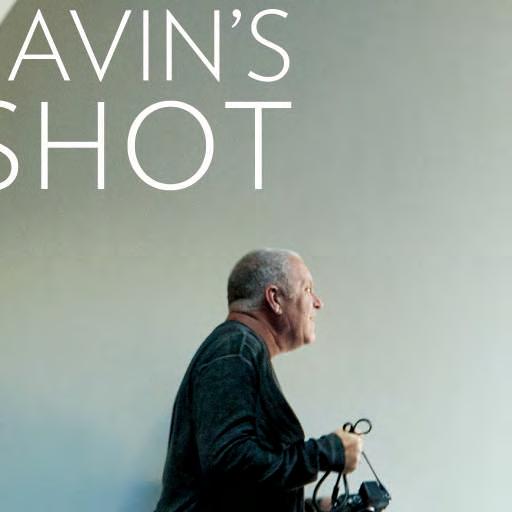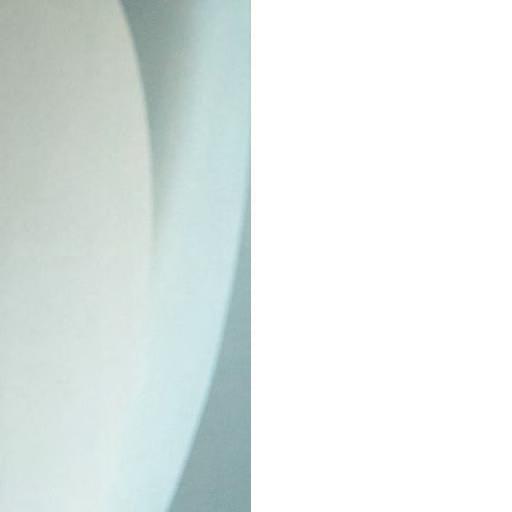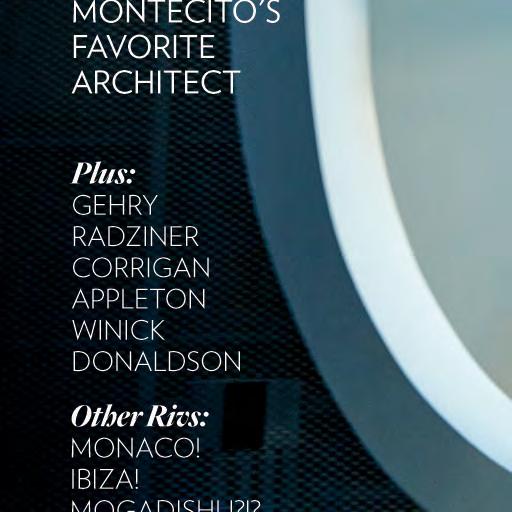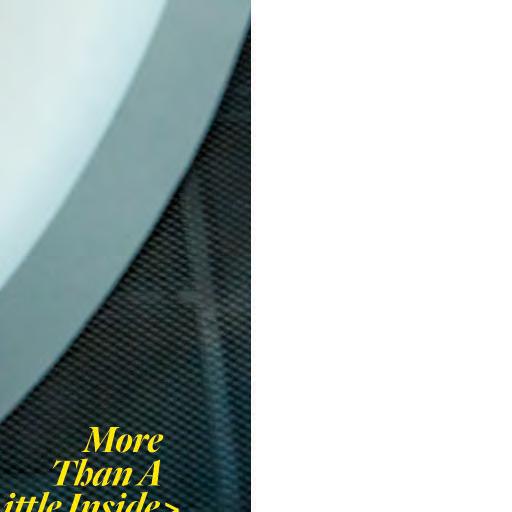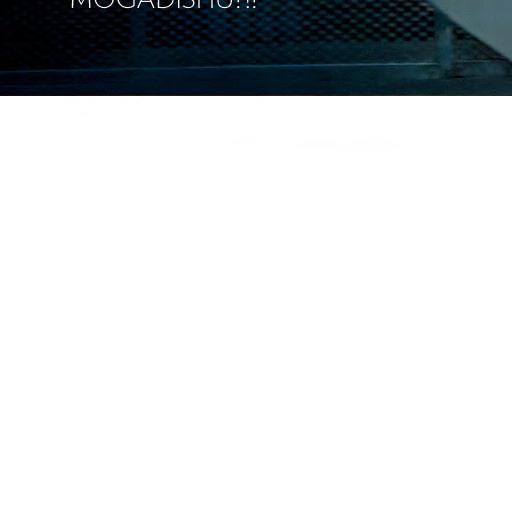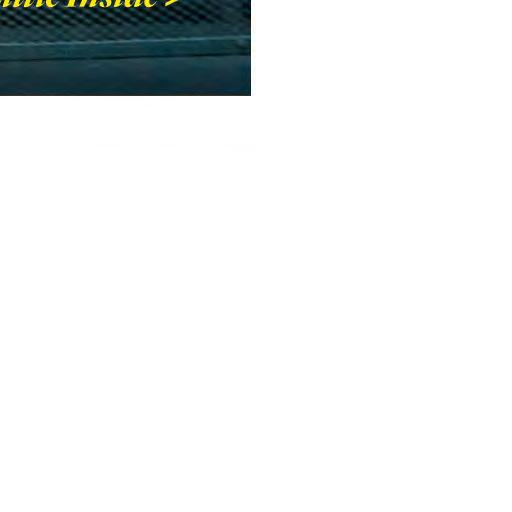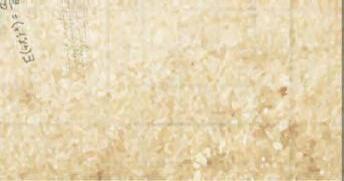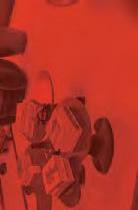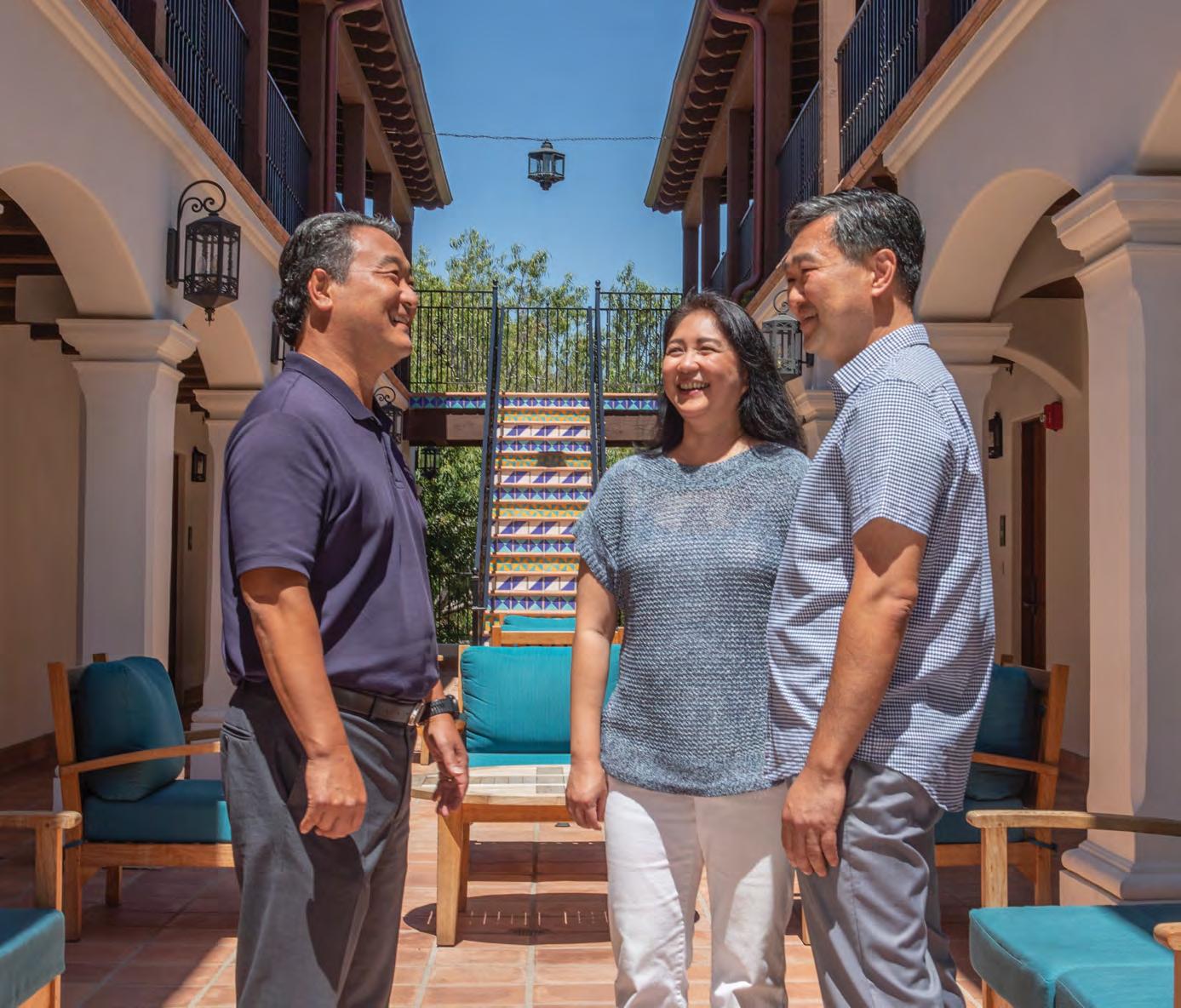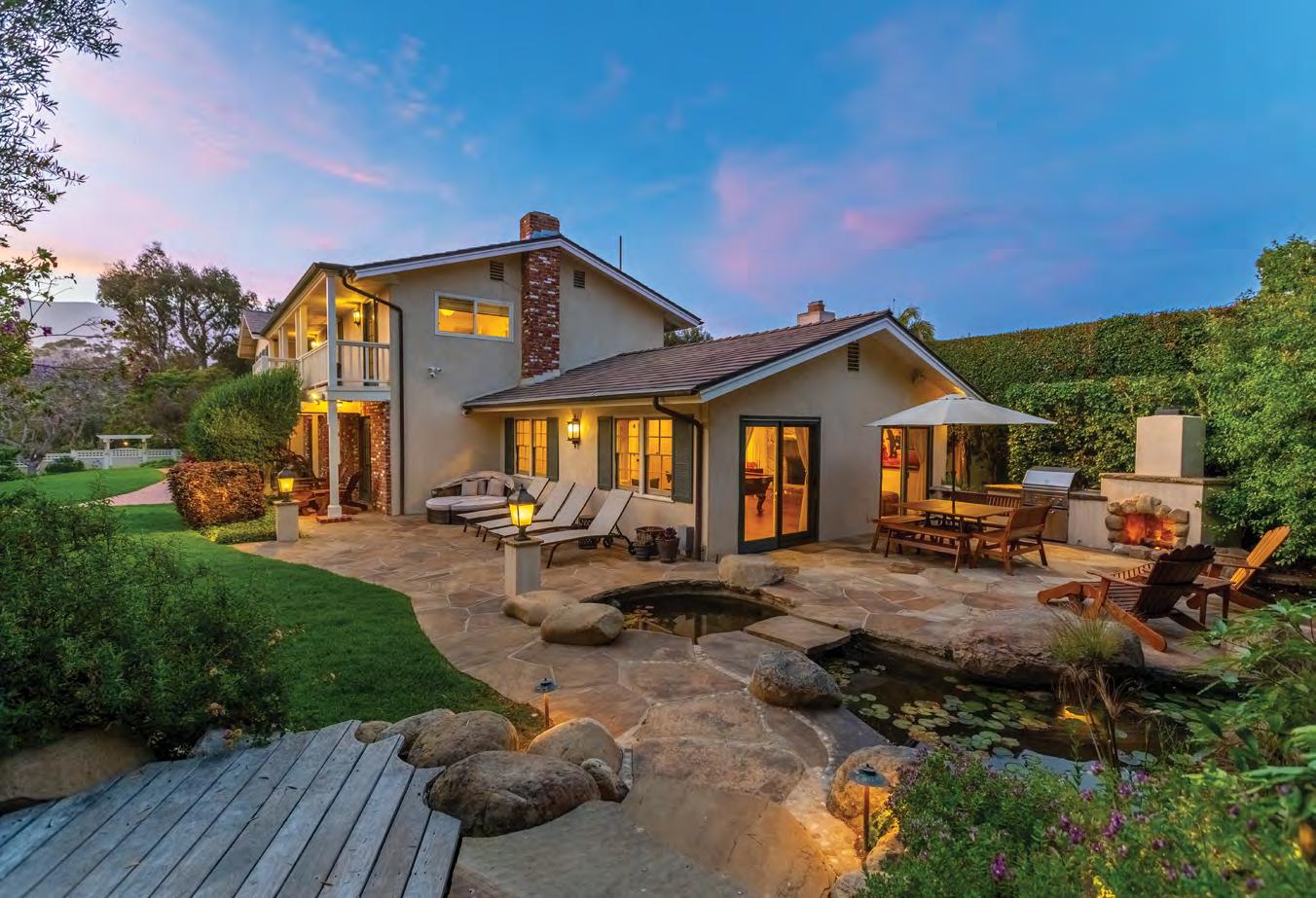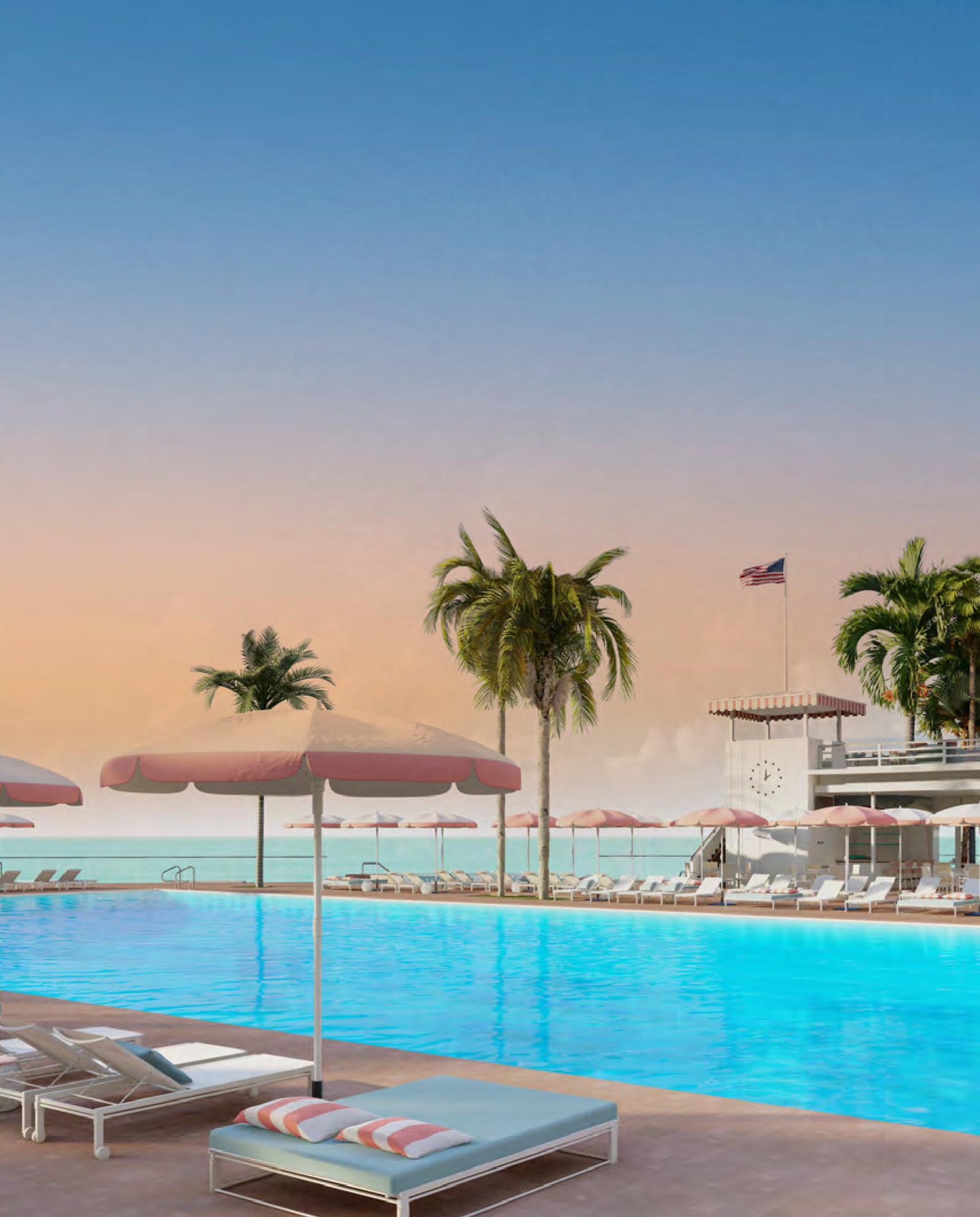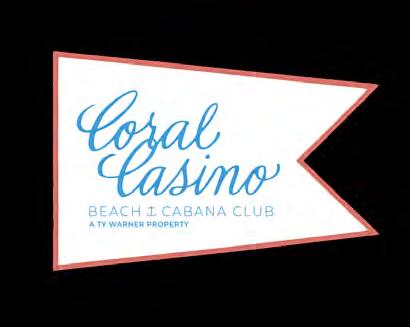BLUEPRINT FOR RIV LIVING: TWO TREES! WADE WEISSMANN GROUND STUDIO BRIGHTEN SOLAR
Also Inside:
URGE TO PURGE
THE BIGGEST STORAGE WAR OF ALL IS WITH YOURSELF
PAIGE RENSE: OUR LOCAL & GLOBAL DOYENNE OF DESIGN

MARY TA: COMING IN HOT TO SB

BLUEPRINT FOR RIV LIVING: TWO TREES! WADE WEISSMANN GROUND STUDIO BRIGHTEN SOLAR
Also Inside:
URGE TO PURGE
THE BIGGEST STORAGE WAR OF ALL IS WITH YOURSELF
PAIGE RENSE: OUR LOCAL & GLOBAL DOYENNE OF DESIGN

MARY TA: COMING IN HOT TO SB
2022

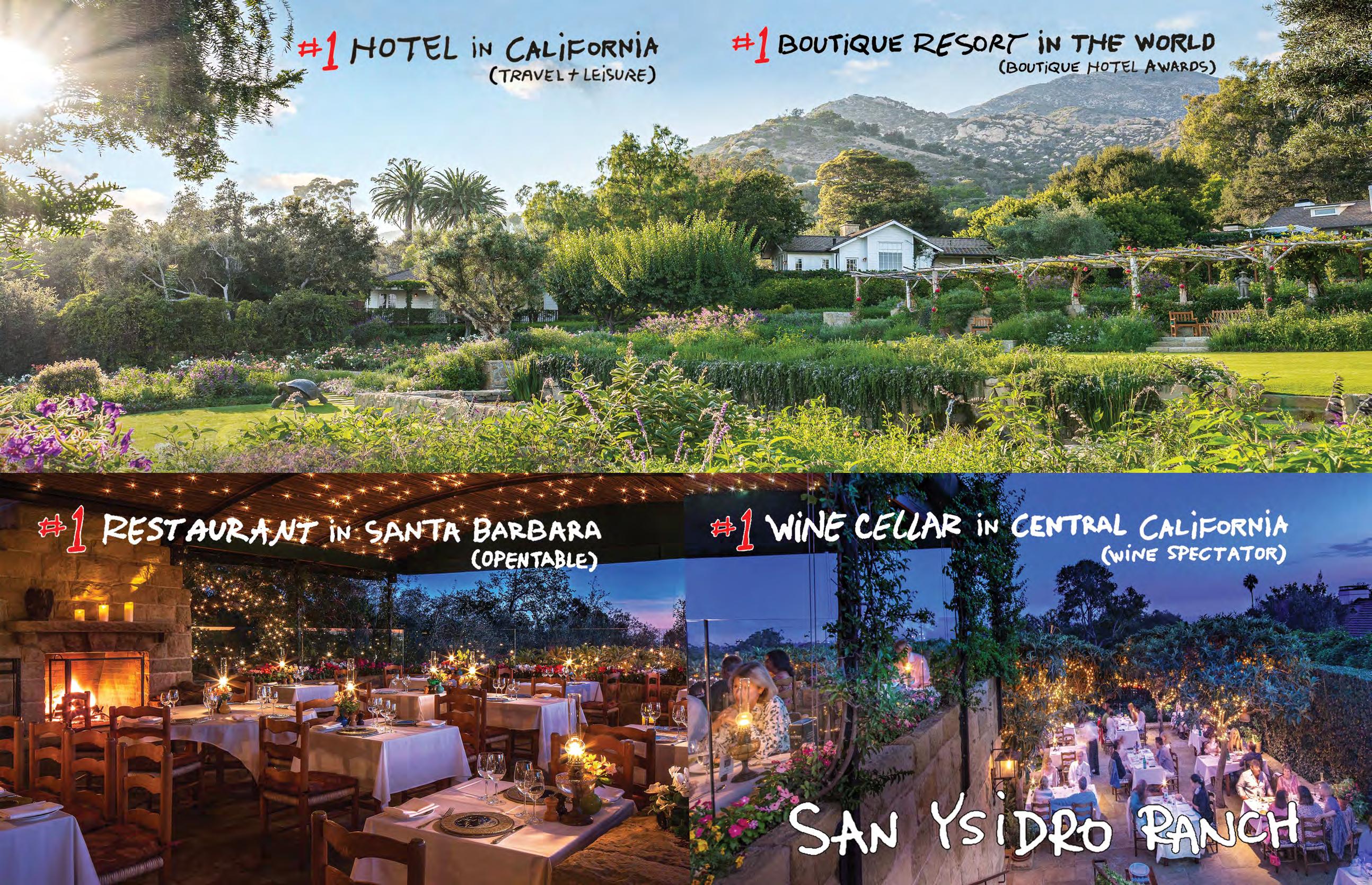
2022


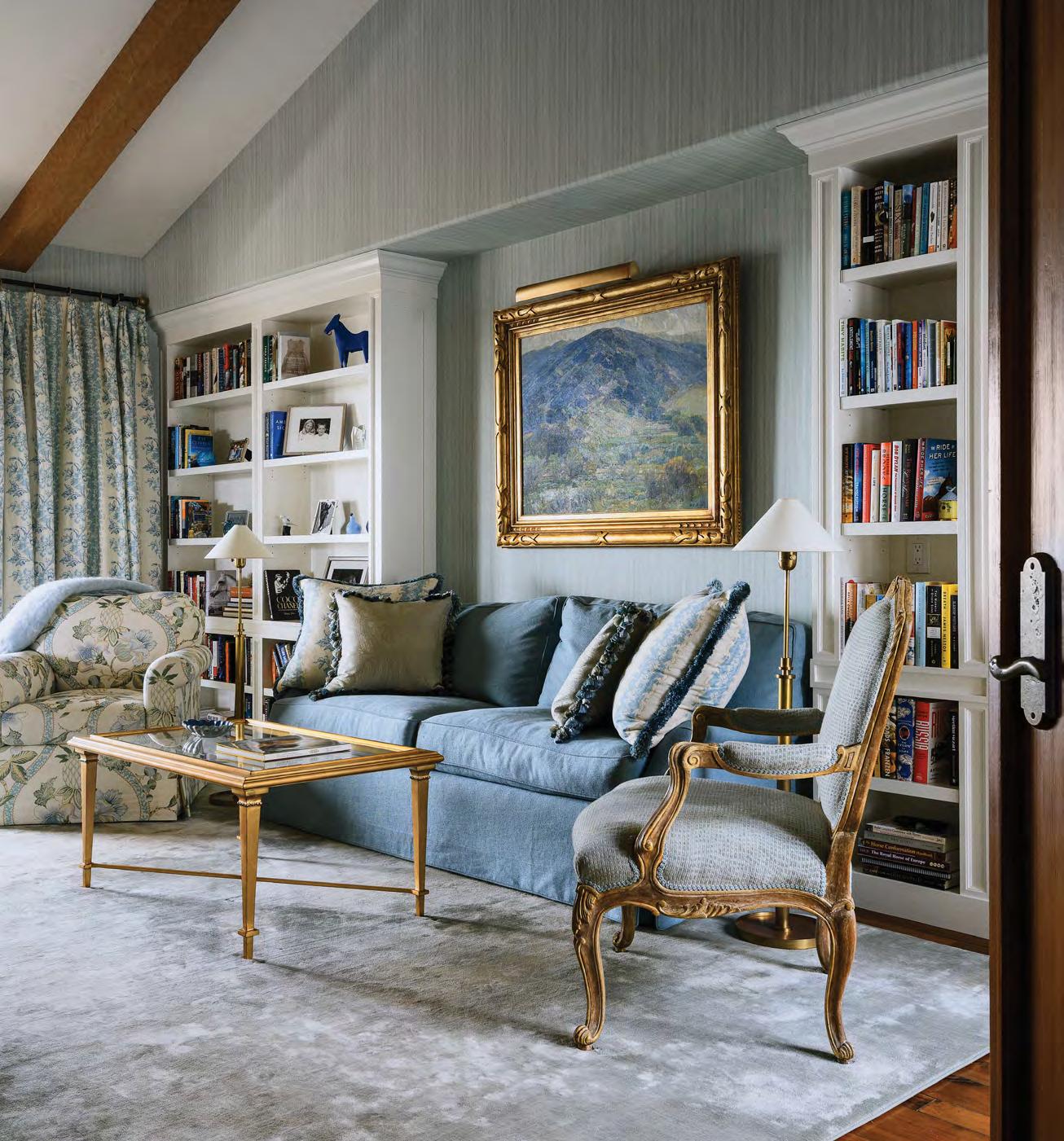
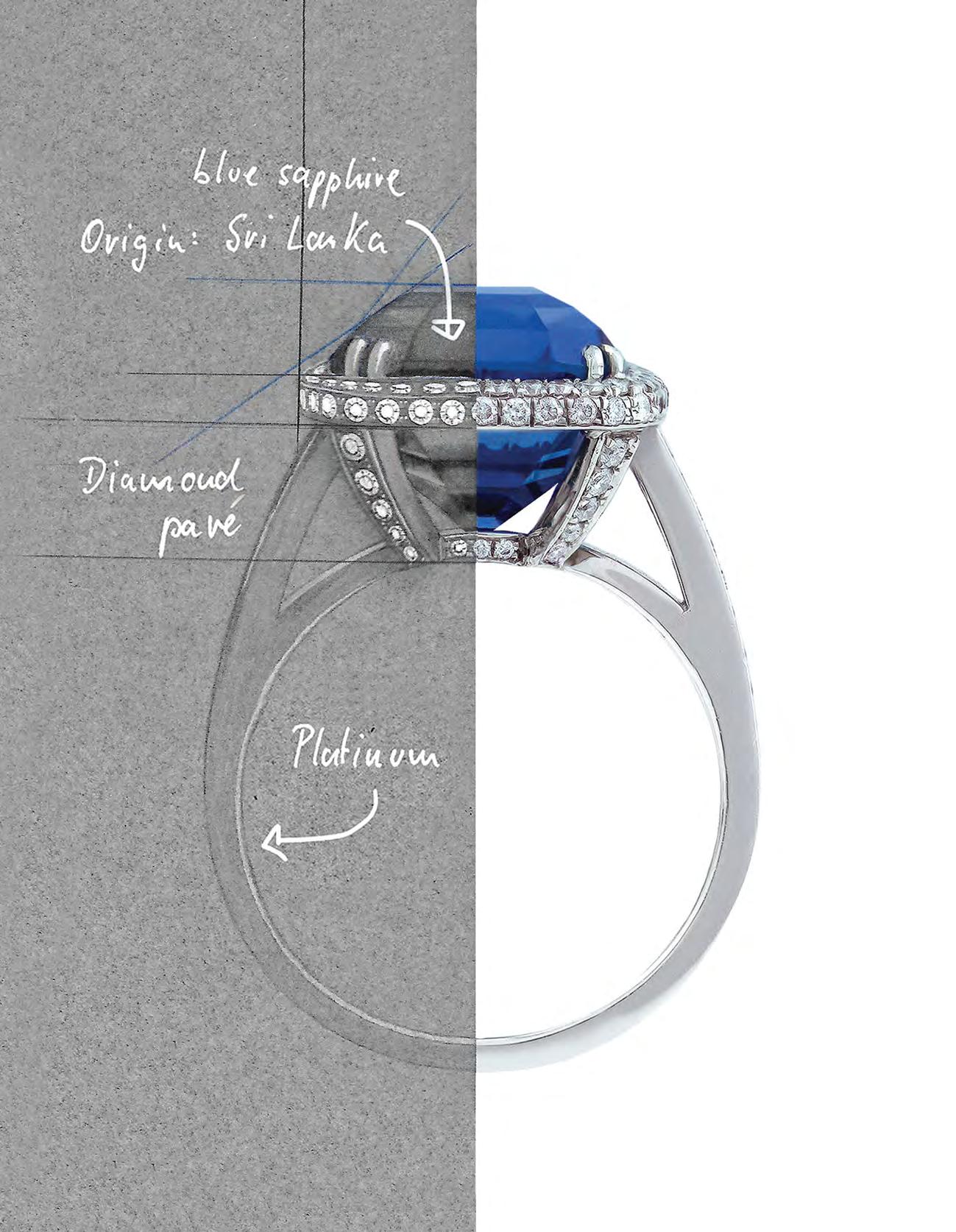

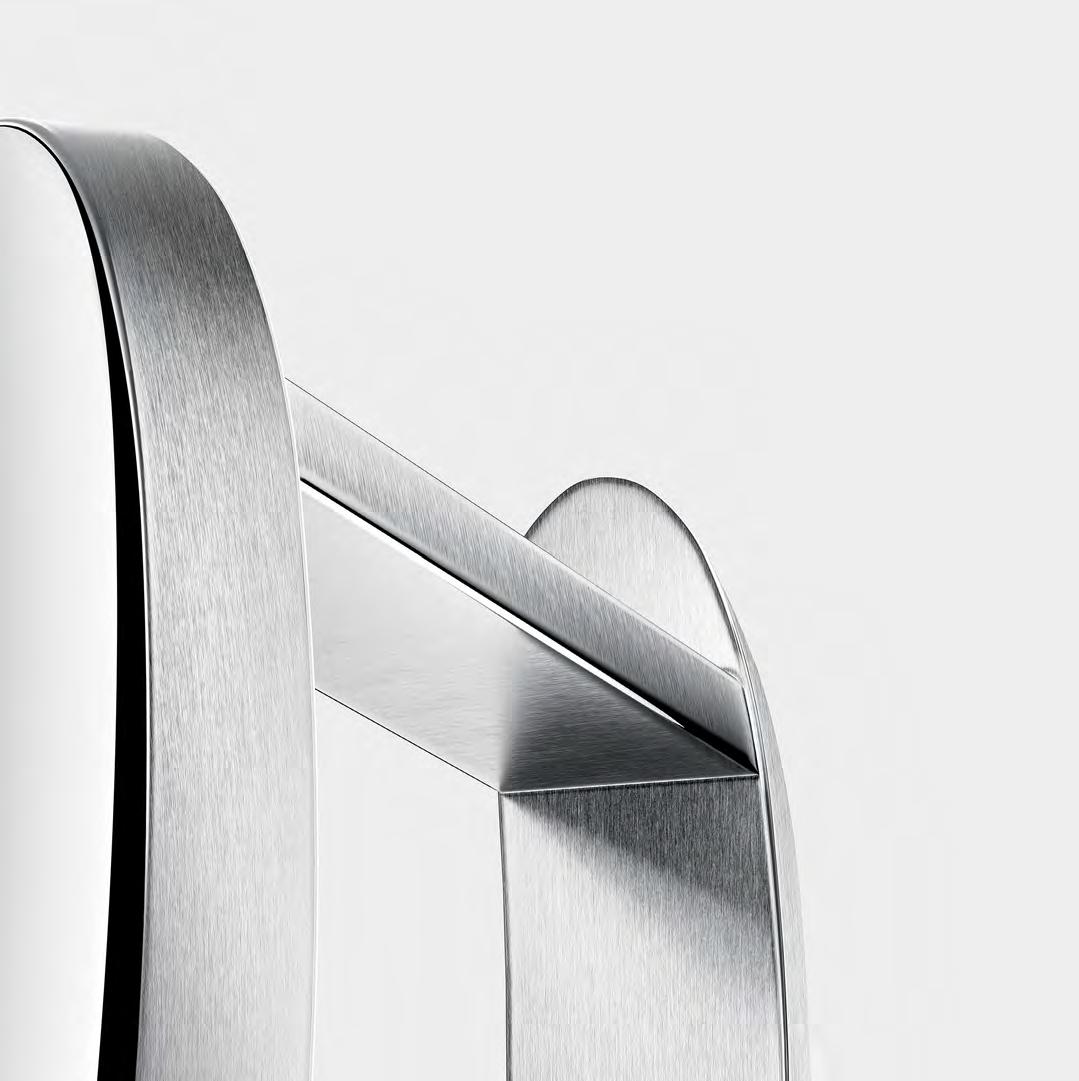
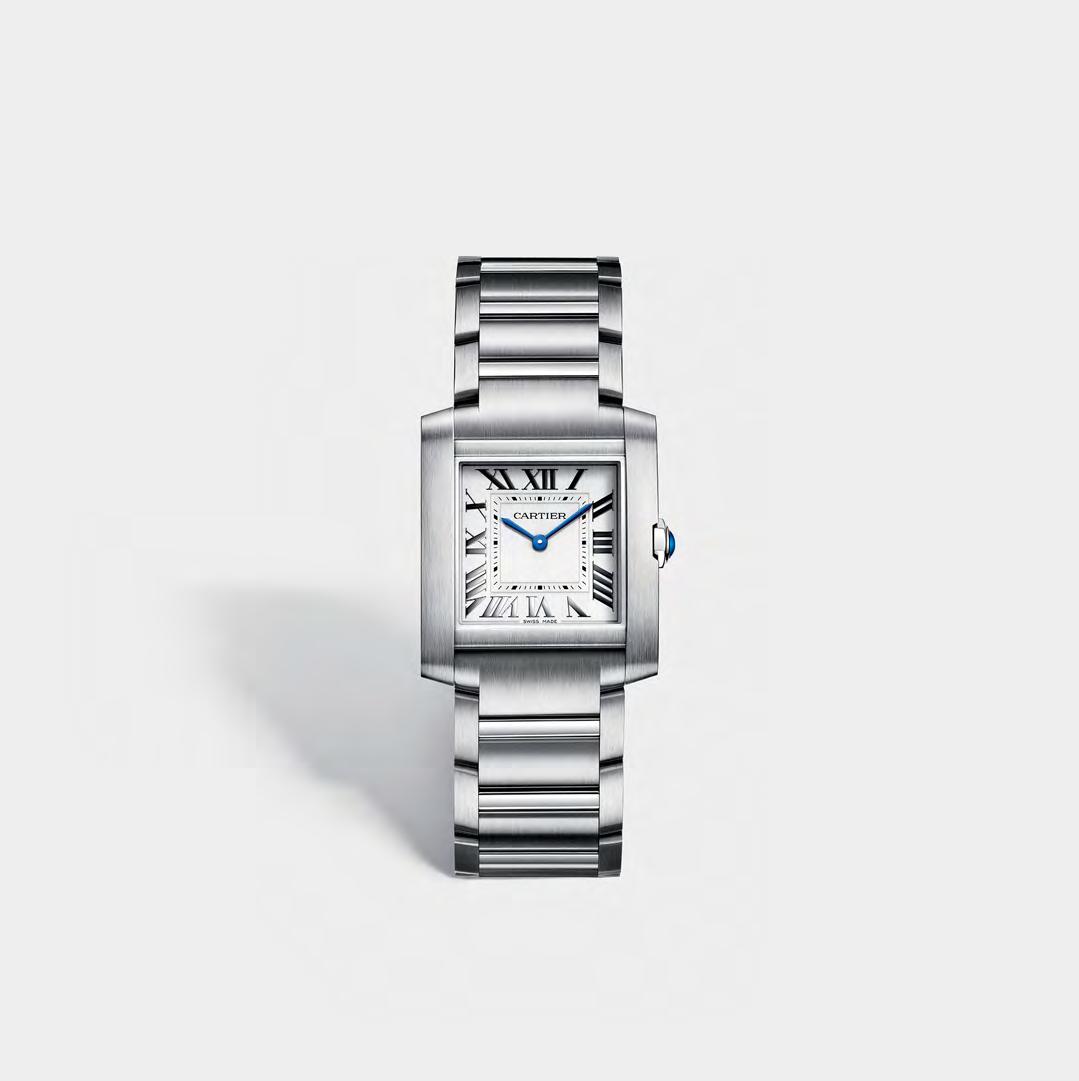
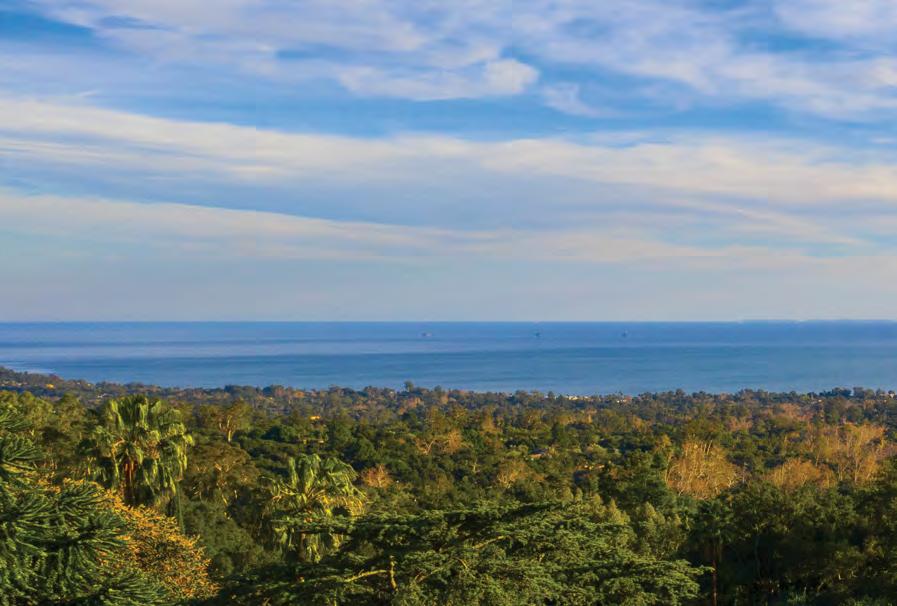
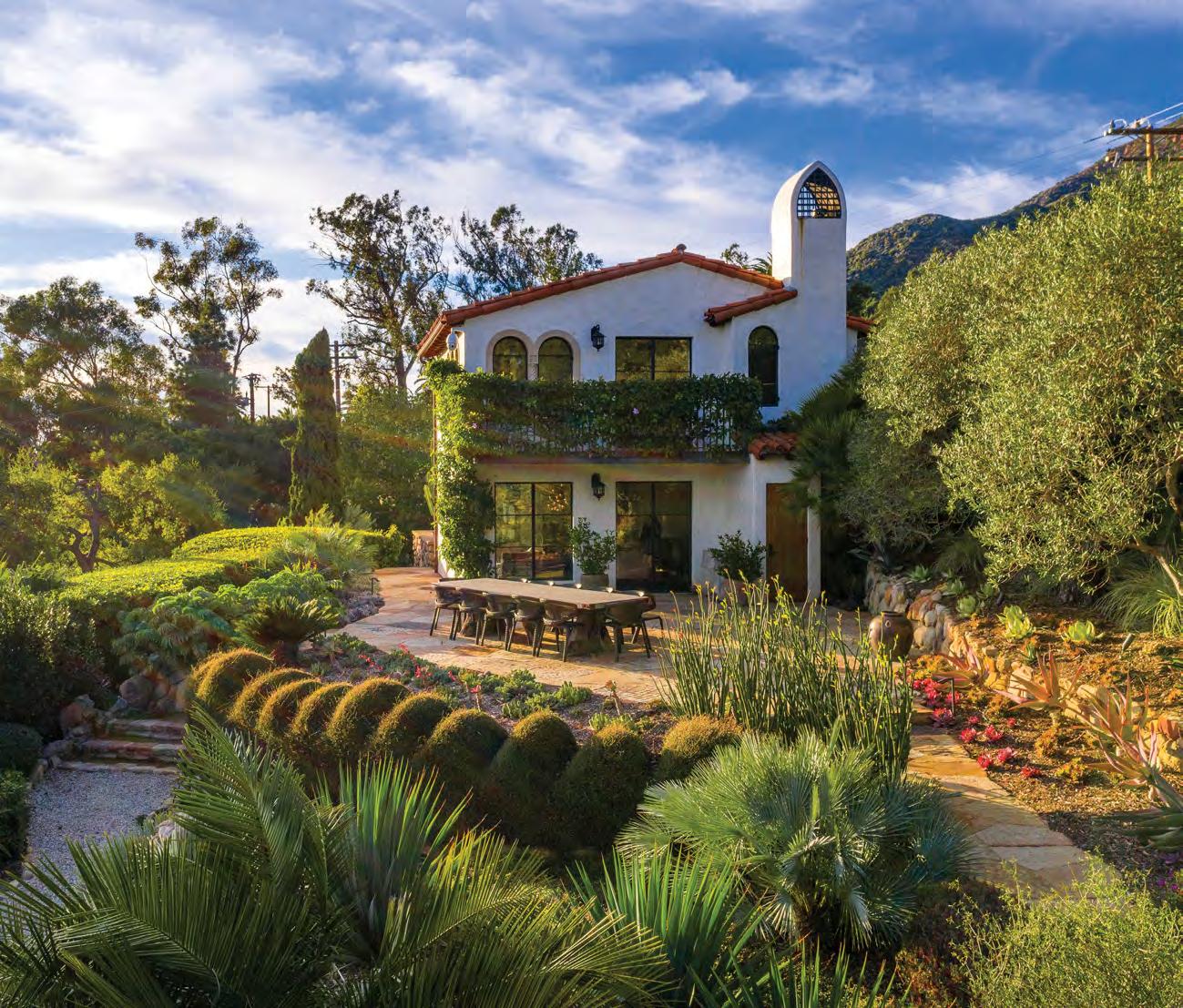
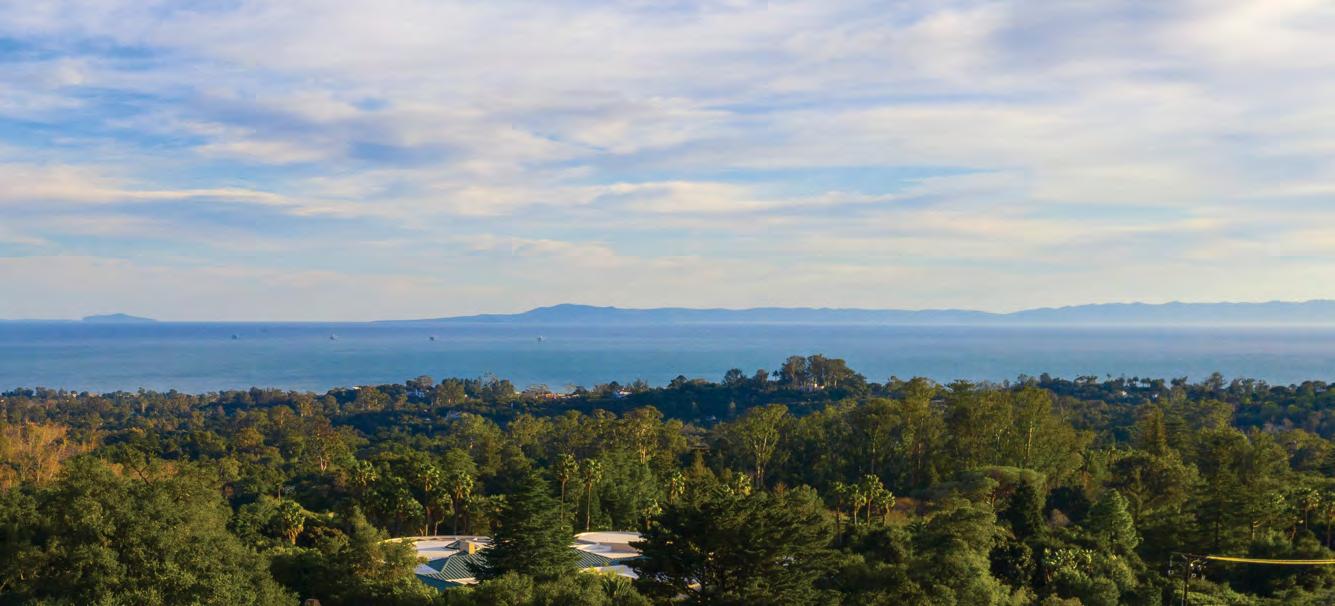

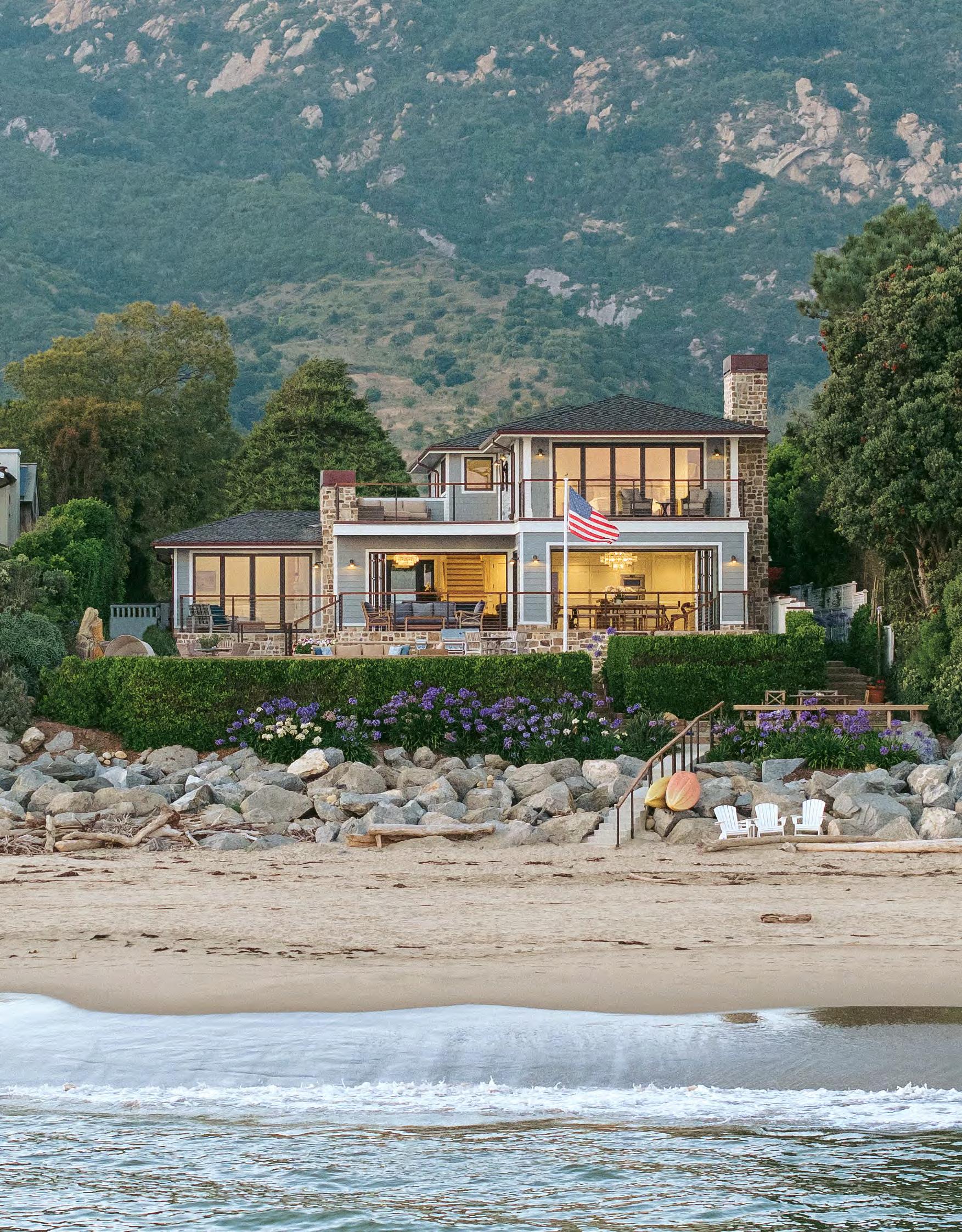
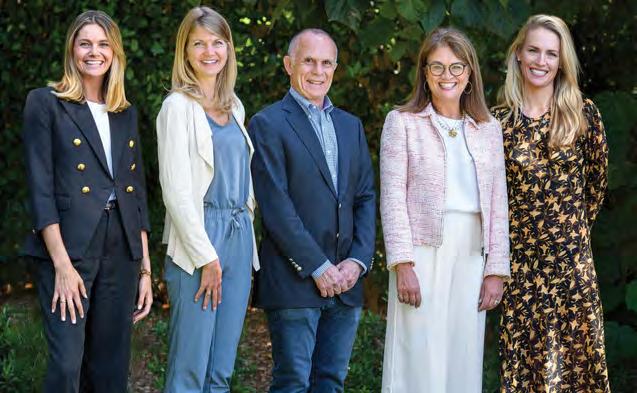


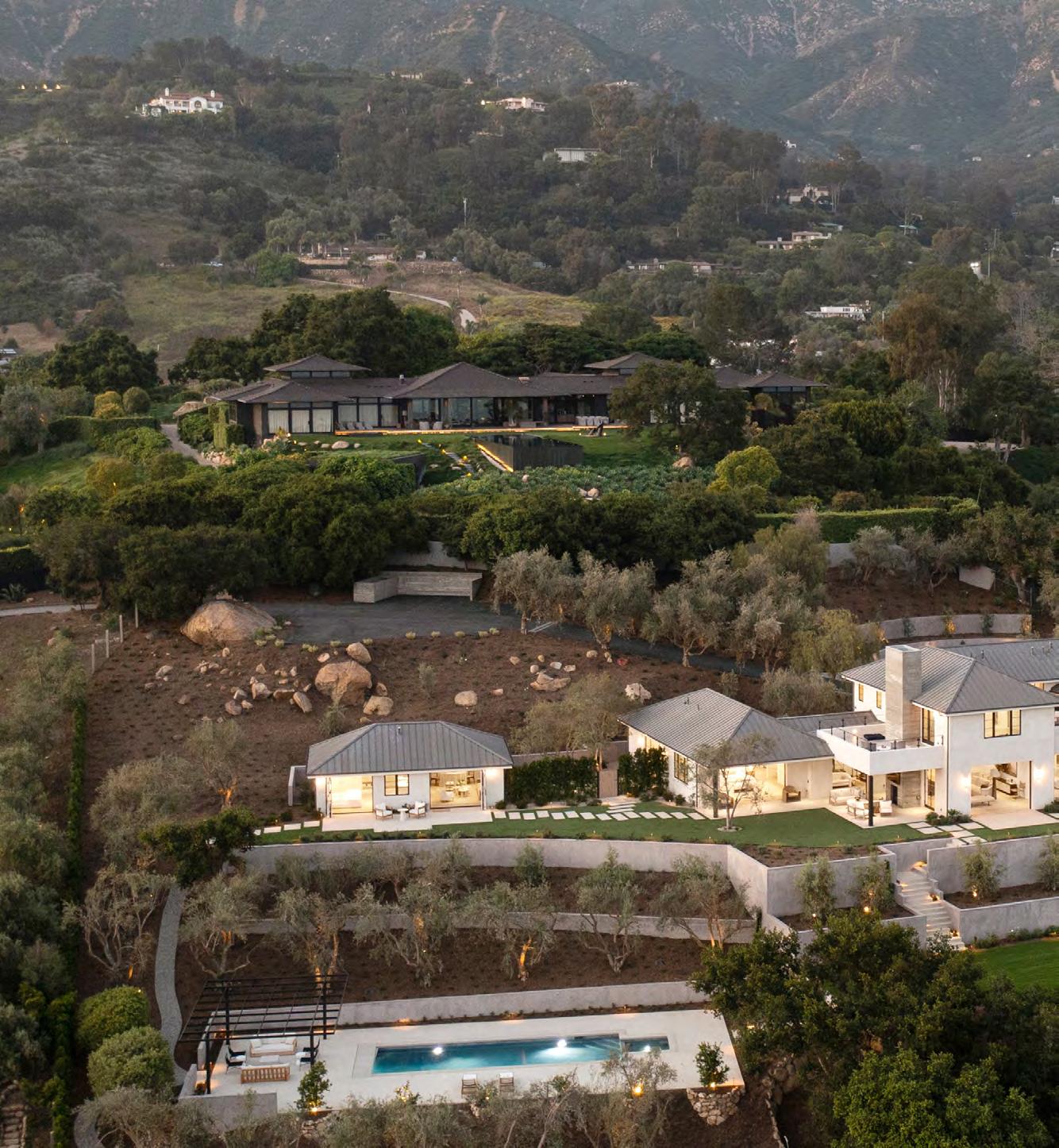
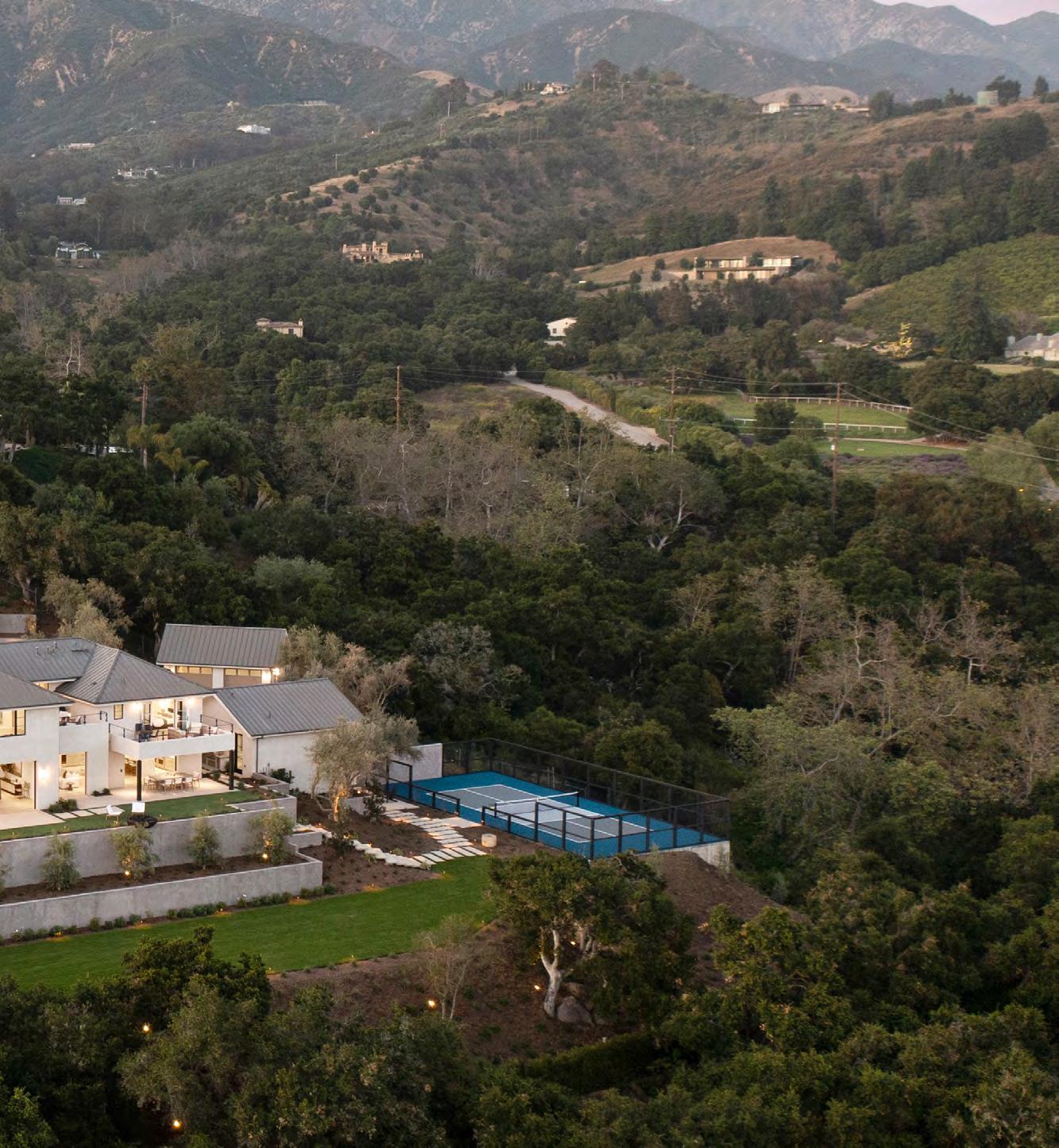


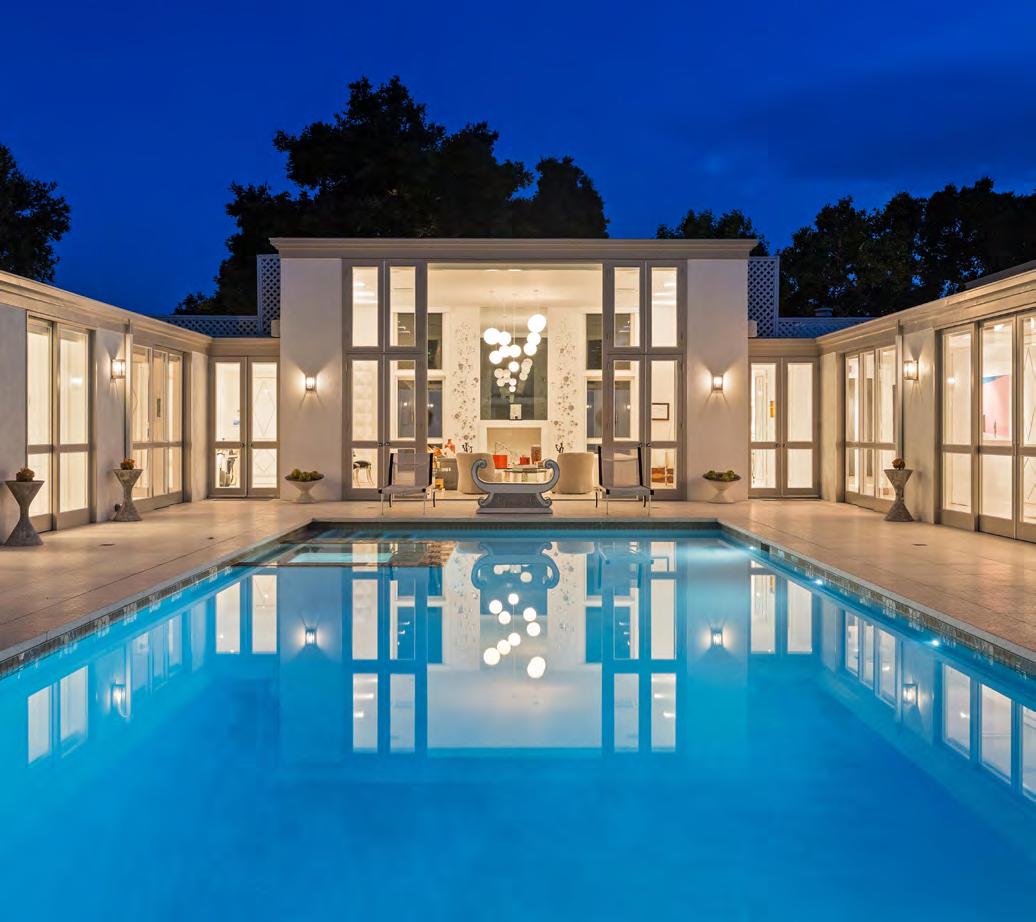
SUCCESS IS BORN THROUGH COLLABORATION. SERVING MY CLIENTS IS AT THE HEART OF EVERYTHING I DO.
As the top individual Santa Barbara real estate agent, and currently #1 among the more than 60,000 Berkshire Hathaway HomeServices agents in the prestigious firm’s 1,500 offices worldwide, I provide buyers and sellers a singular level of experience, expertise, personalized service, and the utmost discretion. It remains an honor to be your trusted real estate advisor and serve the community I live in. I am most grateful for the trust placed in me which enables me to continue to do what I love and give back to my community. Since 2021, I have donated over $150,000 to local charities to help support local organizations that promote health, education, community, and the environment. I look forward to my continued support of the community through my exclusive real estate sponsorship of the Santa Barbara Half Marathon.
AGENT IN SANTA BARBARA REGION MLS (BY SALES VOLUME 2020, 2021, 2022 and 2023)
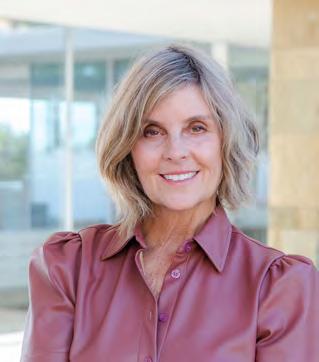
#1 AGENT GLOBALLY (AMONG 60K+ BHHS AGENTS)
#1 IN TOTAL CLOSED SALES (SINCE JOINING BHHS IN 2018) $1B+ DONATED TO LOCAL CHARITIES (2021, 2022 and 2023) $150K+




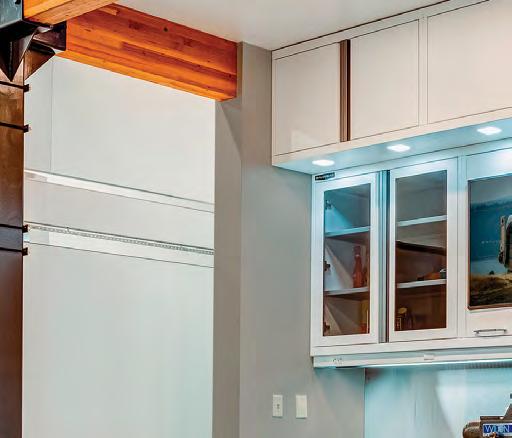
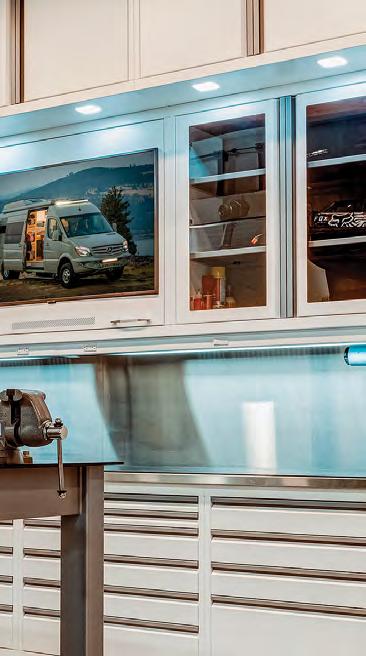
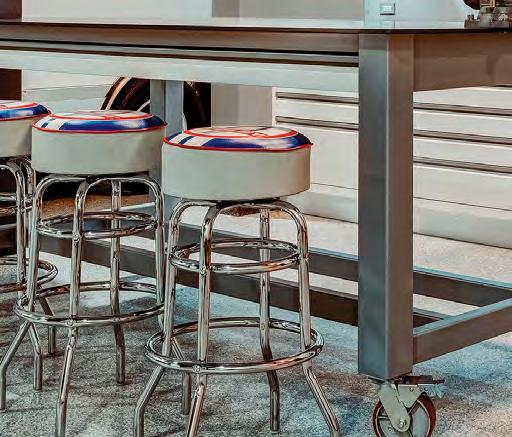
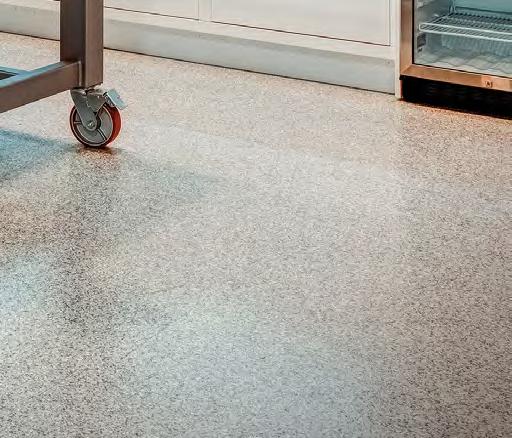

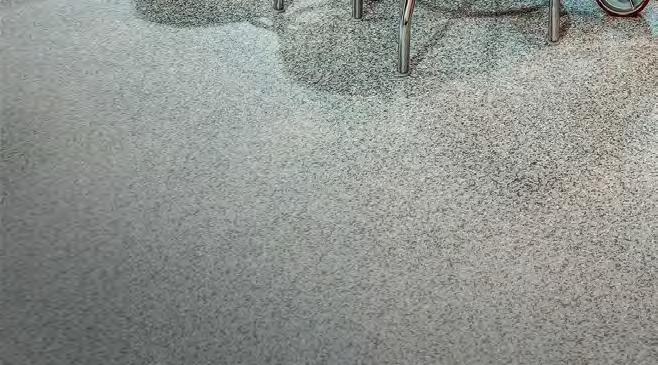


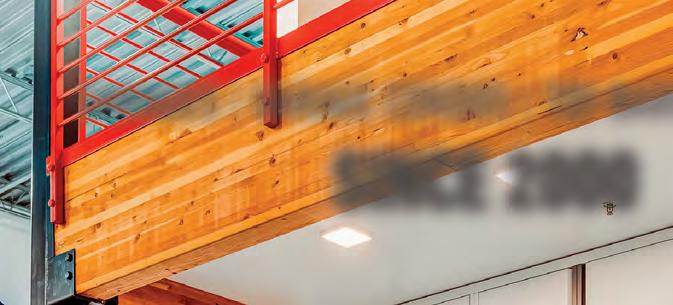
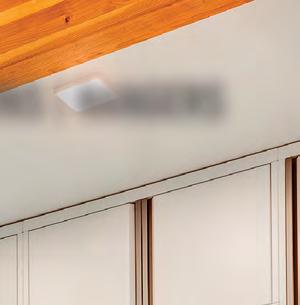
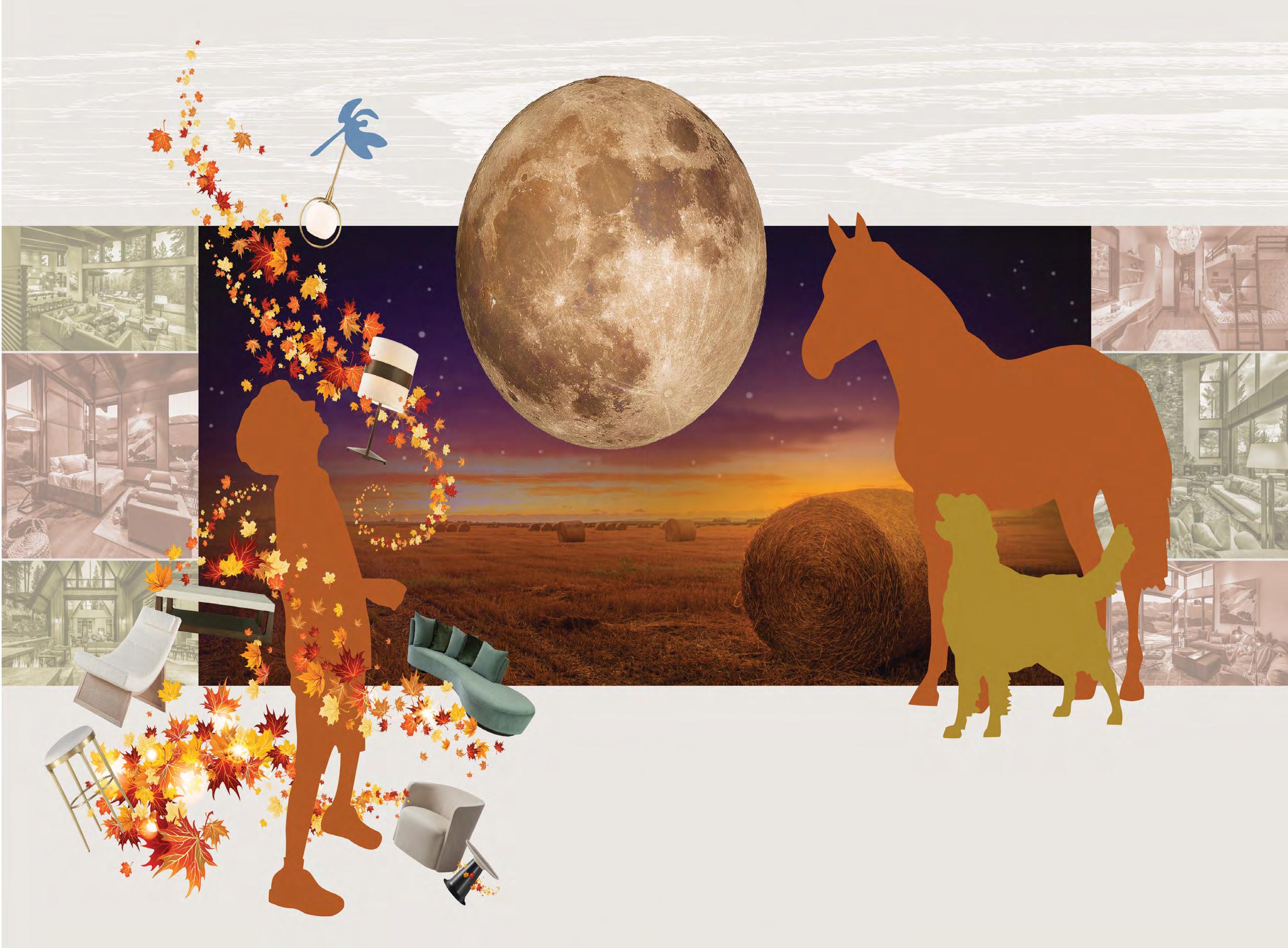









CEO Gwyn Lurie gwyn@montecitojournal.net
President & COO Tim Buckley tim@montecitojournal.net
The Riv Founder & Editor Les Firestein les@montecitojournal.net
Art Director Trent Watanabe trent@montecitojournal.net
Magazine Managing Editor
Gina Zondorak Terlinden
Design/Layout Assistant
Stevie Acuña
Director of Operations
Jessikah Fechner jmoran@montecitojournal.net
VP Sales & Marketing
Leanne R. Wood leanne@montecitojournal.net
(805) 284-7177
Account Managers
Tanis Nelson: tanis@montecitojournal.net
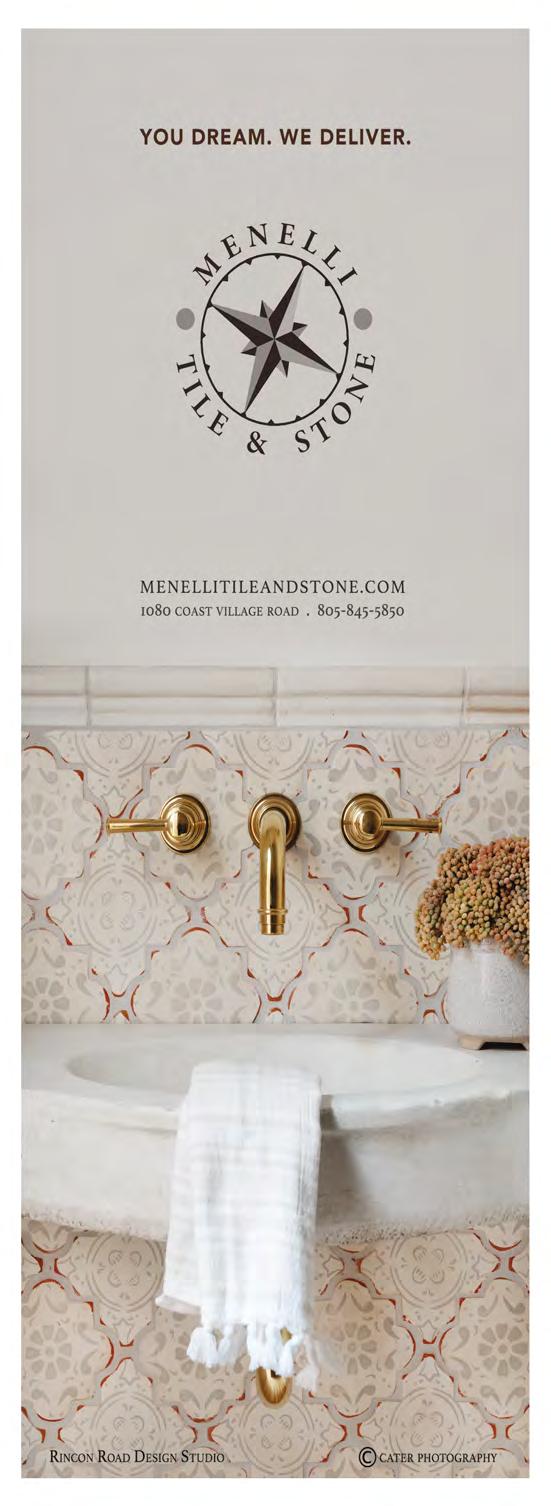
Susan Brooks: sue@montecitojournal.net
Elizabeth Nadel: elizabeth@montecitojournal.net
Bryce Eller: bryce@montecitojournal.net
Photography
Beau Dunn, David Parise, Cécile Plaisance, Kim Reierson
Contributors
Joe Donnelly, Lorie Dewhirst Porter, Nicholas Schou, Jeff Wing
For


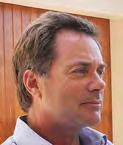



















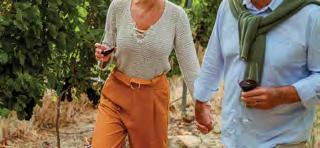



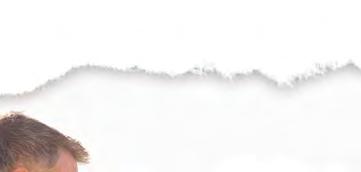
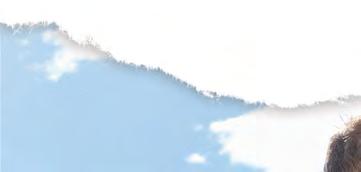

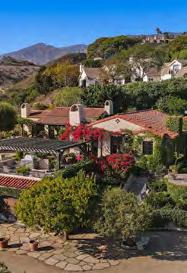
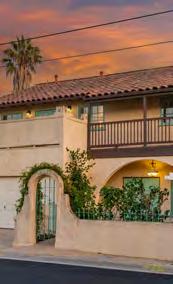
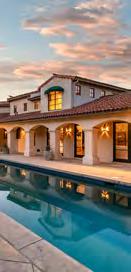

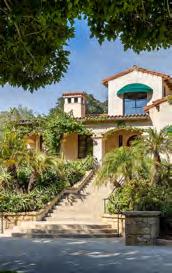
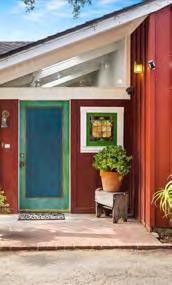
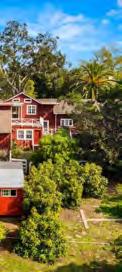


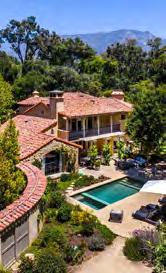
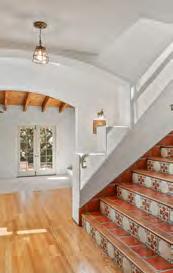

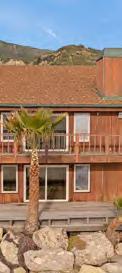


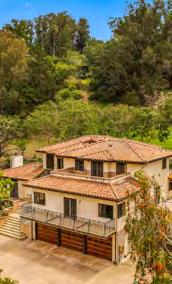
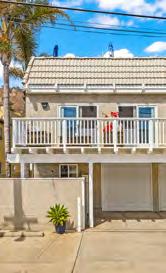
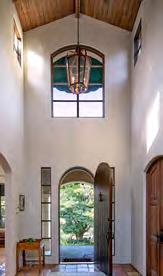
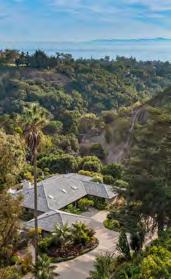
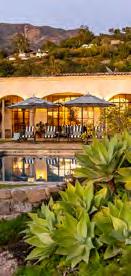
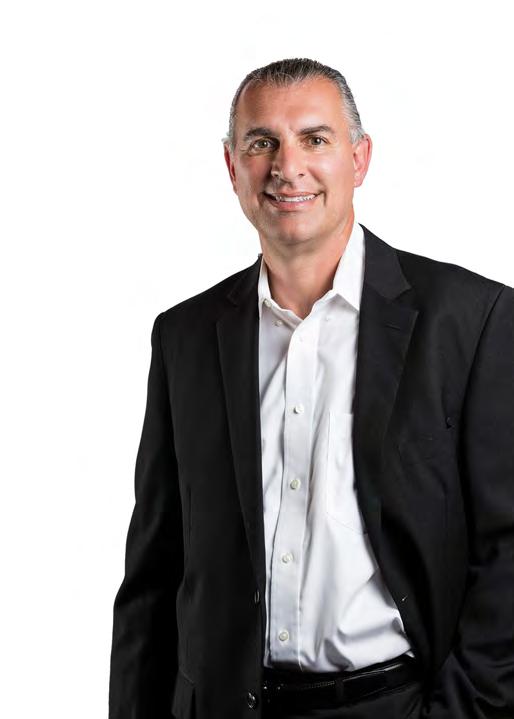
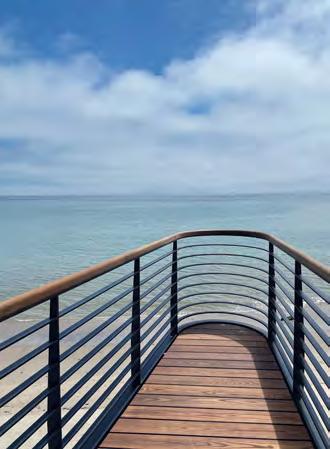








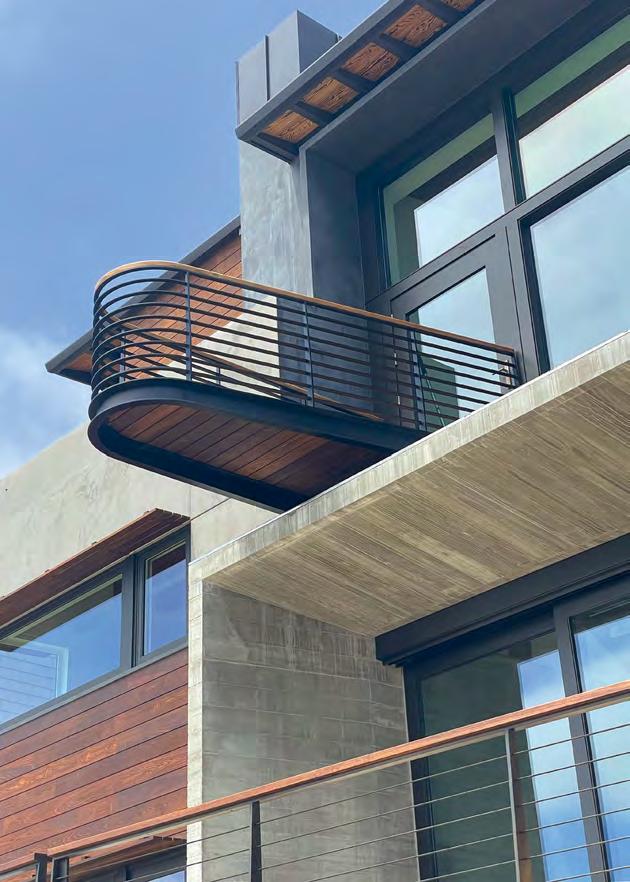





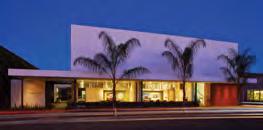
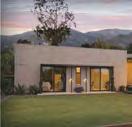









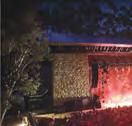
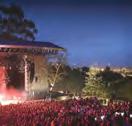
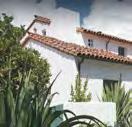
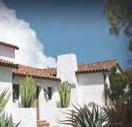
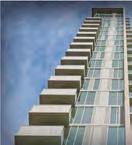
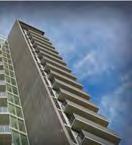



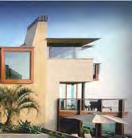

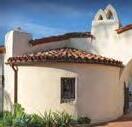
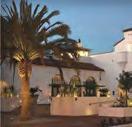
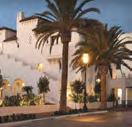
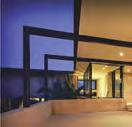
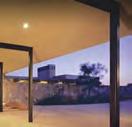
























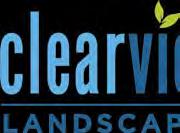

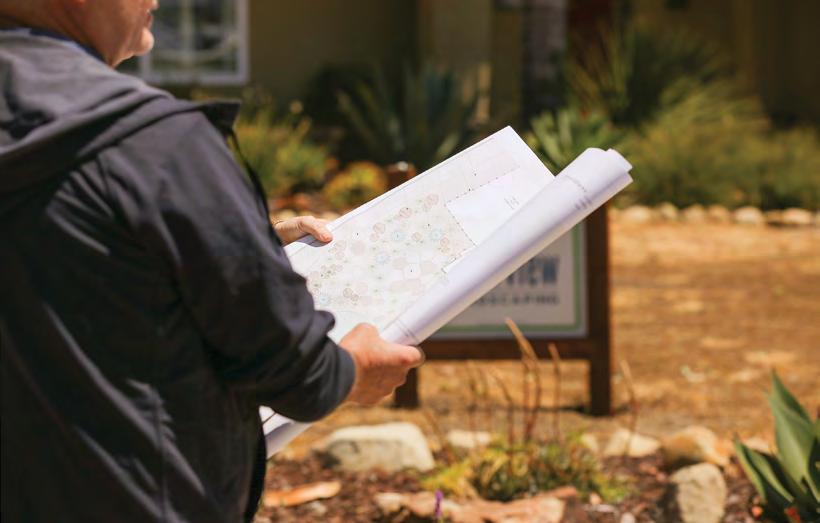

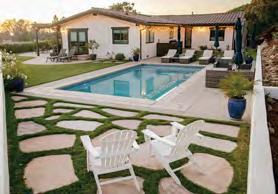

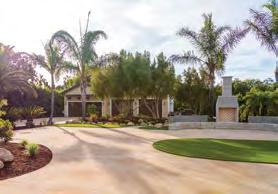
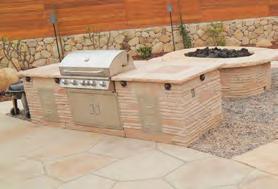


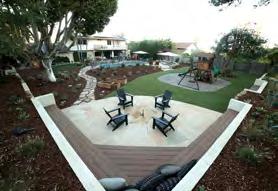
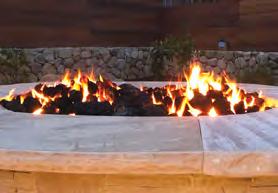
Peter Adams
Rebecca Arguello
Aldo Balding
Ann Shelton Beth
Bela Bacsi
George Bodine
Suchitra Bhosle
Eli Cedrone
Chris Chapman
Casey Childs
John Cosby
Steve Curry
Nancy Davidson
Rick Delanty
Camille Dellar
Ellie Freudenstein
Rick Garcia

Kevin Gleason
Derek Harrison
Wyllis Heaton
Ray Hunter
John Iwerks
Irene Kovalik
Mark Lague
Jeremy Lipking
Kyle Ma
Jim McVicker
John Modesitt

Craig Nelson
Michael Obermeyer
Jesse Powell
Ann Sanders
Eric Slayton
Matt Smith
Ezra Suko
Thomas Van Stein
Hsin-YaoTseng
Jove Wang
Nina Warner
Ralph Waterhouse
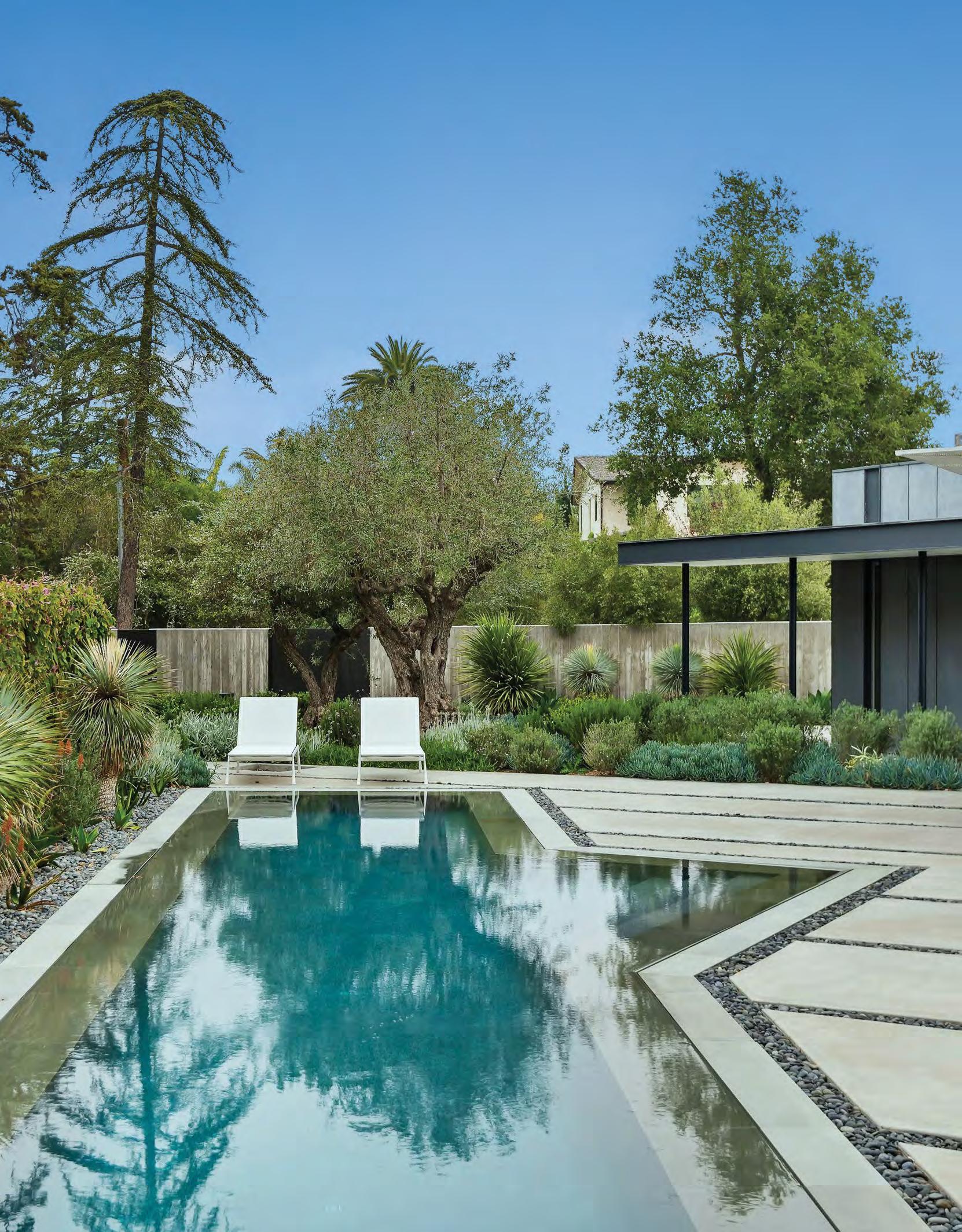




Nick Veasey is a celebrated contemporary artist whose chosen medium obliges him to work in a radiation vortex in the middle of a field. Why? Because Ordinary Life is a hidden treasure chest of weirdness the artist is pleased to illuminate. This requires enormous machinery, a barrage of invisible rays, and a two-ton protective door. Stop in for a cup of tea.
Paige Rense was the Anna Wintour of shelter mags. The former queen of Condé Nast was a kingmaker, design avatar, and paragon of style. Rense’s unlikely rise to the helm of Architectural Digest is a tale of self-invention made real, and the transformation of a dowdy niche publication into a global brand.
What’s at the core of Barbiecore? Barbie’s polypropylene ’do and expectant “Where’s the picnic?” expression suggest someone doing the Peppermint Twist on the wheel of history. On closer inspection, Barbie has been deliriously driving the zeitgeist since her introduction in 1959.
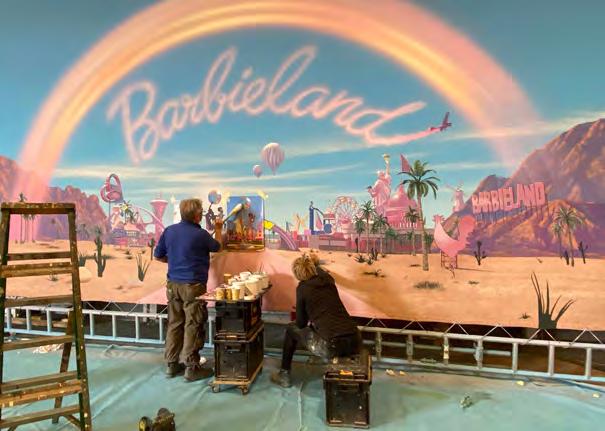
The design icon is coming in hot to Santa Barbara. From war-zone refugee to founder of Minotti Los Angeles, Mary Ta’s arc would be called unlikely – but for her prescient childhood discovery of paint, embraceable spaces, and the need-answering spirit of nature herself.
Holistic, innovative, and possessed of uncanny intuitions, the aptly named Two Trees Architects sees “home” as a lovely and integrated feature of the surrounding environment. From classic village cottages to contemporary mountain overlooks, Daniel Longwill discusses harnessing nature’s largesse in the pursuit of a calming luxury.
Brighten Solar’s founders hail from the place whose so-called French Riviera was likely nicknamed after our beloved American Riviera – a chicken and egg thing whose sequence isn’t entirely clear. But the couple see in solar tech a promise of endless renewable energy, and participation in the fever dream that birthed their adoptive country – independence from a controlling authority.
Someone once said, “Every once in a while, I visit my storage space. It’s like a prison visit. You pass through a series of coded security portals and find the cage where your stuff is being held indefinitely like a political prisoner.” Now that Marie Kondo has finally succumbed to clutter, real advice to get you from hoarder to order.
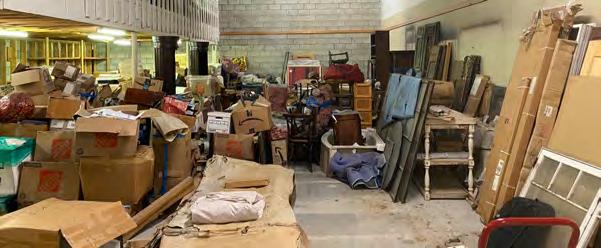


Yimeng Yu’s sartorial statements defy space, time, and gravity – and that’s just for starters. Marrying human imagination to virtual algorithmic whimsy, Yimeng Yu’s surrealist designs may well be tomorrow’s prêt-à-porter. The fashion futurist explains the intersection of the virtual, the actual, and the fabulous – and how AI may soon be enlisted as one’s personal dresser.
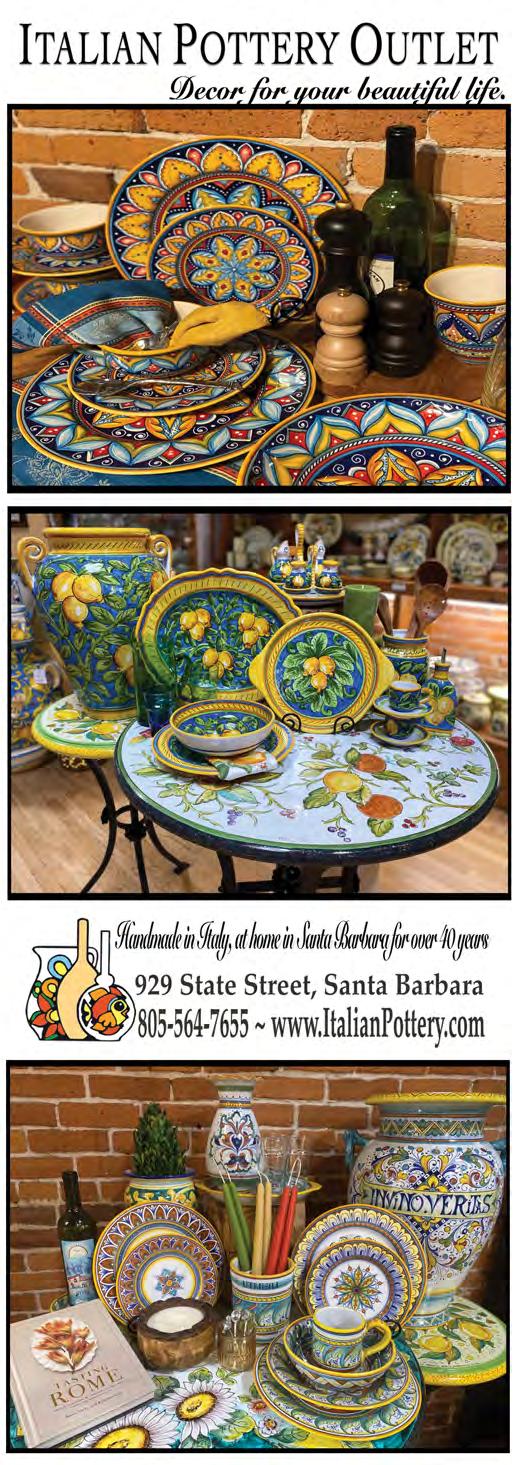
Some of Wade Weissmann’s most iconic SoCal homes are also his best-kept secrets. Thank his discriminating clients for that. But Weissmann’s Home-as-Heirloom sees in one’s domicile a lasting legacy that connects and embraces generations. Having tastefully flown under the radar for some 25 years, Weissmann’s sought-after work is beloved by clients and architectural cognoscenti alike.
Ground Studio Landscape Architecture’s sustainable designs do more with less. Working hand in glove with area arborists and biologists from the project’s very outset, Ground Studio leverages the local ecosystem to inspire stunning and defensible legacy landscapes. Partner Chris Merritt discusses the unique joys of Montecito flora and the idea of stewardship.
A shortlist of blue-chip architects, interior designers, craftspeople, and more. Masterpiece Makers celebrates those creatives who settle for nothing less than the summit. Impeccable craftsmanship and beauty result from wholehearted artisanal dedication. And we’ve got proof.
Whether located on the sparkling shoreline, in green, mountainous valleys, or a stone’s throw from whatever “downtown” you fancy, a plethora of dream homes (and a few vacation rentals) await. If all you need is four walls and a sale-priced ottoman, you may want to look elsewhere. If your taste runs to stunning structures that quicken – and then melt – the heart… read on.
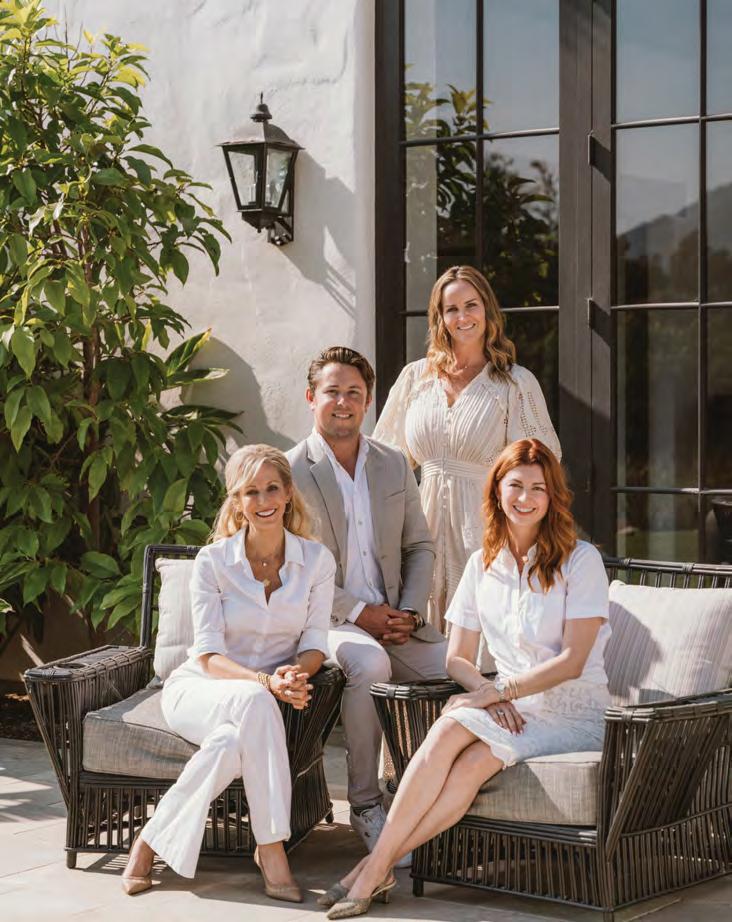
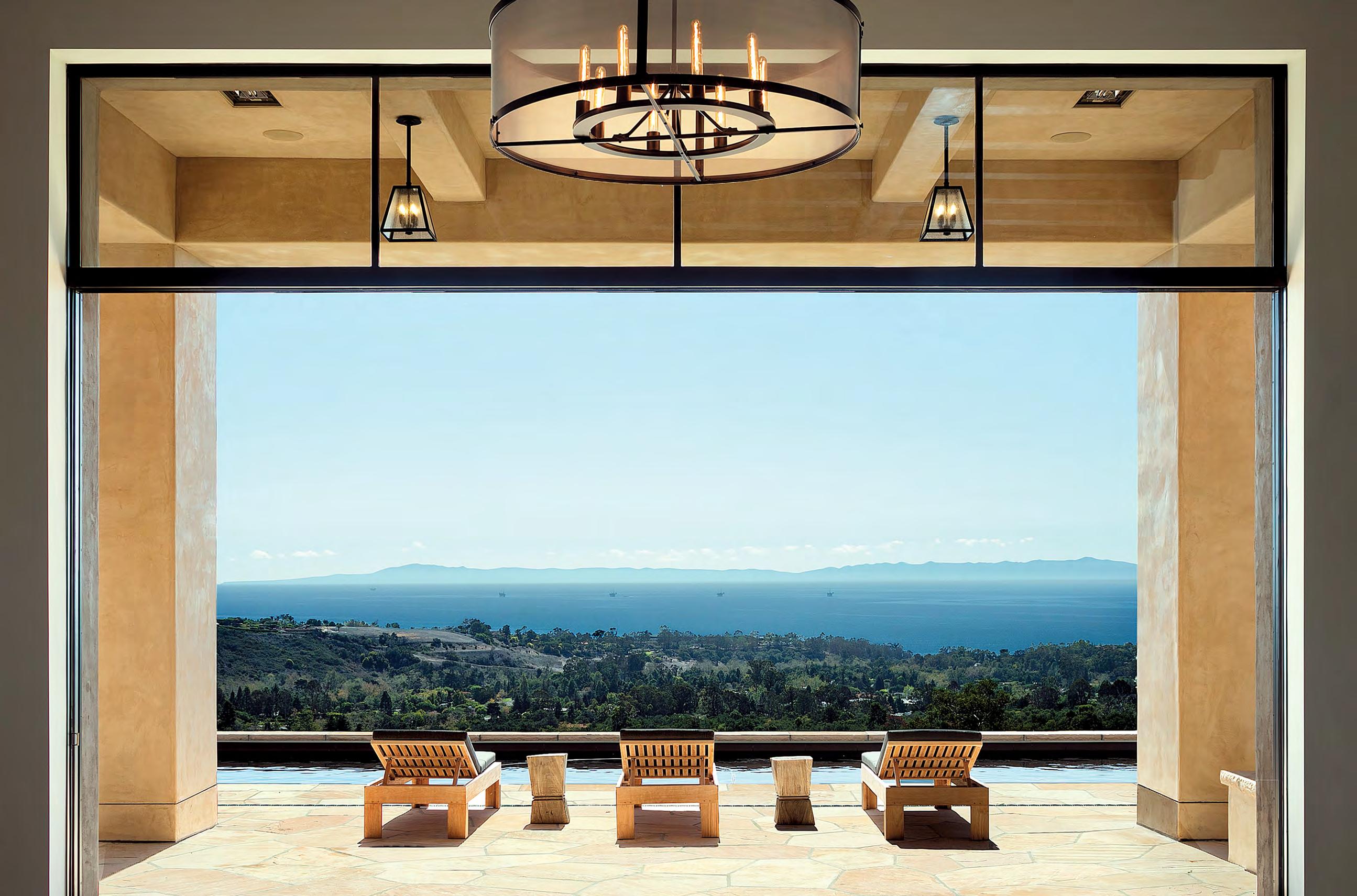
BUILDING PEACE OF MIND

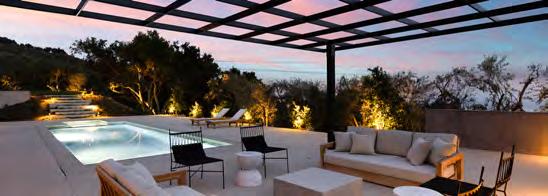
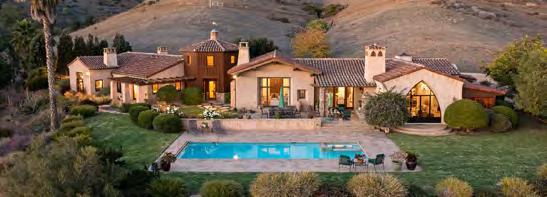
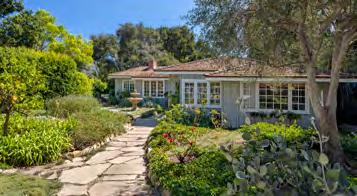
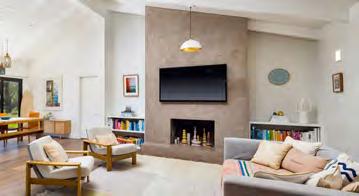
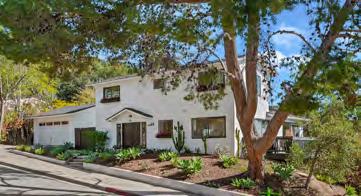
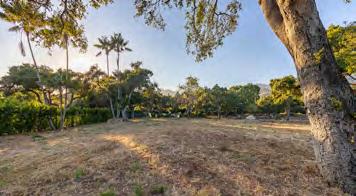
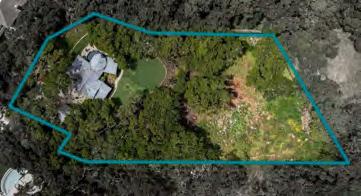
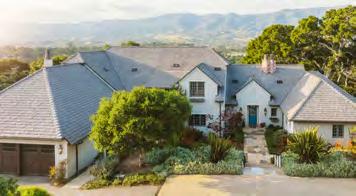
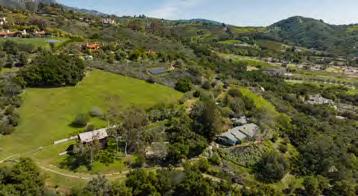
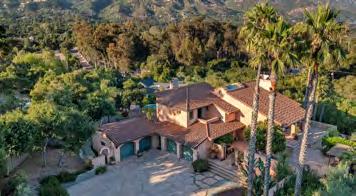
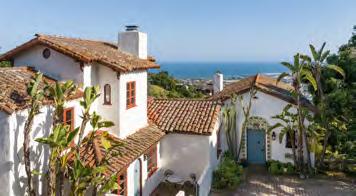
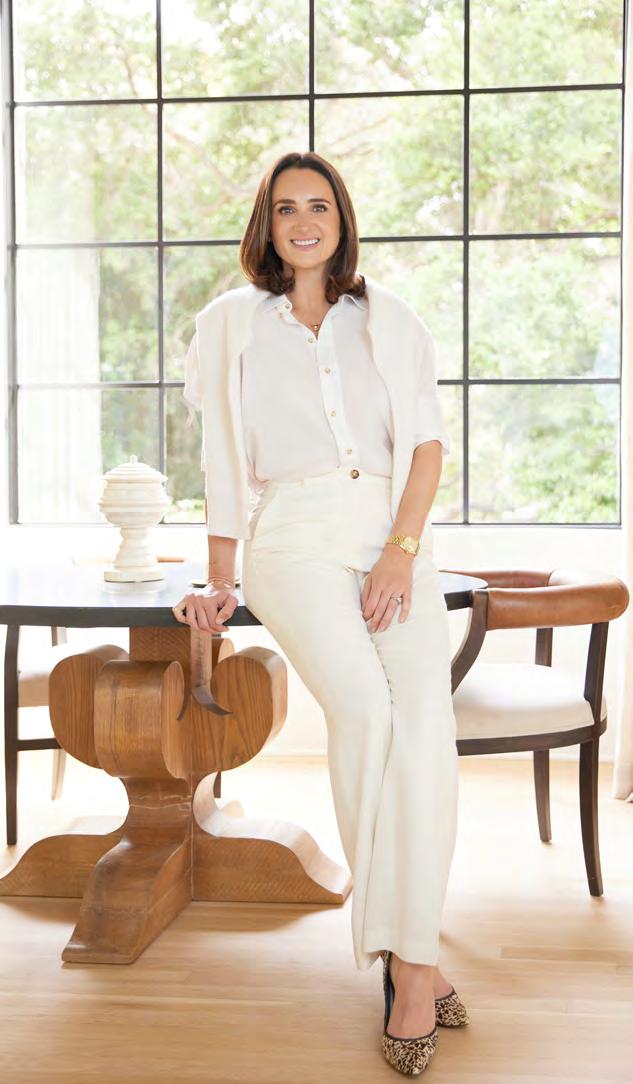
CRYSTA
805.453.8700


Crysta@CrystaMetzger.com
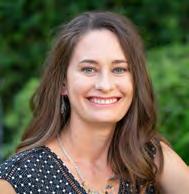
CrystaMetzger.com


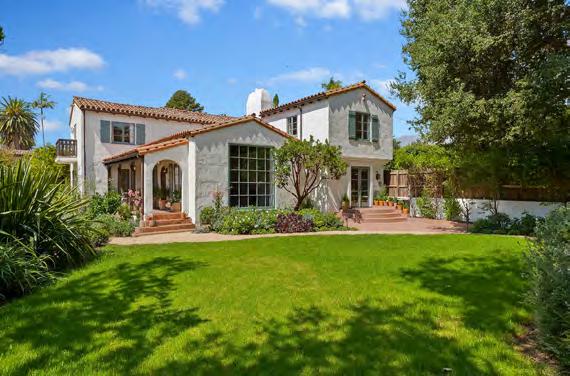
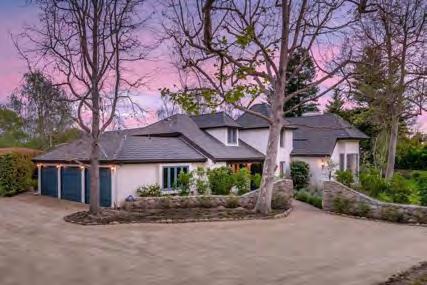
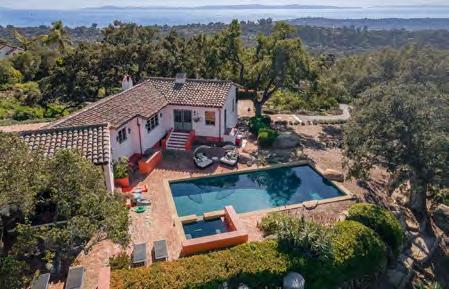
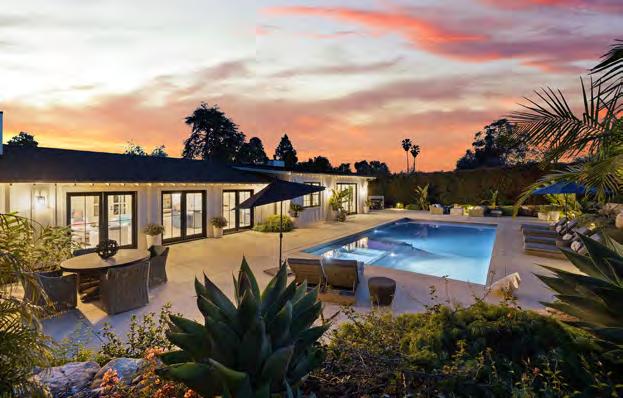
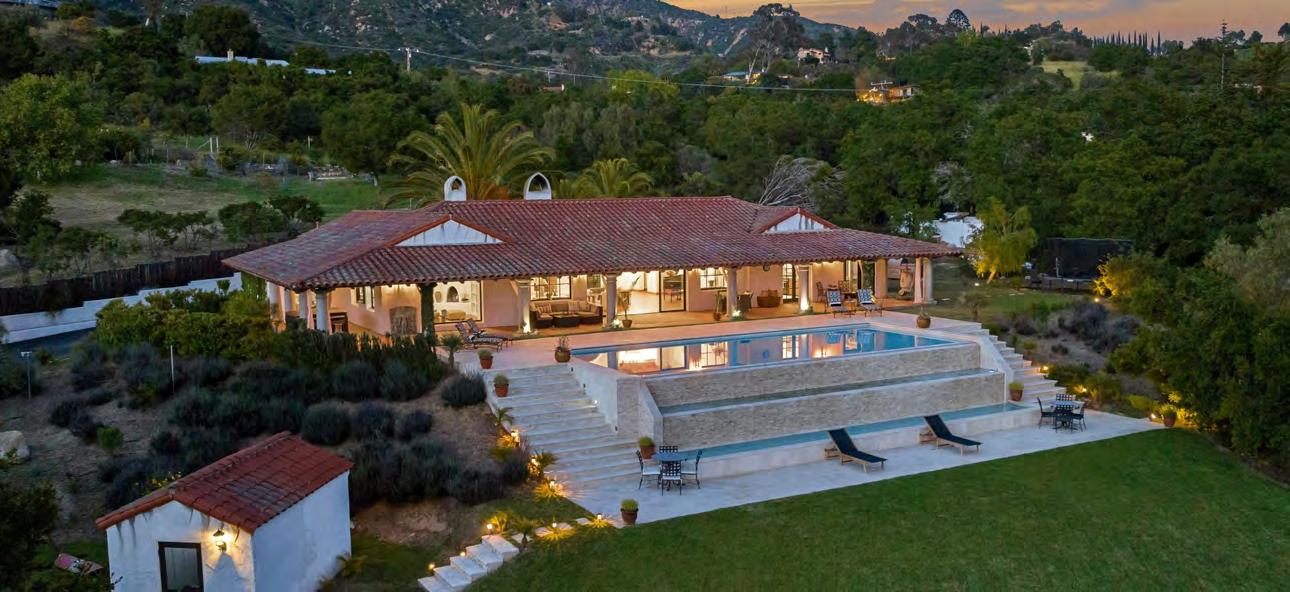
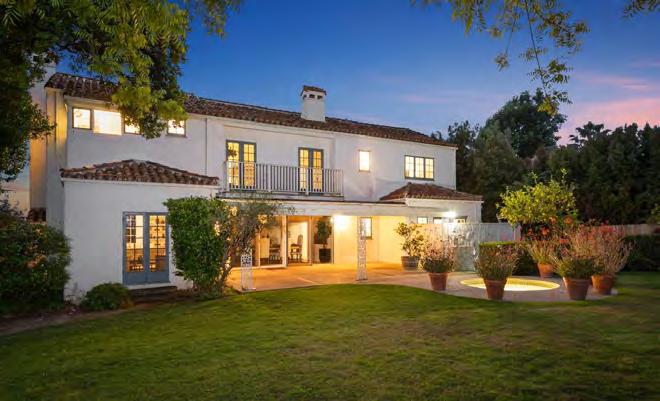



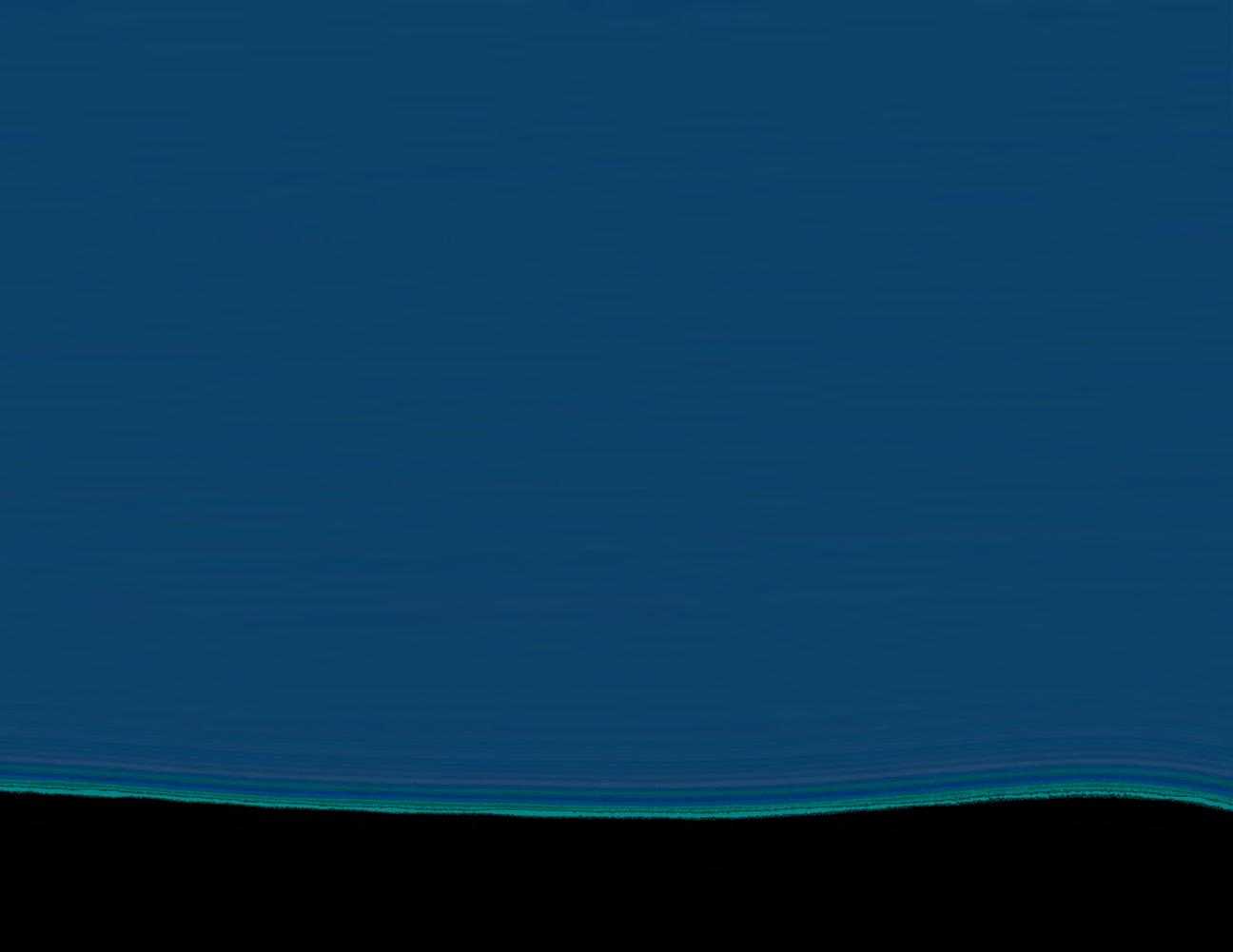

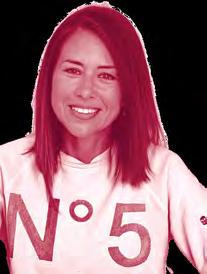
Cécile Plaisance’s photography is informed by ideas ranging from the difficulty of being a woman to the tyranny of religions to the need to enjoy and beautify our lives. In her photography, she uses universal emblems such as Barbie as well as icons of the cinema and the catwalk. She is represented around the world (Paris, New York, Miami, London, Geneva, Los Angeles, Dubai, Hong Kong, etc.) by various galleries, and her photos are displayed in private and corporate collections as well as in several museums.
Joe Donnelly is an award-winning journalist, writer, and editor. He is currently a lecturer of English and journalism at Whittier College and the editor of Red Canary Magazine. His latest book is God of Sperm: Cappy Rothman’s Life in Conception (Rare Bird Books).
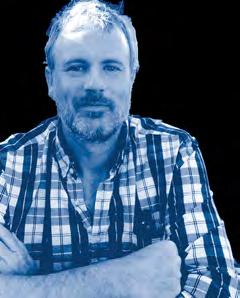
Kim is a California native who was raised in Bolivia. After graduating from UC Santa Barbara with a B.A. in fine arts, she worked as a photojournalist for various newspapers, winning several awards. In 2000, she moved to New York City, where the Robin Rice Gallery has represented her since 2001. Her work has been exhibited nationally and internationally, and her clients include Art and Auction, Ralph Lauren, Vogue Mexico, and more.
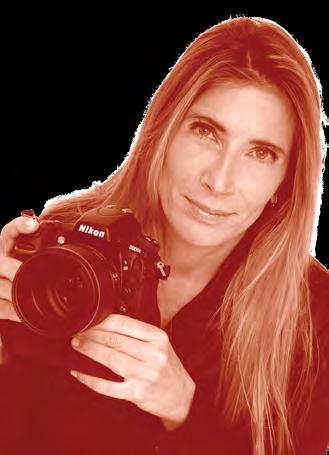
Lorie Dewhirst Porter writes about things that fascinate her: architecture, art, culture, and creative people. Her work has appeared in various publications and she is the author of Montecito Style: Paradise on California’s Gold Coast (Monacelli Press) photographed by renowned photographer Firooz Zahedi.
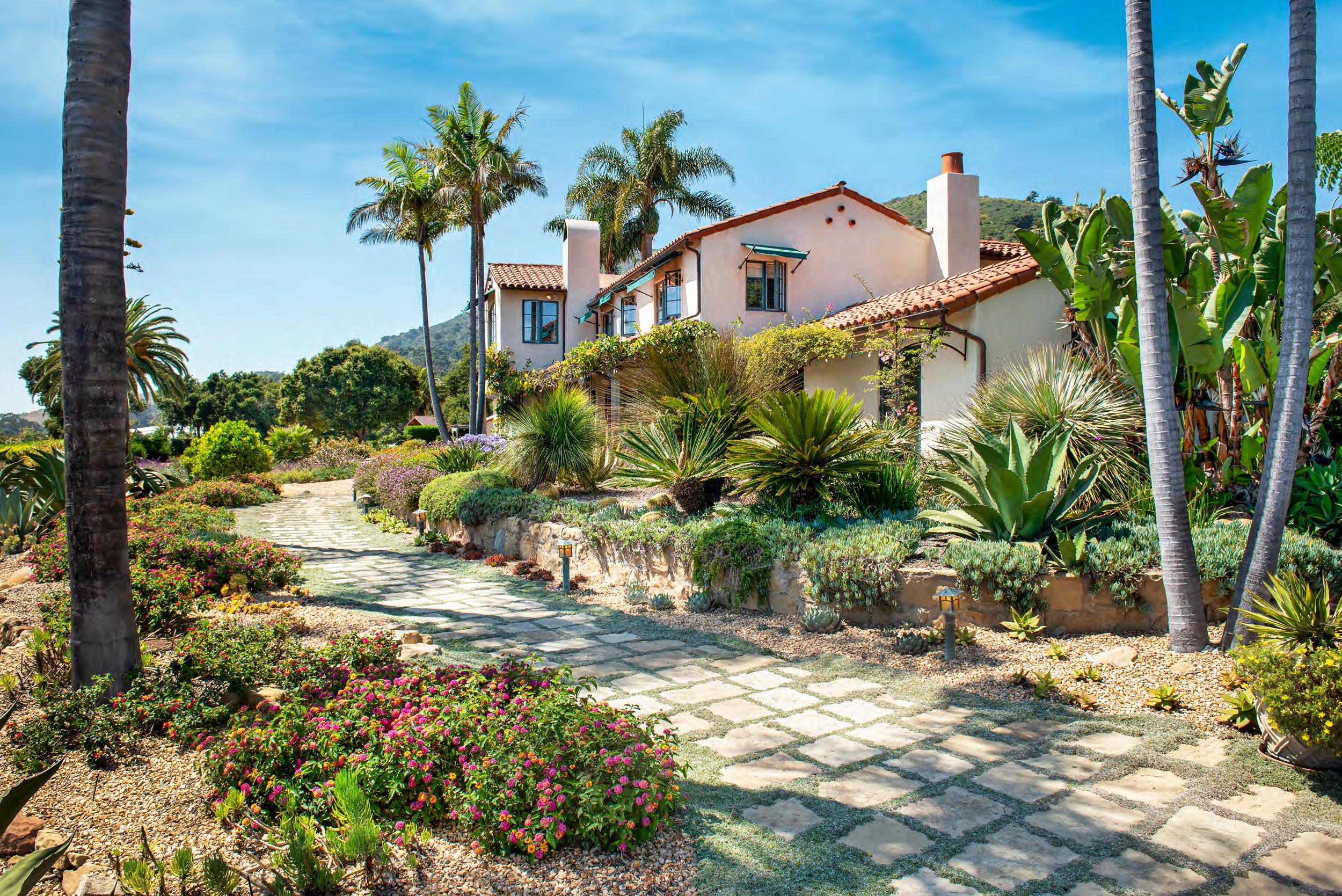
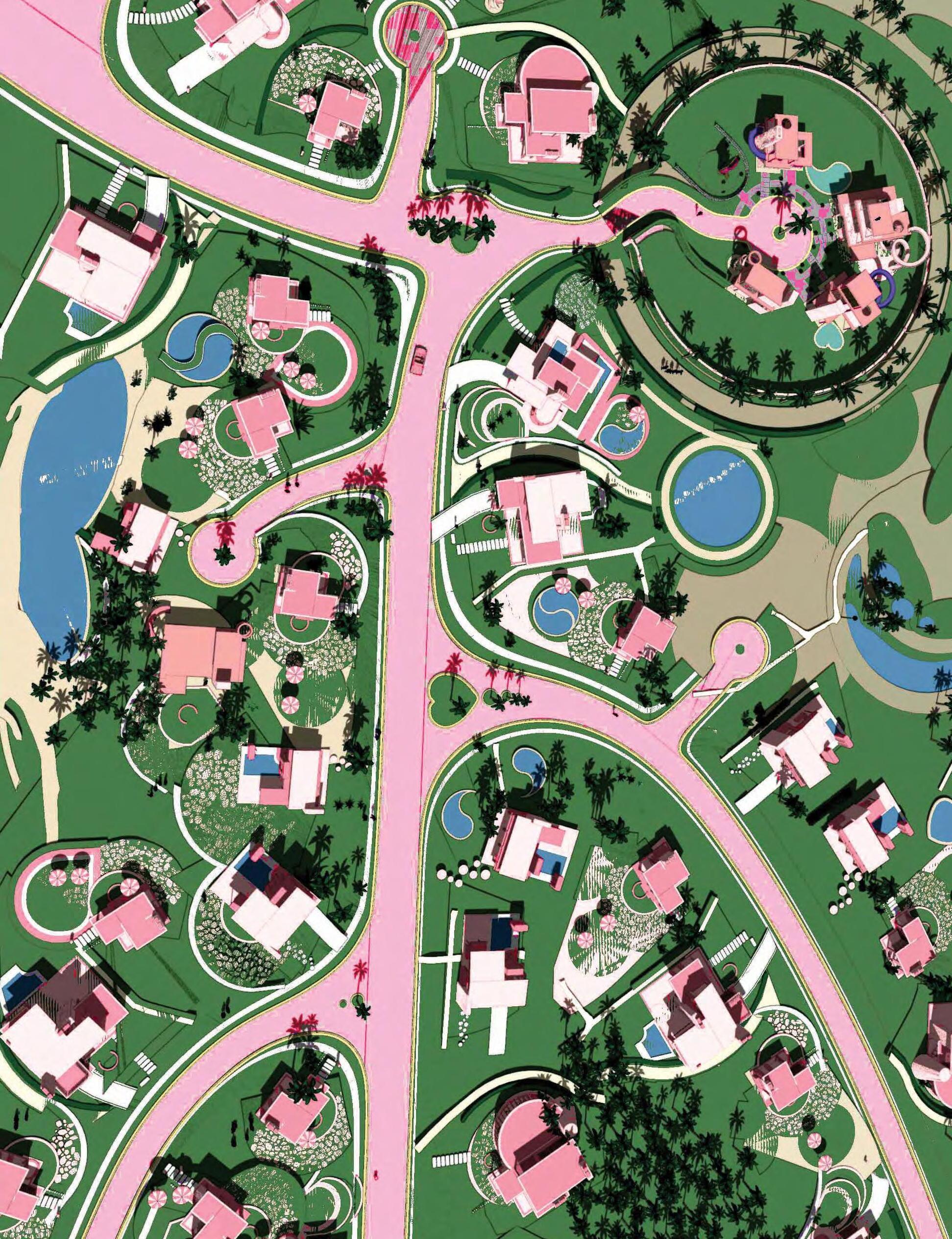
(Photo by Assassi Productions)
The former editor-in-chief of OC Weekly and an investigative reporter, Nicholas Schou’s work has led to the indictment and imprisonment of a Huntington Beach mayor. Schou’s work has appeared in numerous publications including The Atlantic, Newsweek, Salon, The Observer, The Guardian, and the Los Angeles Times. He is also the author of several books including Kill the Messenger: How the CIA’s Crack-Cocaine Controversy Destroyed Journalist Gary Webb.
David Parise has been photographing vintage Barbie and Ken dolls for the last 15 years. He loves miniature and the look and style of the 1960s dolls. His work has appeared in Huffington Post, The Daily Mail UK, BuzzFeed, Atlas Obscura, and Sabato.
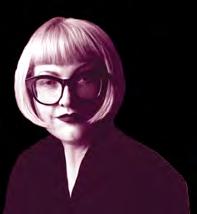
A Santa Barbara-based freelance typist and profound sports ignoramus, Jeff knows Life® as a variously charm ing and macabre kaleidoscope whose dazzlingly mysterious patterns may be decipherable through extensive overwrit
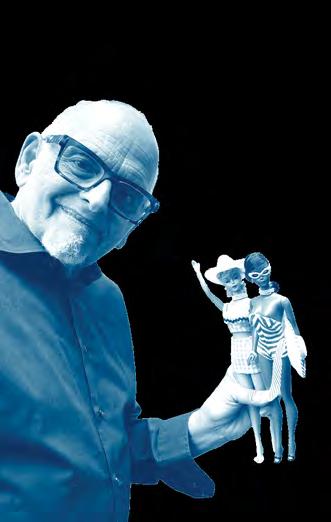
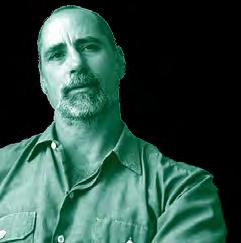





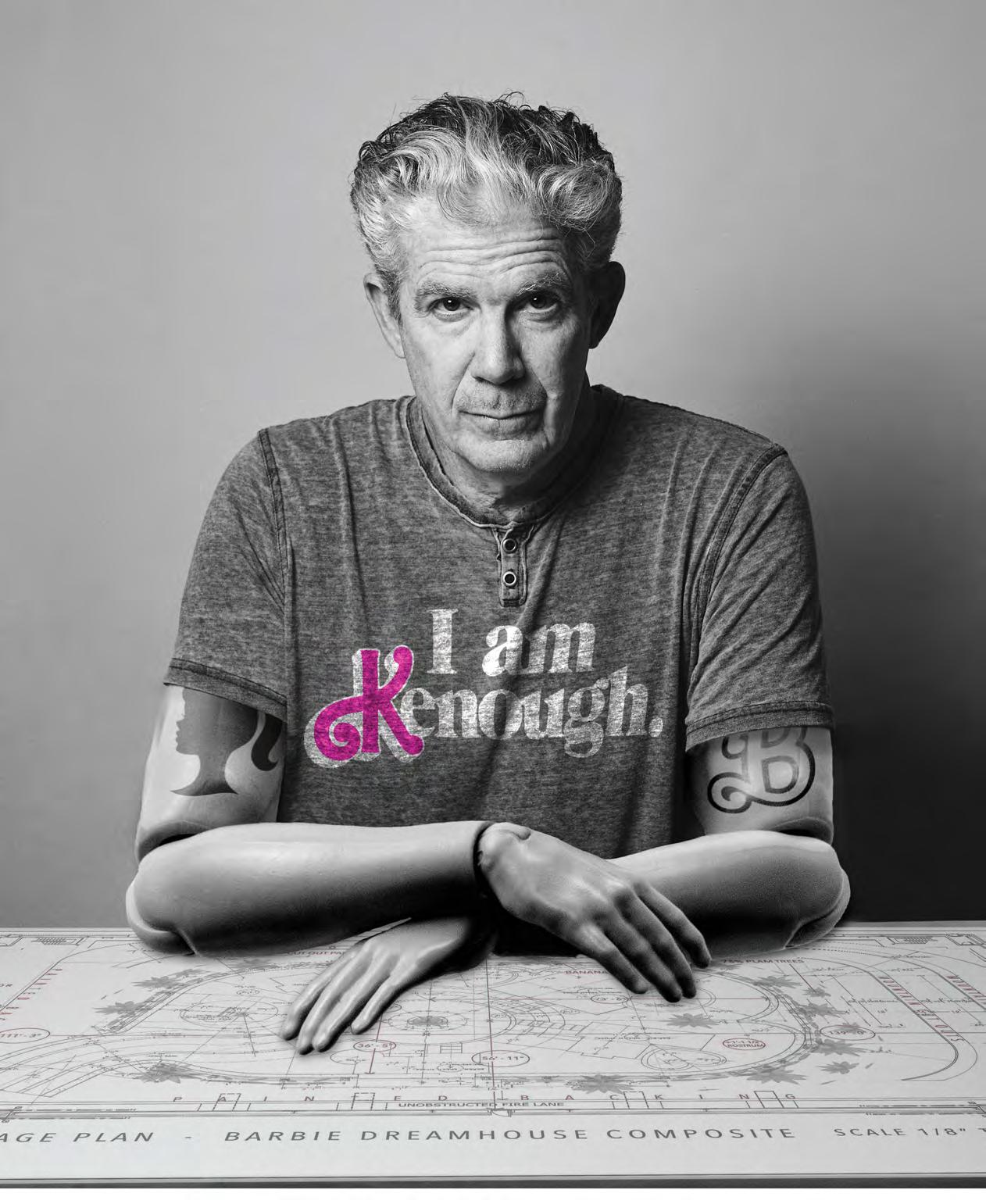
We’ve always known there’s more to Barbie than meets the eye – but we weren’t sure exactly what sort of treasure trove she’d turn out to be. Riviera based, we knew Barbie could surf. But we didn’t know she’d surfed all four waves of feminism. She’s complicated, our Barbie!
We were stunned to learn of so many divergent forces at work behind her: that Barbie’s look was deeply influenced by an actual ballistic missile engineer at Raytheon… and also by World War II bombardier nose cone artists. And who even knew dollhouse bomb shelters were a thing? Turns out Barbenheimer’s been around for more than a year. More than 50 years in fact.
We’re so grateful to so many who helped with our Barbie design story, with special props to the fascinating doll artist Laurie Simmons, and of course the Barbie production designers Sarah Greenwood and Katie Spencer. Thanks for the behind-thescenes photos, ladies! We are 100 percent certain we’ll see you again come Oscar time.
More Riviera royalty we loved learning about was Paige Rense, the four-decades editor of Architectural Digest, who lived here and even had a store on Coast Village Road. Like Barbie, Rense had a BIG back story we weren’t expecting – let’s just say the one-time queen of shelter grew up anything but sheltered. And not very formally educated. The piece is written by Lorie Dewhirst Porter, another epic journalist of design.
Then there’s our piece on my personal nightmare sojourn with storage. Coming on the 10th anniversary of Oprah’s personal charity auction at the Santa Barbara Polo & Racquet Club that raised so much money for her leadership academy… I had no idea that 10 percent! of all Americans rent storage… or that it would make me feel so euphoric to get rid of mine. My brother and I grew up with so much clutter, we thought The Addams Family was a reality show.
On a certain level, my sordid storage saga is embarrassing, but I was gratified (and horrified) to learn that I have a lot of wellknown company. An editor here suggested I total up how much I’ve spent on storage over the course of my life; unfortunately, we need to get this issue off to the printer and can’t do that with me curled up under my desk in the fetal position.
Finally, a big shout-out to our great photog Kim Reierson and the local philanthropist Belle Hahn. Kim’s talent is only exceeded by her “uppage” for anything. Same for our Barbie model, the heavenly hyphenate Belle Hahn, who has taken the
Jessica Alba at her storage unit with her family. Some unsolicited advice: Throw out that foot massager now.
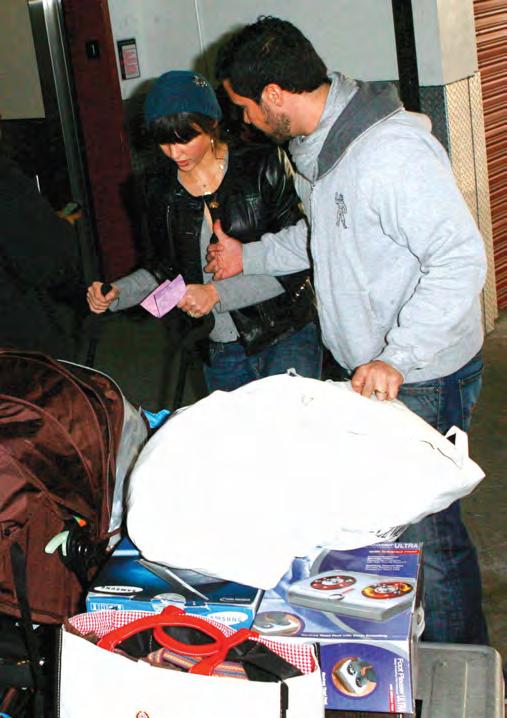
Music Academy under her wing and deeply supports that other pink house known as Lotusland – a place which has been female-driven since forever.
Be sure also to check out Nick Veasey’s epic shots of surfboard-bedecked Land Rovers and VW campers. These are not your normal shots of Riviera life – perhaps that’s why we love them so much!
Les Firestein, Founder and Editor, The RivThe Barbie design team, headed by Production Designer Sarah Greenwood and Set Decorator Katie Spencer, was kind enough to share with us candids from the movie. We liked this shot so much we made it our cover.
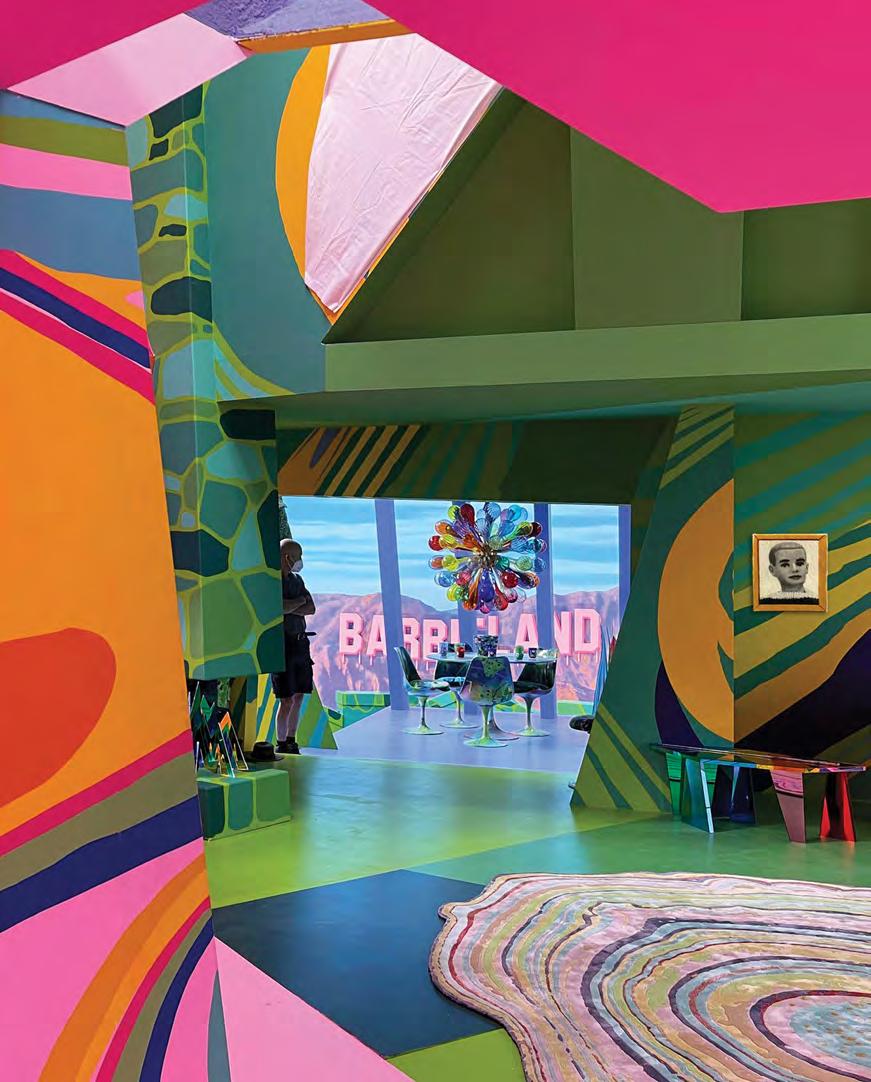
The period after The Riv lets you know it’s an abbreviation for “Riviera.” However, in a limited number of issues, this dot is a biometric fingerprint reader so that only you can open your Riv.
Our friends at Barbie say this guy’s job was to raise and lower the Weird Barbie map in the movie. But he looks like he’s planning a heist of that epic chandelier.
Designer Daniele Gualeni’s Carnevale Murano glass chandelier was inspired by Il Carnevale di Venezia – the most extravagant and elegant carnival in the world. Available at www.u-italian.com.
This portrait of Ken on the wall was placed by us from the original 1962 cardboard Dreamhouse. The photo looks like it was taken right before Ken got kicked out of the German techno group Kraftwerk.
The Eero Saarinen Tulip table and chairs were individually hand painted in the Weird Barbie color range. Available not in the Weird Barbie color palette at www.dwr.com.
Sahrai’s Agata Rose Laguna rug was inspired by the colorful Brazilian agate stone. Available at sahrai.com.
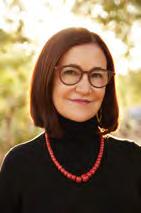

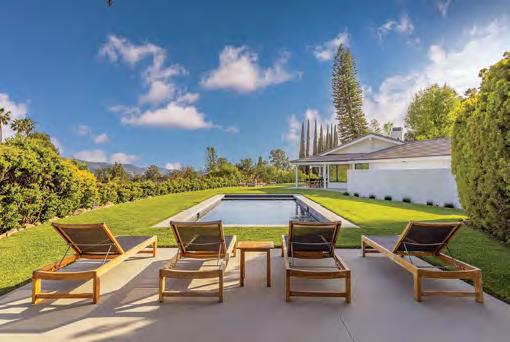
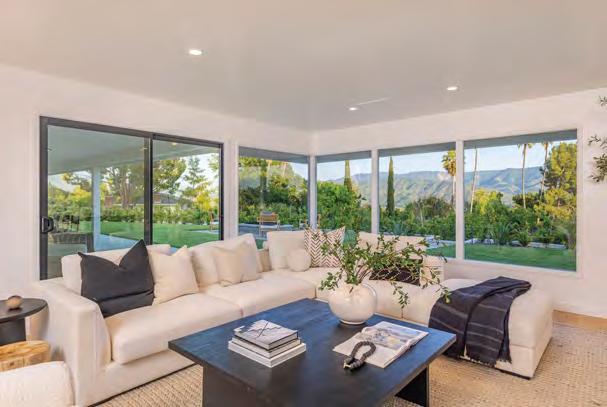

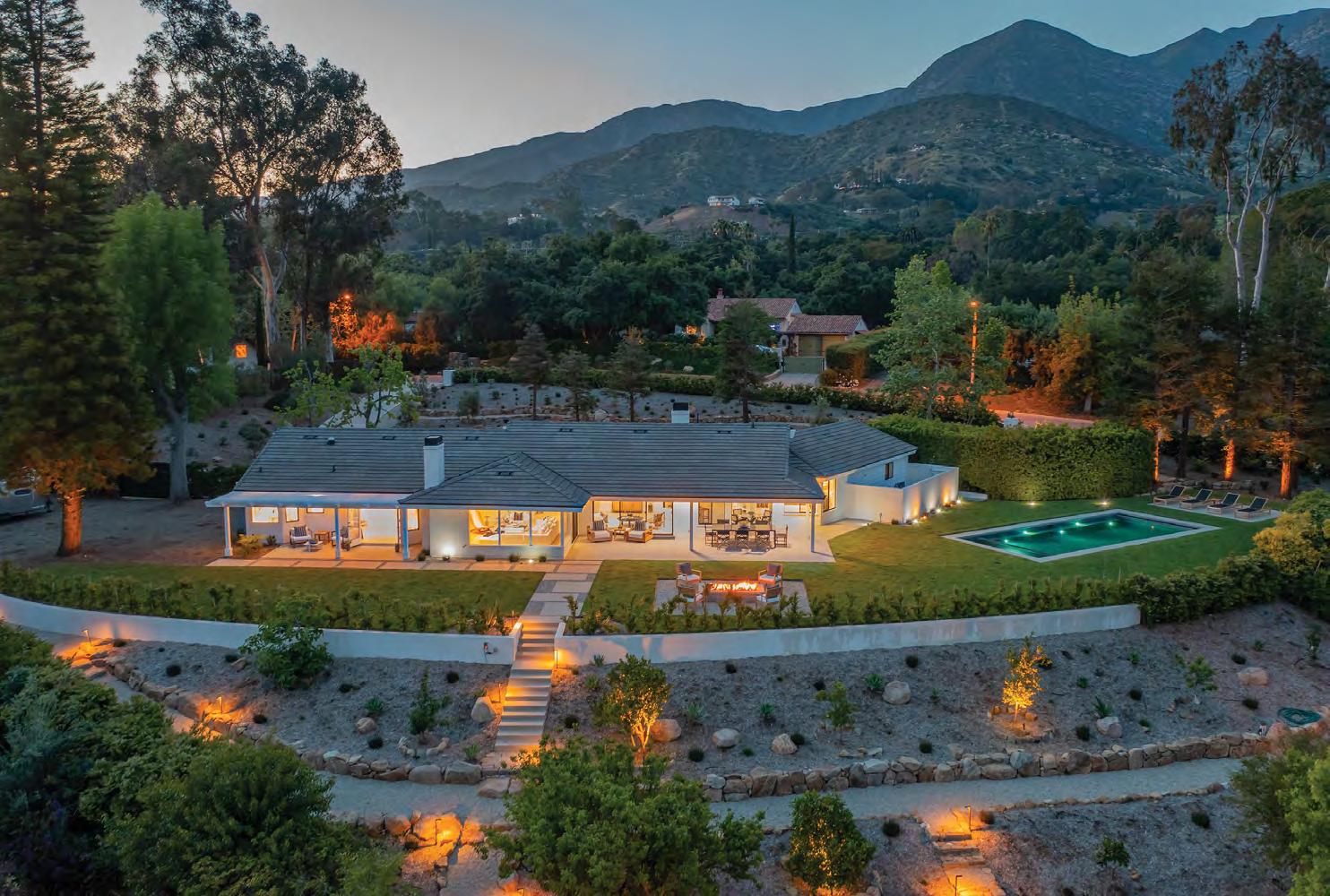
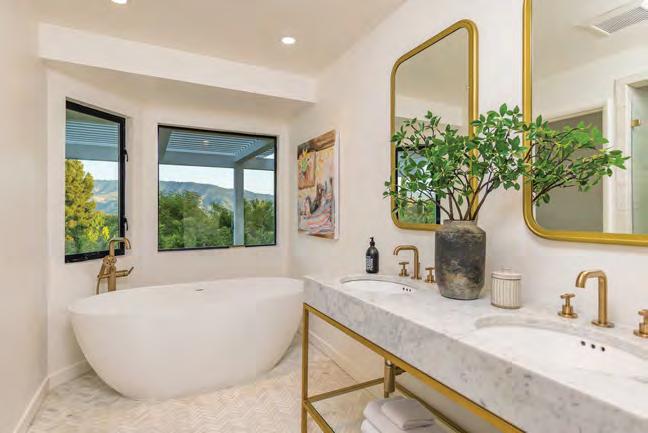
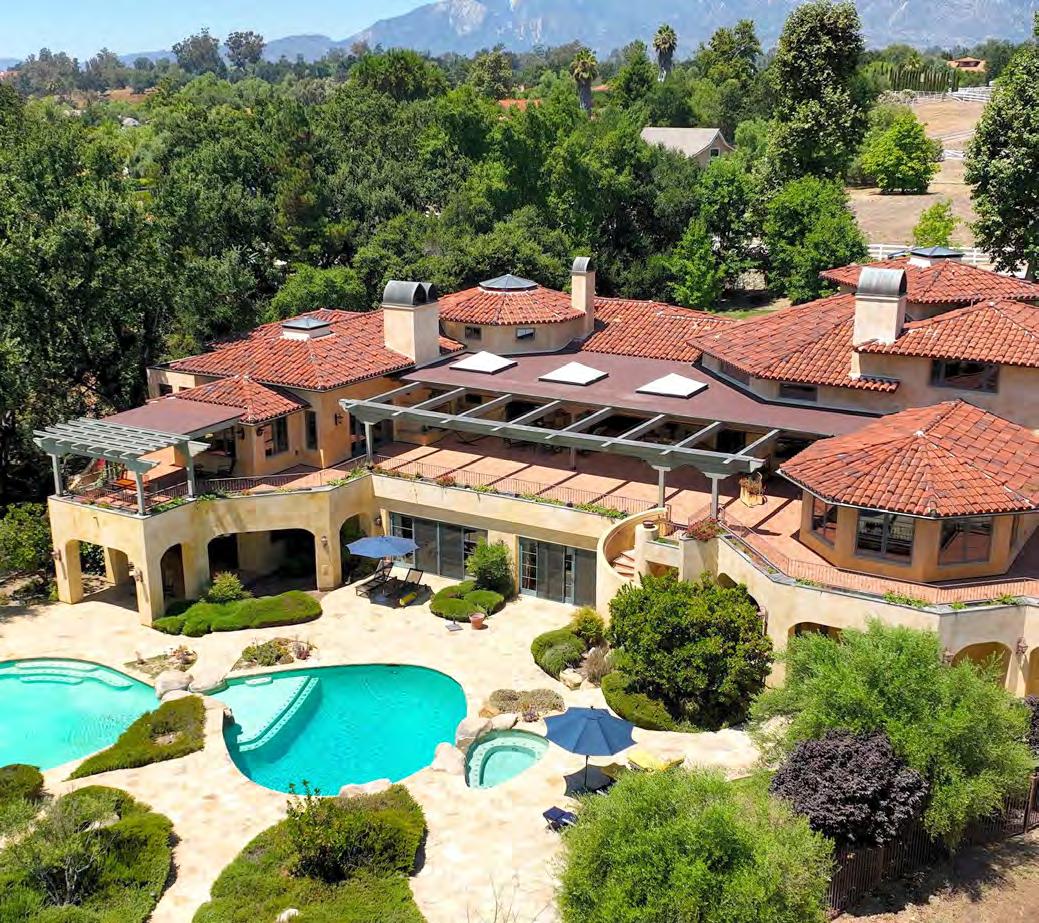


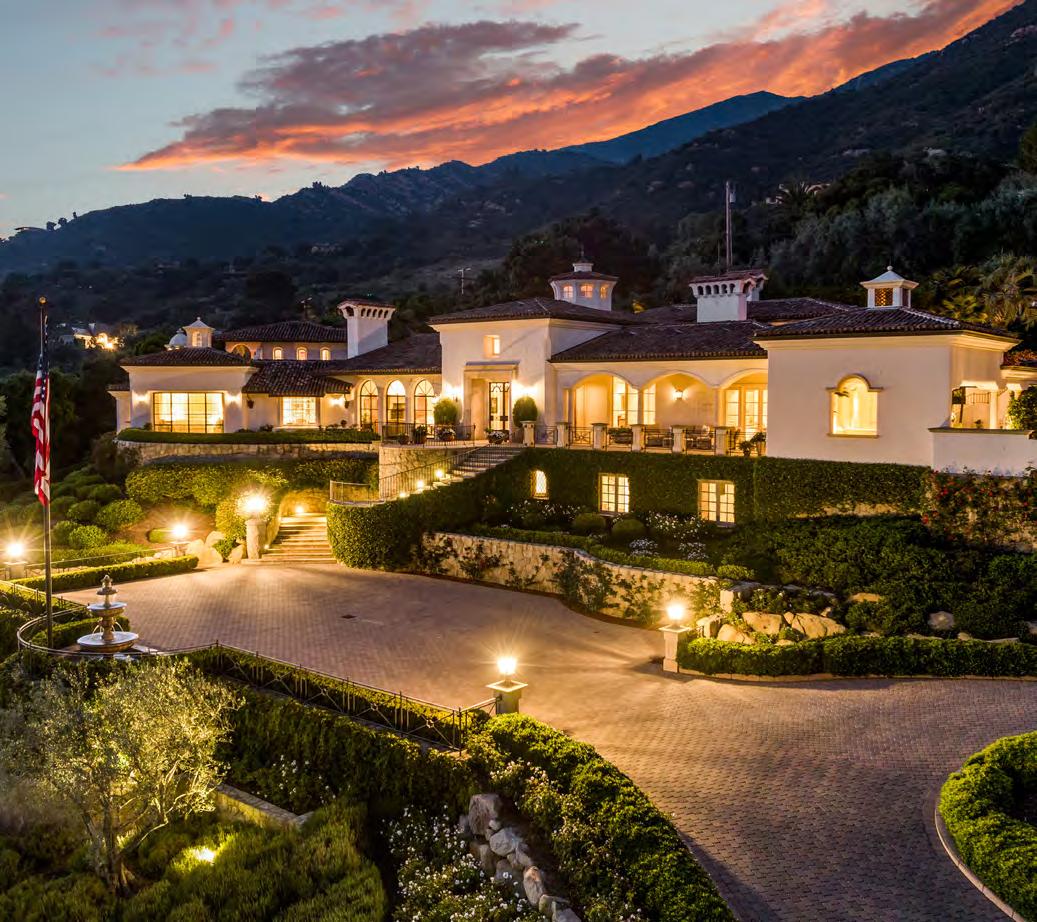
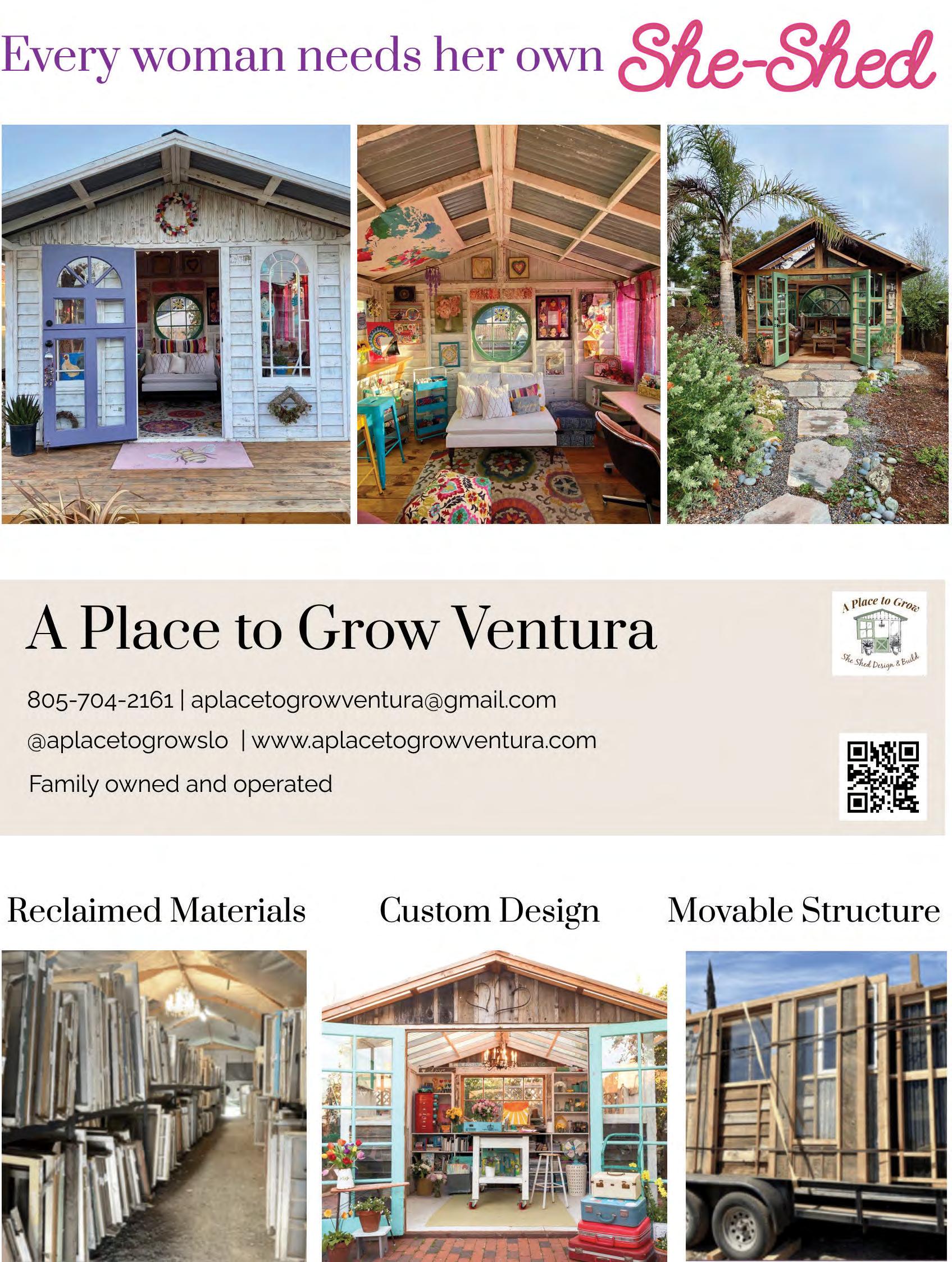
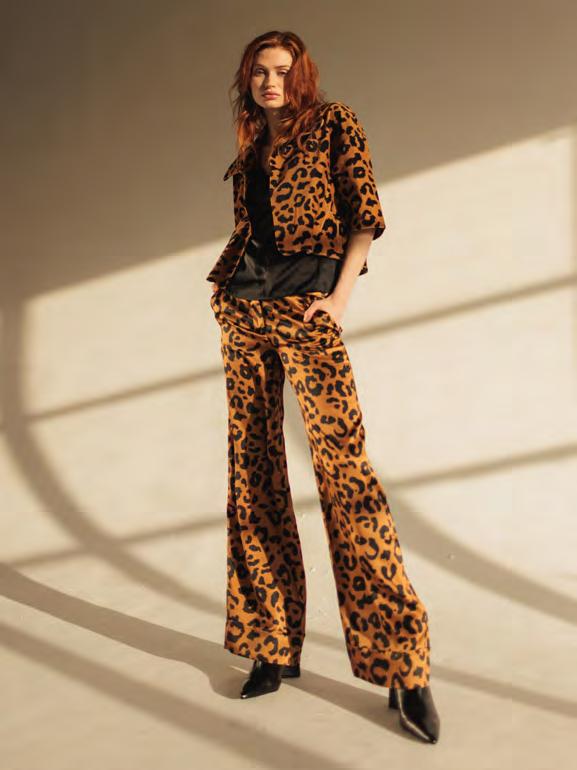
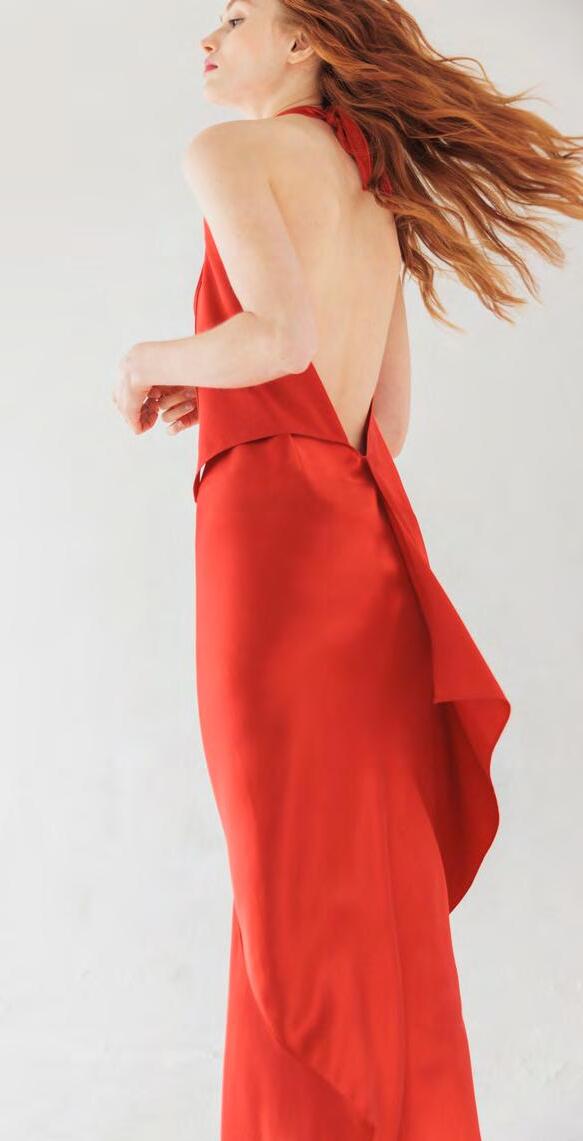


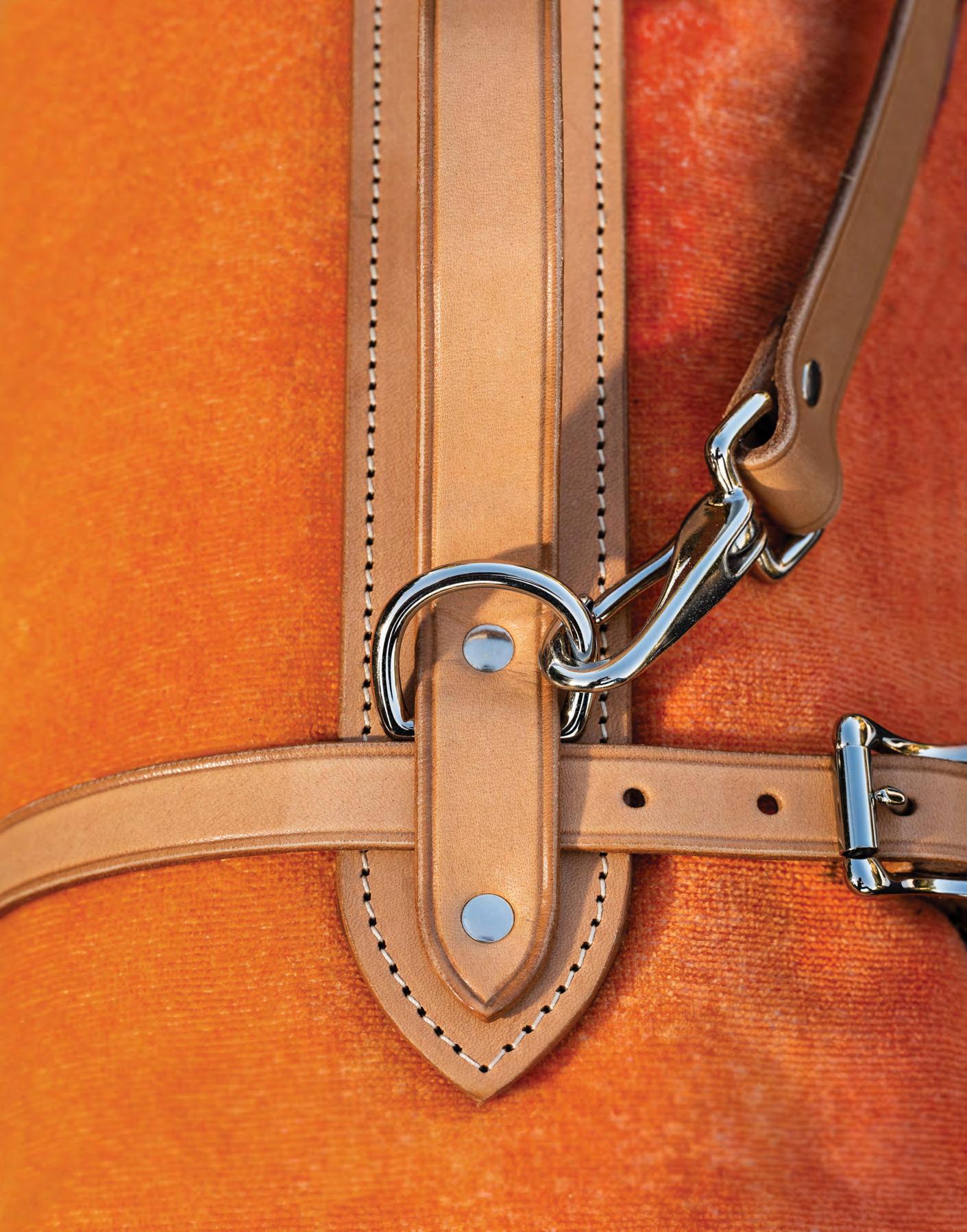
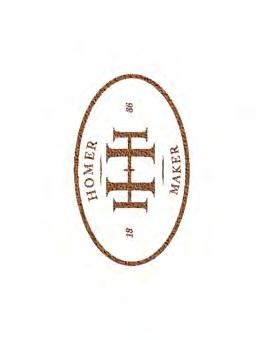
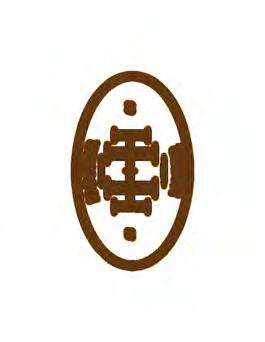

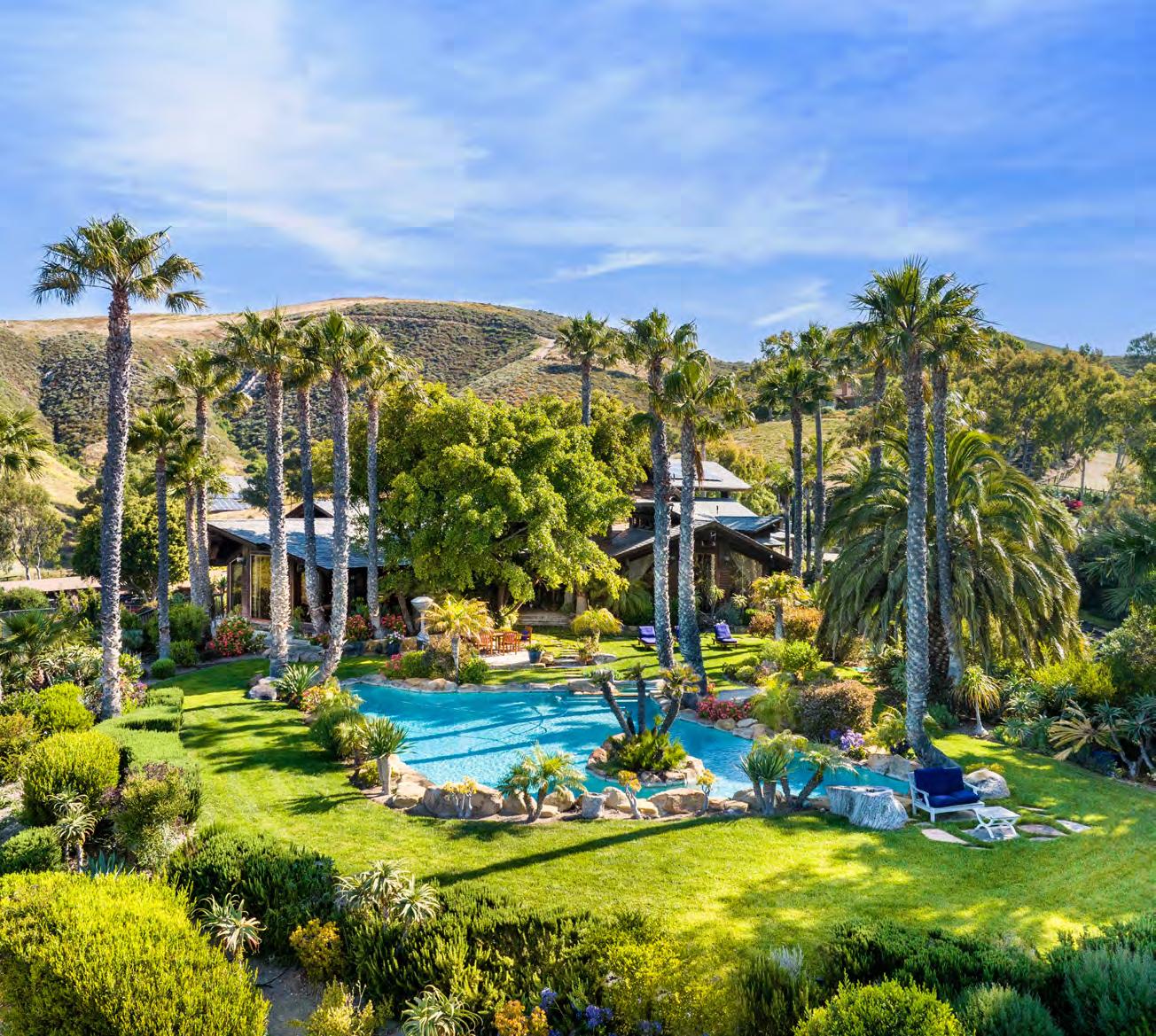
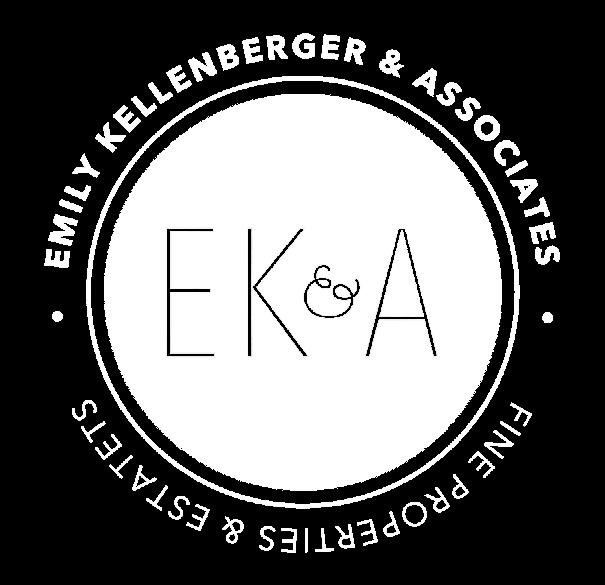





As a locally owned, independent company, we prioritize long-standing community relationships. Beyond our region, we thoughtfully showcase and broadcast your listings to a worldwide audience leveraging connections like Forbes Global Properties. Our culture of collaboration and refined market expertise allows us to seize opportunities and deliver exceptional service and outcomes for our clients.

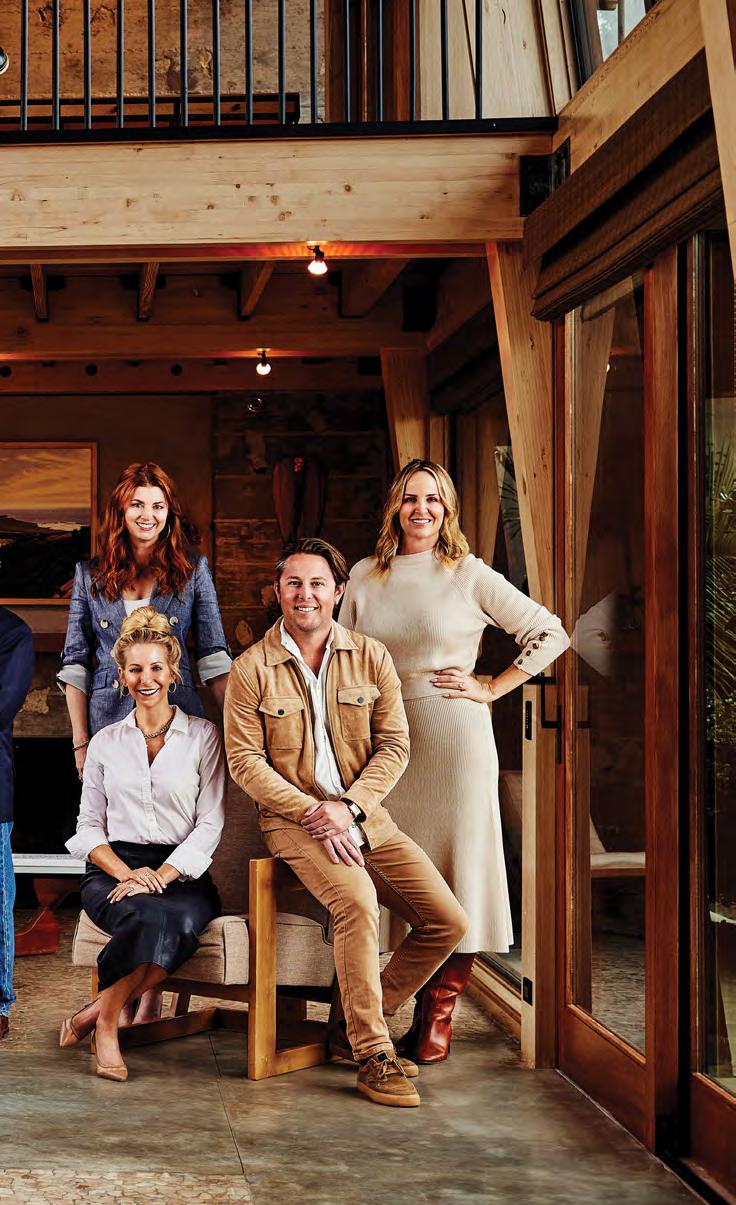
 Agents from Left to Right: Natalie Grubb Campbell, David Kim, Brian Campbell, Kelly Knight, Patricia Griffin, Emily Kellenberger, Tiffany Doré, Cathy O’Neill, Carey Kendall, Jasmine Tennis, Dina Landi, Robert Riskin, Sarah Hanacek
Agents from Left to Right: Natalie Grubb Campbell, David Kim, Brian Campbell, Kelly Knight, Patricia Griffin, Emily Kellenberger, Tiffany Doré, Cathy O’Neill, Carey Kendall, Jasmine Tennis, Dina Landi, Robert Riskin, Sarah Hanacek
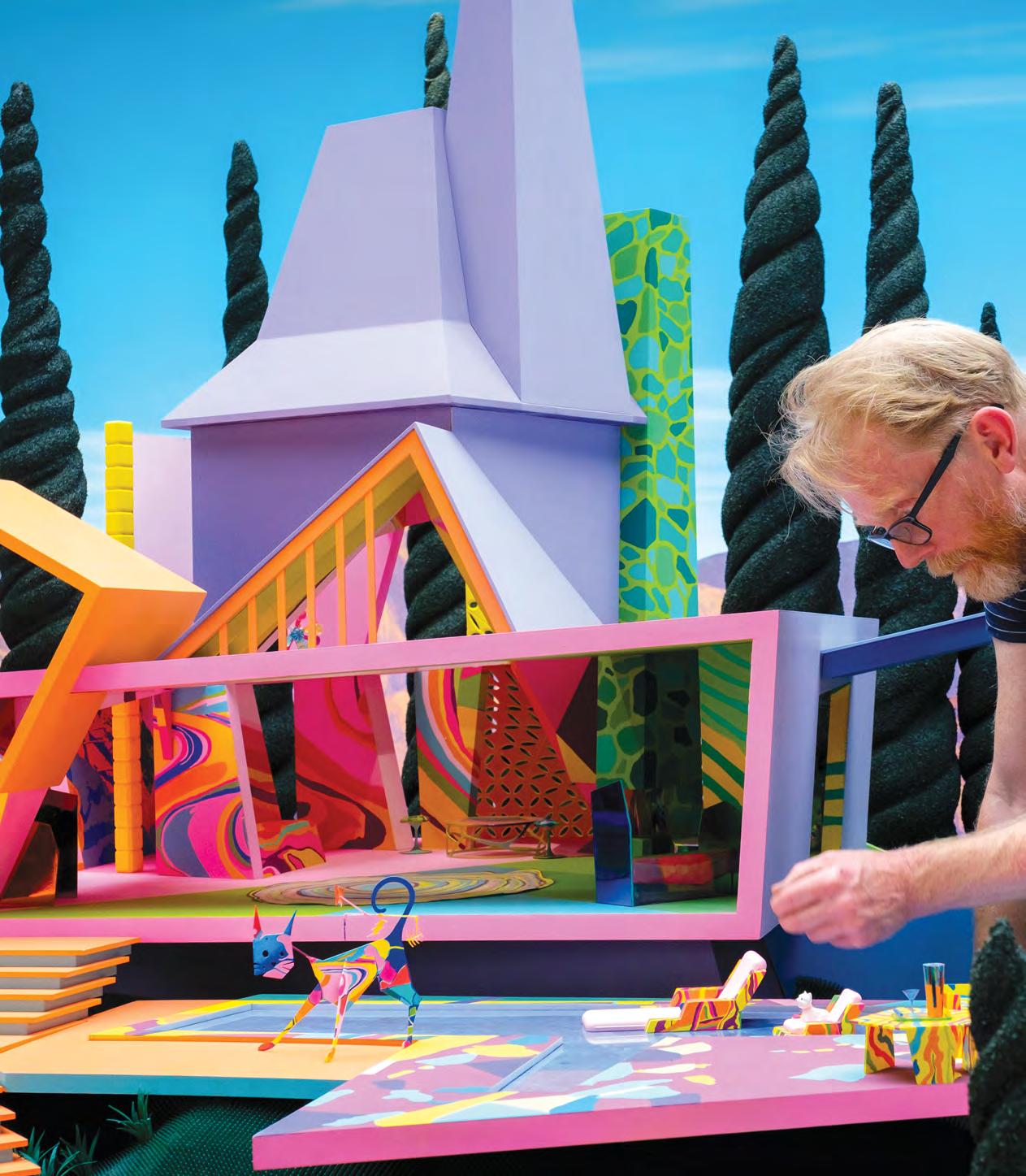
BARBIE ARCHITECTURE IS ACTUALLY IMPORTANT. AND BARBIE’S CONTRIBUTIONS TO THE DESIGN FIELD ARE TRULY SIGNIFICANT.
Barbie has always been a multiplatform influencer since the day she burst upon the scene in 1959. A number of important women have made critical contributions to Barbie’s design, making her the most successful doll ever (more than a billion sold – almost two dolls are purchased every second), the most successful dollhouse, and the most successful Warner Bros. movie ever (beating all the Batmen, all the Harry Potters, and all The Matrix(es)). Barbie is the most commercially successful movie ever directed by a woman. Moreover, while the design field has always been plagued by female underrepresentation, the iconic Mattel Barbie was conceived by women and has been female-driven from the jump.
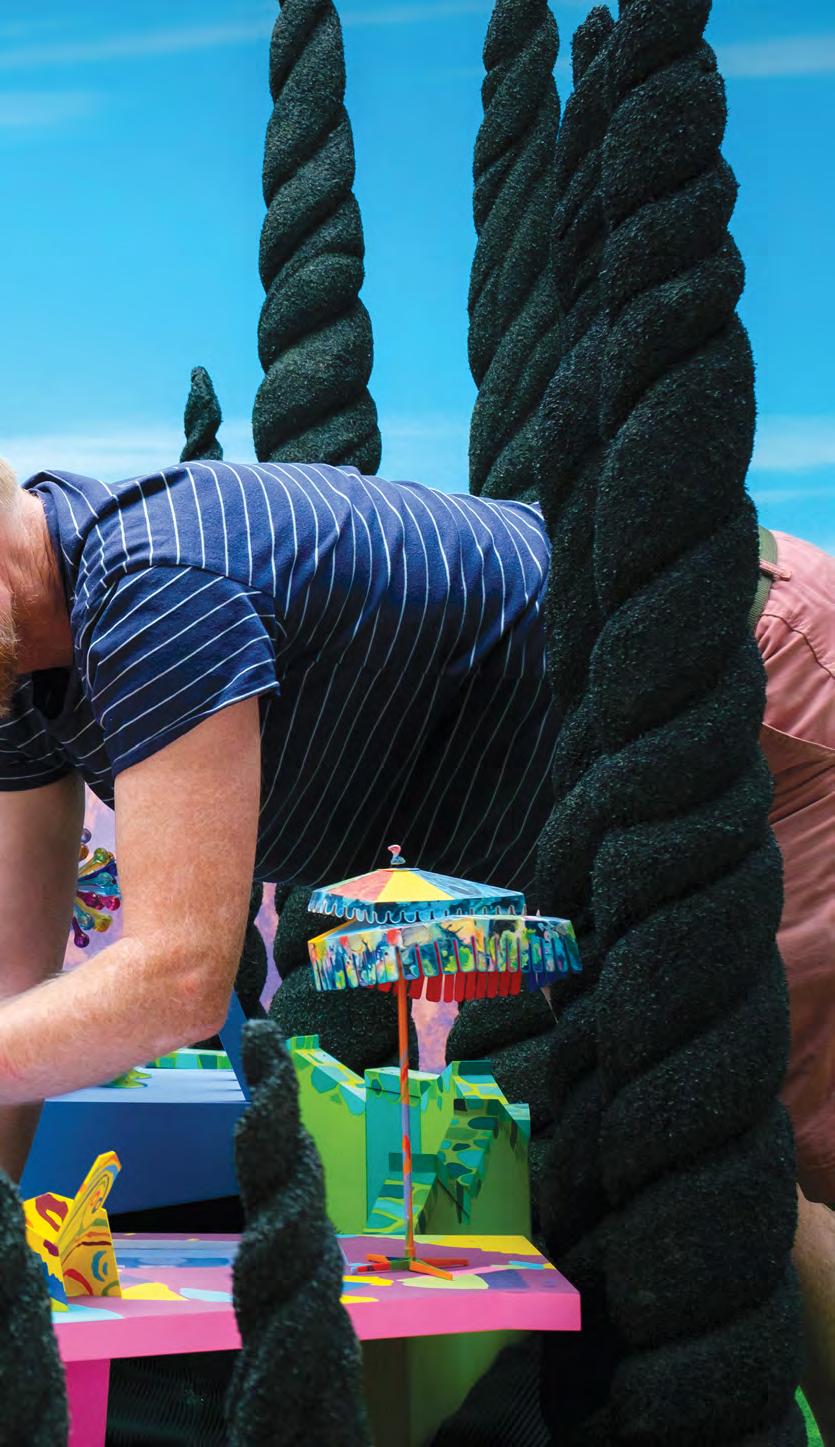
“I’M A BARBIE GIRL, IN THE BARBIE WORLD LIFE IN PLASTIC, IT’S FANTASTIC”
– “BARBIE”Final touch-ups on one of the many sets of Barbie. (Photo courtesy Sarah Greenwood)
Clearly the Summer of Barbie has struck a global nerve, but success has always been baked into Barbie’s design by a Barbie Corps of Barbiecore visionaries and shall we call them… Kengineers?
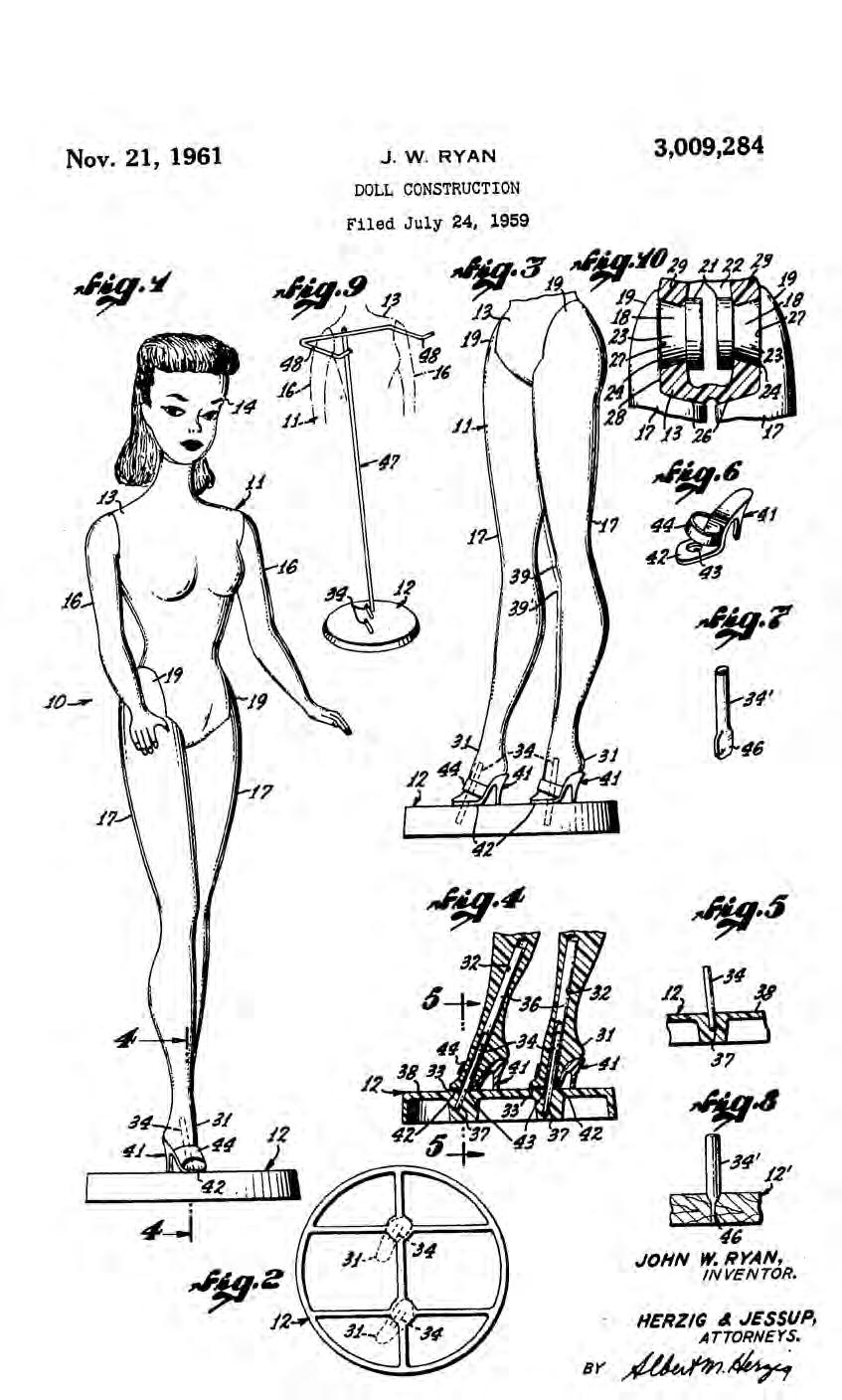
The engine in Barbie’s ’Vette was always Mattel cofounder Ruth Handler. Ruth was an innovator and polymath – like titular Barbie herself. In 1955, it was significant that Mrs. Handler worked at all – when less than a third of American women did so at the time. Back then, the pressure on most women was to work as wives and mothers only (By comparison, today, twothirds of women work.) Even more unusual than Ruth having a career was that Ruth’s marriage allowed her to be not just a wife and mom but also a fully equal business partner to her husband, Elliot. Way before Barbie, Ruth was already outside the box.
Before founding Mattel, Ruth and Elliott started by making full-size furniture from Lucite and Plexiglas. (The Handlers had a big contract with Douglas Aircraft so the Barbenheimer genes go way, way back.) Then when America became involved in World War II and materials became scarce, the Handlers realized that by scaling back the size of what they were doing, they could make war-rationed resources go much further. So they decided to continue making furniture… but at 1:6 scale. They would also make dolls who could utilize and enjoy that furniture.
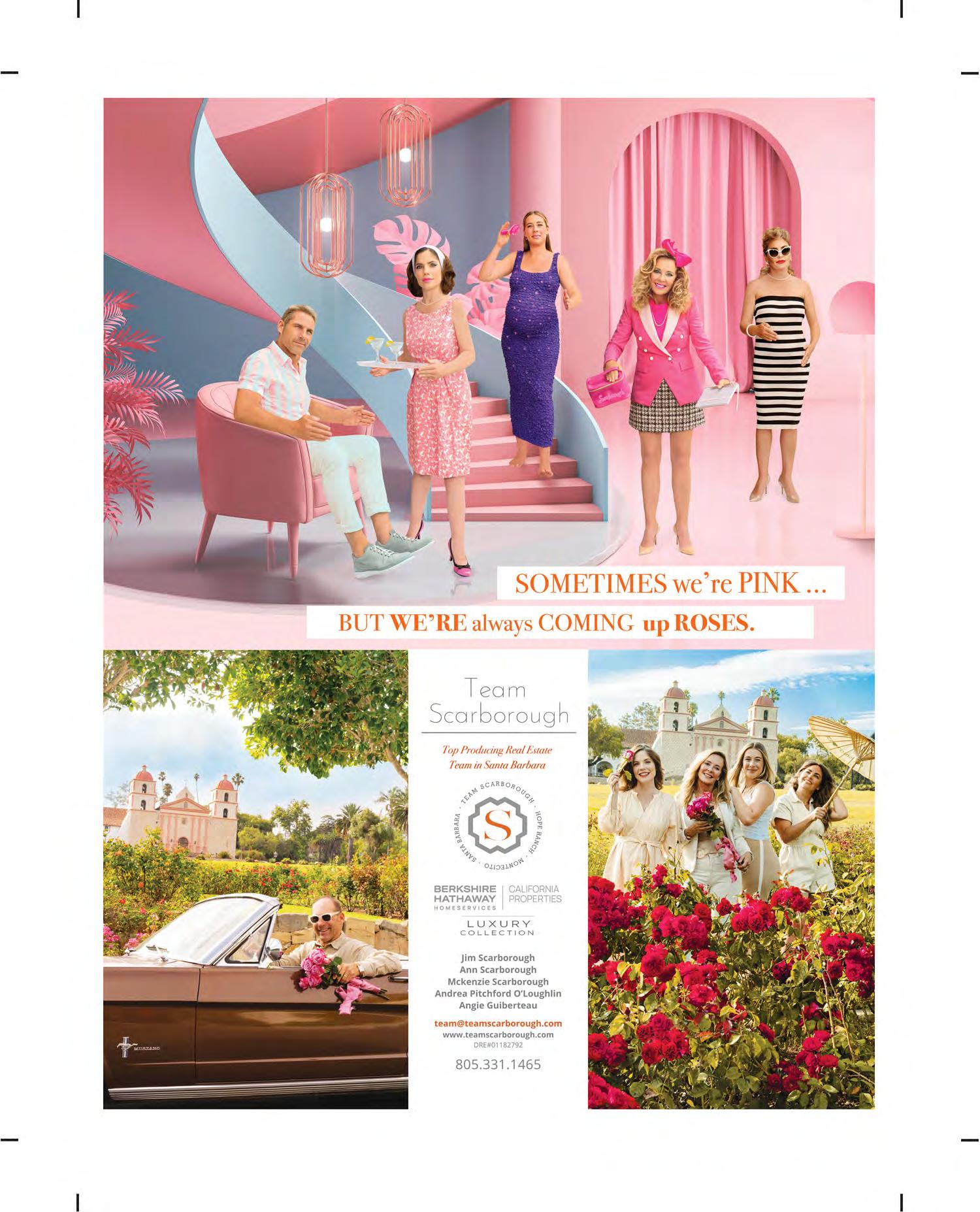
Legend has it the doll we’ve come to know as Barbie was the brainchild of Ruth’s actual child Barbara. Barbara didn’t want to roleplay maternity and was interested in more of a doll mentor with which to explore the world and career choices. Ruth promptly brought this concept to the boys at Mattel – a robust young-adult toy with, among other attributes, breasts. Unfortunately, Ruth’s enthusiasm for this idea was not infectious. The men at Mattel quickly responded they found the idea bizarre, and enumerated the myriad Kengineering problems thereof. For the Men of Mattel, Barbie was a nonstarter even though Ruth could see her so clearly.
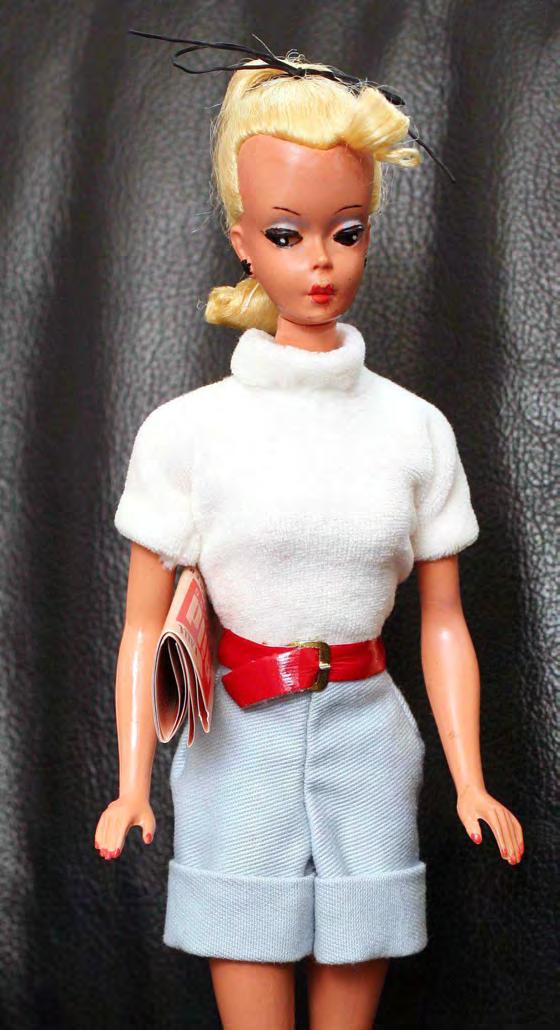

Fortunately, years later, on a family trip to Switzerland,
the persevering Ruth discovered an already popular German doll quite similar to the Barbie she’d envisioned – named Bild Lilli. Lilli had “mature” proportions and was certainly feminine. Unfortunately, she was also a prostitute. (“Meet Lilli, the high-end German call girl who became Barbie.”) Lewd Lilli was also marketed to grown men rather than kids, so there was more than a little ick factor.
Nevertheless, Ruth knew a billion-doll idea when she saw one. She’d not only found a version of the doll she’d tried to describe to Mattel years ago already living happily in post-war Germany with many of her engineering challenges already solved, but Bild Lilli was proof that the kind of doll Ruth and her daughter had imagined could in fact be mass-produced – and with durable, seemingly unbreakable breasts to boot.
“EVERY LITTLE GIRL NEEDED A DOLL THROUGH WHICH TO PROJECT HERSELF INTO HER DREAM OF HER FUTURE.”
– RUTH HANDLER
While others were importing Volkswagens, Ruth brought Lilli back to the United States and had her copied –eventually buying from the Germans not just Lilli and her molds, but, importantly, her underlying rights. But first, Mattel had to make a few adjustments to Lilli’s anatomy... and to her autonomy.
Interestingly, so many of the choices the Handlers made from the get-go are also great metaphors. First and foremost, Ruth Handler’s biggest innovation was for Barbie to be a late teen (19). She chose this age so Barbie could try on different careers like outfits – a unique take on dolldom compared to the ubiquitous infant and toddler dolls that were the norm at the time, which reinforced men as breadwinners and women as the breadmakers. The big Barbie innovation in 1959 was that Barbie was of prime child-rearing age and could pursue a relationship (though she’d have to wait for Ken to be born in 1961). But she could just as easily pursue selfinterest, self-exploration, and self-actualization. Or simply tan. That kind of freedom was a big deal in 1957, at a time when Senator Joe McCarthy was still in office.
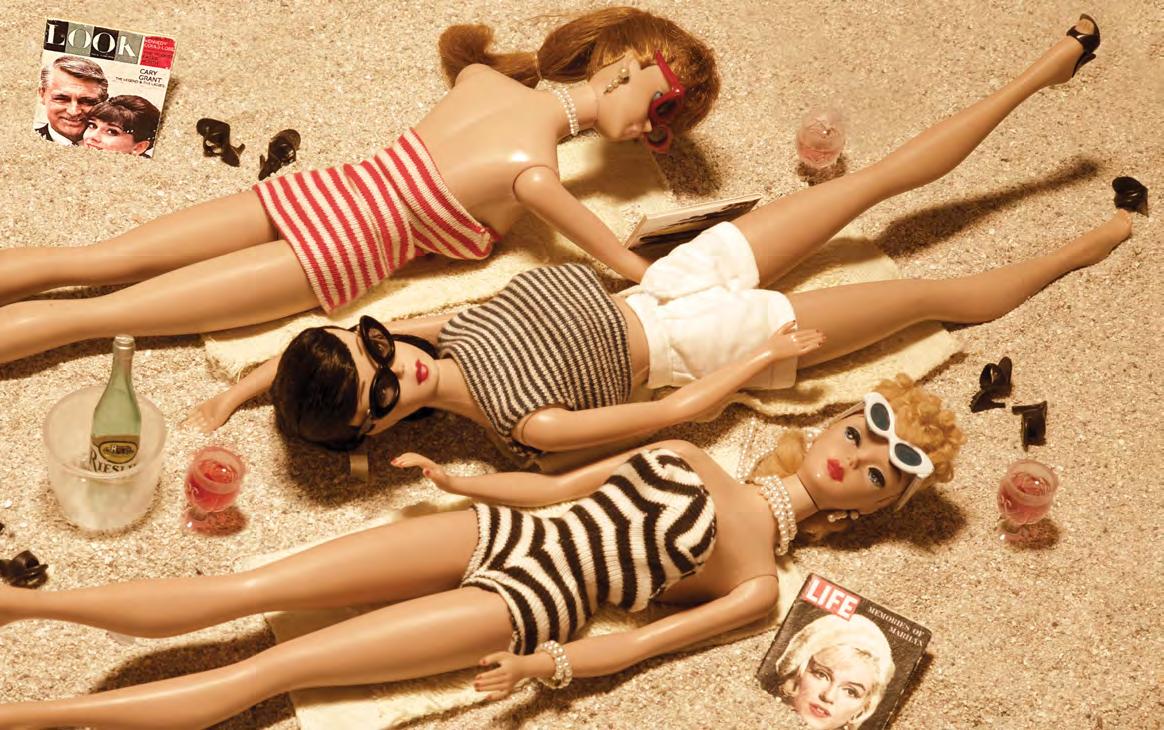
Another important innovation was that Barbie would be metaphorically and actually able to pivot, thus bringing autonomy and intention to her movements. This was a result of ball joints designed by Mattel’s ex-aerospace engineer Jack Ryan who made it possible for Barbie to look forward rather than only straight down like Bild Lilli. It’s been said this was the moment Barbie became the
Ispoke with Allen Segal – who was married to Ruth’s daughter Barbara during the formative years of the Barbie doll (1955 to 1970) – about how the division of labor worked between Ruth and Elliot. Segal (who lives in Santa Ynez) says Elliot was a total Geppetto, creative and quiet, while Ruth was “a force of nature and almost preternatural promoter.” For example, Ruth took a big gamble in the rollout of Barbie, betting Mattel’s entire nest egg on TV ads running during The Mickey Mouse Club – and the rest, as they say, is Barbielore. I asked Segal if, with Barbie on the launchpad, Mattel did a lot of focus groups. Segal said it was “more instinct and the fact that Ruth simply listened to her daughter, respected her, and wanted to deliver. Plus Elliot had a knack for taking Ruth and Barbara’s dreams and turning them into reality. Well, plastic reality.”
center and driver of her own story. It might not sound seismic, but it was like when Picasso decided to portray eyes on different planes – the adjustment wasn’t huge but the effect gave birth to an entire artistic movement. When Mattel allowed Barbie to look up and out, she shook off her lascivious Lilli roots and transformed from object to subject.
Yet another innovation was Barbie could stand on her own. Literally. Before Barbie, dolls in repose would lay down or simply collapse. That’s all well and good for the lascivious Lilli –it’s where she’s headed anyway – but was not acceptable for the All-American Barbie. Unlike Lilli, Barbie did not care to spend the majority of her time on her back.

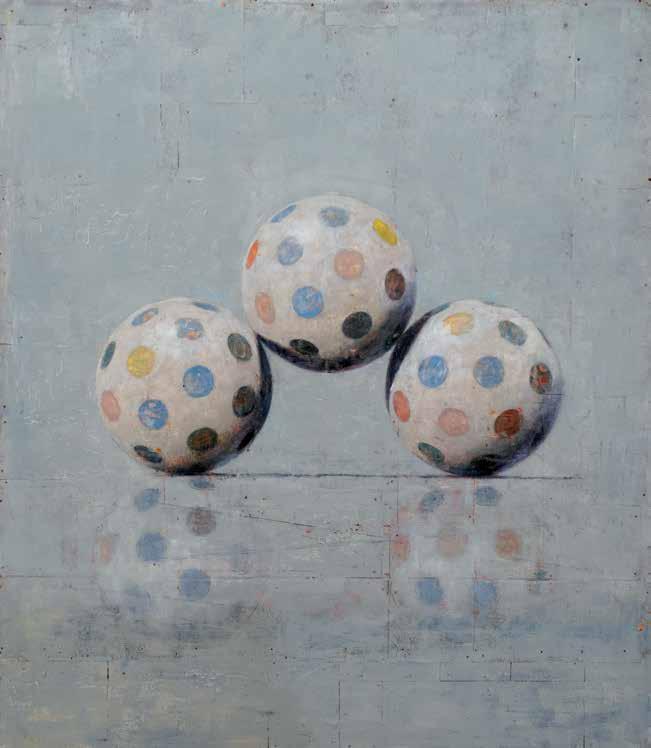
As many innovations as Barbie had, her domicile – the everevolving Dreamhouse – was even more innovative and has always been both reflective of its time and often ahead of it.
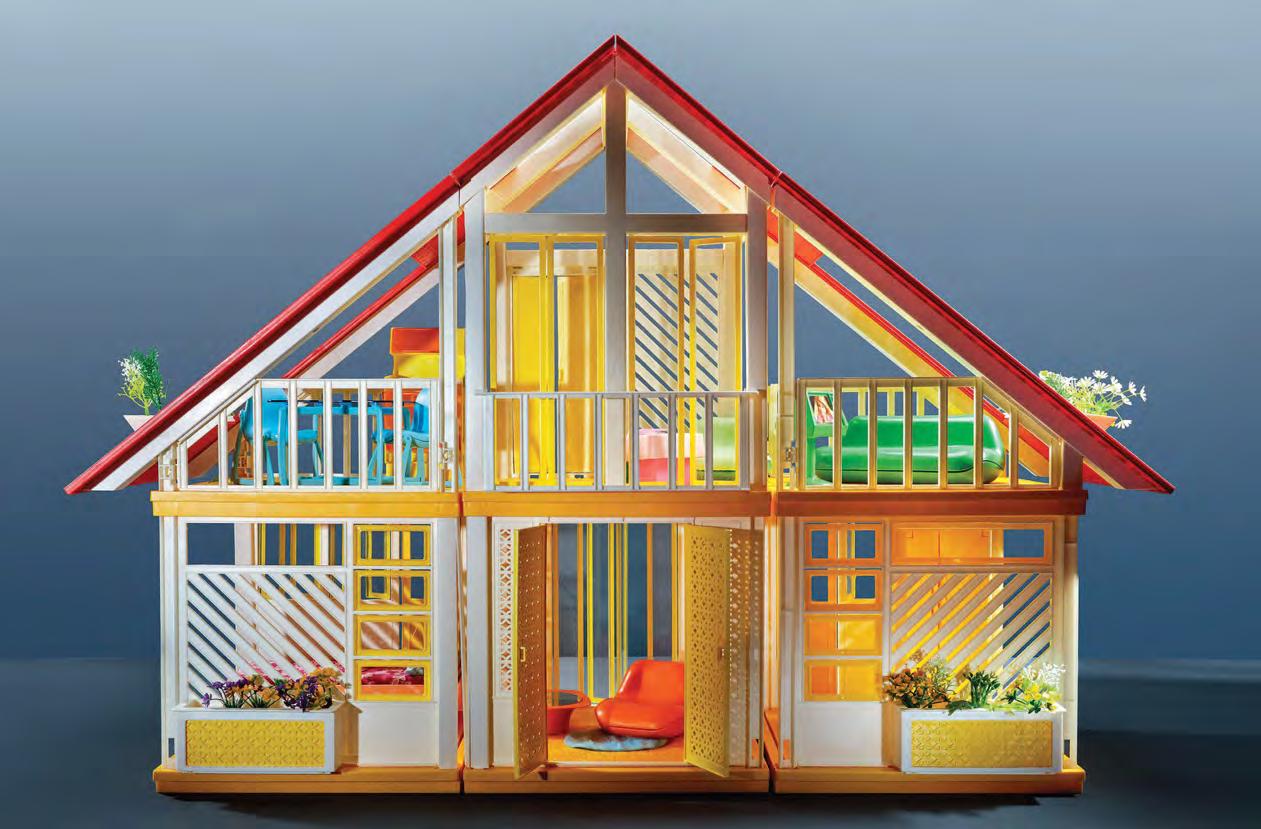
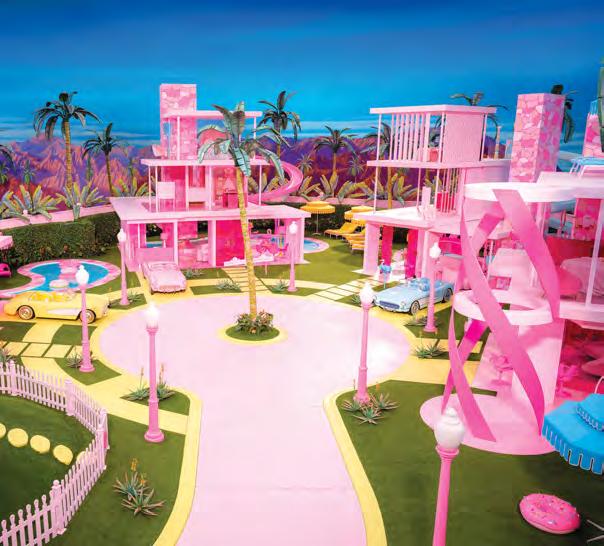
Mattel released the first Dreamhouse in 1962. It was revolutionary there even was a Dreamhouse considering women could not get a loan for a home or hold a house title until 1974 (now known as the “year of loan liberation”). Up until then, when the Equal Credit Opportunity Act was passed, it was perfectly legal for a bank to turn down a woman for a loan unless a man cosigned.
The choice to make the Dreamhouse design a mid-century “open plan” was epic – because the open plan (which was imported from Europe) tore open the kitchen and got the cook released from culinary confinement. (Up until that point, building codes demanded the kitchen be isolated for supposed safety reasons.) But Ruth took the de-isolation of the circumscribed kitchen one step further and decided the Dreamhouse wouldn’t even have a kitchen. Domestic goddess was not part of Ruth’s dream for her daughter – or for herself, or for American girls generally.



As the most brilliantly marketed movie EVER, by now you’re not only familiar with the Barbie movie but at least some of the plot and maybe even some of the memes. The well-known Barbenheimer meme is a brilliant device from which both movies benefited. It celebrated the contrast between the upbeat, supposedly light fare of Barbie versus the apocalyptic nature of Oppenheimer – and it contributed to making a national shared cultural event out of seeing both movies the same day. To me, Barbenheimer felt like the first big, mass-culture post-COVID group event. It was 10,000 dark Woodstocks taking place in cinemas across the world, then woven back together into a cohesive whole thanks to the unifying force of social media. Masks were off, movies were back. For all its silliness and dress up, Barbenheimer felt like a global phenomenon in which we could all participate and satisfy our primal desire for human congregation. But the two movies have much more connective tissue than just the catchy Barbenheimer meme.



Whitney Mallett, co-author of Mattel’s 2022 Barbie Book, said, “Industrial miracle materials developed for World War II are what Barbies are born from. When we write her off as just girly, we totally dismiss how cyborgian she is. She is literally shaped like a wartime fighter jet.” It seems like the birth of Barbie occurred at a time of peak conflation, or confusion, or cooperation, between weaponization and sexualization.
World War II and Cold War bombs and bombers were frequently adorned with pin-up art that looked exactly like Barbie. Where did you think the term “blonde bombshell” came from?
A deeper dive into the military timeline parallel with Barbie’s genesis is fascinating, as Barbie is inextricably linked with both heavy militarization and the space race. Barbie was “born” in 1959. Leading up to her birth, Barbie’s amniotic fluid included American fears of the Russian-launched Sputnik in 1957. Which America countered with their first manned spaceflight in 1961. When Barbie finally emerged from her gestation, it was literally the height of the Cold War. The CIA’s failure at Cuba’s Bay of Pigs and our triumphant Apollo program both launched in 1961. Tensions with Khrushchev escalated in 1962, just one year after the unveiling of Ken.
Pinks and “pinkos” were in the air. Not to mention the peripatetic and pink Jackie O – that other pink-clad goddess who invited America to look inside her home (the White House) – the same year (1962) Barbie showed America the Dreamhouse where she lived.
Alot has been written about Barbie’s bizarre and unattainable proportions. So where did they come from? Partially, they trace back to the original hyper-sexualized Bild Lilli doll. But Mattel certainly also had a hand in Barbie’s body dysmorphia. Could that have been the hand of Handler?
No, the person who actually designed Mattel’s Barbie – and held the patents on her – was an aerospace engineer named Jack Ryan who came to Mattel after nearly two decades designing surface-to-air missiles for Raytheon. Ryan played a huge role in the ballistic nature of Barbie’s bosom.
By all accounts, Ryan was a brilliant engineer, bringing to Barbie innovations such as her ratcheting “click-click-click” joints so she could strike a pose and hold it. But Ryan was also a man of many addictions. These included cocaine, sex, lithium, alcohol… and marriage. Ryan was five times married – including once to Zsa Zsa Gabor.
Ryan also designed (and built) a Hefner-esque castle for himself in Bel Air complete with a drawbridge and moat… as well as a fur-lined sex dungeon. Well, they say a man’s home should be his castle. Let’s at least hope the fur was fake.
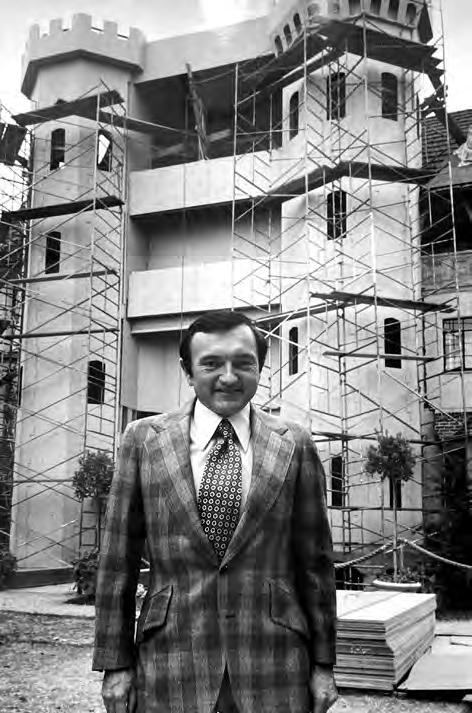
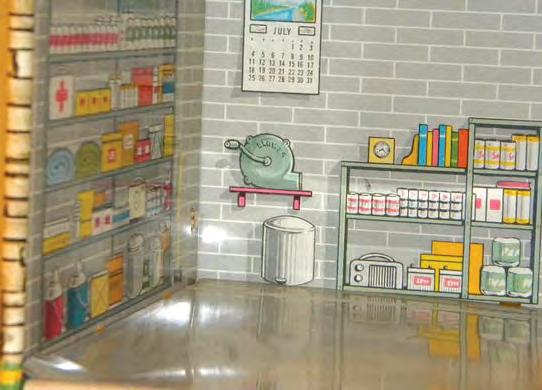
In Cold War America, there was a weird bifurcation between “what was going on above ground and what was going on below.” Many “Atomic Ranches” (1950s ranch houses) were the architectural equivalent to the mullet: party up top, apocalypse (bomb shelter) down below. While mid-century was the darling of the design magazines, President Ken-nedy took over the editorial page of Life magazine, telling Americans it was their patriotic duty to build bomb shelters. Even dollhouses were starting to be manufactured with bomb shelters. This was not the ’50s from Happy Days

Architectural historian Beatriz Colomina (the founding director of the Program in Media and Modernity at Princeton University) talks about the transparency of mid-century as a response to the Red Scare. “One thing the Eames House, Playboy apartments, and the Barbie Dreamhouse have in common: They’re built like sets for television programs. Jackie Kennedy’s White House redo reveal TV special was a performance of domestic life for a public audience. Eighty million Americans – about half the U.S. population at that time – watched that.”
But there was also a lot of darkness down below. What the First Lady didn’t show was the government nuclear bunker in Greenbrier, West Virginia, which could house 1,200 government workers, including the entirety of Congress. Imagine spending Eternity in a bunker 700 feet down along with Congress. And when you regain consciousness, please continue reading this article.
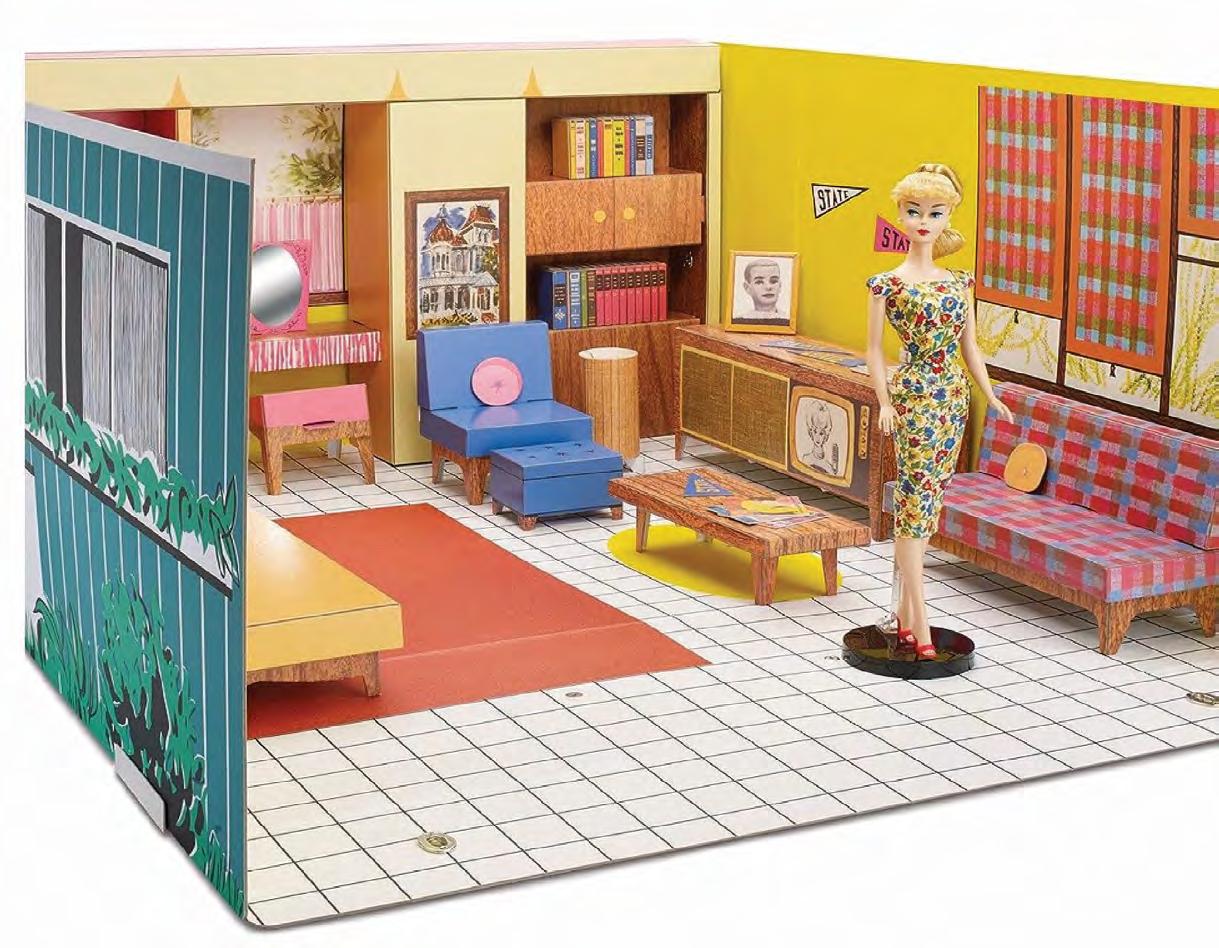
IMAGINE SPENDING ETERNITY IN THE GOVERNMENT’S WEST VIRGINIA BUNKER 700 FEET DOWN, WHICH WAS PREPARED TO HOUSE CONGRESS. WHEN YOU REGAIN CONSCIOUSNESS, PLEASE ENJOY THE REST OF THIS ARTICLE.
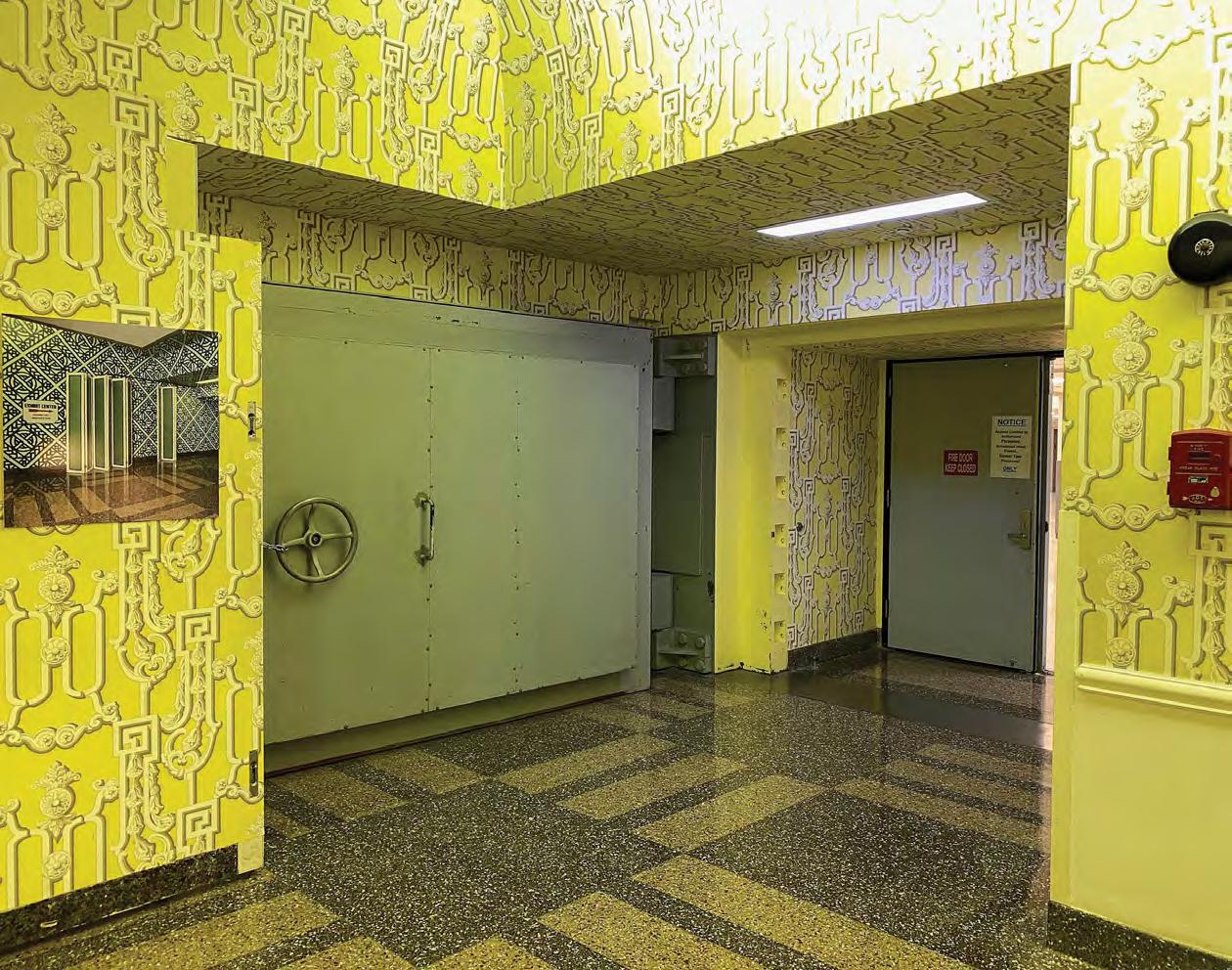
So how’d we get from the darkness of ’63 and the threat of nuclear annihilation to the neon pink fantasy of today’s Barbie movie?
The two women charged with bringing Barbie into the #metoo, post-COVID, she/her/hyrs, post-George Floyd 21st century were Sarah Greenwood and Katie Spencer; they were responsible for the production design of the movie. Before Barbie was released, I spoke with Greenwood and Spencer about their inspirations. They said that regardless of what movie they work on, they always see themselves as “builders of worlds.” Which is interesting in contrast to Oppenheimer, of course known as the “Destroyer of Worlds.”
For me – and everyone I know – the production design was the highlight of the movie. I also found the look of Barbie quite reminiscent of the “Kaleidoscope House” – a luminous and sleek, wildly successful toy that was released in the early aughts. Kaleidoscope House had been designed by the architect Peter Wheelwright in collaboration with the famous “doll artist” Laurie Simmons. Simmons’ medium has always been dolls the way artist Cindy Sherman always used as her subject – herself.
I remembered the Kaleidoscope House toy because it was gorgeous and modern and neon. But at the time, this toy was something like $600, I didn’t have kids, and I knew it would just sit up on a shelf. (My suspicion is very few, if any, K Houses actually wound up in the hands of kids.) Regardless of price, the K House sold out quickly, and today, if you can find a Kaleidoscope House on the secondary market, it’s going to set you back more like six thousand dollars – mortgage territory.
Kaleidoscope Houses by Laurie Simmons and Peter Wheelwright have become collector’s items. This one recently sold at Leland Little (www.lelandlittle. com) auction and undoubtedly did not make it into the hands of a child.
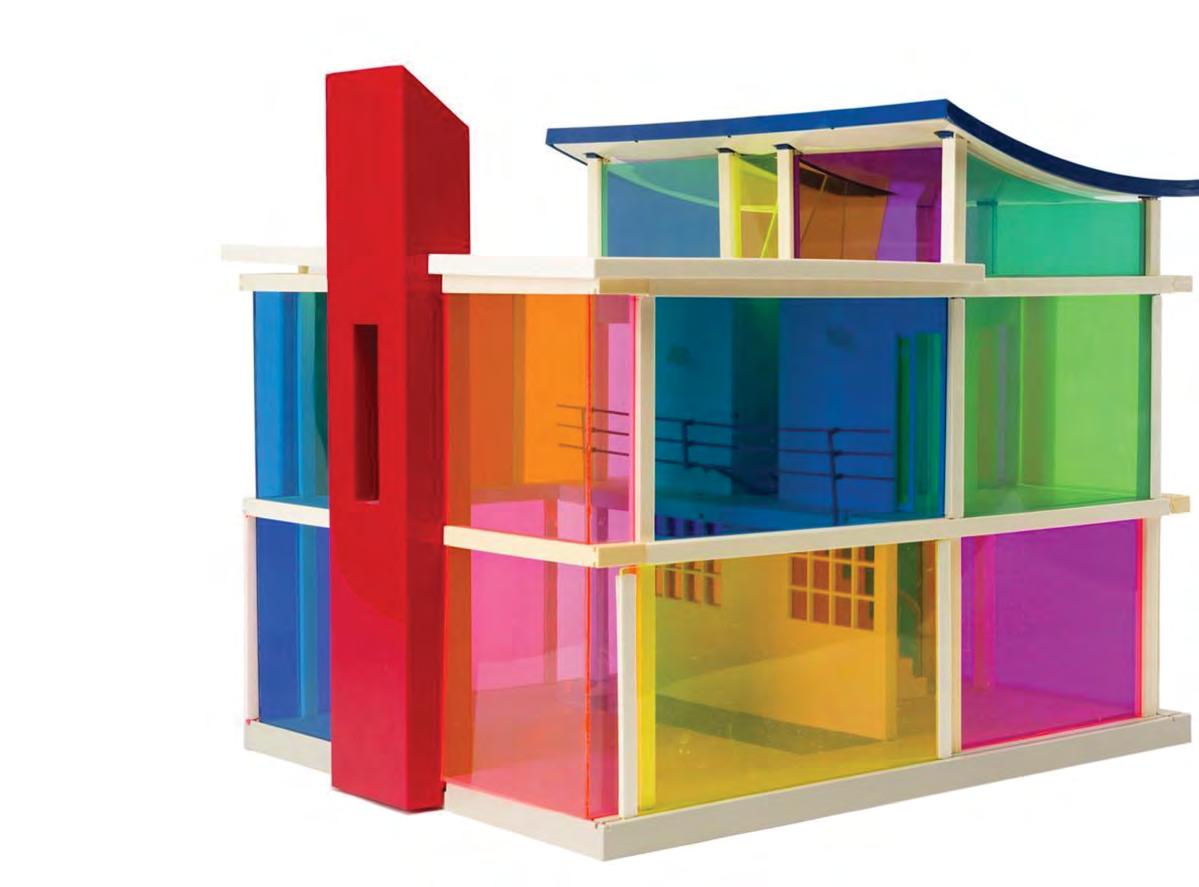
“WE TAKE INSPIRATION FROM EVERYWHERE. IT GOES THROUGH THAT PROCESS OF BECOMING WHAT WE CALL ‘TOYETIC,’ APPLYING THE BARBIE FILTER AND TURNING IT INTO A TOY.”
– KIM CULMONE, SENIOR VP OF DESIGN, MATTEL
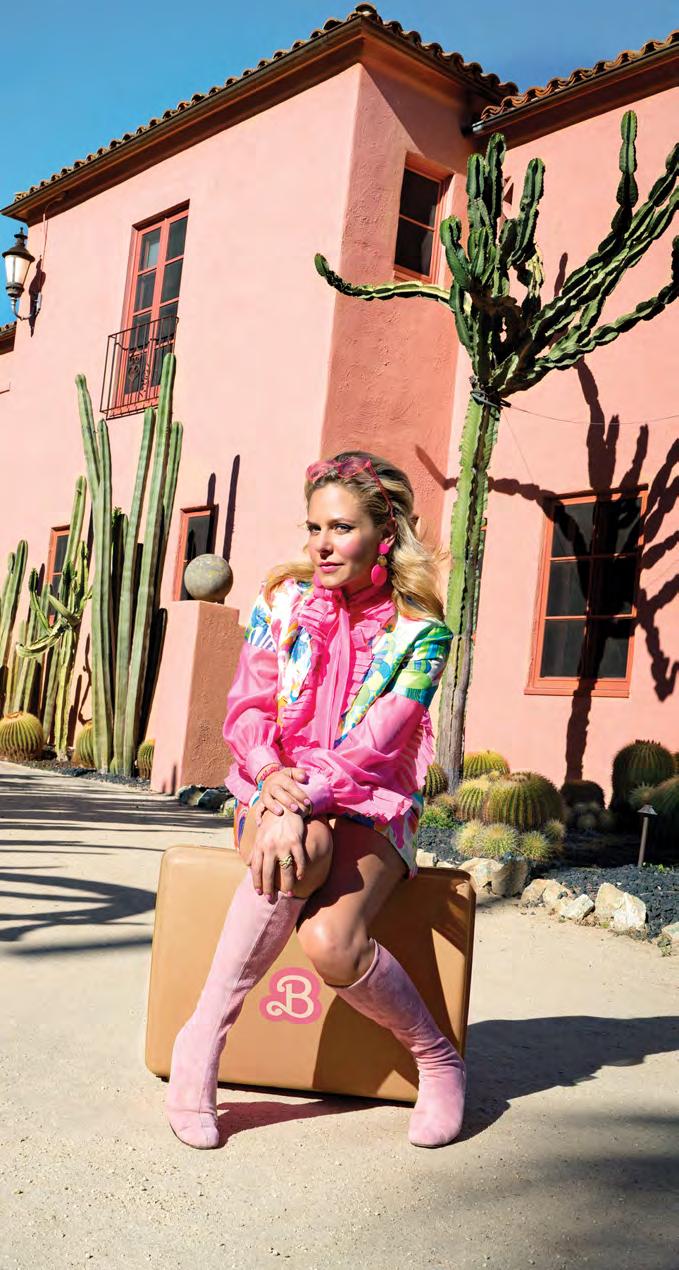
Yes it is notably pink, but Lotusland’s shared DNA with Barbie’s Dreamhouse may be deeper than you think. Madame Ganna Walska was a business owner and an entrepreneur whose estate and garden wonderland broke the rules aesthetically and architecturally – much to the benefit of modern-day Montecito. Writer Kate Bolick describes the eccentric estate as “all of Walska’s drama and eccentricity writ large, in plants, an autobiographical garden, if you will.”
Flamboyant and playing by her own rules, Mme. Walska did not feel the need to play by the social mores of her time. As the Handlers liberated Barbie from the kitchen and allowed her to have a bachelorettehood, Mme. Walska had a storied romantic CV but also managed to make an important legal win for women –allowing them to have their own legal separate domicile from their husband. Walska’s triumph made front-page news of The New York Times and was an important gain for women’s “domicile parity.” To honor the Summer of Barbie, we were blessed to have a local Barbie help us celebrate. Belle Hahn represents the Best Barbiecore Values: philanthropy, female empowerment, connection to the earth, and environmental stewardship. Oh, and fun.
Saturday, October 21, 2:00-4:00 PM
This is an extraordinary opportunity to meet and learn from Kaye Spilker, curator emerita of costume and textiles at the Los Angeles County Museum of Art at Lotusland. History has seen many kinds of crowns on the heads of kings and queens, socialites, and tradespeople. This event will journey through several centuries of history’s headwear including Lotusland founder Ganna Walska’s spectacular collection of hats. Spilker’s talk will be accompanied by a display of selected hats from the Lotusland collection.
The artist Laurie Simmons is Lena Dunham’s mom. (Dunham being another important feminist voice and icon and provocateur.) What put Dunham on the Hollywood map in the first place was her debut movie Tiny Furniture, which is about – and stars – her mom, Laurie Simmons, and celebrates Laurie’s artistic medium, which is dolls. Simmons started as a photographer of dolls for a doll manufacturer. She then ditched the commercial side of things and became an artist-photographer of dolls and no longer a gun for hire. I found a really strong symmetry between LenaLaurie… and Barbie-Ruth.

Twenty-two years before this Barbie movie, the K House was critical to updating the domestic life of dolls. Wheelwright said his goal was to help Simmons address the “stalled nature of dollhouse design” – much like the Handlers had done 40 years earlier.
I spoke with Laurie Simmons both before and after the release of Barbie. She was pleased the Barbie designers had been inspired by her work and spoke of the ’50s she grew up in as “beautiful and lethal.”
She also talked a lot about plastic – it representing the future, and we both mentioned the famous line from The Graduate (“I just want to say one word to you… Plastics.”).
In 2017, Simmons famously did a piece called The Mess – a 20-foot-long photograph made from cheap disposable plastic items arranged in a rainbow pattern. She said (in The New York Times), “Plastic has been such an incredibly key part of what I’ve done. I treat it like marble and light it and make it look beautiful and luxurious. For me, it still has that kind of beauty, which is a surface beauty but with a very definite toxicity beneath.”
I asked Simmons if her K House – clearly successful beyond a toy and a hole-in-one for its target audience of architecture junkies – could have also been a response to the zeitgeist from which it sprang. Just as, in my opinion, Barbie’s success is inextricably linked to the claustrophobia and calamity of COVID.
I asked Simmons and Wheelwright about the precise timing of their Kaleidoscope House. It was in fact released right after 9/11. And as it turns out, their studio was the closest residence to the South Tower of the World Trade Center and was… completely destroyed. One of the only things in their building that survived was their prototype of the Kaleidoscope House. That building, tiny as it was, was a testament to the enduring nature of plastic, the ultimate malleable survivor.
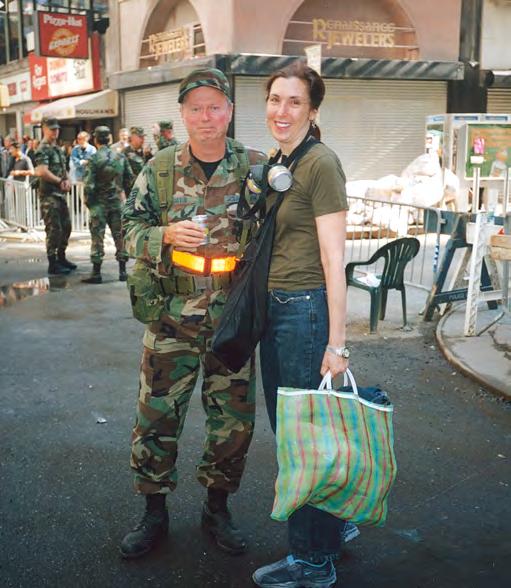
I decided to look up “plastic,” which has become a dirty word. One of the properties of plastic is “capable of being deformed continuously and permanently in any direction without rupture.” I thought about all the recent calamities we’ve endured. And the many threats we still face. And I thought Simmons was right.
Plastic endures. It won’t break down. And as we approach the 50th anniversary of The Graduate , maybe that movie is right. And maybe the “Barbie” song is right – “Life in plastic, it’s fantastic.”
Despite her strong European roots, Japanese manufacture, and myriad changes over the years, Barbie remains uniquely and tirelessly American.


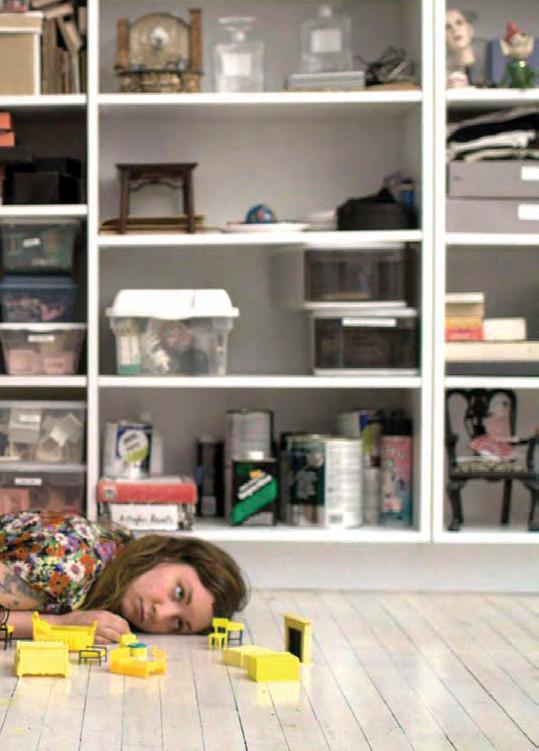


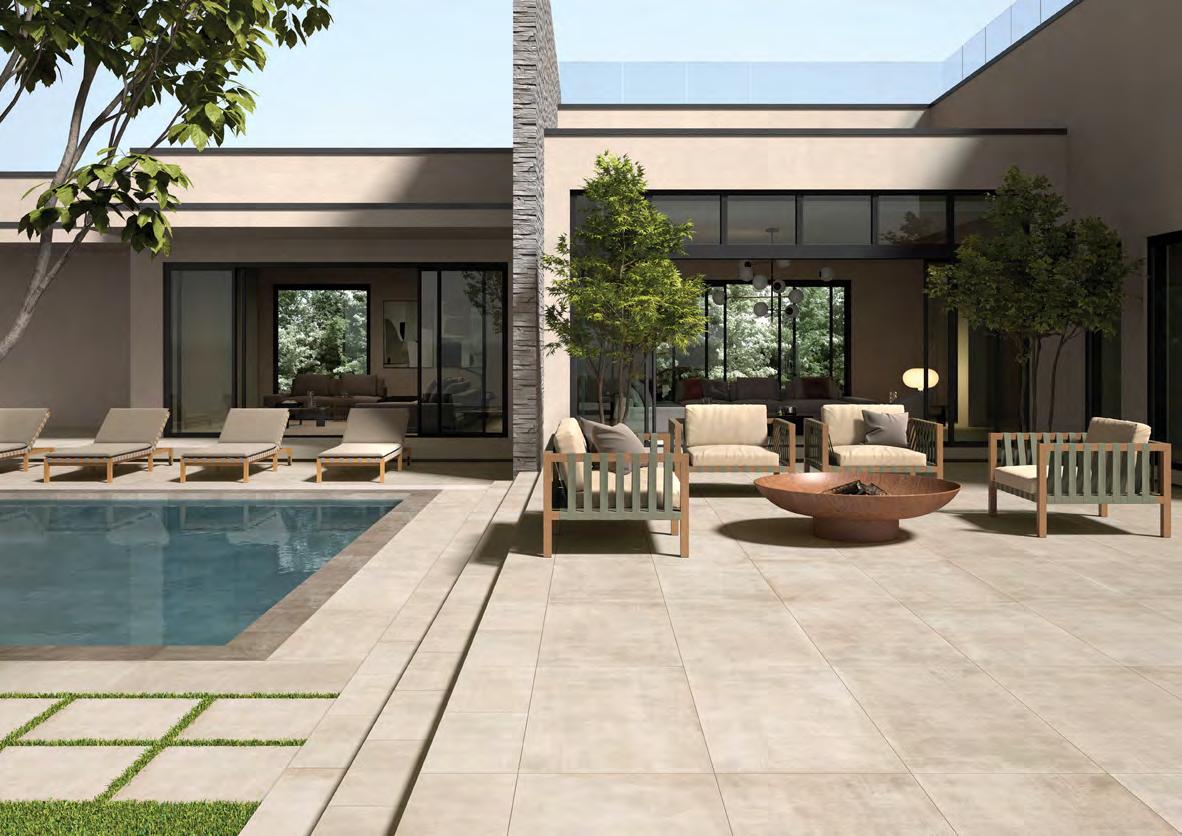
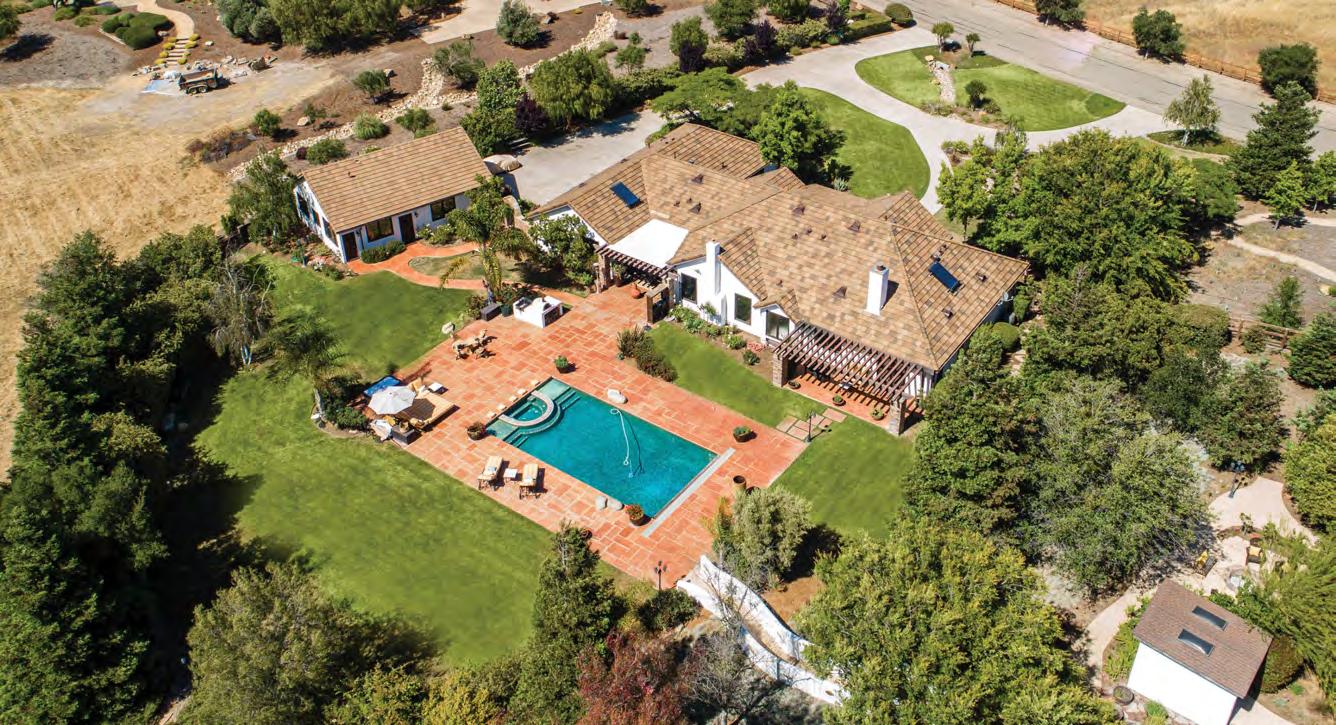
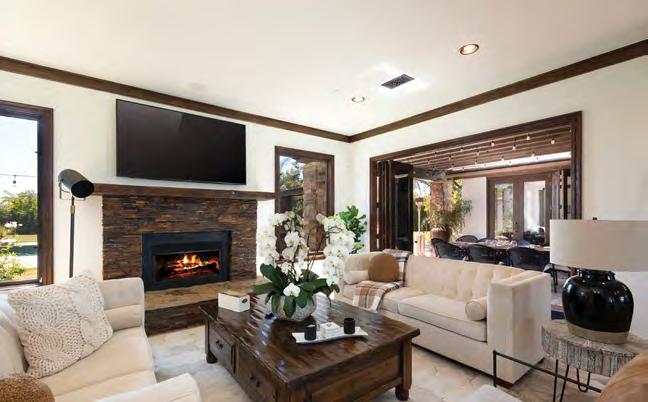
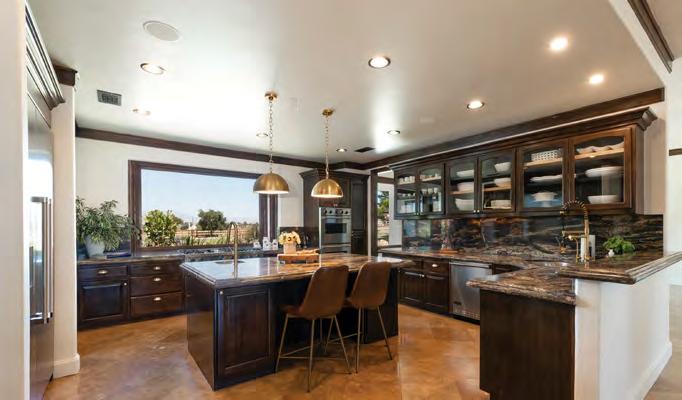

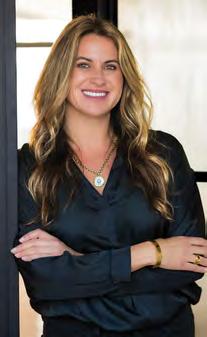


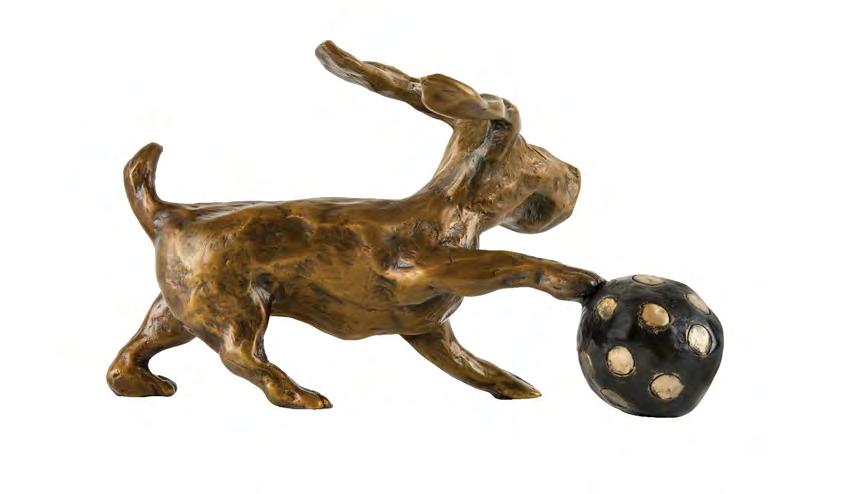
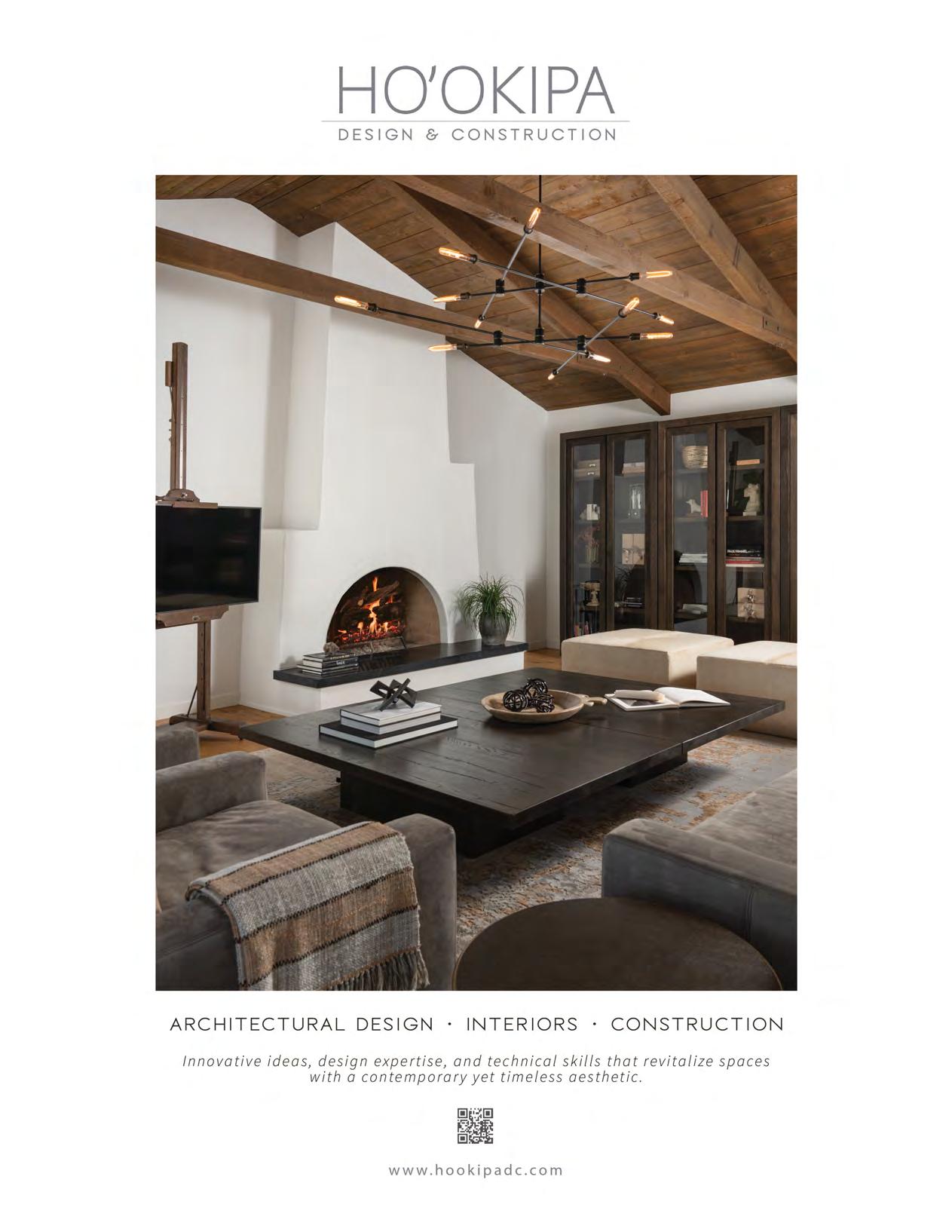
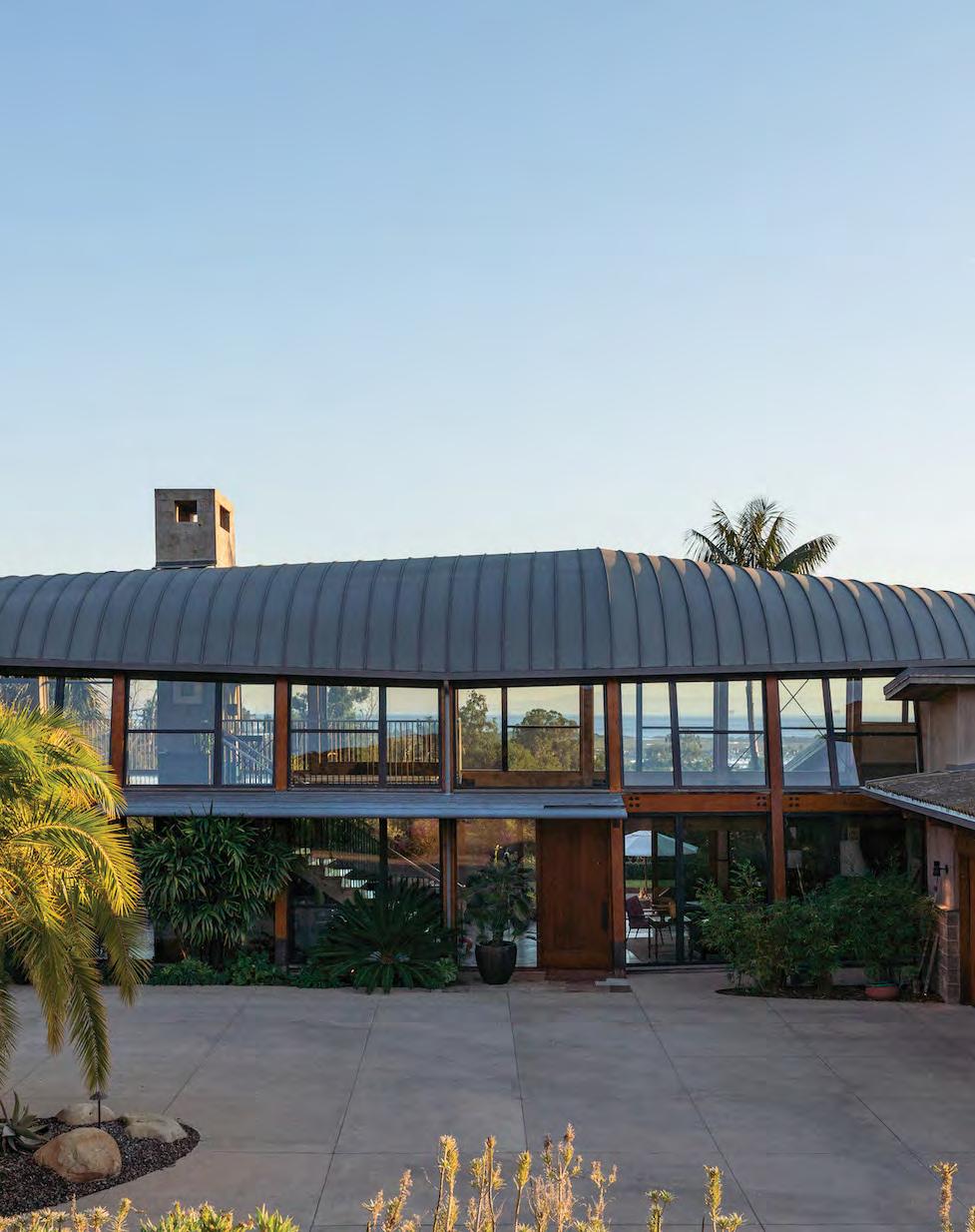
Mary Ta bought the farm.
No, not that one. Thankfully, the style and design icon – known for opening her dual ateliers Minotti Los Angeles and MASS Beverly in what seems like more innocent times, and for being the person who introduced a generation of influential Angelenos to a contemporary take on timeless mid-century modernism – is still with us. In fact, she has a recently arrived infant son to keep her focused on the future – a future that’s slowly shaping into a transformation begat of the kind of “midlife crisis” three out of four
doctors recommend for most humans seeking a fruitful life, but particularly for those with a restless creative bent. It’s the sort of phenomenon that visits Ta regularly, and which regularly results in big things, such as when she left a thriving law career because she was taken with the idea of bringing the artisanal Italian furniture maker Minotti to West Hollywood.
The aforementioned farm is in Santa Barbara County ranchland perched in the foothills above The Ritz-Carlton Bacara. She’s calling it Skyfield Ranch, and her plans for the place, Ta readily admits, are still gestating and coalescing. But she does
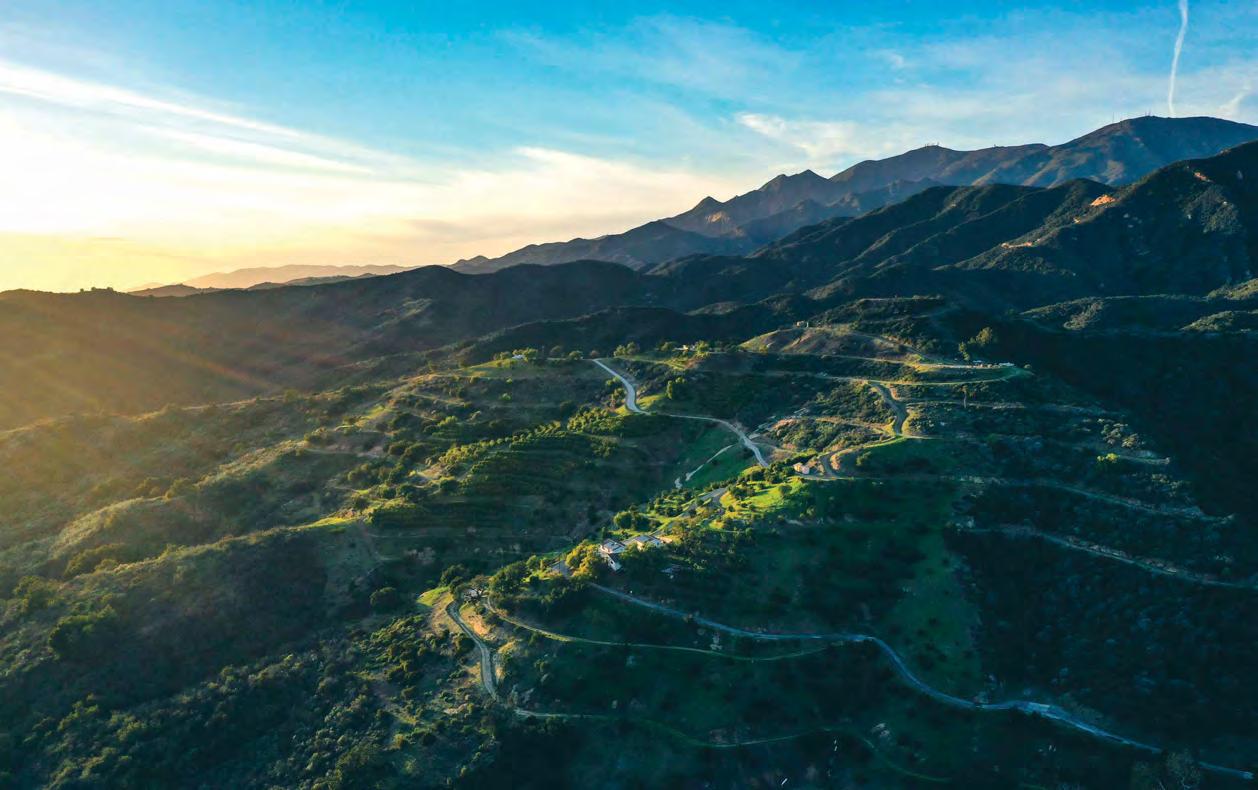
Ta may be one of the few who can accessorize a chopper and pup.

know this: Things – and she – are not the same as when she opened Minotti Los Angeles in 2004 and MASS Beverly a decade later, thereby, arguably, tilting the axis of cutting-edge home design in her direction. “I’m a different person now. That was 20-so years ago,” she says unsentimentally.
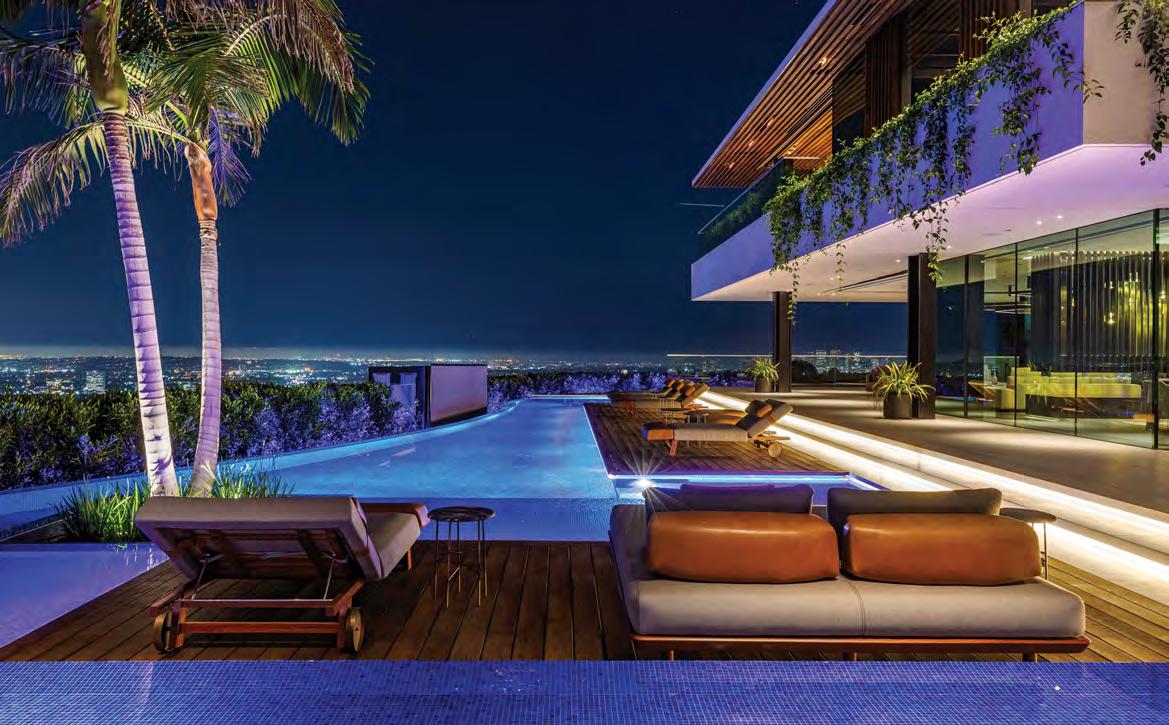
Ta was reluctant to do this interview, thinking it a bit premature. So much of what she’s processing is in flux: a new son, paradigmatic disruptions from the COVID-19 pandemic, the existential threat of climate extremes, and what seems like the ever-worsening lot of our unhoused population, particularly in urban areas. In talking with Ta, there’s the clear sense that she is grappling with transition – the world’s and her own. “I feel like right now, a lot of people are searching for an identity,” she says. “And especially with the pandemic, which kind of broke a lot of our structures and beliefs and even our functionality.”
It’s also a hopeful time, as change often is. As she discusses in the ensuing interview, hope is a seed, and that seed can be found in the very thing that has remained essential to her through all her changes since she first started expressing her own agency and individuality. “Beauty is very hopeful,” she says.
As refugees from the Vietnam War, Ta’s family was among the 800,000 so-called “boat people” who fled Vietnam in the late1970s. With extended family now scattered across the globe, Ta knows about the power of beauty. Her family finally settled in Pasadena, and when she was 11, she started making her room her own – painting it, buying plants, designing it. Ta never for-
got the experience of asserting agency, beauty, and a measure of safety over her own space and how it helped her navigate the early traumas of her life that never left her, even as her horizons later expanded with scholarships to fancy prep schools and elite universities. What she learned is that when you know your Why –your purpose – you have the essential tools you need to navigate life. “I’ve always been very interested in being a person who has a purpose,” she says. “I know my Why.”
Now, she’s interested in how she might help others find theirs. She believes Skyfield Ranch – the farm she bought at the onset of COVID to potentially live out her End of Days – may hold some of the keys to the next iteration of her purpose-driven life. Here, we discuss beauty, purpose, identity, the greatest designer of all (hint: it’s not a person), and more.
Joe Donnelly: I’m guessing that your Why is at least somewhat informed by your experience of coming to Los Angeles and how that shaped you. Could you speak to that a little bit?
Mary Ta: As a child, I lived through the Vietnam War and saw soldiers going into my house and my father trying to help them. And then my family was displaced, and everyone had to escape for safety. We didn’t have food; we didn’t have money. We were refugees in a camp in Hong Kong. Having that kind of experience, you don’t have a lot so you really appreciate every small thing. That’s what it does to you. And also, you don’t really have any entitlements because you don’t have anything to be entitled to. You’re actually trying to build all the time because
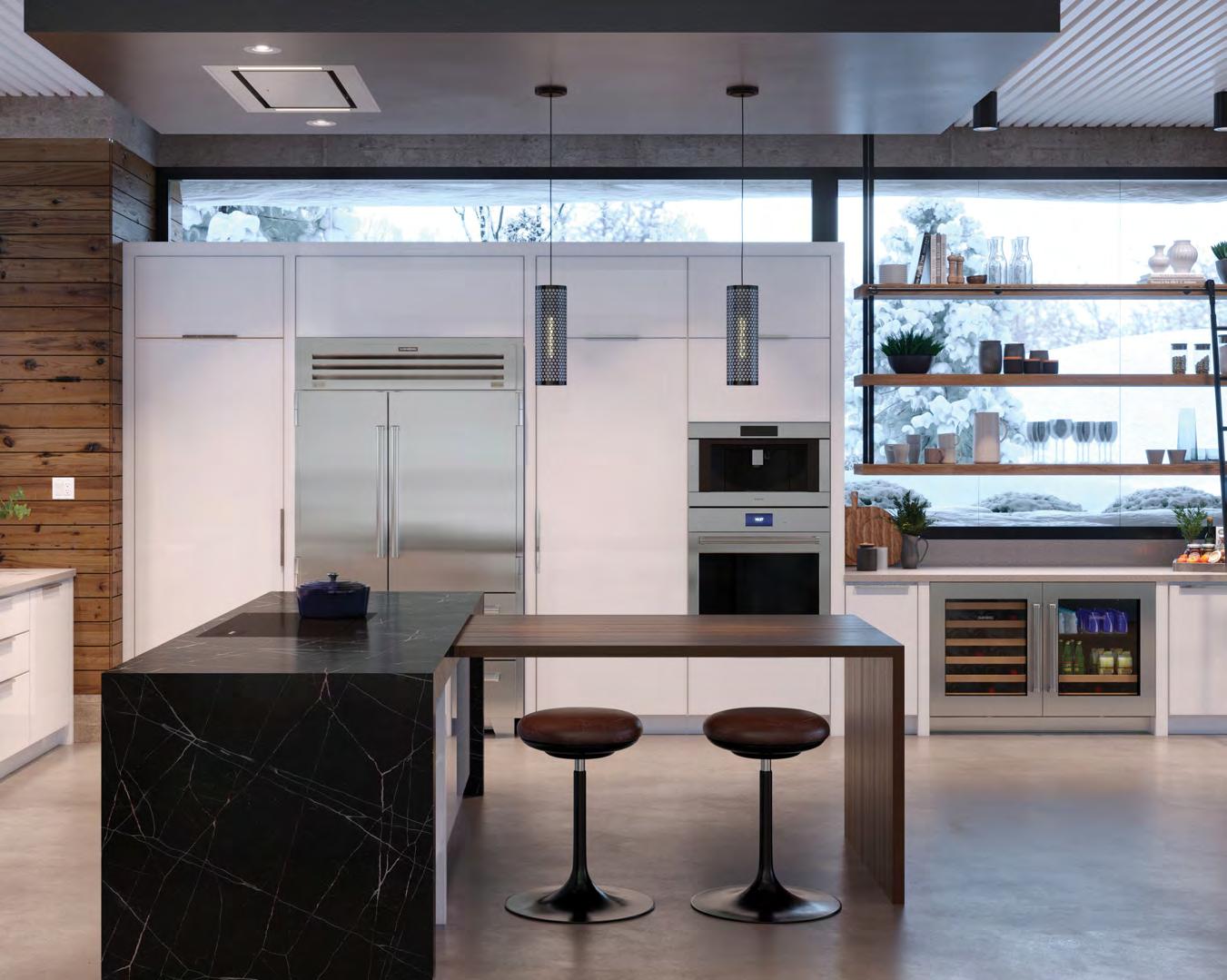

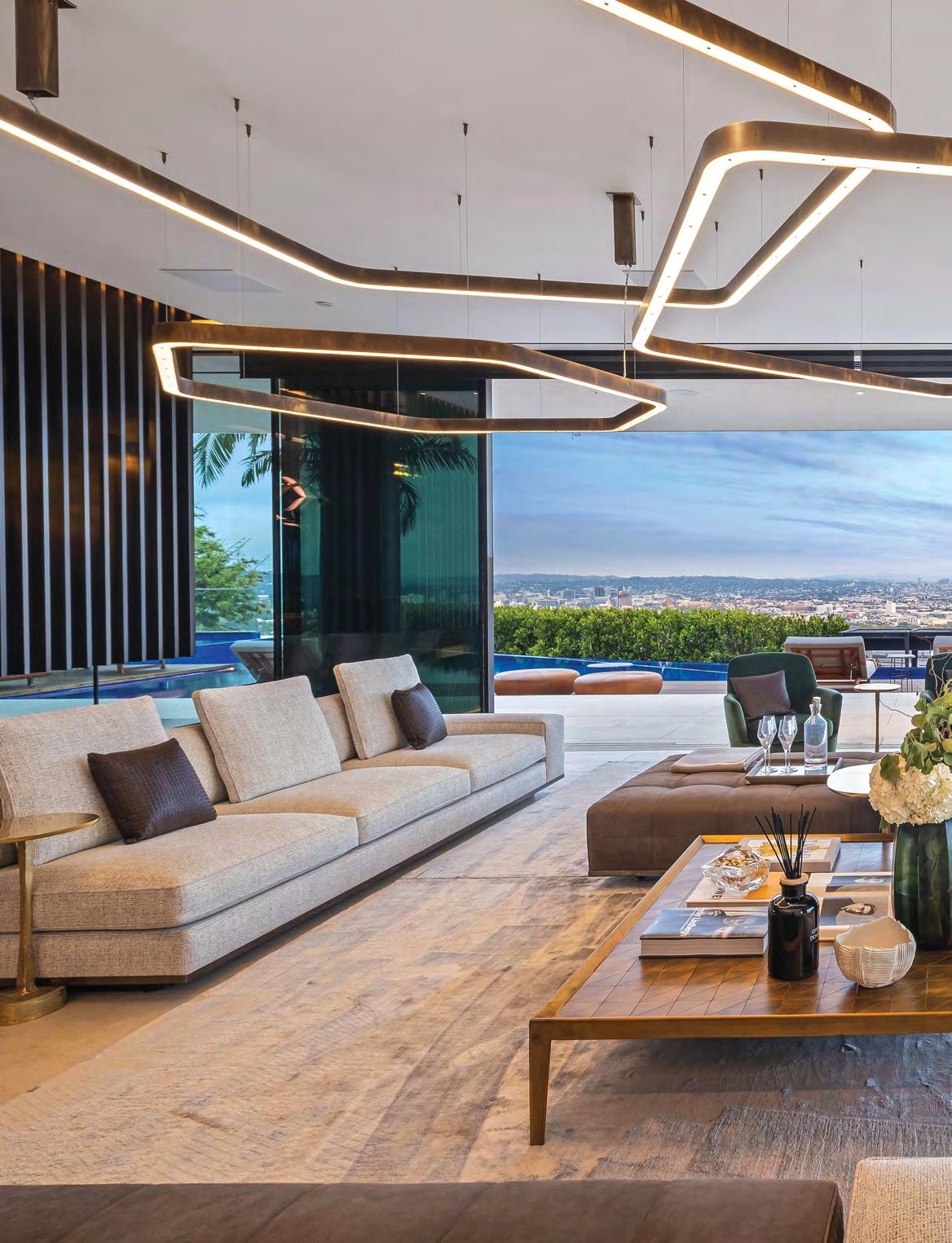
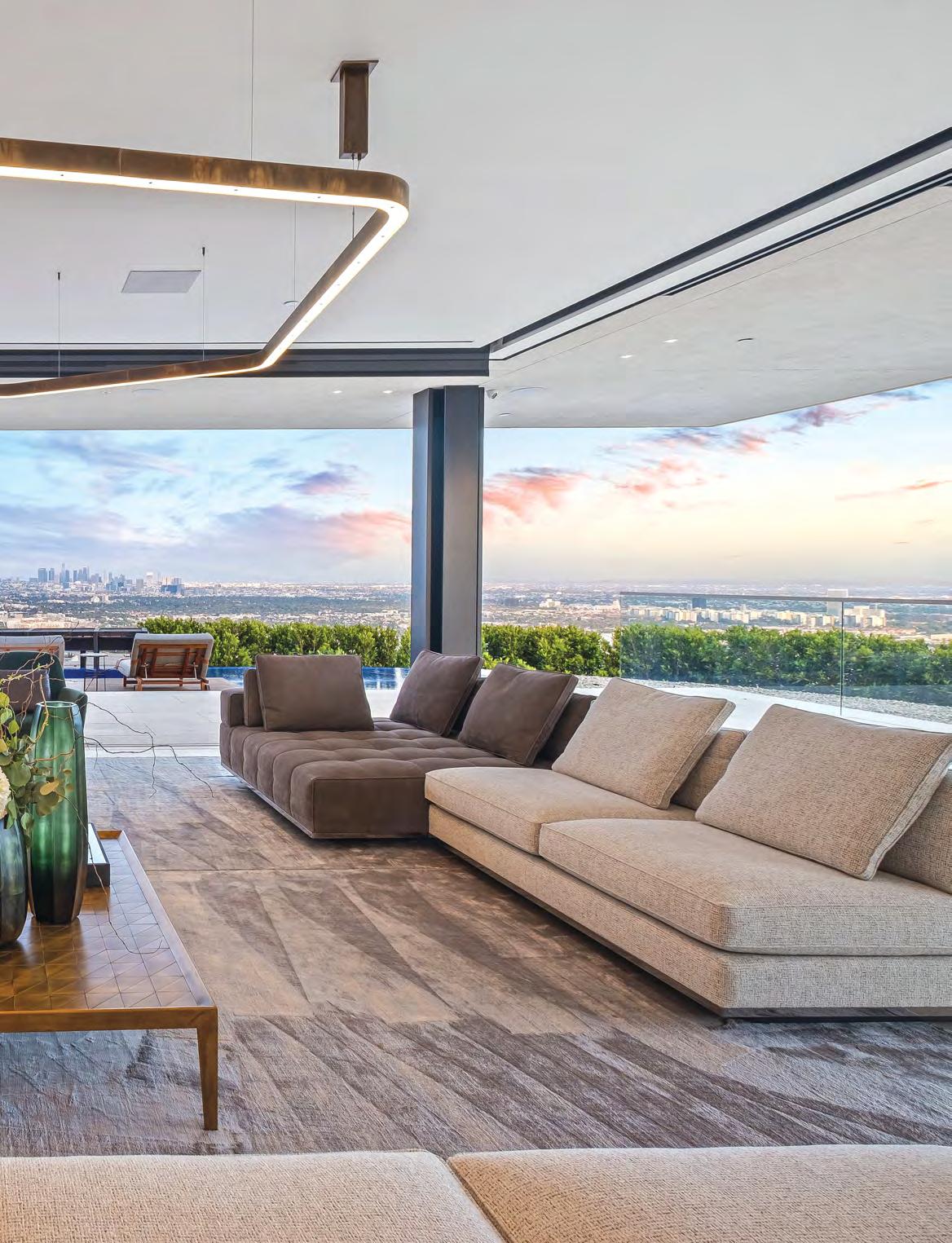
you come from zero. And so, when I was 11, my family came to a place where I was able to have my own room, and I painted it all pink. I decorated it myself.
JD: It was one of your first expressions of agency and self-identification.
MT: Yes. And also control of my environment. So, at 11, when I realized that for the first time in my life, I was actually like, ‘Wow, I feel so much better!’ I saved all my allowance and I bought paint. That was the thing that had the biggest impact for the cheapest price. And it was an empowering realization of how your environment can change your mind and heart so significantly.
JD: It’s also one of those things that speaks to the role that Los Angeles played in the country and in the world during that era, which was a place refugees from Southeast Asia and from South and Latin America flocked to. Safety was the primary driver – safety and opportunity.
MT: Yes, it’s immense. This dynamic of these groups of people created this community and this culture, which is so rich… And that was from trauma, from war, from hunger, from coming here to create a new home. If people really understood it, it’s very metaphorical of today’s homeless situation, because these people are coming here, too. They’re not safe. And then in the middle of it is where we should ask the question, ‘What happened before now that was successful? Why is it not successful right now?’
Obviously, there are a lot of differences. For example, people have mental illnesses. And I’m not trying to compare it, but I’m just saying that a lot of refugees have mental and emotional traumas as well. And so, if a group of people were able to come to a place in their life and create a home, which is the environment that I’m talking about, it’s the beginning of a feeling. It’s like when that first little sprout comes, when something seeds. I have a farm. You have this dry seed, you have the soil, you have water, you have sun. When you put that seed in the ground, the first time that tiny little green bud pops out is the first hope.
JD: Right.
MT: I think that a feeling of safety is the foundation. I experienced that through my physical environment – my bedroom. Because of that, I just instinctively attached myself to that idea and always loved changing things to affect my feelings through my environment. I didn’t take drugs to feel better. I would buy a plant.
That’s the first element – this seed, this sprout – of a sense of your environment and safety. The second is exposure – exposure to other possibilities. That also gives you hope. And the third is community. We need someone. We can’t do this on our own.
JD: So, tell me how this all translates to what you want to say today.
MT: Basically, it goes back to the Why. If you know your Why, you can achieve it. There’s a higher probability for success when you know why you’re doing something. And we as a peo-
ple and a state don’t even know what is important to us right now. What’s our Why? I feel like as a people, so many have become just... reactive.
JD: Good point.
MT: Right now, what’s not working is we’ve lost our Why, and we go into the What. We’re constantly like, “What do we buy? What do we do? Where do we go? What, what, what?” You know?
JD: Tell me how this involves you and what you’re doing.
MT: How it involves me is when I opened my first business, it wasn’t a business to make money. Some people will create a business with numbers and profit margins and calculations, and it’s like a multiplication effect. When I opened my business, from the beginning the intention was to help people create safety, whatever that was for them. I didn’t exactly plan for my demographic – obviously it’s people with great financial resources – that was just a result of my aesthetics and that I chose the brand Minotti.
And then the pandemic caused this crescendo of what seemed like the whole world focussing on their home and their environment and how they live in it. It began like a cocoon, like you wanted to save your safety. It really was amazing. But then, the outside – which is the community – fell apart.
During the time when I was experiencing all of that, I realized that we need to go beyond our own home. Like, just to go outside of that home. So I bought my farm during the first month of lockdown. And my intent was to help as many people as possible… feed them, feed people. That’s why I wanted a farm and not just a house. But we had to be able to make something that
“IF A GROUP OF PEOPLE WERE ABLE TO COME TO A PLACE IN THEIR LIFE AND CREATE A HOME, WHICH IS THE ENVIRONMENT THAT I’M TALKING ABOUT, IT’S THE BEGINNING OF A FEELING. IT’S LIKE WHEN THAT FIRST LITTLE SPROUT COMES, WHEN SOMETHING SEEDS.”
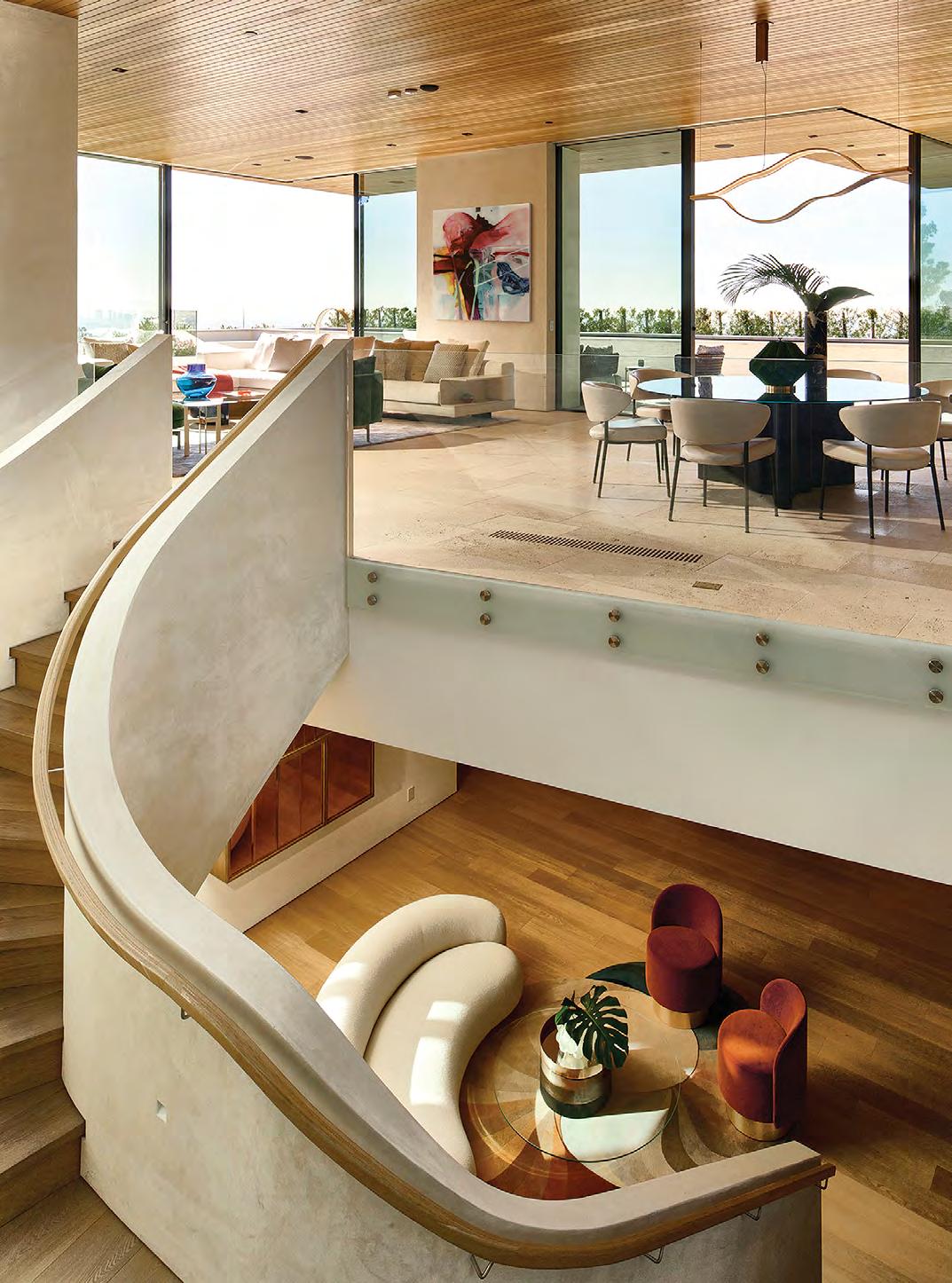
would sustain us. It starts from nature. It was like this giant, full circle. We have to have food. We have to have water. We have to have shelter.
JD: What are your hopes for the farm? What do you plan to do with it that is going to contribute to the common good?
MT: I think it’s about allowing people to experience what it means. I’m not a farmer, but I bought a farm. It came with 1,400 caviar lime trees and 1,400 avocado trees. I planted several hundred other trees and tons of veggies. I put about 6,000 fish in the reservoir. Do I want to become a farmer to sell produce? No. That already exists. Am I inventing nature? No. That already exists. Do I want to create a hotel or an event space for weddings? No. That already exists. What I’d rather do is to somehow heighten people’s understanding that nature is a resource that can make them feel better. Like medicine.
Just being there – or planting or harvesting a vegetable or taking a hike – makes you feel better. A lot of my friends’ children who were teenagers during COVID experienced mental issues. They came here and they made significant improvements. One of my friends, her daughter didn’t leave her house. She had panic attacks. So she came and spent some time, rode horses, and ended up being able to function well again and go to college. Nature can have a healing effect.
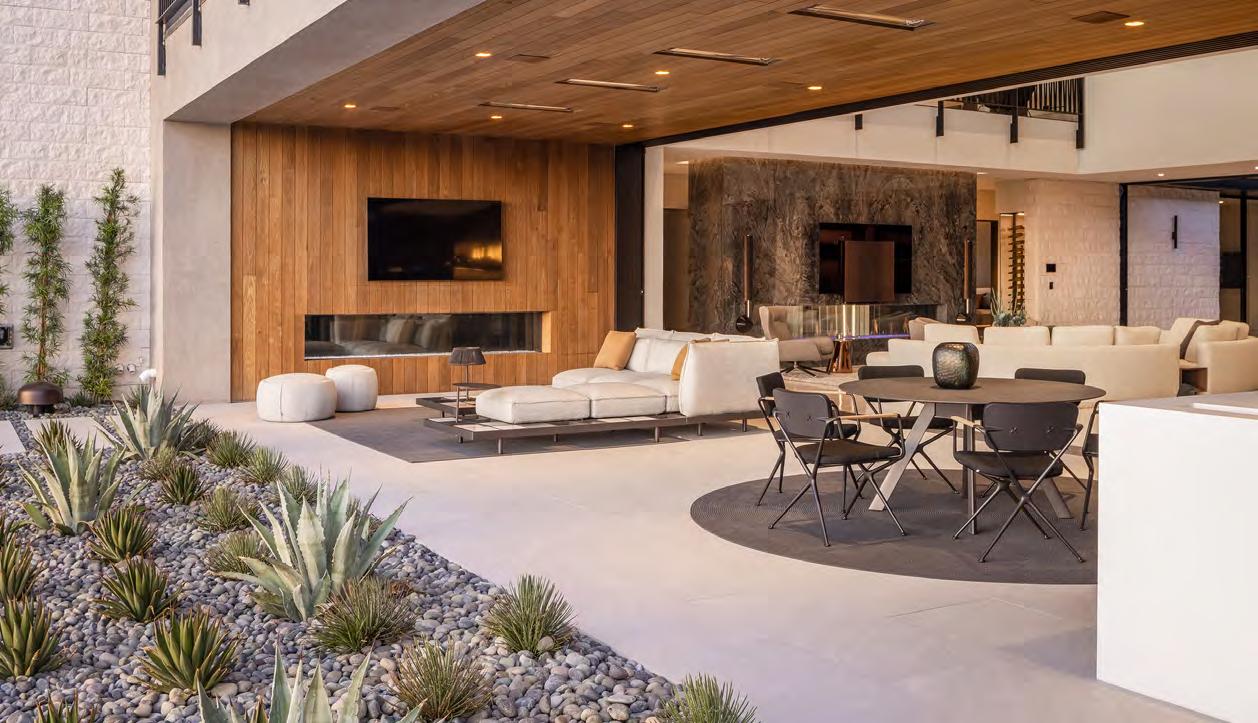
“I SAVED ALL MY ALLOWANCE AND I BOUGHT PAINT. THAT WAS THE THING THAT HAD THE BIGGEST IMPACT FOR THE CHEAPEST PRICE. AND IT WAS AN EMPOWERING REALIZATION OF HOW YOUR ENVIRONMENT CAN CHANGE YOUR MIND AND HEART SO SIGNIFICANTLY.”The indoor/outdoor concept at a home in Henderson, Nevada.
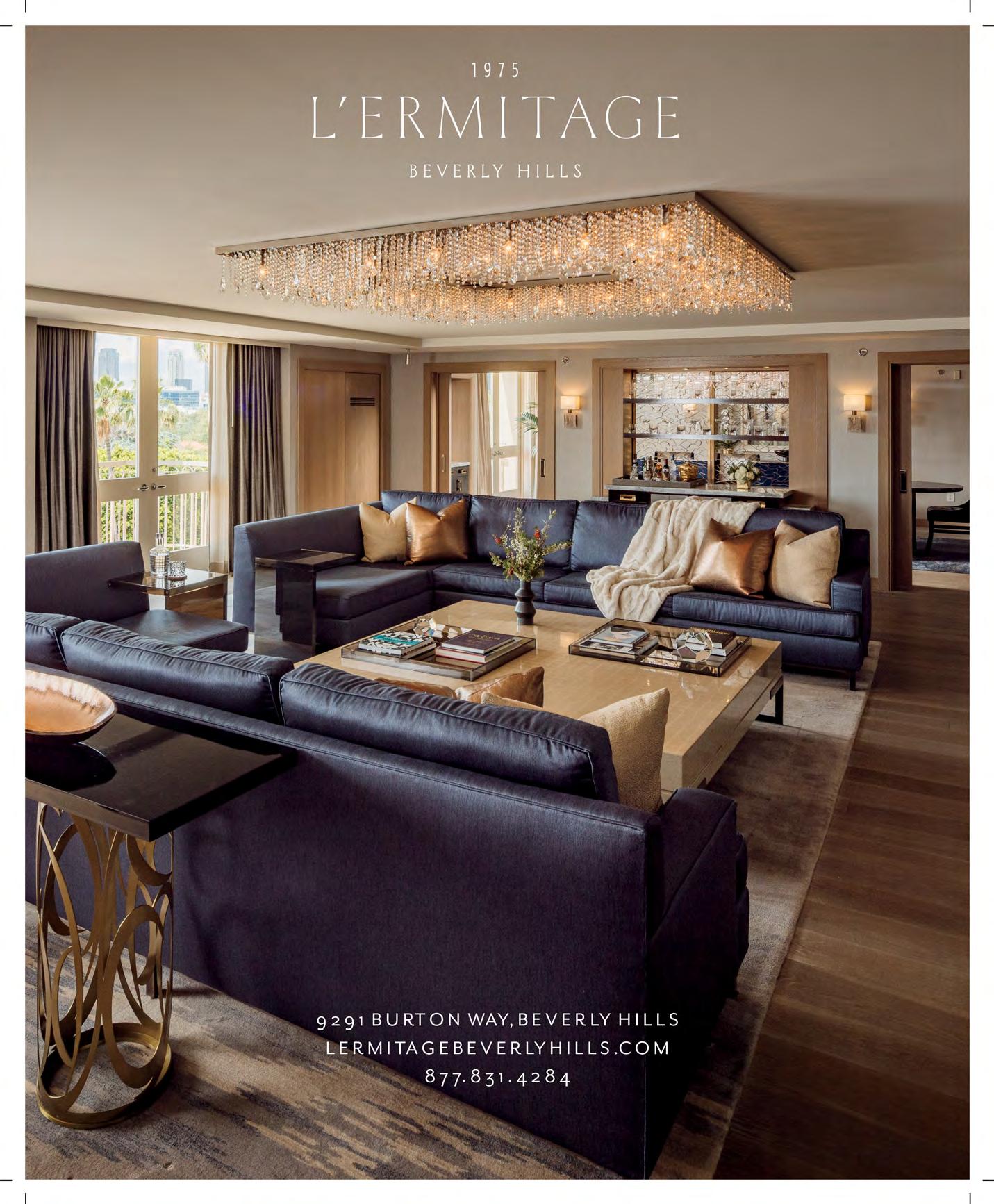
JD: Do you have any intention to, for lack of a better word, democratize your vision?
MT: During COVID, I was given a book about biophilia. And the book is amazing because it specifically discusses how nature is the origin of all designs and patterns – from color to architecture, shapes, domes, and homes… to staircases from a shell to textures and music. So, I guess my current religion in a sense is biophilia and knowing that no matter what happens in the world, nature will survive. Because that’s what happened during COVID – you saw the strength of nature. Nature is a deity. And that faith and feeling of connection and safety was amazing. And then it kind of connected all the dots for me, and I realized that I’ve always been very connected to design. And why? Because it’s not just something pretty, but there’s purpose. Nature creates design. There’s a Why to everything. And that epiphany was incredible because I was also in a place where I was contemplating whether or not I should have a child.
I started to think about what kind of world I want my child to live in. I want to raise a child to be a responsible member of the community and not be entitled. So, for me to have a child, I must have hope that it’s going to be right. And I had to find that hope within myself. And learning about
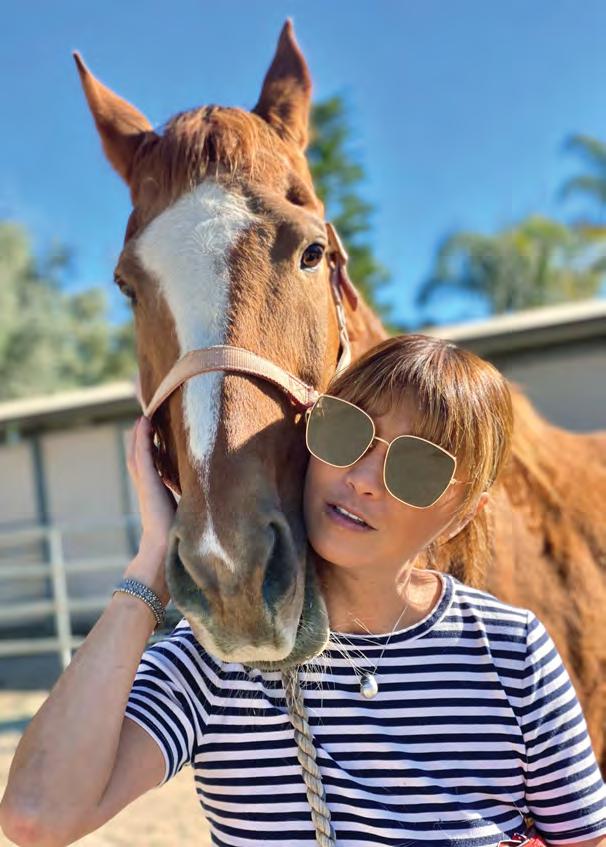
biophilia – learning how design connects, and how technology can find a balance or harmony and a purpose with nature and design – made me come to this realization that what I want to do with the farm is not what’s normal, but to actually create, in a way, an understanding and a connectivity that nature is the origin of all design.
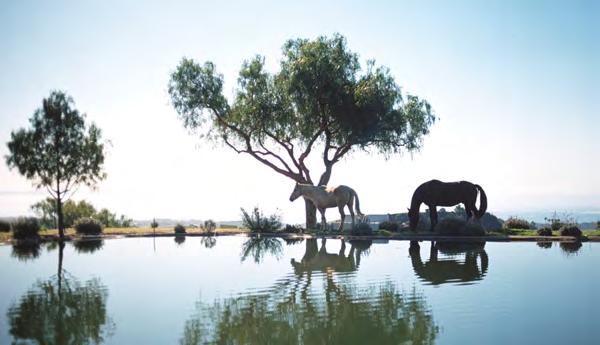
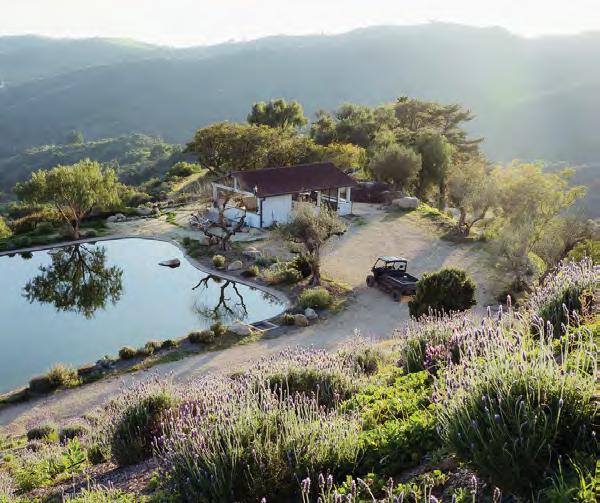
The world is designed by nature. Your life is designed by nature. And design is also my expertise. My contribution is an understanding of design. And what is design? It is purpose. There’s nothing you’ve bought that has its design that doesn’t know its Why. And I really love that. And when people know their Why, they will not hurt each other. They will not hurt themselves; they will contribute better.
How do you want to show up? How do you want to be involved? For me, I always knew that your environment is the most important thing. And the way I understood that, or the language of that for me, is design. To understand that Mother Nature is the ultimate designer just makes it way bigger for me… So design is the thread that ties nature and humans. And if you can find that in harmony, I think that’s really beautiful.
“I want to create a connectivity, and an understanding that nature is the origin of all design,” says Ta.Who’s surprised Mary Ta’s Santa Barbara farm is magical and beautiful? Not us.



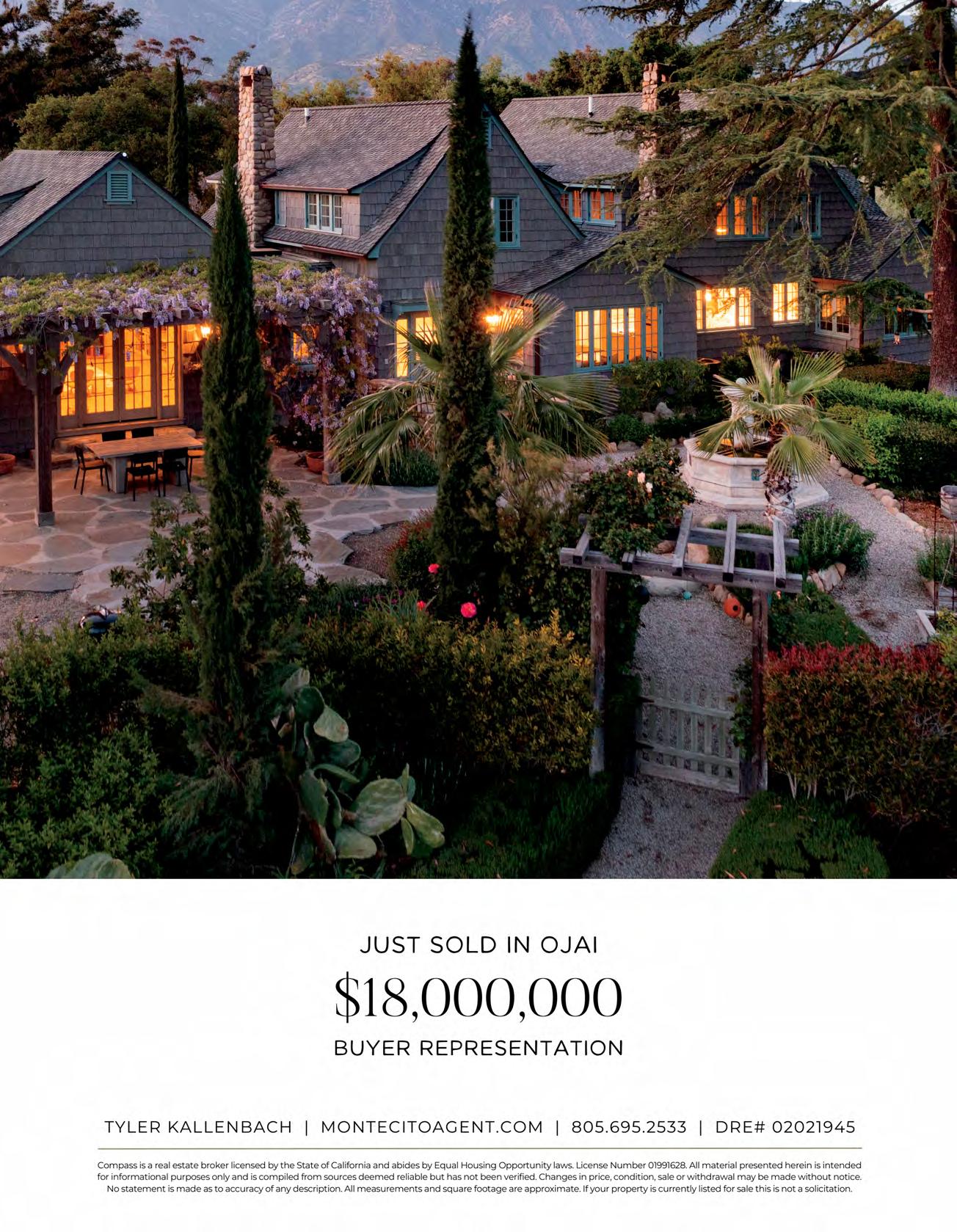
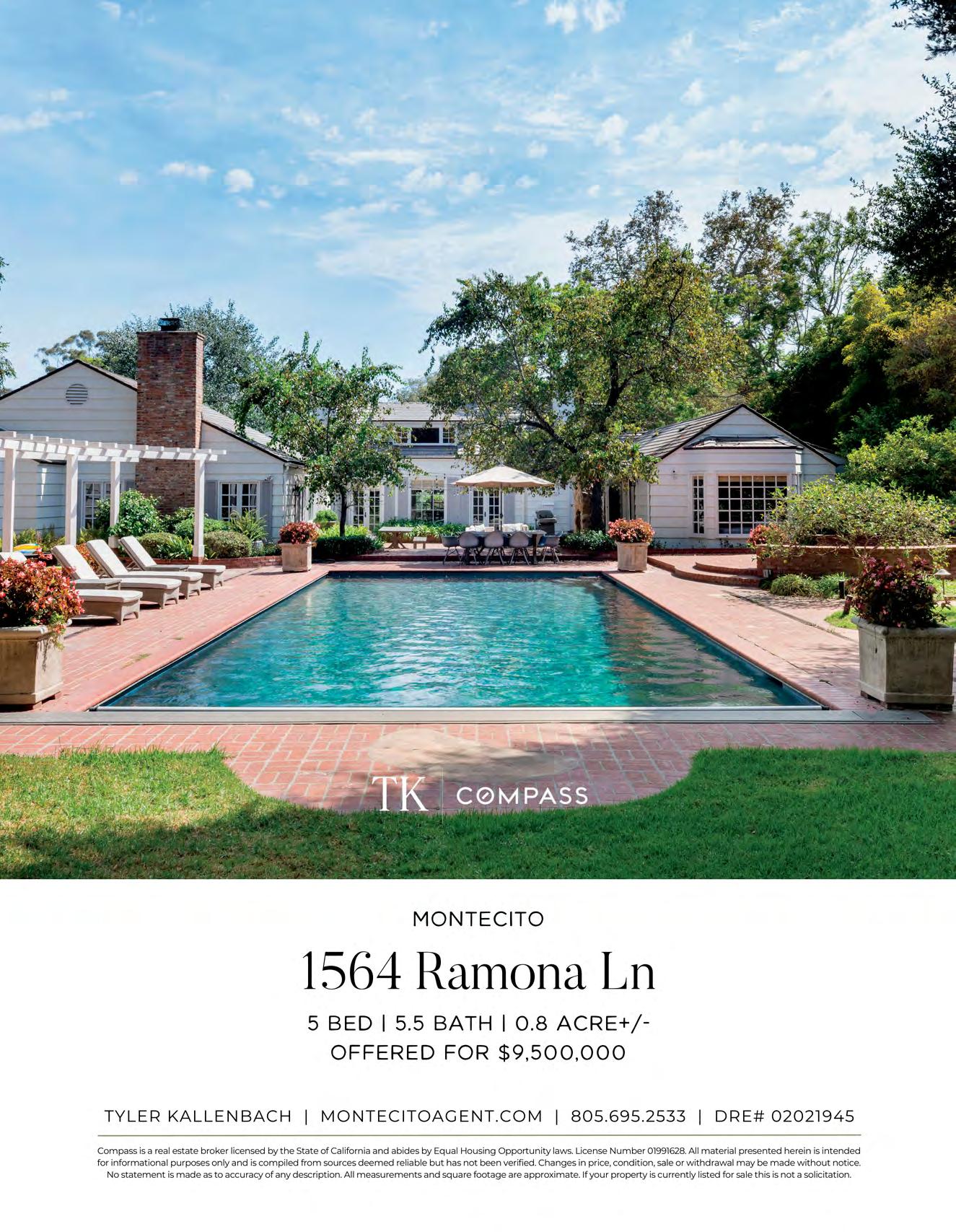
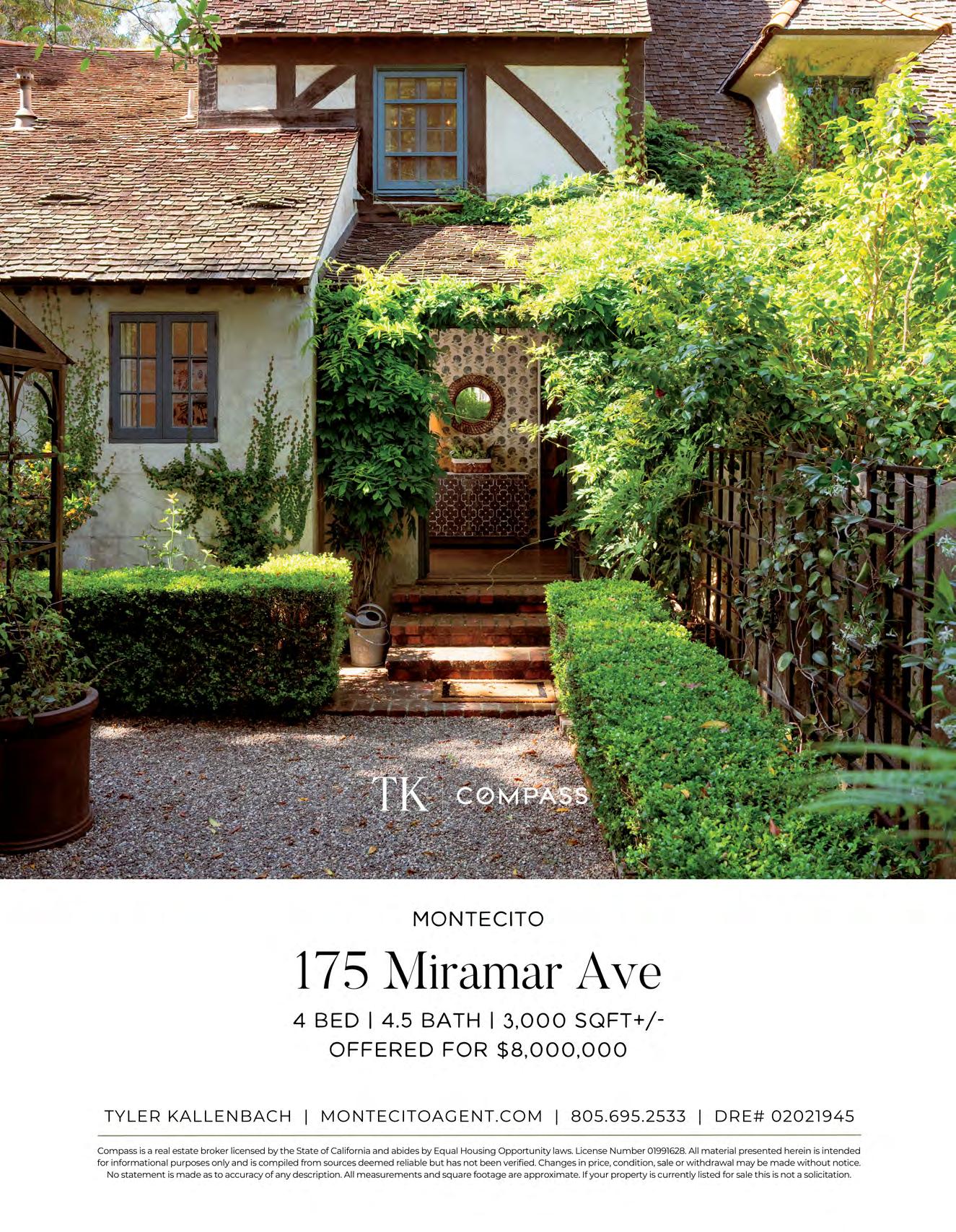
Sept 28-Oct 1, 2023





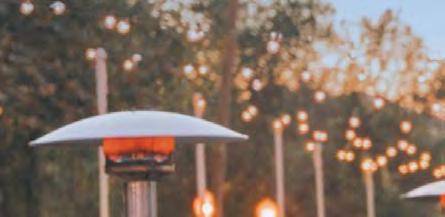

www.TasteSYV.com
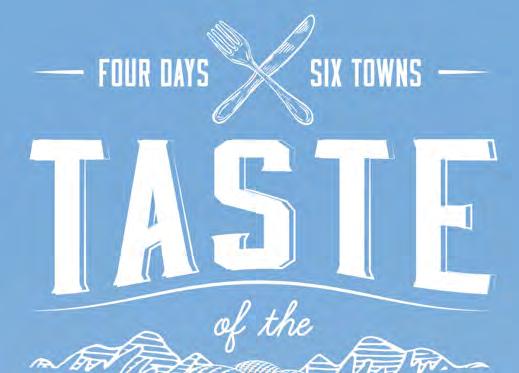

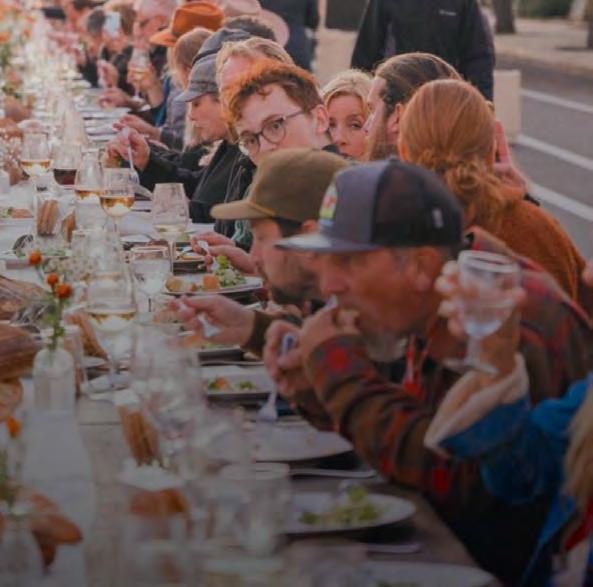
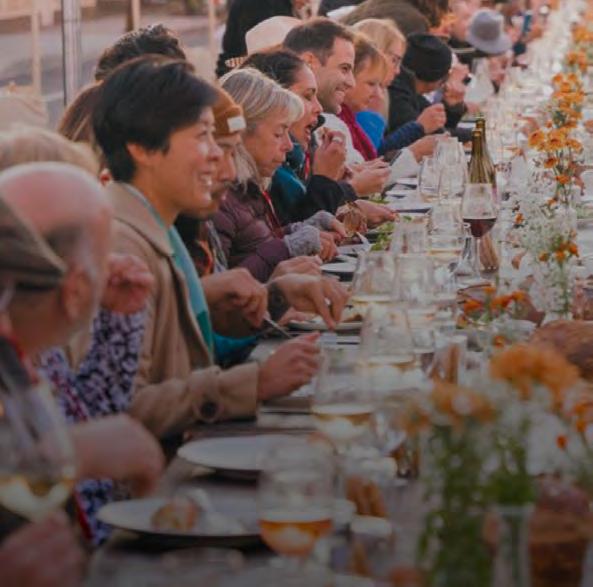
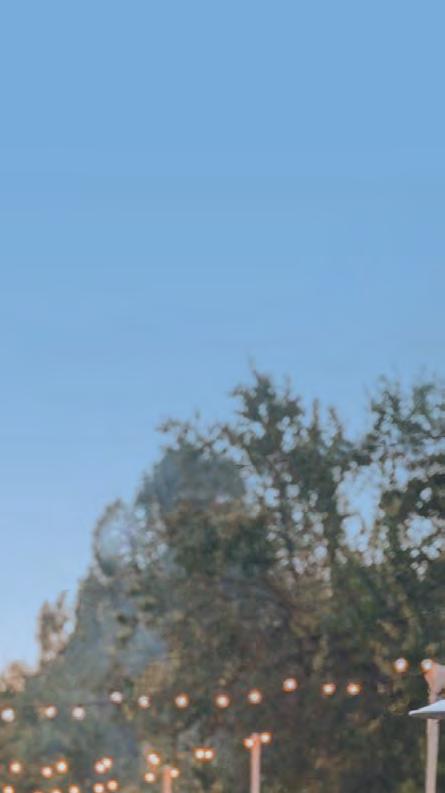

Don’t miss our annual four-day celebration of food, wine, and more across the towns of Solvang, Santa Ynez, Los Alamos, Los Olivos, Ballard, and Buellton. Experience curated wine tastings, chef-driven long table dinners, lunches, and activities, all celebrating the incredible offerings of this California wine country destination. Plan your trip today.
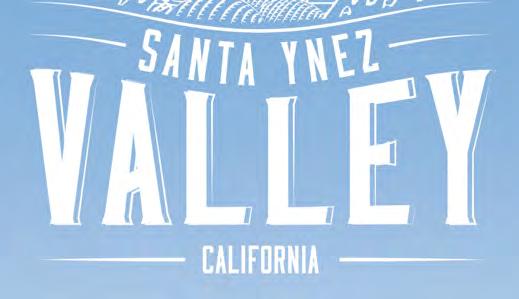
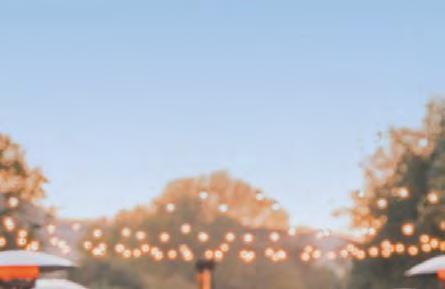
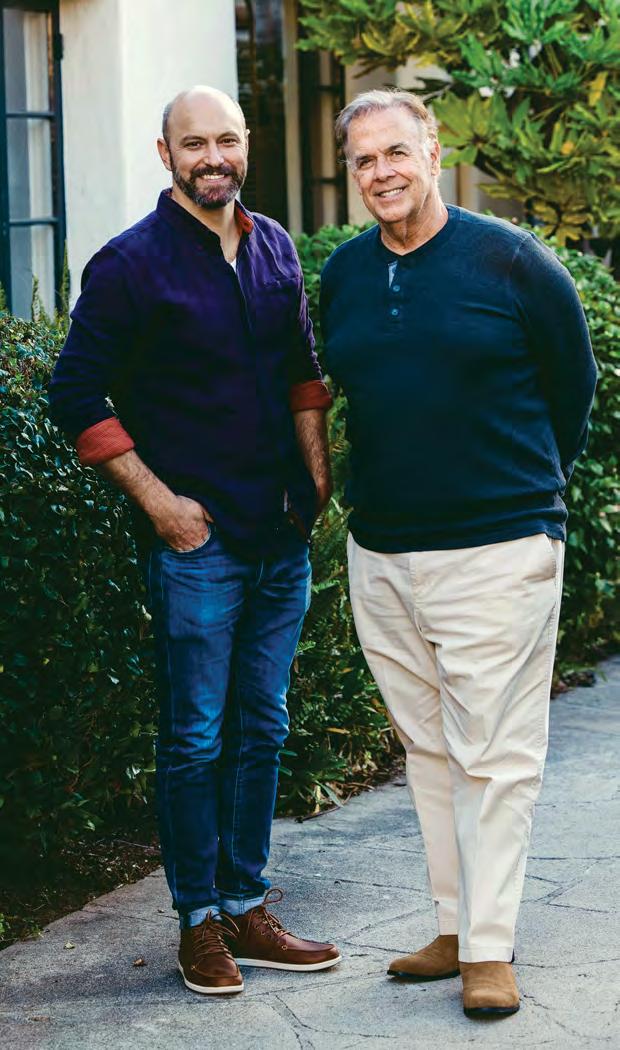
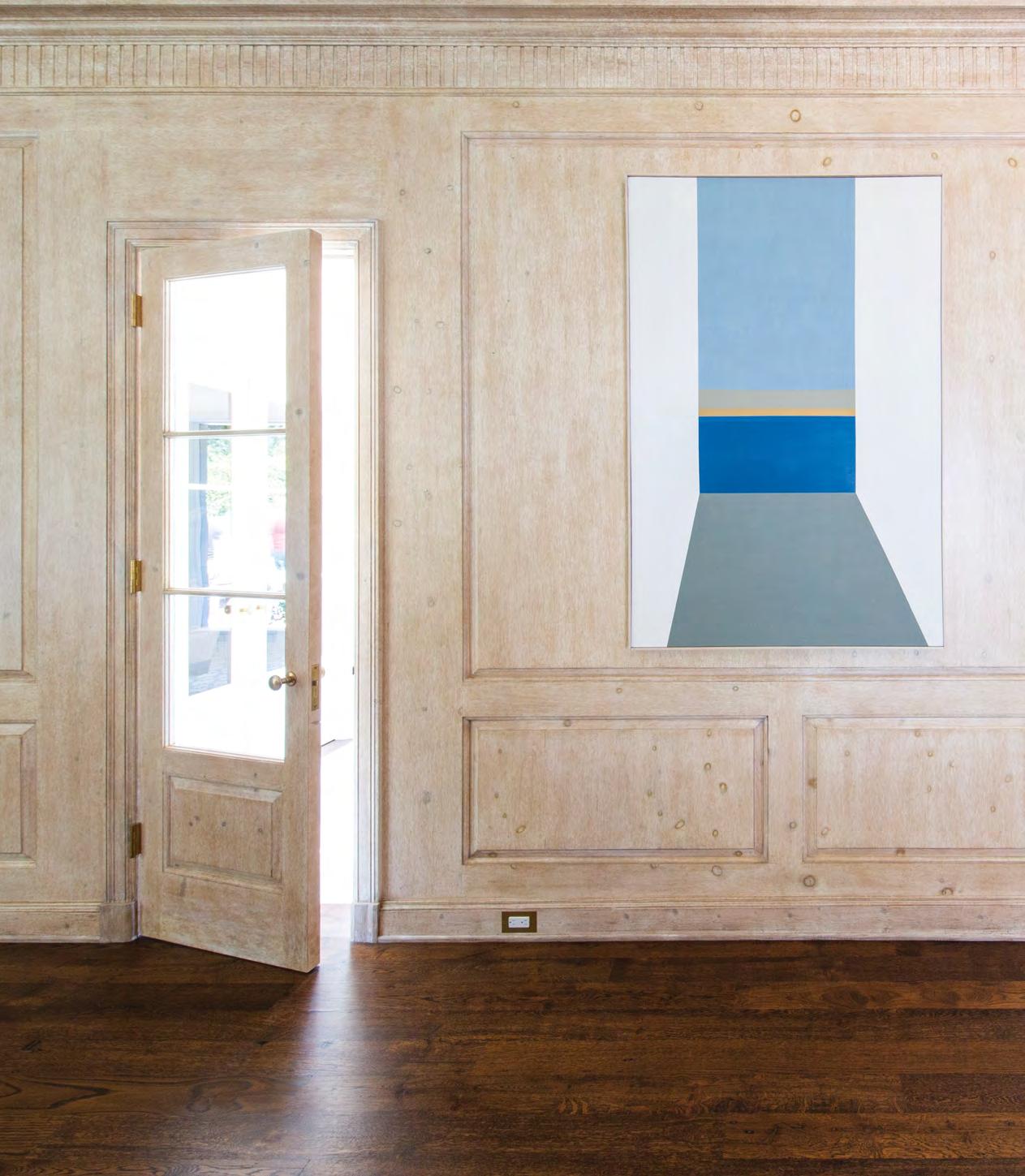
Though headquartered in Ojai, many of the home design projects undertaken by Two Trees Architects – a boutique residential architectural firm specializing in the use of organic materials – are located in Montecito. That’s not too surprising given that founder Daniel Longwill previously worked for a decade in nearby Carpinteria as a project architect at Neumann Mendro Andrulaitis Architects. Longwill specializes in working directly with homeowners and contractors to bring their vision of American Riviera home living to fruition with expertise gained from more than 20 years of working in Southern California.
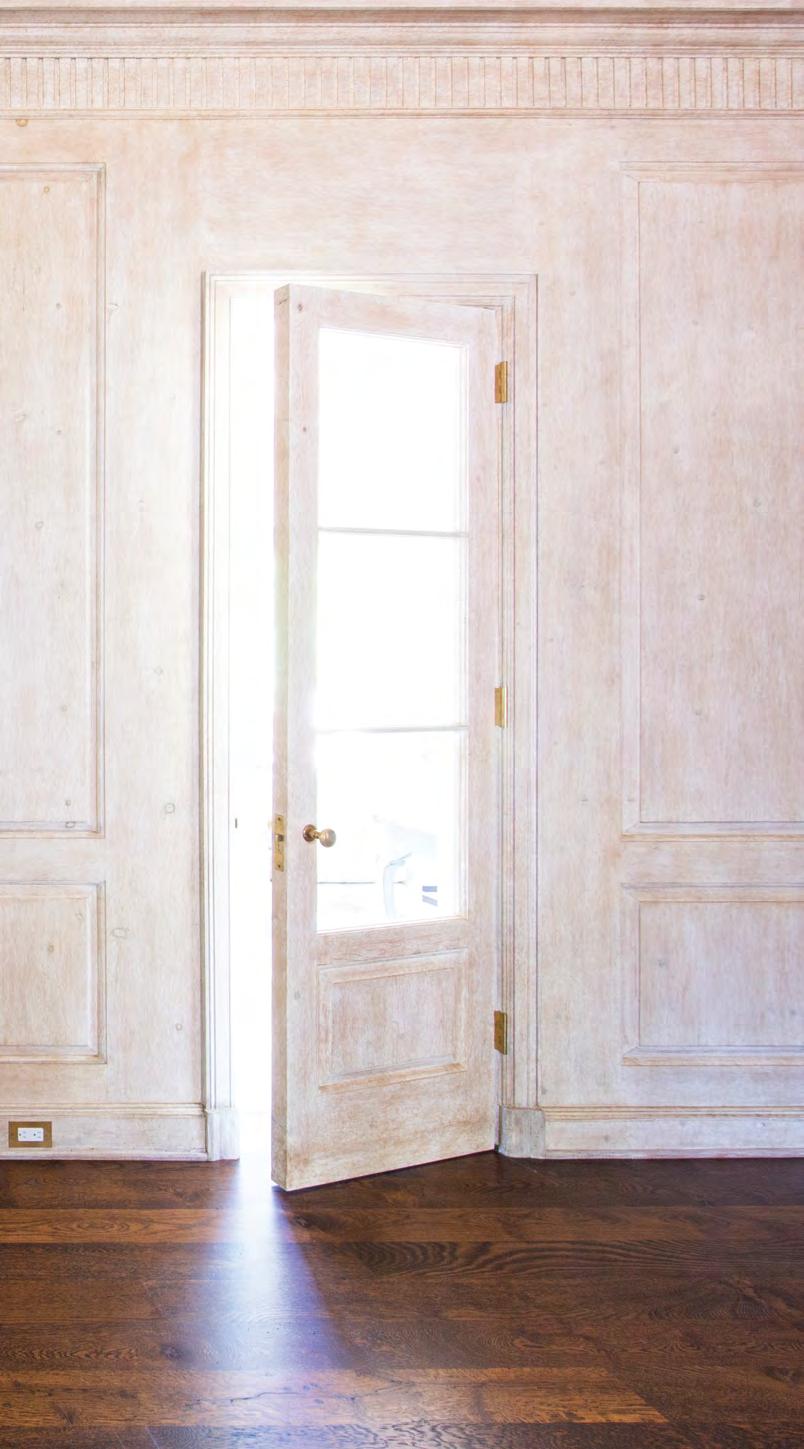
Two Trees boasts a roster of uniquely exigent projects. They range from extensive renovations of historic abodes subject to extra scrutiny by local officials to entirely new dream homes situated in rugged areas that present their own construction challenges, demanding experience and finesse.
One example of the former is a 100-year-old house on Pepper Lane that Longwill recently completed. The remodel was so extensive that it required painstaking renovation down
to the structure’s framing, and old-vine grapes had to be moved to special scaffolds during construction to preserve their heritage. “The house had a story to it, so we embraced the opportunity to let it inspire us in terms of design,” recounts Longwill.
Built in the 1930s, the home was purchased from previous owner Drew Barrymore in its original configuration with original doors and windows. Two Trees stripped the house down to bare wood and fully restored it with new materials that managed to retain
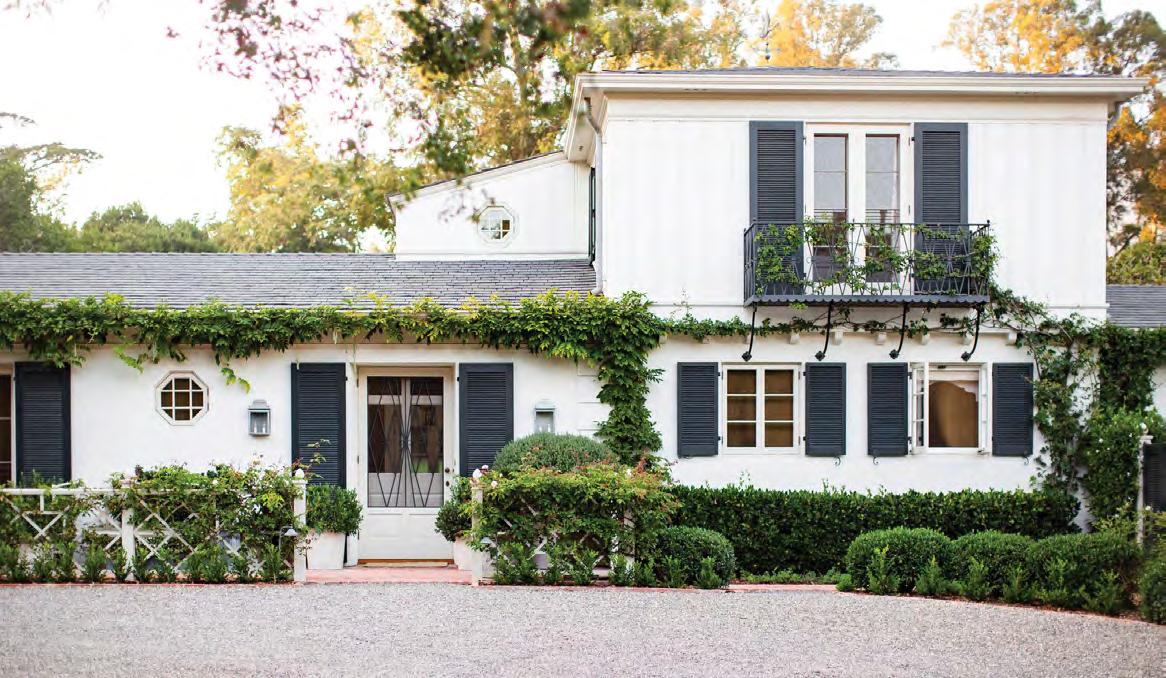
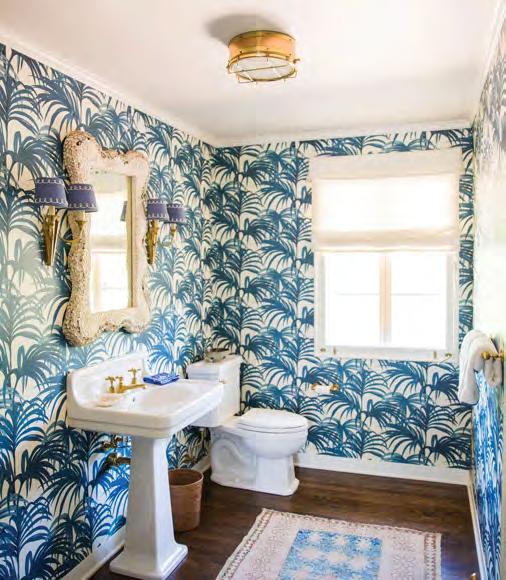
the structure’s historic charm. Modern-day window screens were replaced with bronze wire mesh; period window cranks were plated in raw brass. Door hardware was replicated and remade by a Los Angeles-based historical hardware specialist.
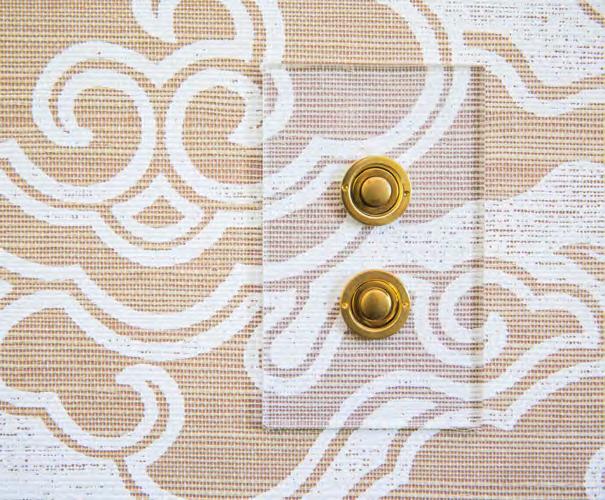

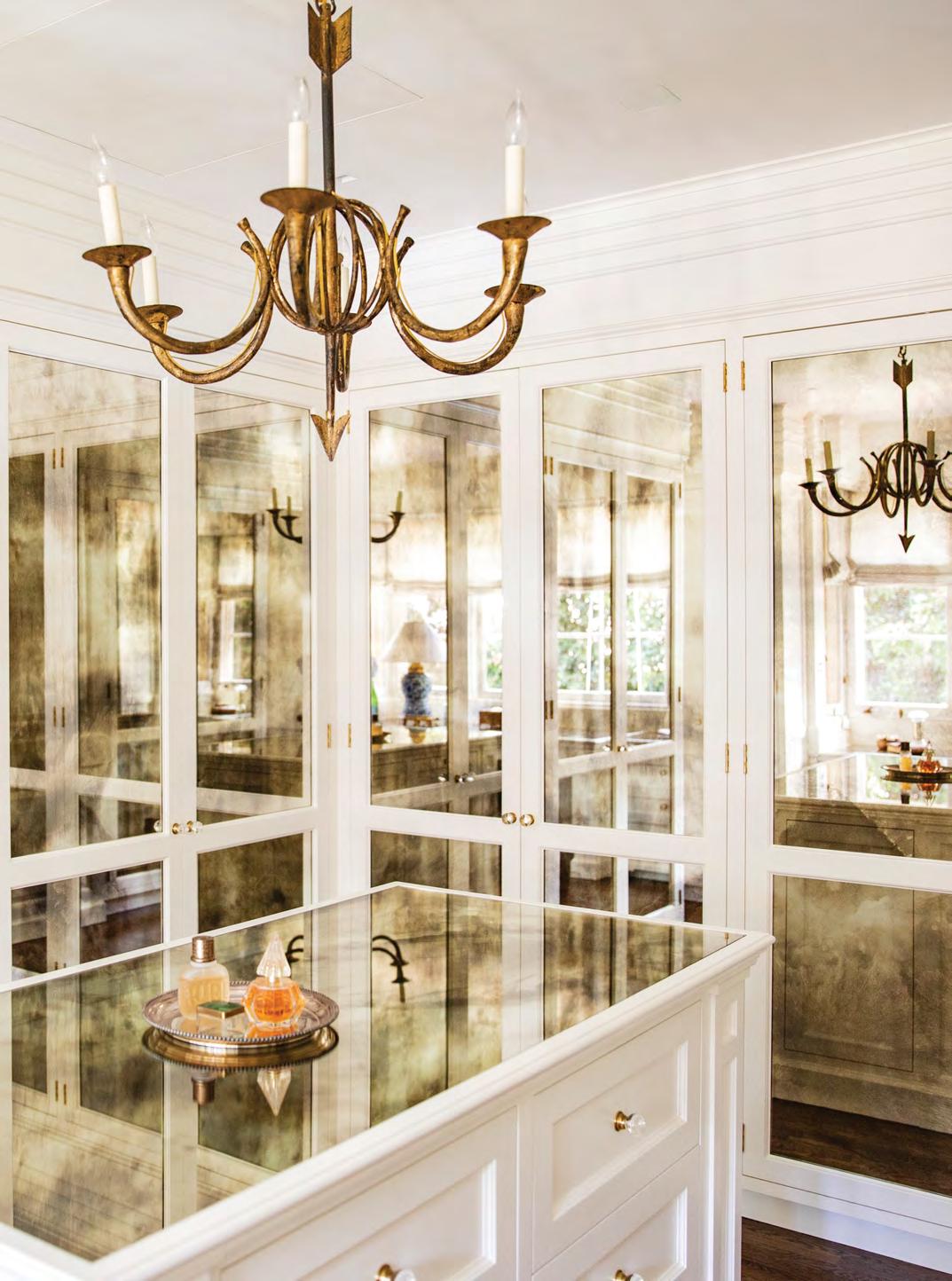




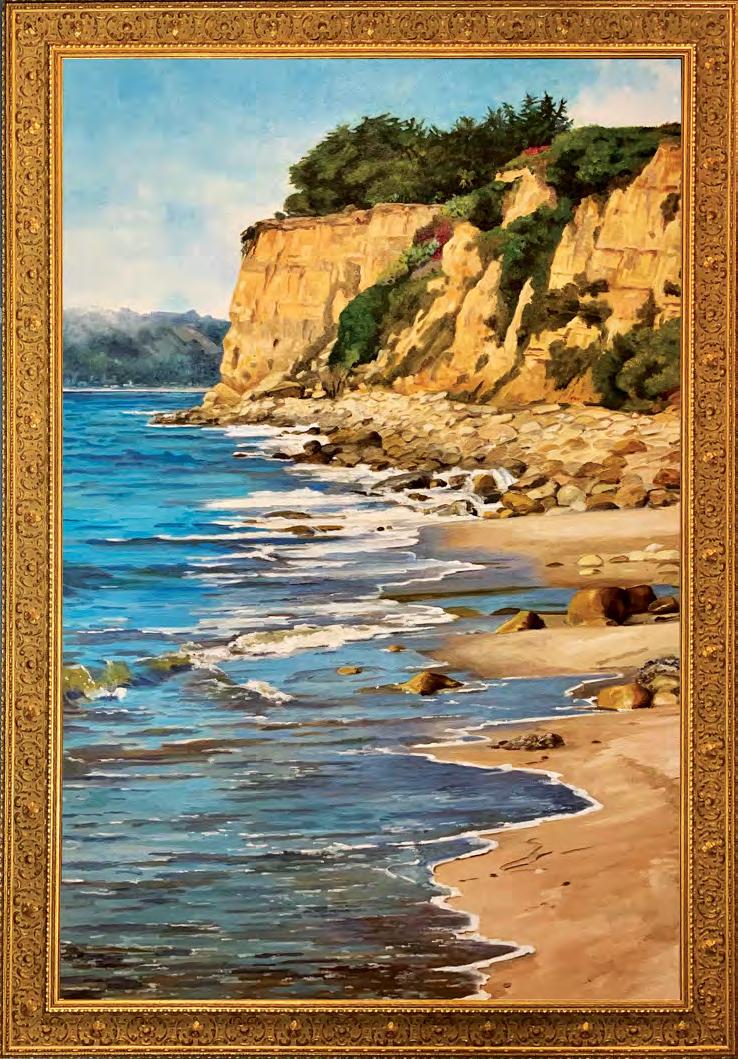
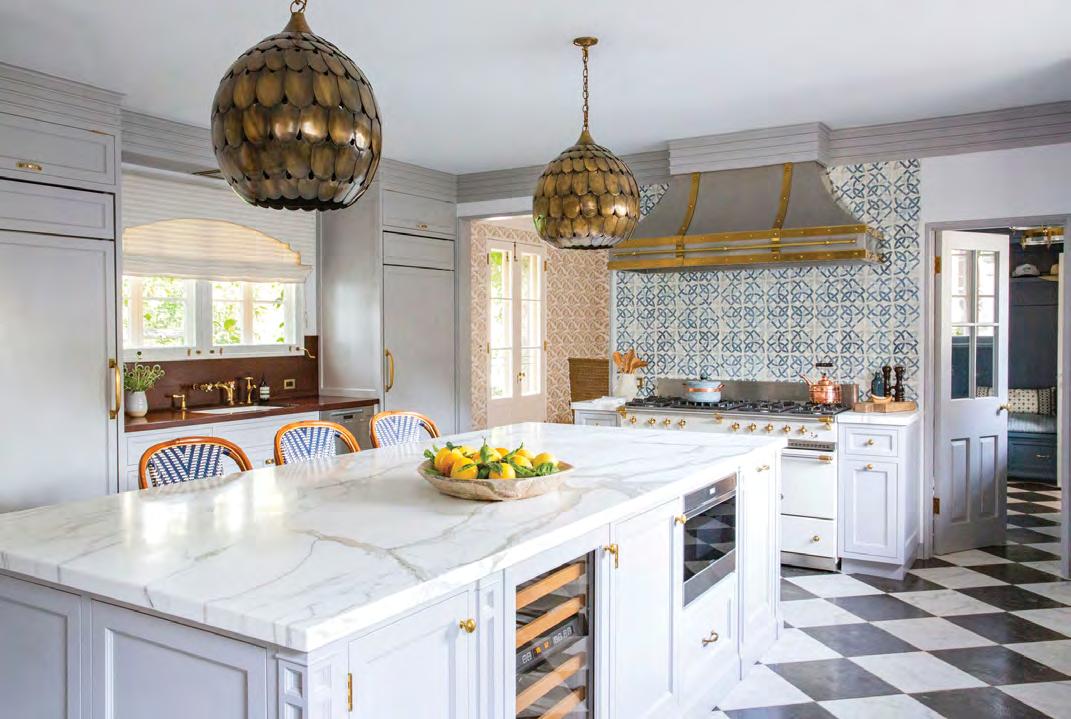
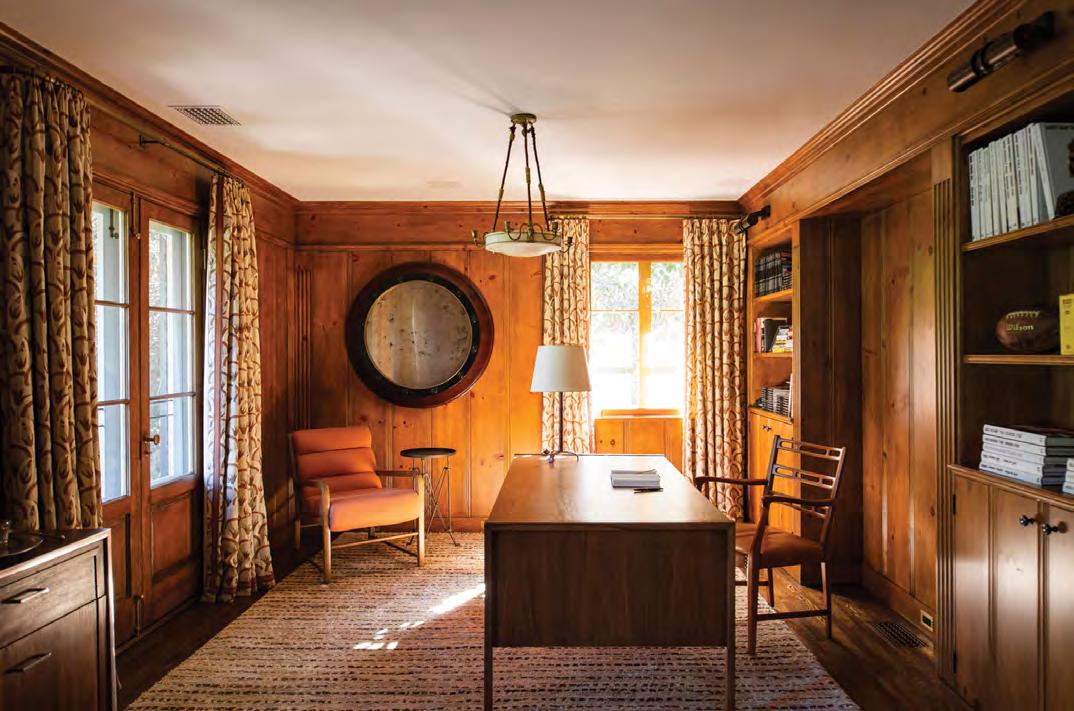

Although some of the interior rooms, such as the kitchen, primary closet, laundry room, and the office were reconfigured and modernized, Longwill says the design elements were heavily influenced by the century-old aesthetic. “In many cases, the best of the classic details were carried into the spaces that were lacking detail, and we were inspired to create new details that would enhance and dramatize the original design,” he explains. “And subsequently, a combination of attributes from the original design and historical research led us to new complementary details.”
Additionally, 100-year-old brick from a warehouse in Compton provided material to extend new patios off the house that would feel as if they were already there. And although the original rain gutters – integral to the detailing of the exterior wall – were made out of wood, Longwill says they rebuilt these. “No one would build gutters out of wood today,” he says, “but we, and the client, could not accept a compromise.”
The challenge, he summarizes, was to give this house all the modern conveniences of today but also provide the sensation of having stepped back in time to the former heyday of the American Riviera. “I love the charisma of the old house,” says Longwill. “It’s truly a theatrical experience with each space feeling very intentional and grounded in history. It feels timeless and still yet full of a variety of moods.”
At the other end of Two Trees’ design spectrum is the so-called Montecito Tree House on East Mountain Drive, a striking yet simply designed single-floor home with an amazing ocean view. Here, Longwill needed to build a brand-new residence in a wooded area located on a steep slope for a client who had a very specific, mid-century-meets-contemporary interior design program in mind. “They wanted something warm, modern, and casual – not sleek, harsh, shiny, or polished,” he explains. “The site was so steep that we
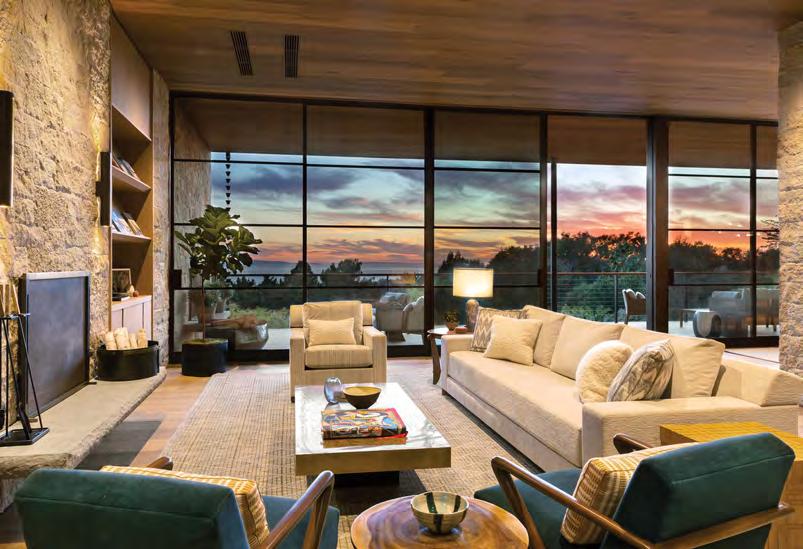
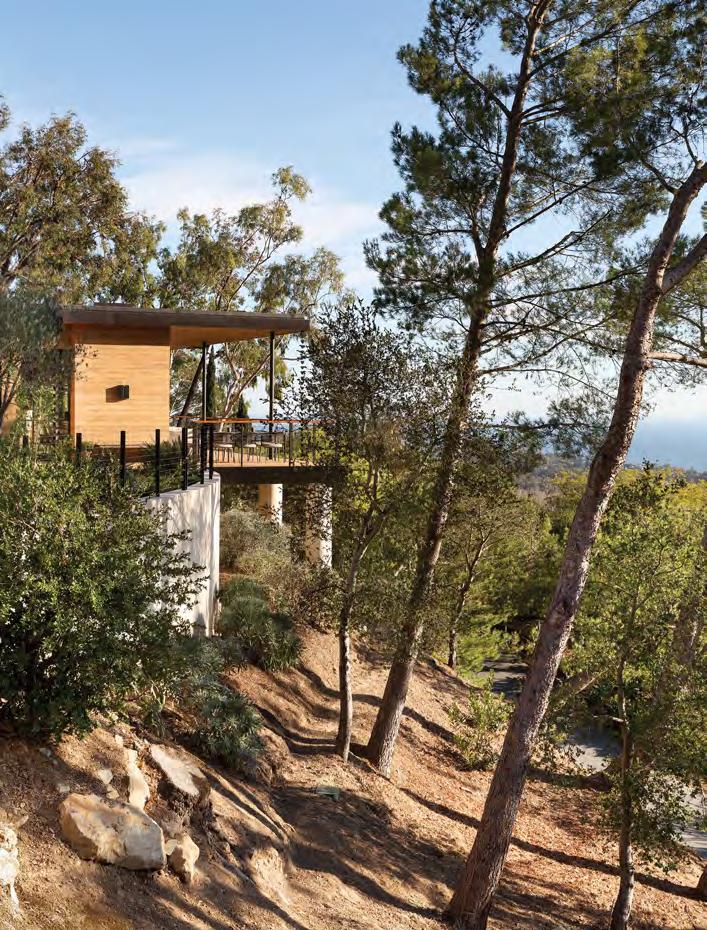
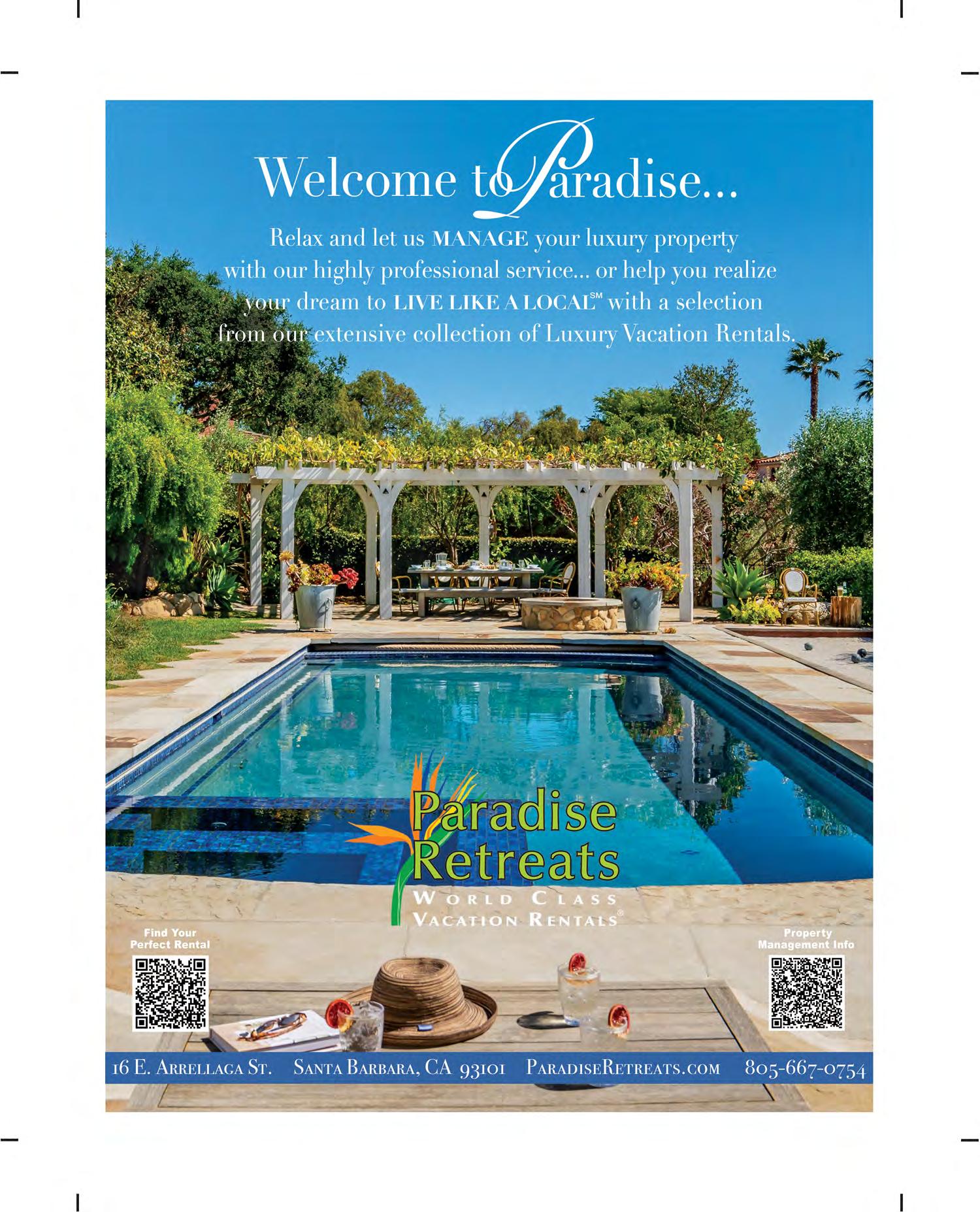
had to cut into the hill to make room for the house. One side was cut in and the other was sticking out in the air, so we wanted to make sure the architecture felt grounded, and not at all like an apartment with a great view.”
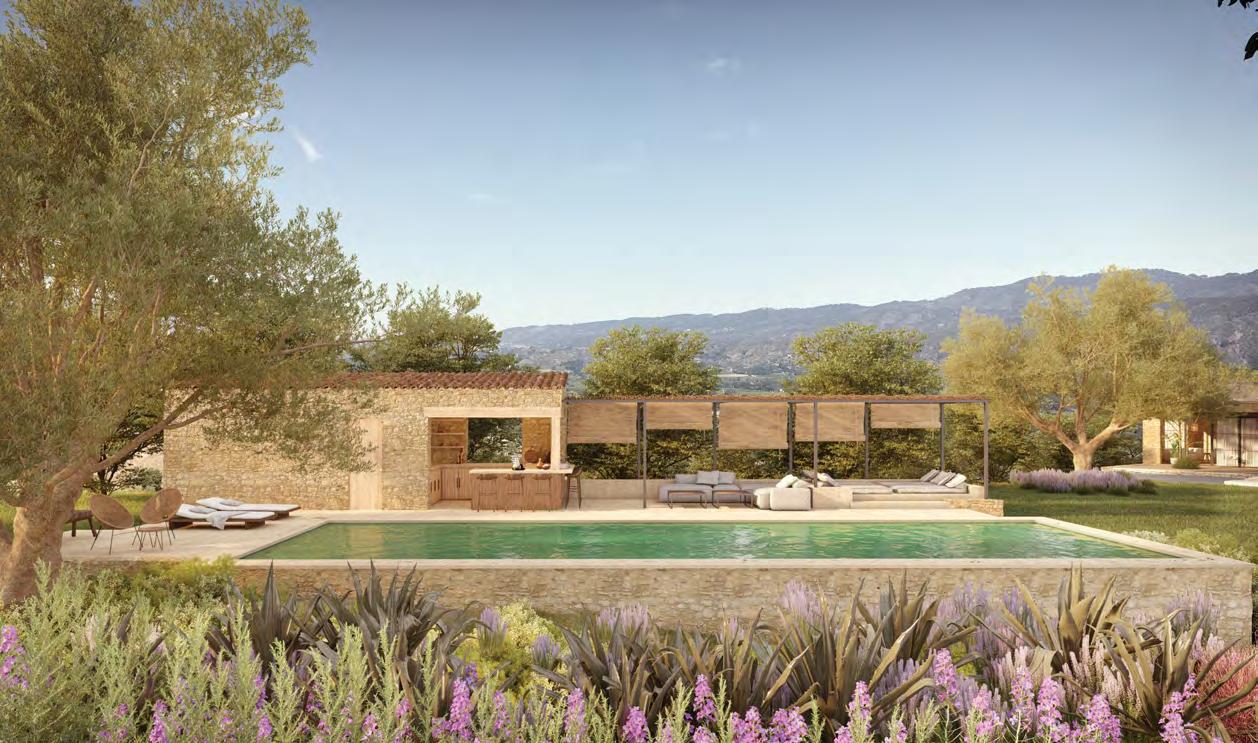
As Longwill has learned over the years, no matter what concessions and modifications might be necessary on a particular project, it is always possible to achieve an overall new home design that balances a natural connection to the setting with striking new elements. Call it concession without compromise. “Sometimes,” Longwill says, “planting a new style on a place can feel inauthentic. We always try to follow a path that takes the entire context of the home into consideration, so you end up with a grounded and timeless piece of architecture.”
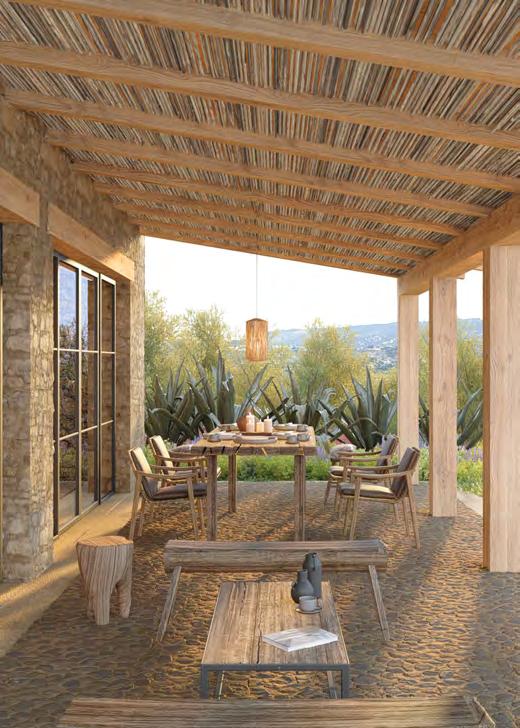
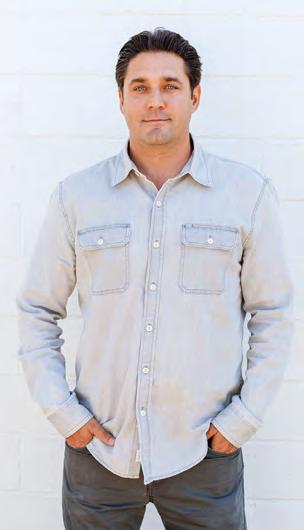
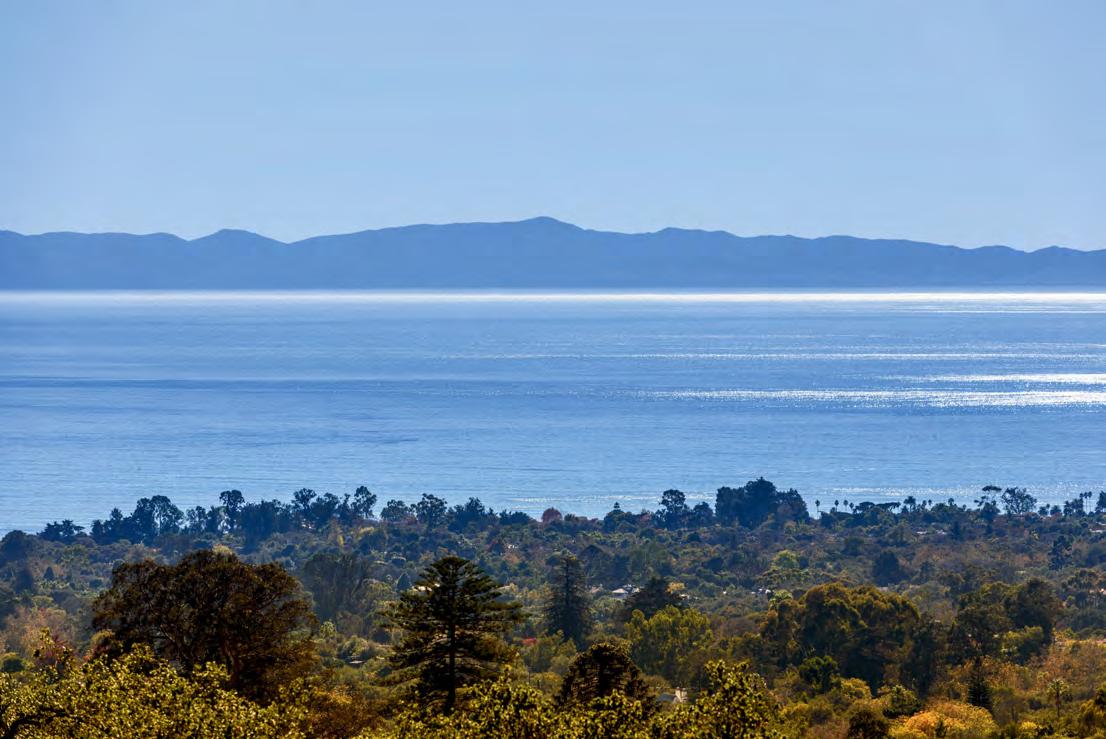
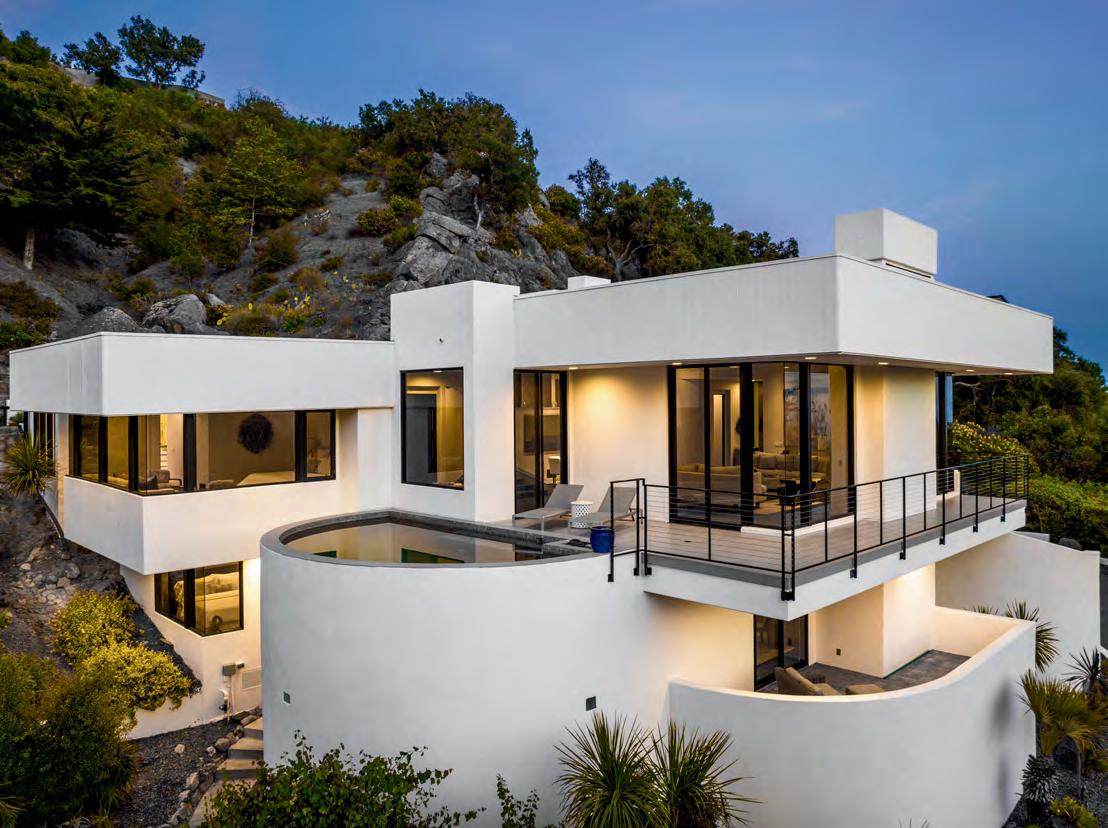
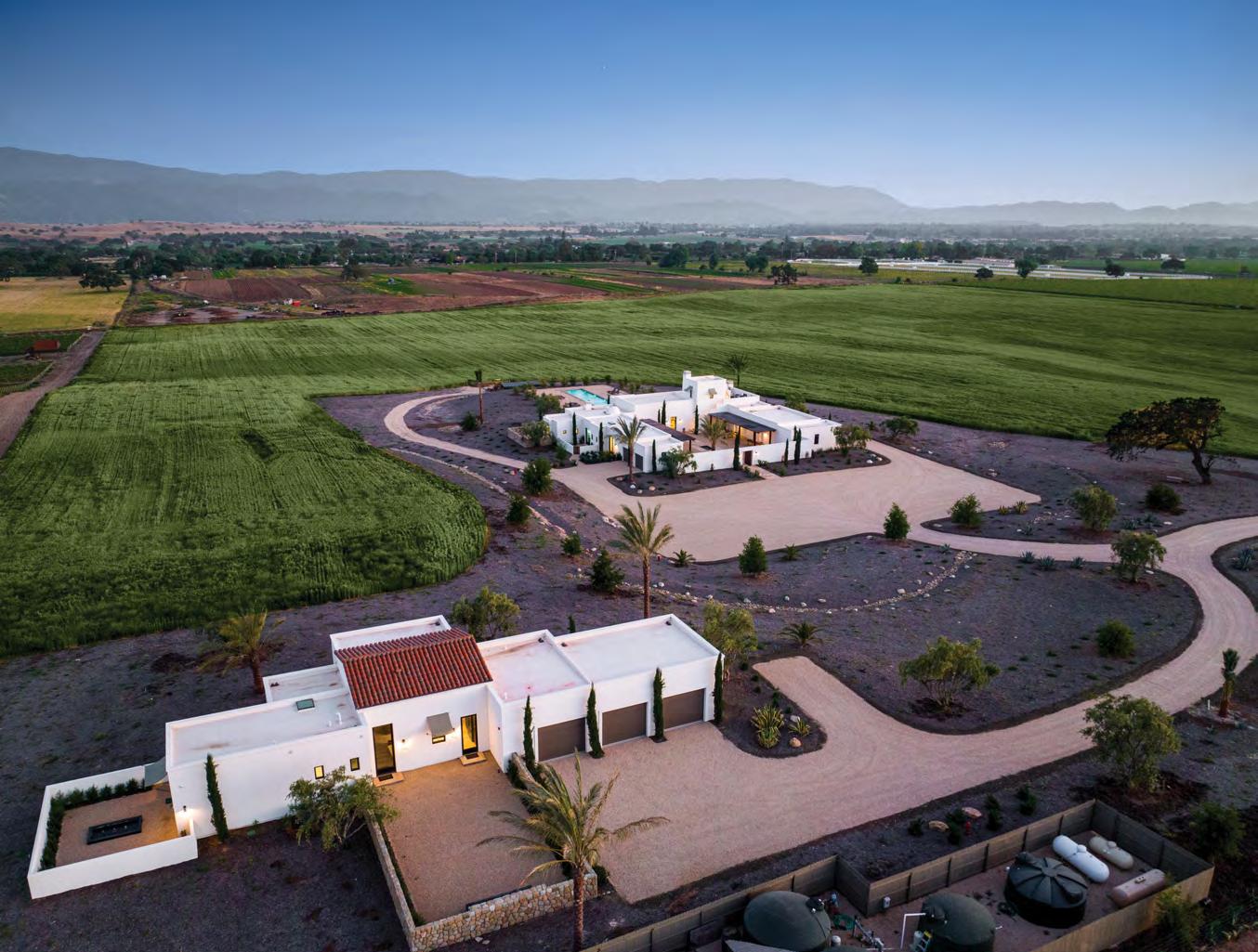
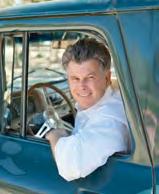
Montecito Collective
A one stop shop, full service clothing store set on Coast Village Road. A place where you feel like you're shopping with your best friend. Offering anything from intimates to dresses, and even men's clothing. Stop in and meet our amazing team that will help you with your styling needs.
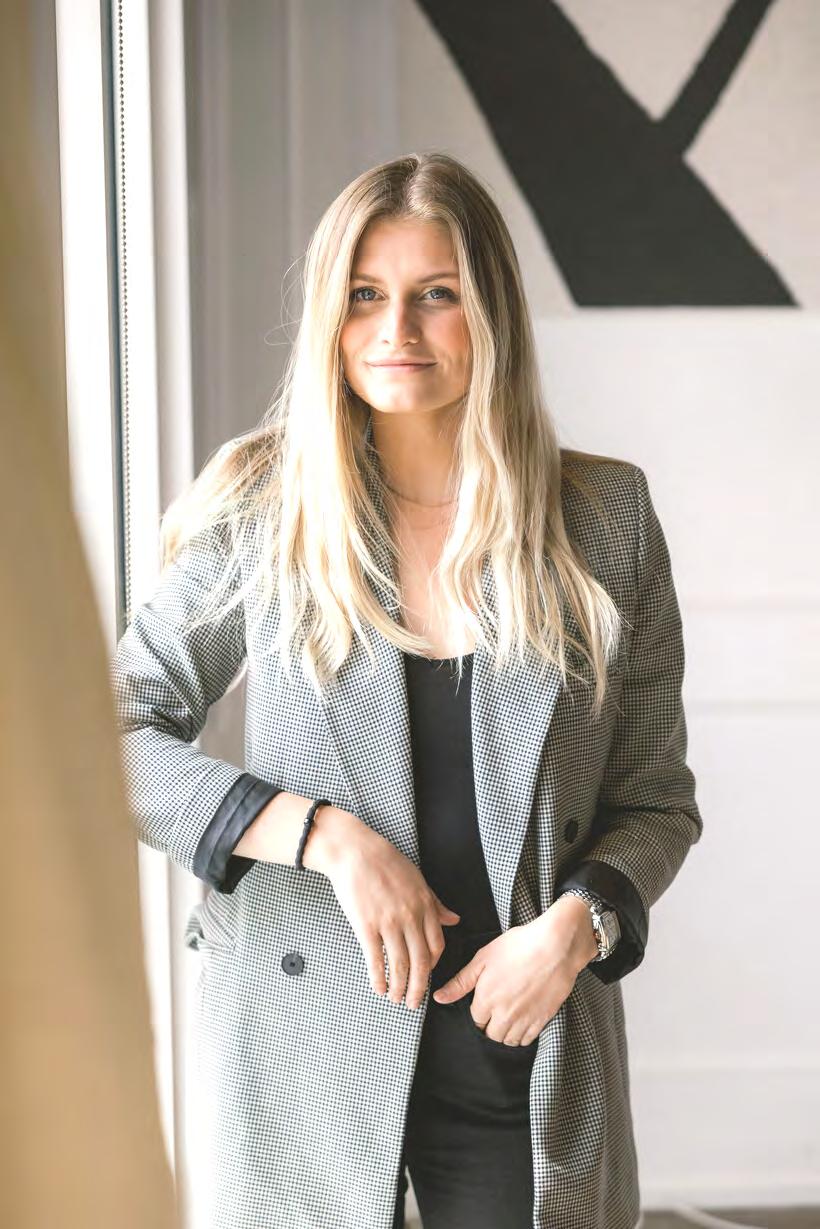
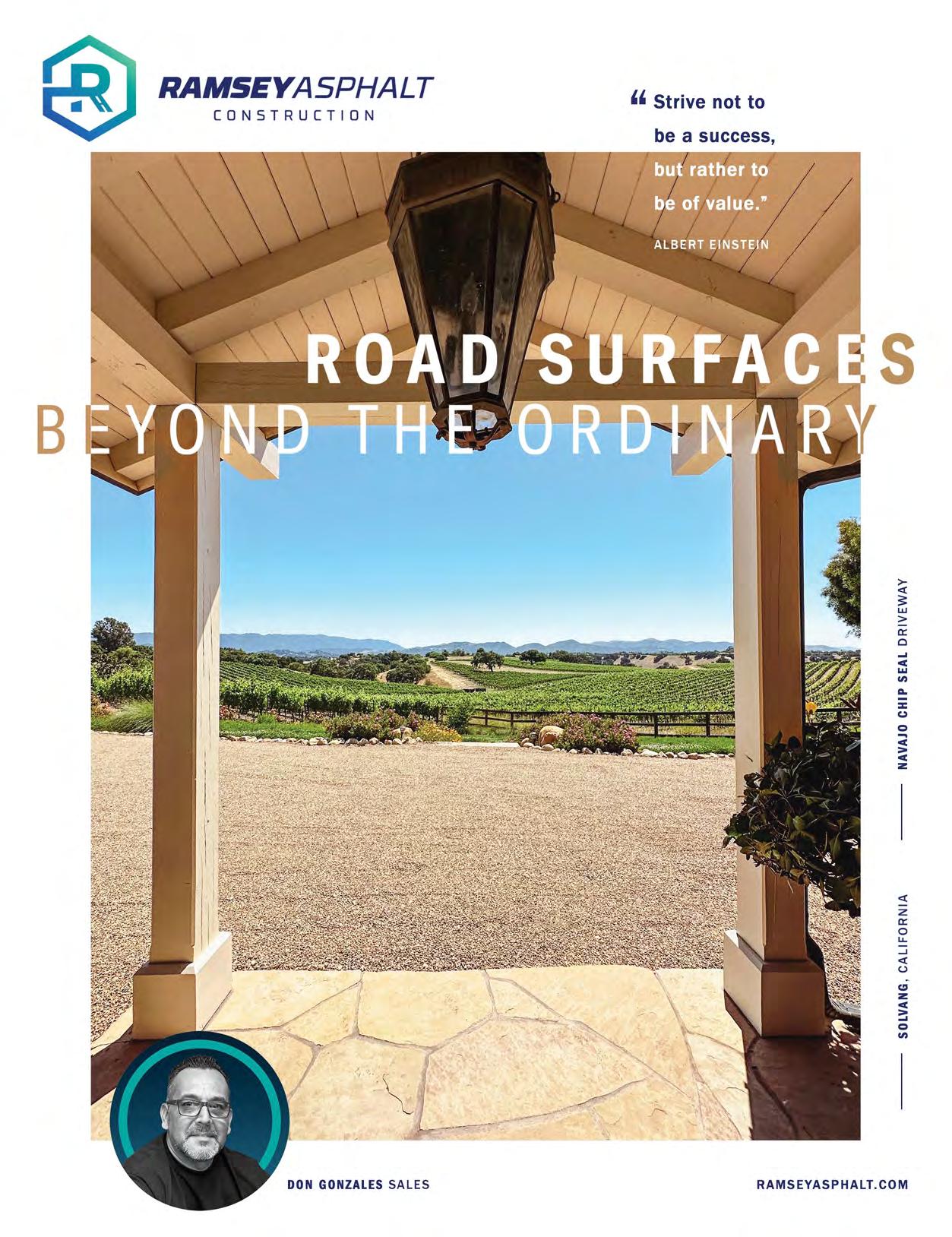


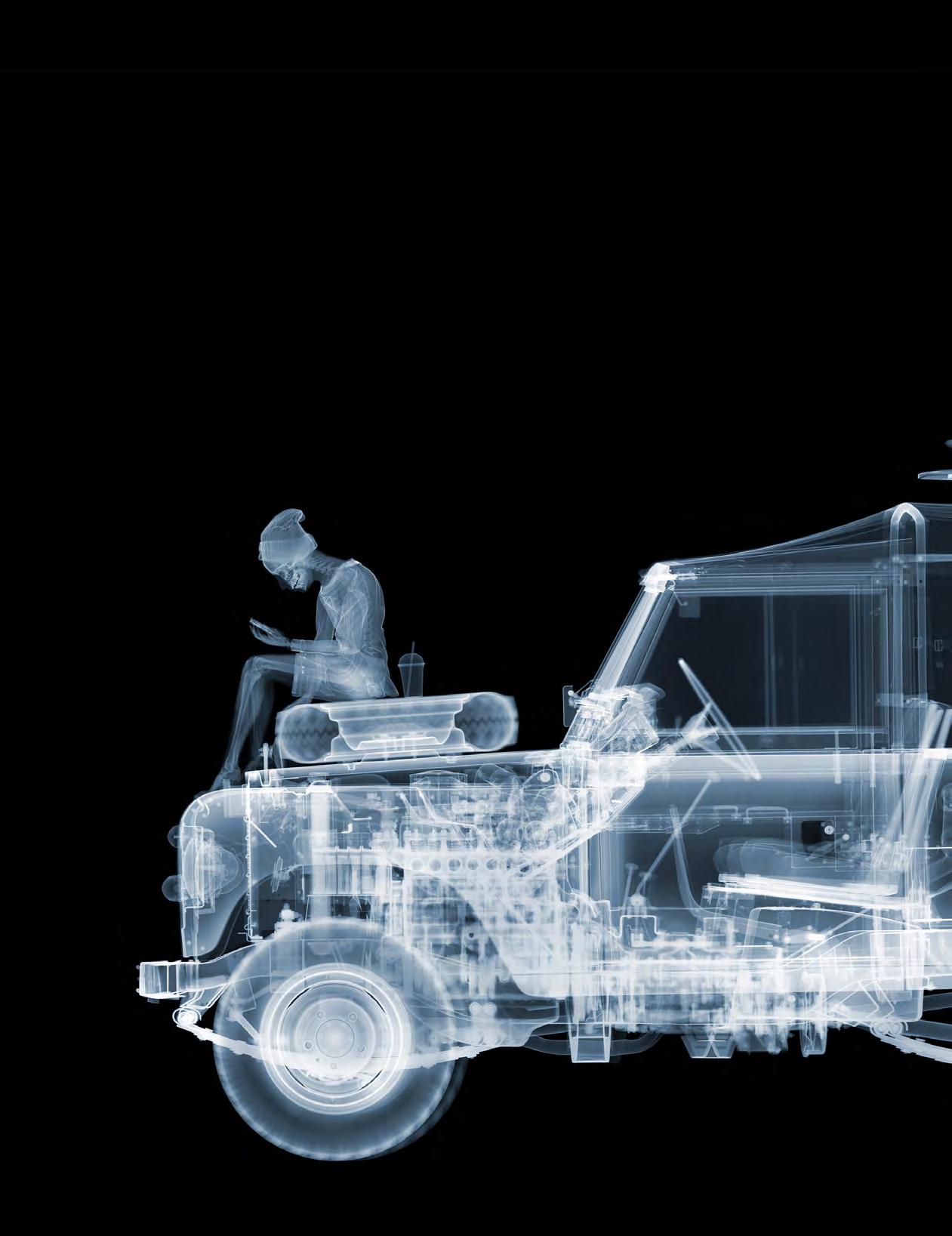 STORY BY JEFF WING
STORY BY JEFF WING
Bones seek breaks; translucent surfers prep for tasty waves.
The transfiguration of the object in art has been ceaselessly churned in countless journals, chapbooks, and other confounding vehicles. In X-ray artist Nick Veasey’s work, where exactly does all this fragile transfiguration of the object take place? It should come as no surprise that the nature of the guy’s art precludes his pleasantly toiling amid sunlit foxglove and lavender in the lush, overstuffed idyll of an English garden. Veasey is blasting his subjects with massive loads of electromagnetic radiation whose nature it is to strip an atom of electrons the way a typhoon removes
starlings from a tree. The rude eviction of these particles from their atomic orbitals can cause downstream cancer, among other sorrows. Hence the lead wall your radiologist cowers behind when firing the stuff through your flimsy hospital gown. While a medical grade X-ray is typically about 100 kilovolts and lasts all of one-fifth of a second, Veasey’s machine dials up to 200 kilovolts and barrages its subject for quite a little while – 20 minutes in some cases. Needless to say, he does not use living animals or humans to create his themed artwork but uses the skeleton of a single cadaver he acquired years ago from a radiology training lab. Her name is Freda. It is she you are likely seeing in his homey scenes of calcified congress.
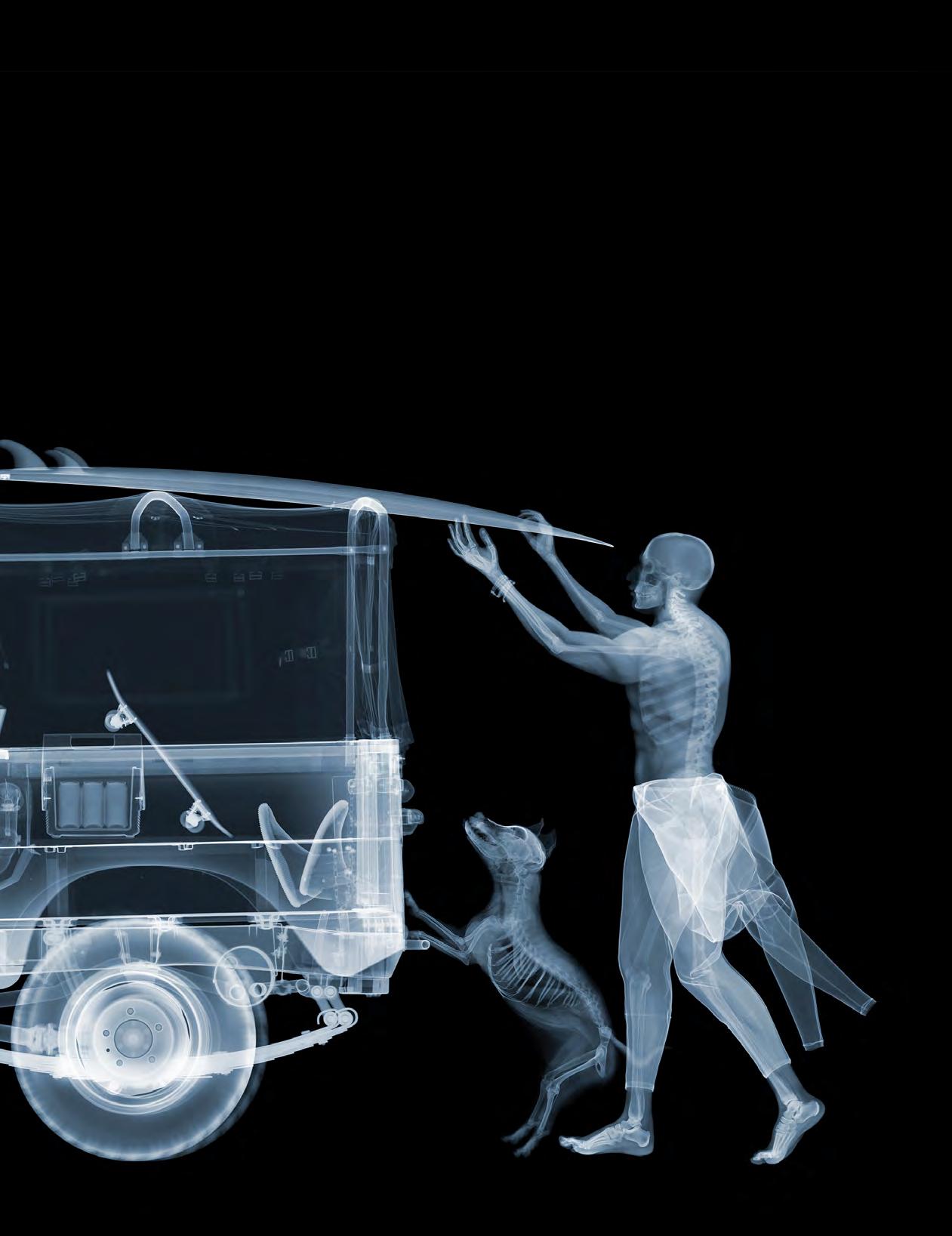
When he needs to, Veasey can turn up the X-ray heat to get the results he wants. “If I’m X-raying a motorcycle, I use an awful lot of radiation to get inside the cast iron gearbox. It’s very heavy. So we are really, really cooking the hell out of it. You need a lot of power to see inside something so heavy.” Large objects are taken down to their component parts, X-rayed in pieces, and the images joined in Photoshop. Hence the Boeing 777 Veasey famously X-rayed during roughly 1,000 separate shoots. That life-sized artwork lives in a hangar at Boston’s Logan Airport. Over the course of a year, an enthusiastic Boeing had sent him the exotic aeronautical gewgaws in boxes.

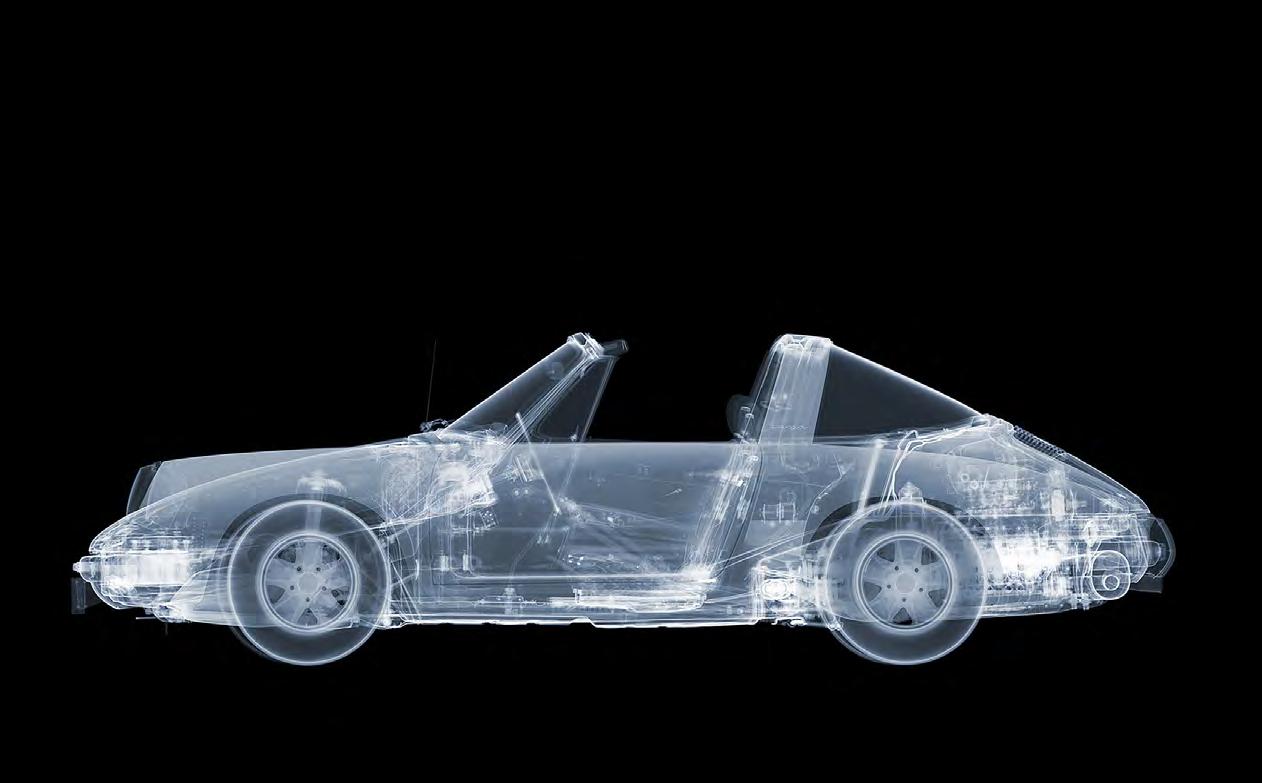
All the magic happens within the windowless confines of a concrete bunker that would excite a James Bond location scout. The Process Gallery, as Veasey’s working studio is called, could be a Holiday Inn™ on one of the moons of Neptune. Located outside the market village



NICK VEASEY IS NOT A WATERCOLORIST.
“THE WALLS ARE TWOFEET THICK,” HE SAYS MATTER-OF-FACTLY OF HIS X-RAY FACILITY CUM ARTIST STUDIO.1948 Mercury Cowboys. A translucent Porsche 911 Targa.





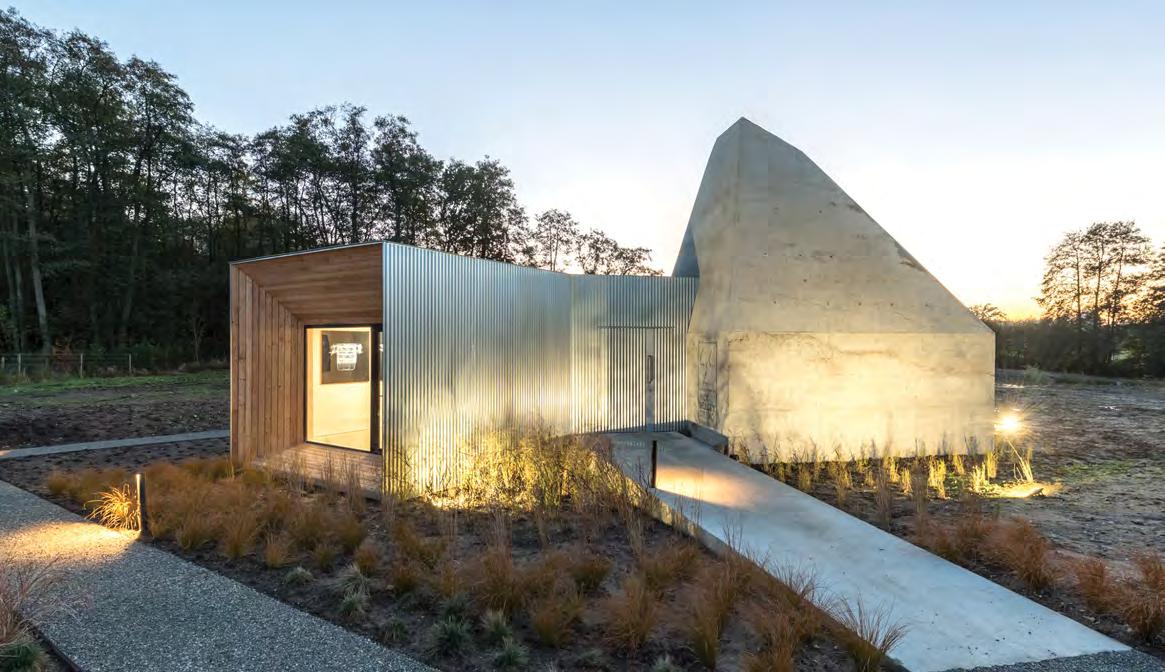
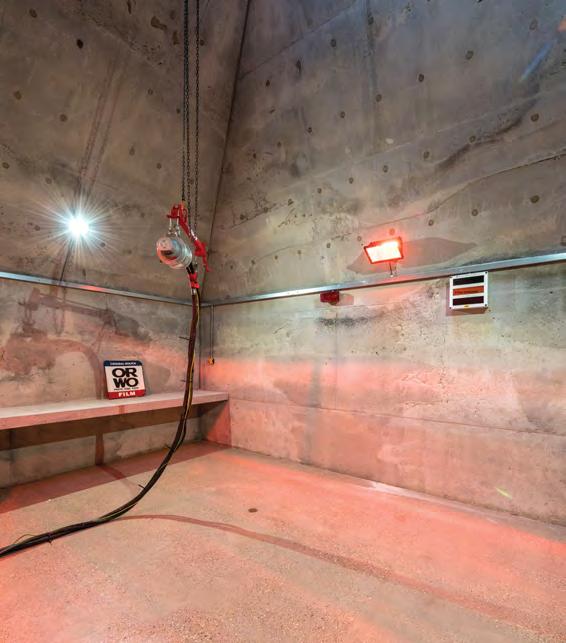
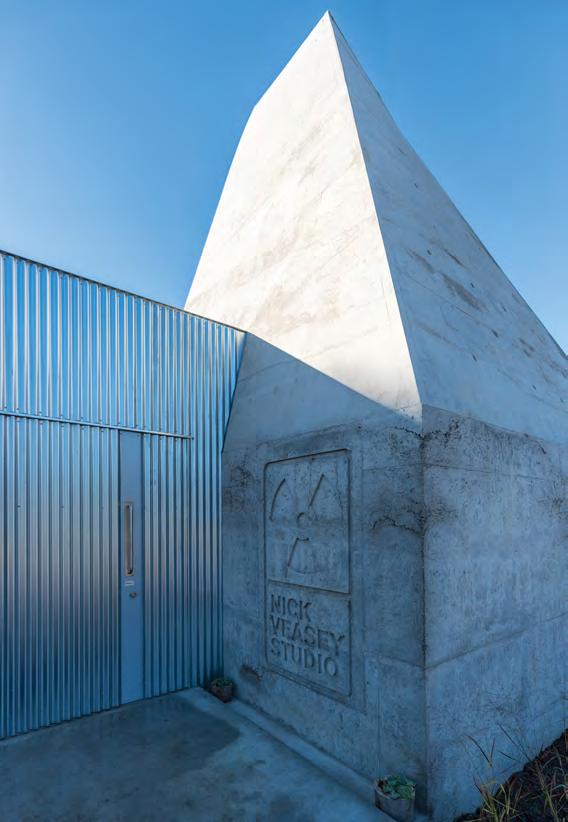
A BESUITED NICK VEASEY HAS OCCASIONALLY BEEN CALLED UPON TO EXPLAIN HIS WORK TO VISITING BRITISH ROYALS. A PHOTO FROM ONE SUCH EVENT SHOWS THE FUTURE KING OF ENGLAND GESTURING AVIDLY AT VEASEY’S WORK AS THE FUTURE QUEEN CONSORT SMILES WITH A VISIBLE SHOW OF PATIENCE.
of Lenham in Kent, southeast of London, Veasey’s oddity of a working gallery is a tourist stop in the area, and by design a containment structure for his medium of choice – the high-energy X-rays that would otherwise play havoc with the environs. Nick Veasey is not a watercolorist. “The walls are two-feet thick,” he says matter-of-factly of his X-ray facility cum artist studio. The outfit commissioned to design the Process Gallery – Guy Hollaway Architects (GHA) – used poured concrete and wood highlights to fashion an edifice where once stood a corrugated iron pig shed. GHA’s brilliant design aesthetically quotes the oast house, a structure whose standout feature is a peaked tower kiln for drying hops in the beer brewing process. The oast house is an architectural gesture historically associated with County Kent. Standing in for the peaked kiln on Veasey’s Process Gallery is the X-ray chamber, a gray pyramidal eruption that juts skyward from its structural surroundings. The chamber’s walls are of X-ray-thwarting lignacite; its floor, high-density concrete. To enter the workspace, Veasey is obliged to slide open a lead-and-steel door weighing 2,700 pounds. Veasey – a pleasantly handsome man whose physique will likely not win him the title role in the next Tarzan extravaganza – has described opening the chamber door as “the only real exercise I get.”
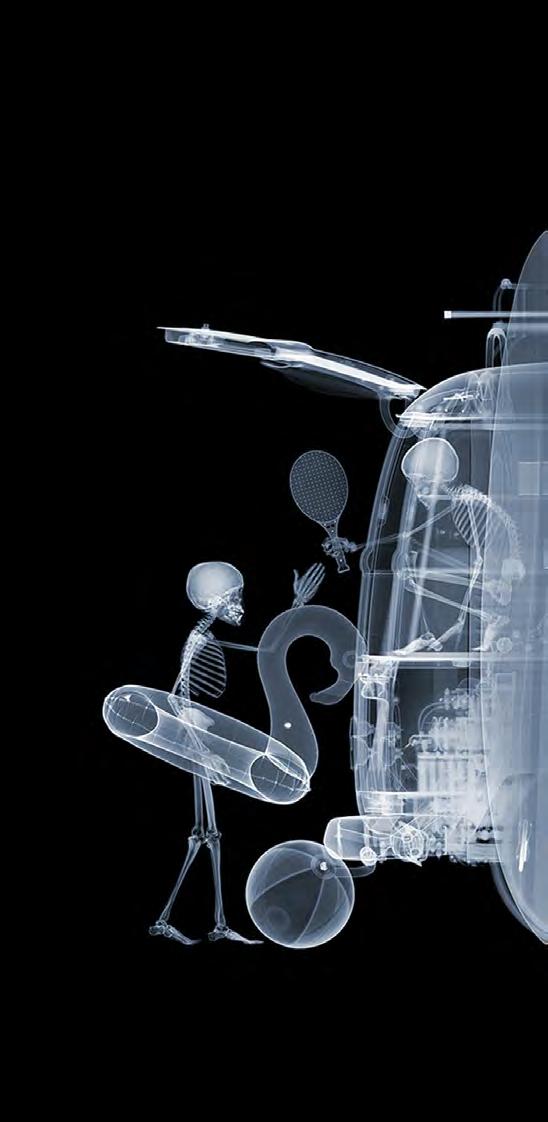


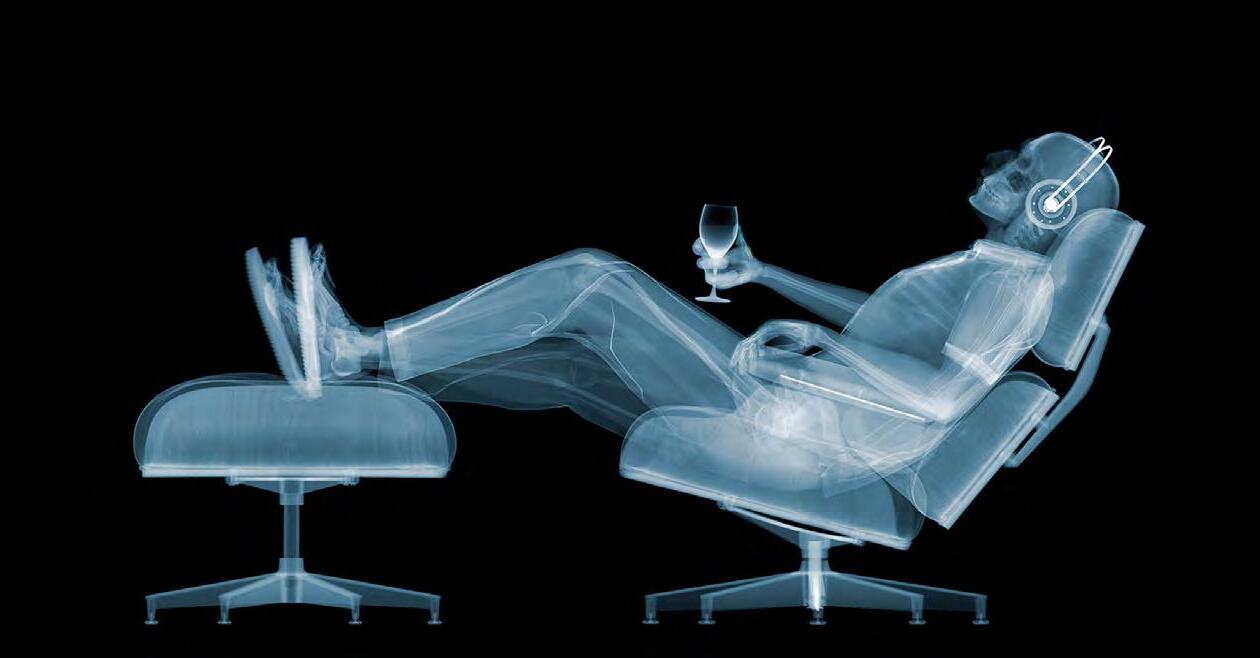
Nick Veasey has conquered. Not that he is by nature the conquering sort. This soft-spoken, humorously acerbic gentleman, though, has built an art movement on his own terms. Like one of his idols, Op Art pioneer Bridget Riley, Veasey has defined artistic evolution as an expansive, exploratory drilling down into his own efflorescing vision. Accolades include the IPA Lucie Awards, the Association of Photographers, Graphis, Communication Arts, PX3 prizes, and awards from the prestigious D&AD (Design and Art Direction), a storied organization that promotes and rewards design and advertising excellence. He has also been nominated for the 2008 IPA Lucie International Photographer of the Year. He enjoys watching gallery visitors interact with his work, possibly seeing in their fascination a species of what launched him on this path those years ago.
Veasey follows a long line of visionaries whose art exists to illuminate and edify – to show us the mad glow that secretly animates what we daily misapprehend as ordinary waking life. Our warm, blue rock is powered by a nourishing weirdness that runs just below the surface of things – for those who bother to look. Veasey has spent 30 years showing us what All This is made of. Dolls, turntables, jet airplanes, shoes – the familiar is unrecognizable once Veasey’s through with it, and somehow that second sight is an Up escalator. Is this what art is for? “Look,” Veasey says in his musical Londonese. “I’m self-taught – the posh word is autodidact. I didn’t go to art college, and I don’t suffer fools.” His face opens into an easy grin. “And all that verbose bullshit in the art world? Makes me cringe.”
www.nickveasey.com


VEASEY IS BLASTING HIS SUBJECTS WITH MASSIVE LOADS OF ELECTROMAGNETIC RADIATION WHOSE NATURE IT IS TO STRIP AN ATOM OF ELECTRONS THE WAY A TYPHOON REMOVES STARLINGS FROM A TREE.A man for all seasons. The artist in X-ray casual.
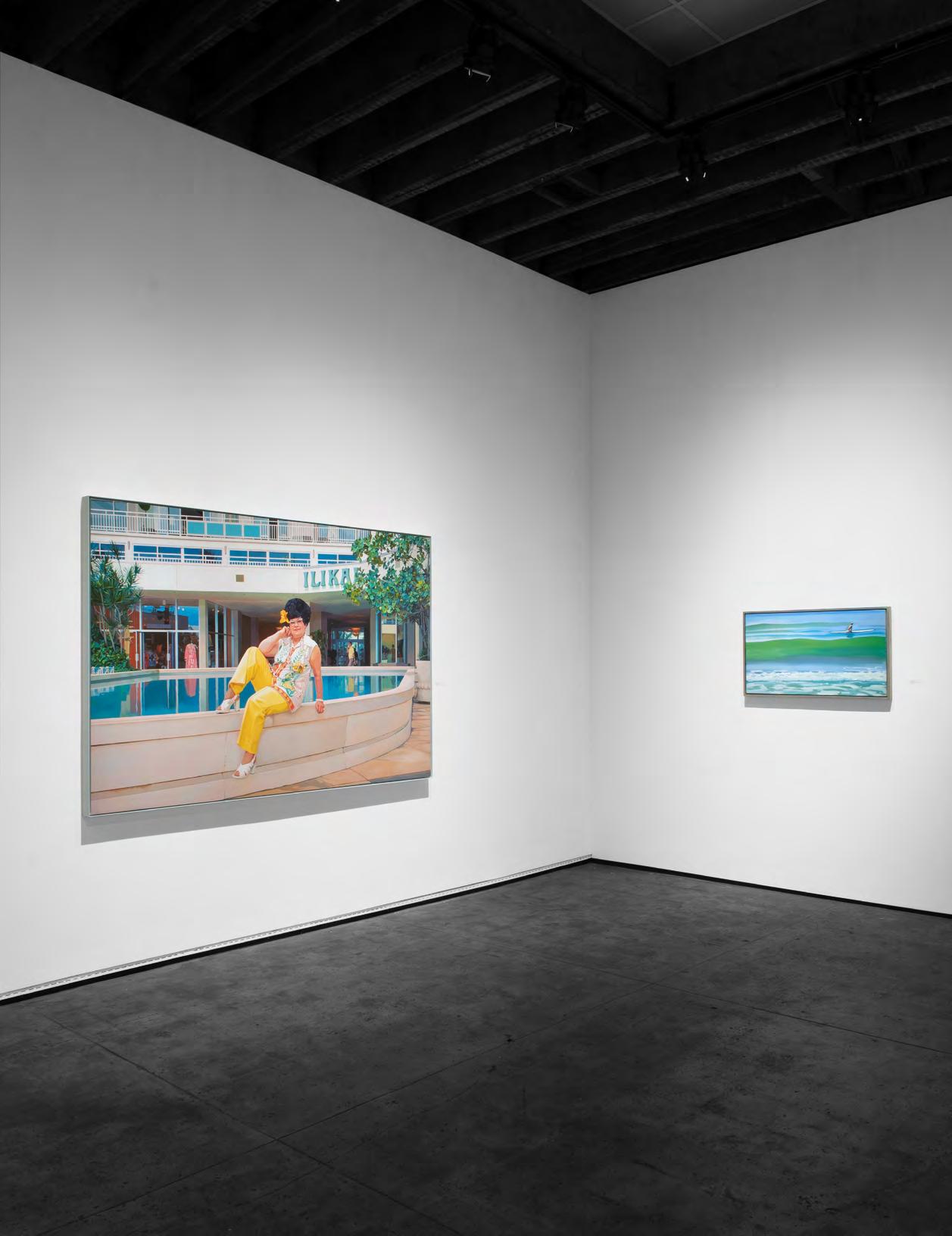
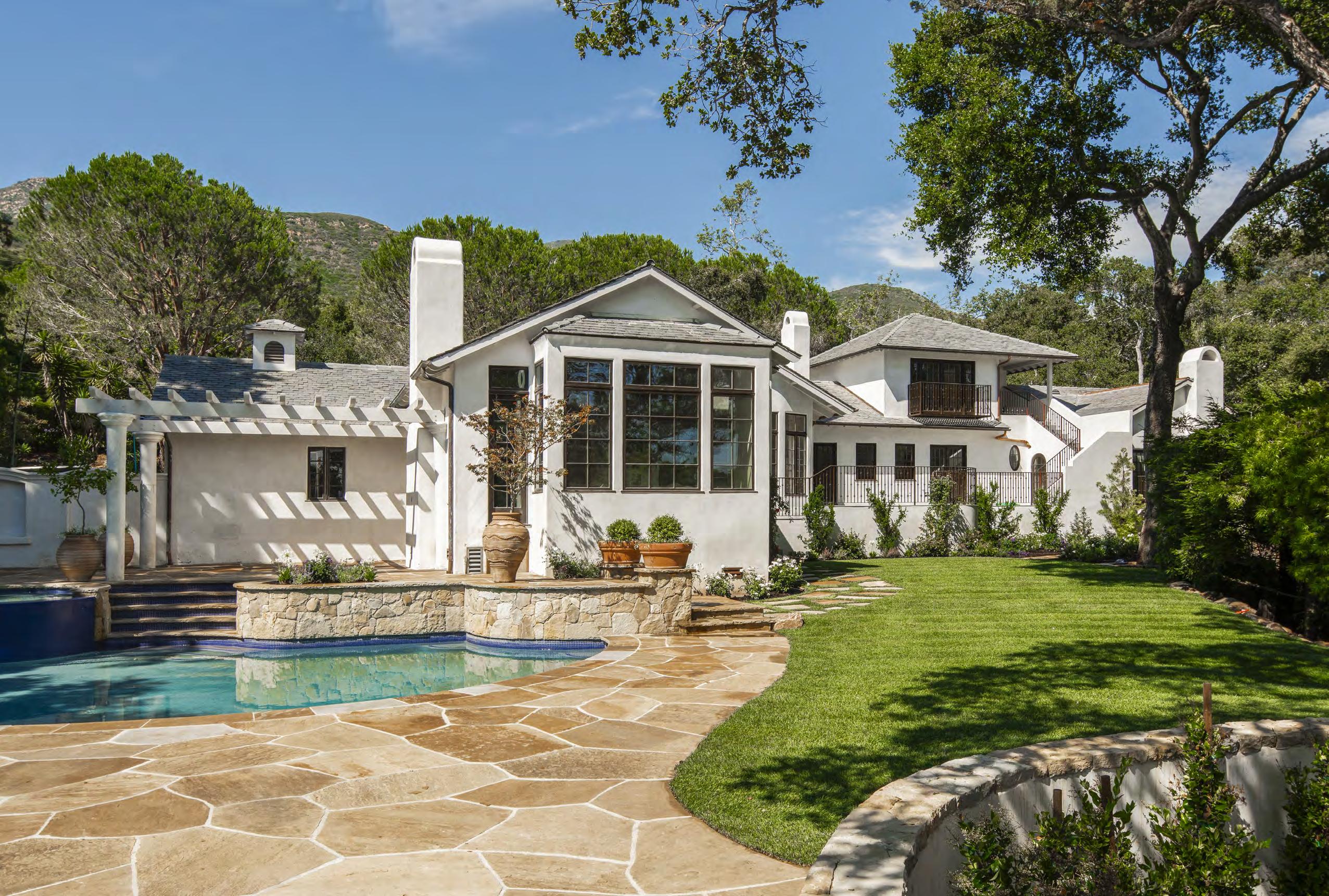

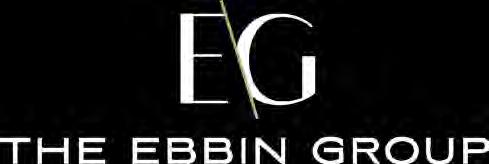
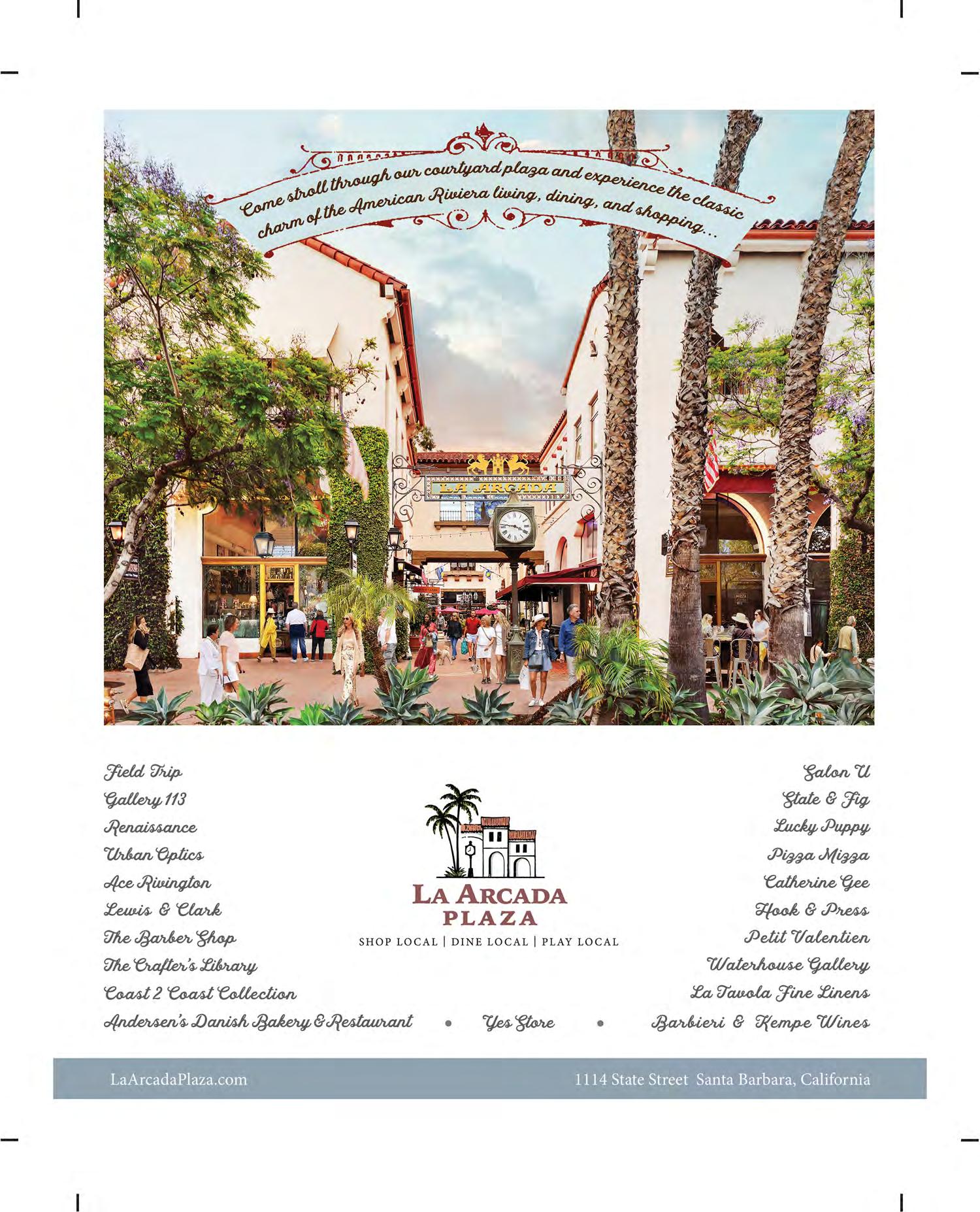
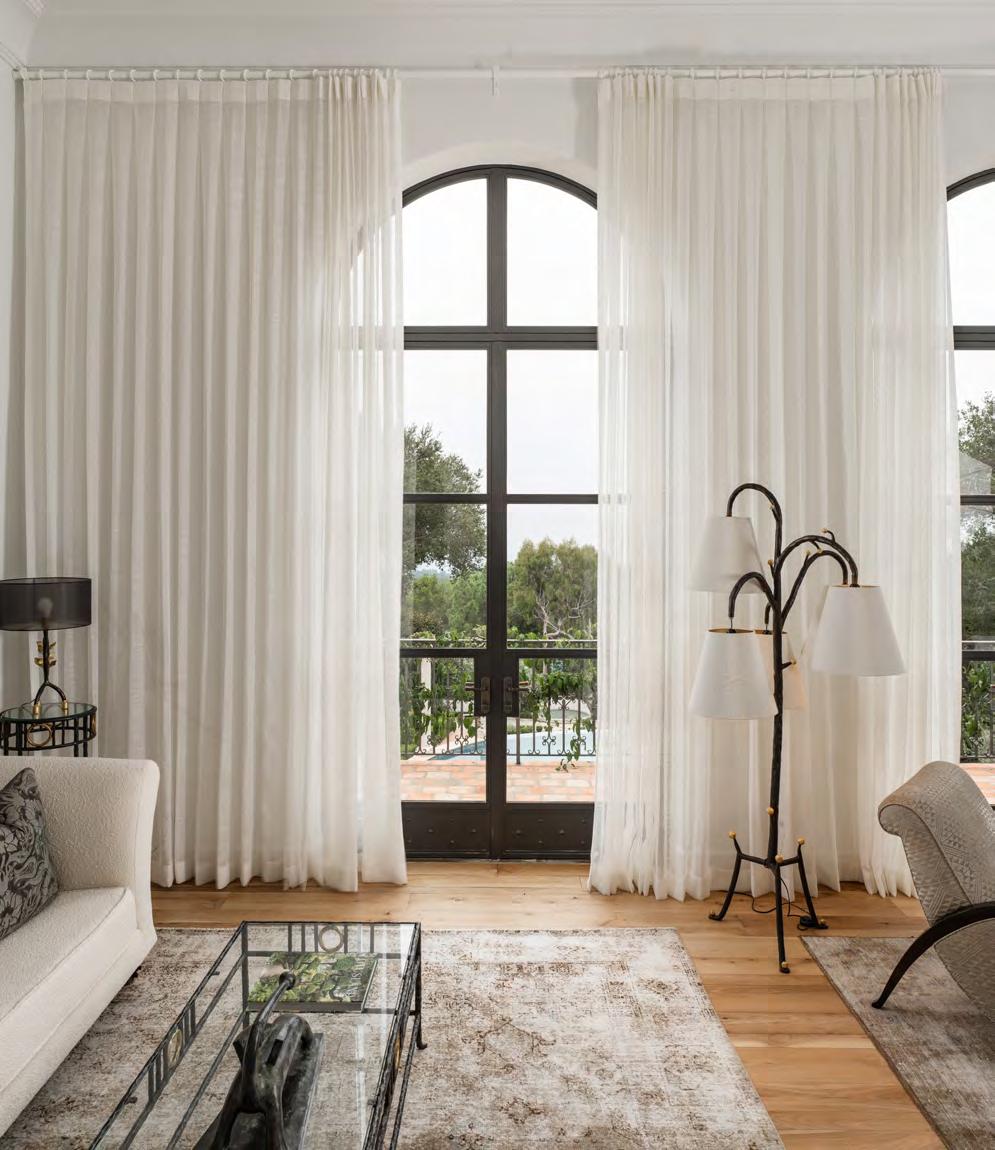

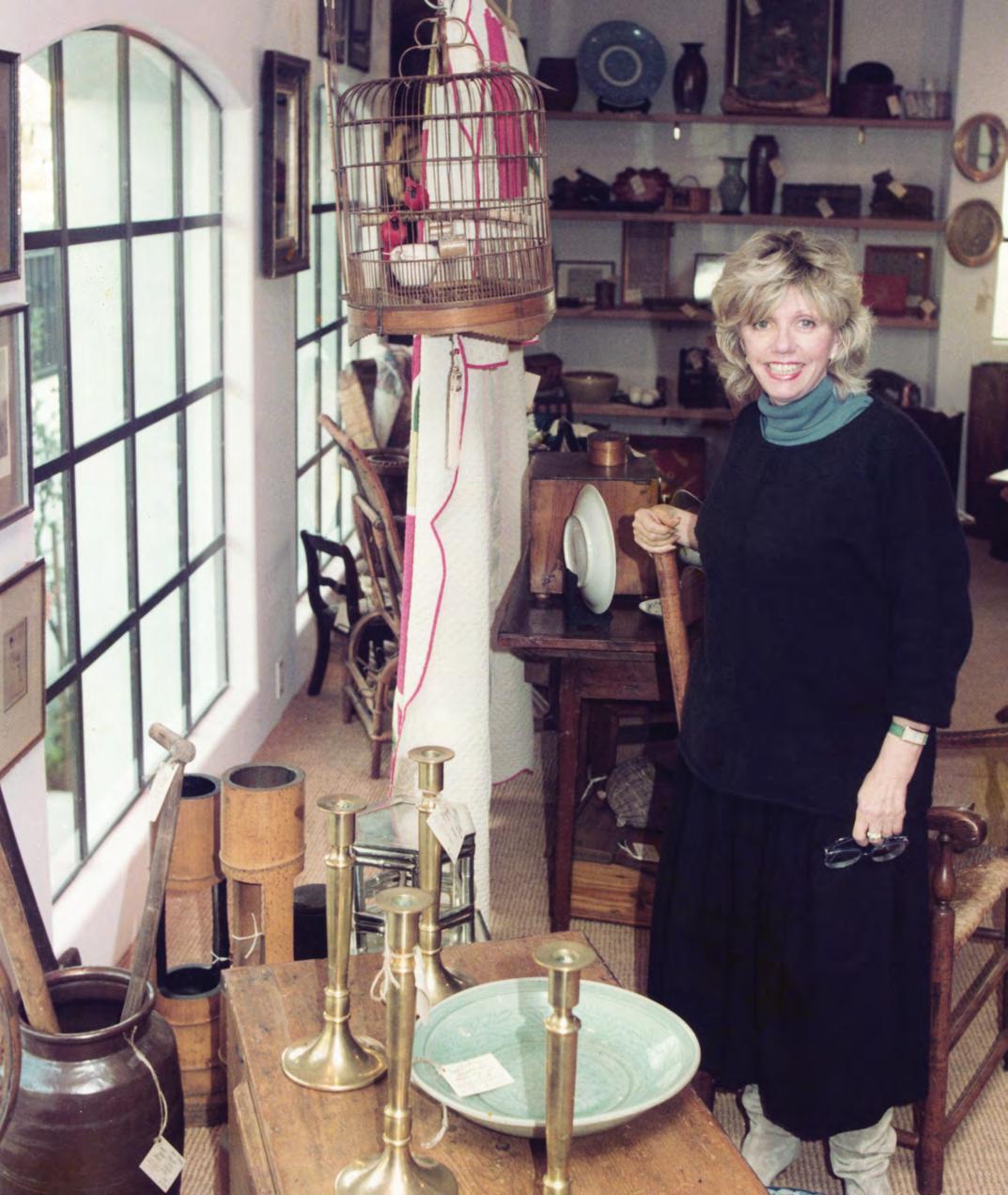
One of the great things about The Riv being The Riv and not, say, Architectural Digest is… we get to write about topics off-limits to traditional shelter mags. Like, well, we get to write about Architectural Digest
Because my mom was a decorator, I started reading AD when I was a kid, around the time when the soon-to-be legendary Paige Rense took over as editor. From the confines of our dark apartment, I remember feeling transported by the sumptuous worlds presented within AD’s pages. Certainly, an enormous part of that teleportation from the chaotic (where I resided) to the exotic (where AD lived) was the velvet touch of AD’s editor-for-life (almost), Paige Rense. I can think of only one other single figure who had such a profound effect on this field, which is the lady who turned American interior design into a legitimate profession in the first place – Elsie de Wolfe.
But if de Wolfe was foundational to interior design, it was Rense who popularized it, much like Martha Stewart would later do for “lifestyle” and, before that, Julia Child (another Montecitan) did for gourmet cooking. Rense turned interior decor obsessing into a discipline that could be appreciated – and even learned – by plebes such as myself
I became interested in Rense because she chose to live here in Santa Barbara, had a business here (an antiques store on Coast Village Road), and used some of our legendary local talent to do her home. Marc Appleton (often featured in AD) was her go-to architect, and Eric Nagelmann was her landscape designer and is similarly epic. Rense was so committed to Santa Barbara that it was more her first home than her second one, and she often commuted down to Los Angeles, where AD’s editorial offices were then located.
To an extent, anyone who has enjoyed a shelter publication or watches a show on HGTV owes it all to Rense. Despite having little formal education, over the course of nearly four decades, Rense elevated the regional periodical she inherited (after her boss was murdered!) to an entire publishing segment – and practically her own Dewey Decimal System.
Rense was also a star editor in a male-dominated field. She was Anna Wintour, Diana Vreeland, and Tina Brown all rolled into one. She was so well-known at the time that she herself became a celebrity – an extremely rare occurrence for a writer of any gender – and Rolex even used her as the centerpiece of a full-page ad! What writer gets that?
An interior designer from our Cali cartel story “Narcotecture” (Spring 2023) who worked with Rense early on told me that Rense did not know a lot about design or publishing when she went to work at AD after only a short stint at a skin-diving magazine called Water World. But that factoid might only underscore the massive achievement of Rense’s meteoric and permanent rise.
As you might imagine, such a force of nature was also a complicated person with a very complicated legacy. Thanks to her social relationships with President and Mrs. Reagan, Rense was not only able to get an AD exclusive of Nancy’s redo of the White House, but Architectural Digest managed to retain the rights to that shoot – until there was a public outcry over a private business retaining propri-
etary rights to photos of the People’s House. For someone obsessed with appearances, Rense bragging about Mrs. Reagan’s $1,000-a-setting china while Ron was simultaneously slashing federal school lunch spending was not a good look. (Trump was not the first to make China a dirty word inside the White House.) And don’t forget those were 1981 dollars, which would be $3K-plus per place setting today times service for 100 or 150.
While Rense built out a whole segment of publishing, she also contributed much to America’s worship of celebrity… for better and, frequently, worse. With Rense at the rudder, AD drifted from featuring the best-designed houses to the blingiest. She put together anthology after anthology with names such as “Hollywood at Home,” “Celebrity Homes,” “Decorating for Celebrities,” “Celebrity Homes II,” etc. Basically, Rense created the culture that brought Hidden Hills out of hiding.
The New York Review of Books writer Martin Filler reflected in his piece “A Gilded Age at Architectural Digest,” “The Rense-inspired drooling over celebrity, money, and power… is depressing as well as symptomatic of social values with far worse implications for the nation.”
It’s entertaining to contrast Rense’s 35-year tenure at AD with the roughly four decades of the now-defunct but highly lauded Arts & Architecture magazine.
Rather than worship at the altar of celebrity, Arts & Architecture (originally California Arts & Architecture) fêted architects and designers. In response to the post-World War II housing shortage, the magazine created its seminal Case Study Houses, collaborating with the greatest living architects to design gorgeous but affordable homes made from modest materials. To this day, many of these homes are considered the greatest residences ever built. Then again, Arts & Architecture is defunct while AD is not.
It’s interesting to look at where Rense’s Architectural Digest is today. North West, Kim Kardashian’s daughter, has already been plastered all over AD – and she’s only 10. Which begs the question: How many times can a magazine feature Kardashians on its cover? The answer for AD is thus far six, although their number of Kardashian mentions is literally in the hundreds.
While celebs driving newsstand sales might be a symptom of our broader culture, Rense was certainly not just a catalyst but an enforcer. Near the end of her reign, Rense became known for telling even star architects, “Don’t bring us your projects unless they feature a celebrity.”
Rense wasn’t a style maker so much as a star maker. And probably the biggest star she made – up from nothing and with just a 9th-grade education – was herself. That was no small achievement in and of itself.
It’s interesting to note that before Anna Wintour’s name became inseparable from Vogue, she was the editor of House & Garden (later HG), which could not make a dent in the popularity of Rense’s Arch Digest. It gives one an idea of how formidable Paige Rense was that she drove House & Garden out of business and Wintour over to Vogue
I know you will enjoy Lorie Dewhirst Porter’s fun and exhaustive profile on Paige Rense. In the end, Rense was a local Santa Barbara gal. She relied heavily on our local talent and made a lot of people’s careers here. As someone who understood the domestic arts like few others, that she chose to live here means a lot.
The queen at work. “There’s never been anybody who had that much power in publishing,” says antiquarian/designer Rose Tarlow.
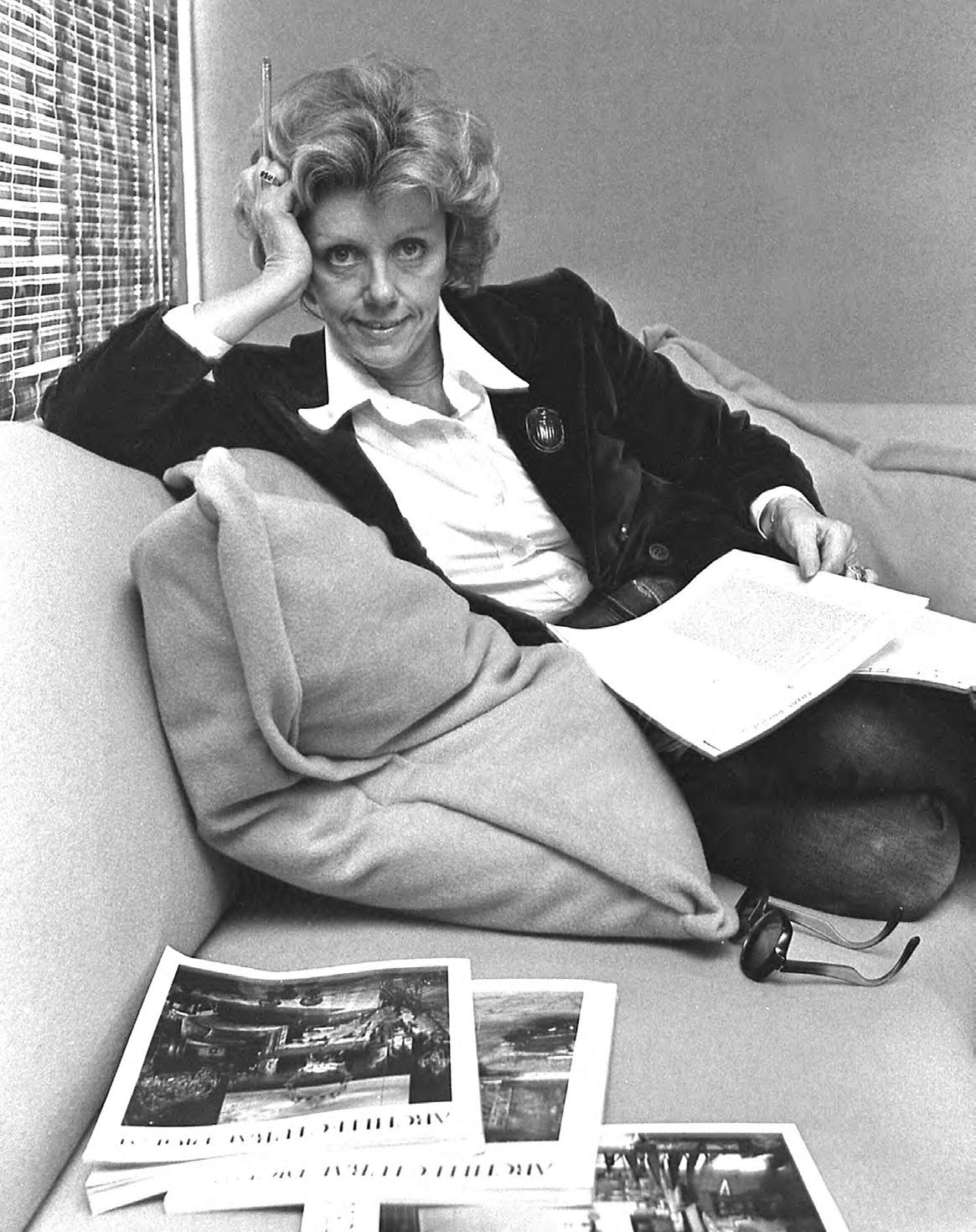
Ademanding doyenne, Paige Rense left an indelible imprint in the international world of publishing. Largely self-invented (including her own first name), she was a minimally educated but undeniable powerhouse who ruled the pages of Architectural Digest (AD) for more than four decades while living (mostly) in Santa Barbara. She was also a kingmaker whose influence still resonates today. Yet the greatest Paige Rense story – how this “queen of shelter” grew up anything but sheltered –is a story remembered by few.
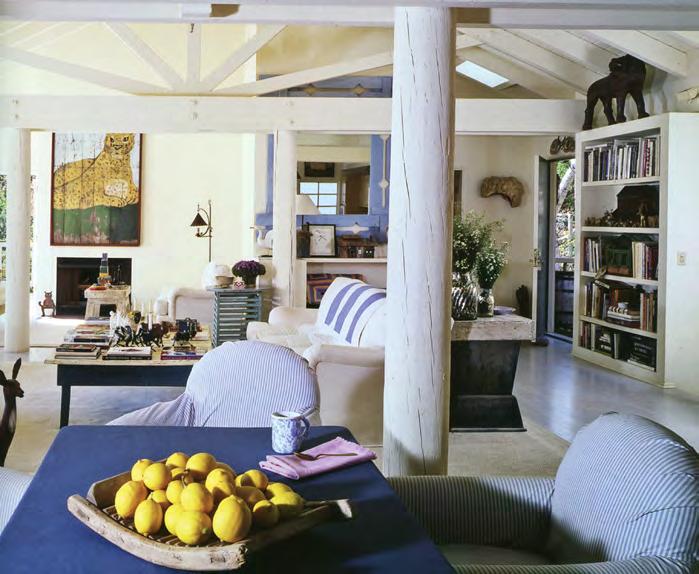
Born six months before the stock market crash of 1929, Paige Rense (née Patricia Louise Pashong) was put up for adoption by her birth mother. She moved to Los Angeles with her adoptive parents in the 1940s but dropped out of Hollywood High School and ran away at 15 due to an abusive father. Living in a furnished room, she lied about her age to obtain employment, which for a time was limited to movie theaters. “I was an usherette at every theater on Hollywood Boulevard,” she once told an interviewer. She changed her name to Paige and claimed a variety of last names based on the movies she viewed. Her self-invented life had begun.
Starting out as a runaway teen often spells disaster, but spending countless hours in a movie theater allowed Rense to drink in the extravagant lifestyles portrayed by the 1940s Hollywood glamour machine. No doubt the movies Rense watched on an endless loop provided an education in over-the-top fantasy interiors, much like the homes AD would be known for… not to men-
tion that the elaborate theaters exhibiting those films were some of the most decadent and decorated buildings in existence. (Rense would ultimately pay homage to one of her early employers, Grauman’s Chinese Theatre, by featuring it on the cover of AD’s first Academy Awards issue in April 1990.)
In her late teens, Rense was briefly married twice: first to Richard F. Gardner, an advertising executive in L.A., and later to David Thomas, whom she met in Tokyo where they both worked for the U.S. Armed Forces Ra-
dio Service. There weren’t many career paths for a woman in the 1940s and ’50s – especially an uneducated one –so Rense likely saw marriage as one of the few paths to security. “When you are told at a very young age that your mother didn’t want you, it plants an insecurity that never quite dies,” she wrote in 2018. It’s certainly tempting to see Rense’s lifelong trajectory as a determined search to find a “home.”
Sensitive about her lack of education, Rense began telling prospective employers she had a B.A. in English from Cal State. “At least I never pretended it
MENTORS”A circa 1920 barn-siding painting of a cat, part of Rense’s folk art collection, commands the living room, as seen in Rense’s 2018 Architectural Digest: Autobiography of a Magazine 1920-2010 (Rizzoli).
was Vassar,” she told The New York Times in 1990. And Rense’s ruse worked. In 1955, she managed to secure a low-level editorial position with Water World – a skin-diving magazine that soon failed (“It drowned,” she quipped). But Water World was not a total loss, as Rense ended up marrying the magazine’s managing editor, Arthur Rense, in 1957. (Divorced in 1974, the couple remarried in 1987 and remained together until Arthur’s death in 1990.) “Arthur was my university,” she later pronounced.
Rense attempted to embrace domesticity in the 1960s, staying home in Thousand Oaks, acting as stepmom to Arthur’s three sons from a previous marriage. But life in suburbia with her new family proved unfulfilling, prompting her to recall that period as “the worst two years of my life.” To battle monotony, Rense began writing a never-published novel and penned several articles for Cosmopolitan magazine.
Rense’s big break came in 1970 when she was hired as an associate editor at Architectural Digest under the editor Bradley Little, who was murdered a mere five months later in a purported robbery attempt (the case was never solved). Little’s death vacated the editor-in-chief position, and Rense was appointed to replace him.
The Architectural Digest: A Pictorial Digest of California’s Best Architecture – as it was originally called – was founded by John C. Brasfield in 1920 as a quarterly trade journal based in Los Angeles. From its inception, the magazine focused on homes of the ultrawealthy. Brasfield loved architecture and loved big-name architects, including Spanish-style revivalists such as Wallace Neff and Santa Barbara’s ever-popular George Washington Smith. Brasfield also understood the potential publicity cachet of their clients – Hollywood movie moguls and newly minted screen stars; and many celebrity homes found their way into the magazine, including Pickfair, the Neff-designed estate of movie stars Douglas Fairbanks and Mary Pickford.
It was an early glimmer of what would ultimately become a bonfire of the vanities – the most celebrity-packed shelter magazine in the world.
Starting in the 1940s, home interiors became the magazine’s staple; but unlike other existing publications (House Beautiful and House & Garden) that provided DIY advice to middle-class homeowners, The Architectural Digest was not about matters so… pedestrian. For the vast majority of readers, AD was about dreaming, not doing – and would remain that way.
Despite her lack of education and atypical life experiences, Rense arrived at AD with a clear vision to remake the magazine in the tradition of the European art magazines she admired. She culled a list of prominent designers and interviewed them, despite the fact that Little, her unfortunate predecessor, firmly believed “designers didn’t want to be interviewed.” To this end, Rense flew to New York to meet Angelo Donghia, a top designer who had recently completed his own townhouse apartment. The resulting article on Donghia’s pad, with accompanying images, took up seven pages of AD’s November 1973 issue and became a watershed moment in the history of shelter “pornography.”
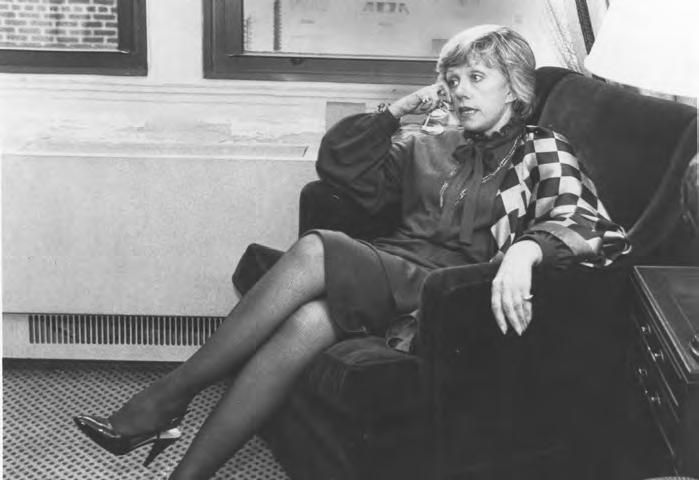
Rense was suddenly a star in the publishing world: “I had finally snagged someone whom I knew could be the pied piper in getting top designers into AD,” Rense wrote in Architectural Digest, Autobiography of a Magazine 1920-2010. “That was really the beginning. Once Angelo gave me his seal of approval, other decorators – and even some architects – started paying attention and calling to tell me about their latest jobs.”
As the years went on, Rense became synonymous with AD , as it became the most consequential shelter magazine in the world. Renowned writers became contributors, including architecture critic (and Pulitzer Prize
“Publicity to a decorator is what blood is to a vampire.”
– Manor House, a novel by Paige Rense(Photo by Dith Pran)
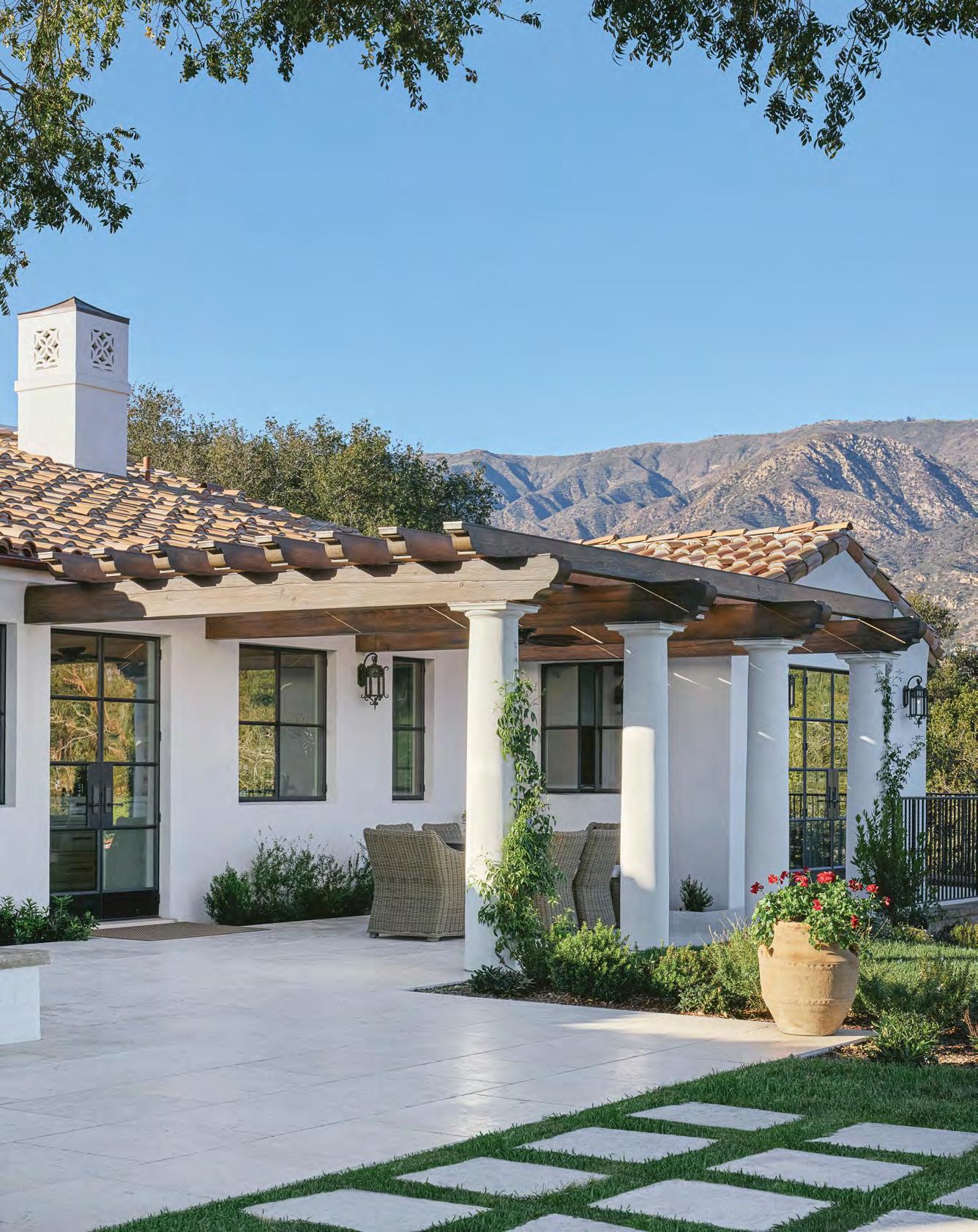






winner) Paul Goldberger, practicing architect and famed critic Joseph Giovannini, along with respected literary lions William Styron, Susan Sheehan, and John Updike.
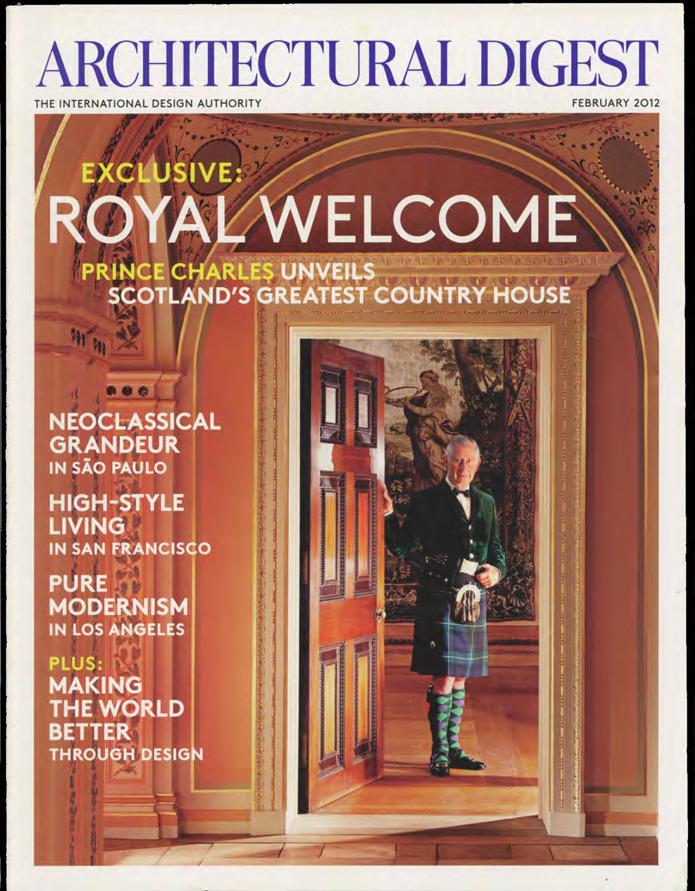
International issues of AD appeared in more than five countries. Television came calling, and Rense became a talk show regular (Dinah Shore, Phil Donahue, Charlie Rose). As one would expect, AD’s circulation skyrocketed. (She even appeared in a magazine ad hawking Rolex watches.) “She was always the queen,” says the noted antiquarian/designer Rose Tarlow, a close friend. “There’s never been anybody who had that much power in publishing. Everybody was friends with Paige, and they invited her to their big parties because they wanted to be in the magazine.”
As one might imagine, her accumulation of power generated envy and criticism. Designers rebuffed by Rense claimed her fidelity to certain professionals was the result of lavish gift-giving, something she deflected in an interview by saying: “Anyone who knows me knows you can give me 20 fur coats, diamonds – it won’t get you in the magazine.” A tough boss, Rense reportedly could be capricious in firing employees. Even so, in the end, the fact that Rense’s singular vision was responsible for making AD an astonishing success was never, ever refuted.
Rense made many friends throughout her life (as well as a few enemies). But one friendship in particular was truly life-changing. Several years after becoming AD’s editor, Rense was introduced to the film producer Tamara Asseyev at Morton’s, a trendy Los Angeles restaurant and “It” locale for the Hollywood elite. Asseyev was producing the 1978 surf movie Big Wednesday at the time. Rense and Asseyev immediately hit it off; they were two young women trying to get ahead in publishing and entertainment – two fields historically dominated by men. “There weren’t any mentors in my end of the business,” Asseyev says, “and Paige certainly didn’t have any men-
tors.” Both would become phenomenally successful; in 1979, Asseyev and her coproducer Alex Rose were nominated for the Best Picture Oscar for the movie Norma Rae, becoming the first all-female producer team to receive that nomination. (A current Montecito resident, Tamara Asseyev de Gabriac has served on the jury for the Santa Barbara International Film Festival.)
Asseyev was the one responsible for introducing Rense to Santa Barbara. “I bought a house [in Montecito] in 1978,” she says, “and I would come up on weekends to get away from the business. Paige came up and she liked it, and she bought a house,” originally a weekend retreat. Rense ultimately sold
her home in Beverly Hills and moved to Santa Barbara full-time, commuting weekly to Los Angeles. She also opened a folk art boutique – Country Manor Antiques – on Coast Village Road. The boutique was short-lived, but her passion for folk art was genuine, and Rense filled her Santa Barbara home (remodeled by architect Marc Appleton and landscaped by Eric Nagelmann) with many beautiful examples. It’s interesting to think that Rense was drawn to folk art, a genre that for many years was underappreciated and undervalued. The simplicity and hand-wrought quality of folk art were a far cry from the “fine” art and antiques that were AD staples (although this would later
My connection with Paige Rense began in 1983, fairly early in my architectural practice, which I had started somewhat inauspiciously in 1976 after having worked for Frank Gehry for three years. It was a special time for me, a golden era for Architectural Digest –and peak Paige Rense.
The November 1984 issue of AD featured (on reportedly the first-ever fold-out cover) a house in Los Angeles for which I had coincidentally been the architect. At the time, I was unknown, so the fact that I was the architect had absolutely nothing to do with it being published but rather the stellar reputation of the interior designer Val Arnold.
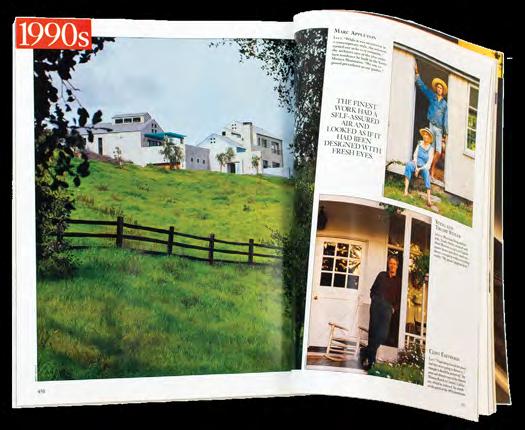
Sometime shortly after the house was completed – but before its publication in AD – Paige Rense, the editor, was invited by Val and the owners to dinner at the house and inquired who the architect was. A few days later, I received a phone call from Rense, asking me if I would be willing to look at a house she had purchased in Santa Barbara. To be honest, I was not a subscriber to AD at the time, so her name did not initially ring a bell until someone in my office clued me in. I was immediately concerned that she had the wrong guy and had made a serious mistake in contacting me – that I would not be up to the challenge of designing for her. I assumed that, as a client, she would of course want something grander than I would ever be capable of producing, something on par with the fashionable designers and architects who appeared regularly in the pages of her publication.
Therefore, with some trepidation, I arrived at our first meeting, but Paige instantly put me at ease. She did not seem at all the person whom I had imagined in my presumptuous anxiety. What she wanted, in fact, was something quite unpretentious and modest. I am happy to say we hit it off, that as naive as I then was, I must have acquitted myself as her architect, and we ultimately became good friends.
During the last 25-plus years, I have had the good fortune to have my work published in AD many times, which, by the way, has finally cured my naiveté. I had been privileged to be among the
AD100 designers and architects every year since its inception (until a few years ago when I suggested they retire me and a few other grey 100s). I never asked for anything to be published, but every year or so, Paige and I had lunch, and I showed her our latest projects –one or two of which she’d always show interest in. I feel immensely lucky that I was given the opportunity to contribute so easily to the magazine over the years, and I am certain my career would not have been as successful without the exposure AD gave me.
Designers and architects often assume that when you have a project published in AD, it immediately results in a flurry of phone calls from eager, wealthy, prospective clients. Perhaps this happens to a few talented souls, but my experience was always otherwise. To be sure, we’d get phone calls in the wake of an article, but if they’re not from one’s mother, they were usually from interested subscribers wanting to know where they might be able to find the floor tiles you used or what was the precise color on that plaster wall. We always politely answered these calls, even though few of them led to actual commerce.
During Rense’s time – sometimes years later and long after an article appeared – one might get a call from and meet with a prospective client who would open a folder full of magazine clippings, among them not just one, but often two or three projects of ours that AD published. This is the client you have waited for and want – the client who had been patiently tracking your accomplishments over time, both digesting and gestating at the same time.
We don’t have a personal style, so we rarely get clients who say, “I want a home just like you did for so and so.” Our work is varied and stylistically diverse, so it is especially gratifying to meet a client who feels we are adept and flexible enough to respond creatively to their specific needs and dreams. These have been the clients we cherish – clients Paige Rense helped steer our way, and it is why I feel honored to have had our projects included in the magazine’s pages during her unparalleled reign.
change when Rense included her own house in the magazine).
Rense also featured Asseyev’s L.A. house in the pages of AD . Designed by Hollywood Regency architect John Elgin Woolf (who was also a Montecito resident and designed homes here), its sophisticated interiors were filled with Asian antiques and contemporary art, notably the work of renowned artist Kenneth Noland. Known for his large, colorful paintings of concentric circles, chevrons, and stripes, Noland was Asseyev’s former romantic companion. Years later, Rense – who met Noland through Asseyev – ended up marrying him. “One day, I got a phone call from Ken back East,” Asseyev recalls. “And he said, ‘I’ve kidnapped your friend.’ They were going to Ken’s farm in North Bennington, Vermont. And that was it.”
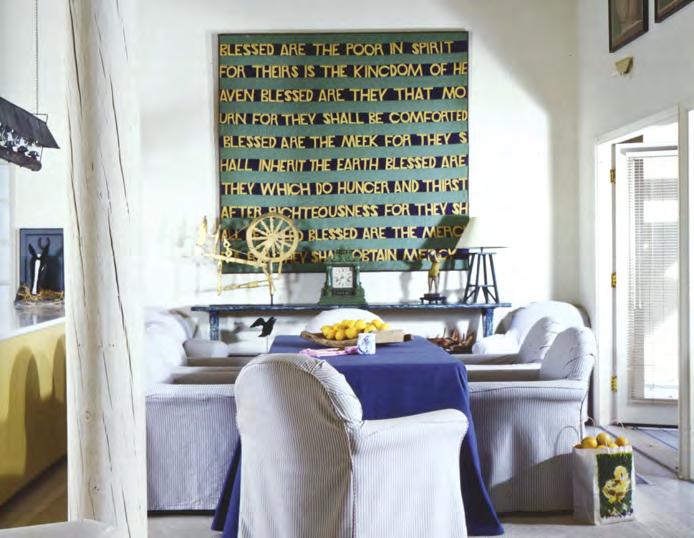
Under the title “A Merger of Art and Architecture,” The New York Times covered the April 10, 1994 Rense-Noland nuptials in Vermont, describing how the couple hosted an intimate dinner at dusk in a remodeled barn that served as Noland’s studio. Asseyev, who was in attendance, recalls that at one point during the dinner, Rense stood up and announced: “I’ve given Ken a Ferrari for a wedding present” – an extravagant gesture that spoke not only to Rense’s formidable achievements but also perhaps to a new balance of power in her relationships with men.
In 1997, Rense penned Manor House , a murder mystery set in Santa Barbara and Los Angeles with a plot centered on a fictionalized account of the actual murder of her AD predecessor, Bradley Little. The book was not a literary success but remains an insightful example of Rense’s first attempt to create a life narrative (albeit fictional) for herself. Meg Millar was Paige’s avatar, the invisible power behind the throne of Manor House , a tony shelter publication with hun -
dreds of thousands of subscribers, substantial advertising revenue, and high net profits. “The managing editor is the one who’s really responsible for the magazine’s success. It’s Meg who makes the difference,” admits Manor House ’s owner. The novel also includes a few insightful views of the design industry, e.g., “Publicity to a decorator is what blood is to a vampire,” says one of the book’s characters (a thinly veiled version of Rense’s pal, artist Jack Baker).
In 1990, Rense concocted the AD100, an international list of top designers and architects that still exists today. This savvy move gave architects and designers crowing rights in addition to having their work in the magazine, and today’s AD100 laureates never fail to include that accolade on their websites. Eventually, an AD100 Hall of Fame was created for designers and architects who were perennial members of the list. Over the years, several local design professionals have been included in the AD100.
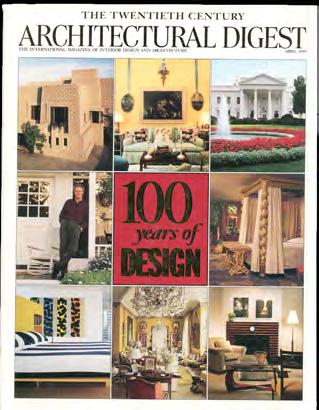
Montecito architect Jack Lionel Warner (1927-2012) – founder of Warner Group Architects – was first featured in AD in the pre-Rense 1960s and appeared on the AD100 list four times. Warner was known for his elegant, modern custom-home designs; his firm was also responsible for notable local public buildings including the clubhouse at Birnam Wood Golf Club and a wing of the Santa Barbara Museum of Art.
Designer Bruce Gregga was on AD100’s inaugural designer list and remained there for many years. He first
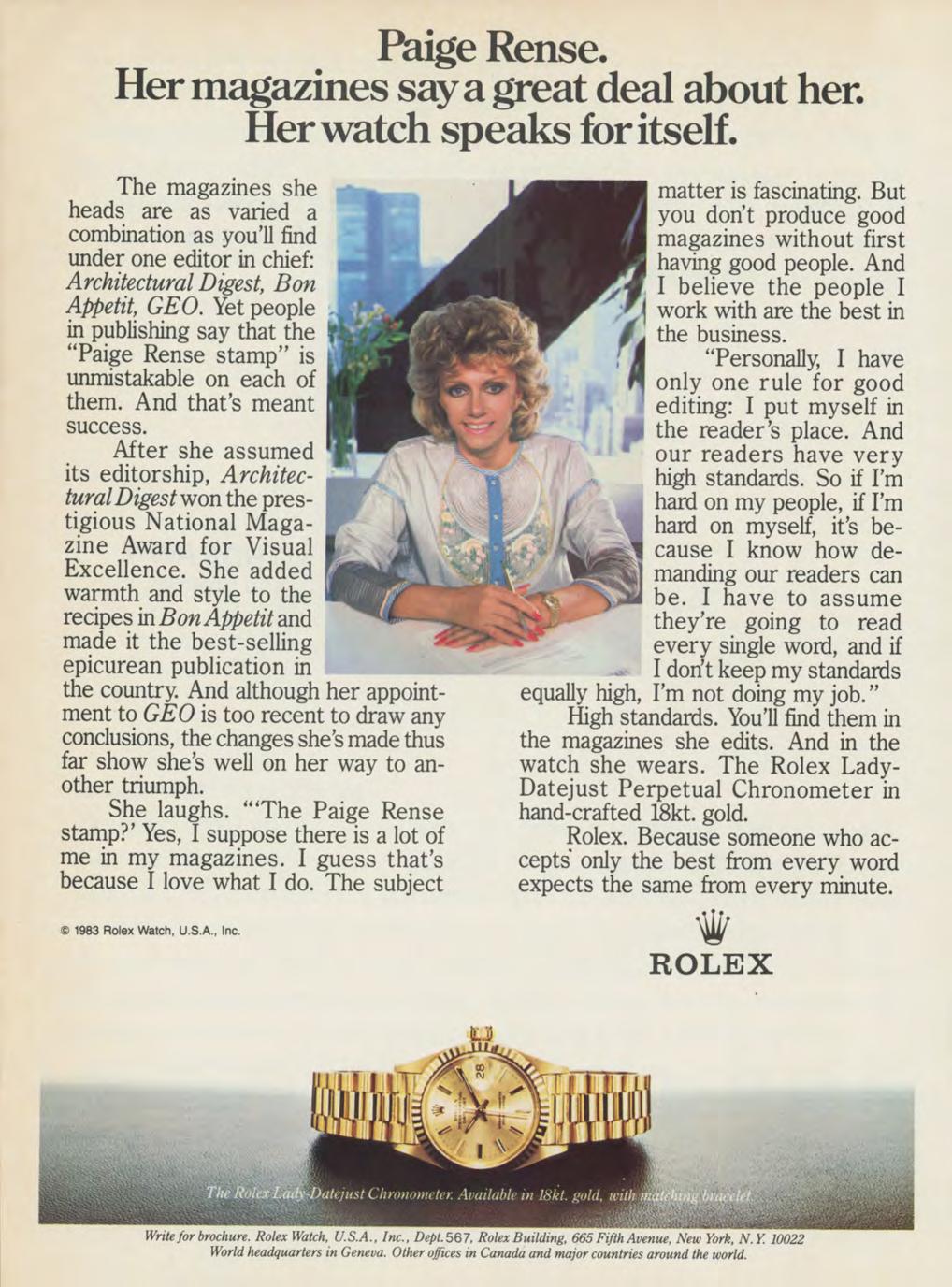
met Rense in his native Chicago, where his design firm was based for four decades before he relocated to Montecito in 2001. “Without question,” Gregga says, “she made my career.” As for Rense’s demand for exclusivity as the tradeoff for appearing in AD, Gregga remains sympathetic: “She was at the top, so she had to have that because that was what made the magazine special.”
“We were very good friends, and I admired her very much,” says AD100 Hall of Famer Rose Tarlow, owner of home furnishings store Rose Tarlow Melrose House in Los Angeles. (Marc Appleton designed the store; Tarlow also has a home in Montecito.) “I was never really a designer, so she could be friendly with me.” Tarlow continues, “I didn’t care if she put me in the magazine or not.” What Rense did was put Tarlow’s own homes –in L.A. and London – in the pages of AD , creating a demand for design services that Tarlow generally politely refused… until her friend David Geffen acquired movie mogul Jack L. Warner’s Beverly Hills estate and asked her to decorate it. Rense firmly told Tarlow, “You cannot turn this down. It will be so important for your career. You must take it.” She did. “I would never have done it without her,” Tarlow admits. The Warner project is an important part of Tarlow’s design oeuvre and is prominently featured in her first book, The Private House .
What remains astonishing about Rense and her AD100 list is the staying power of her choices. In the Santa Barbara/Montecito area alone, Warner Group Architects continues the practice of its founder, Jack L. Warner; Bruce Gregga is currently working on several residential projects (including one in London); Appleton Partners, founded by Marc Appleton, has robust offices in Santa Barbara and Santa Monica; Rose Tarlow’s business is booming as she continues to be an eternally sought-after designer; L.A.-based architect Ron Radziner of Marmol Radziner is also an AD100 favorite and has designed several homes in Montecito; and Montecito resident John Saladino (another AD100 list inaugural member) is retired but maintains a thriving furniture business helmed by his son, Graham Saladino.
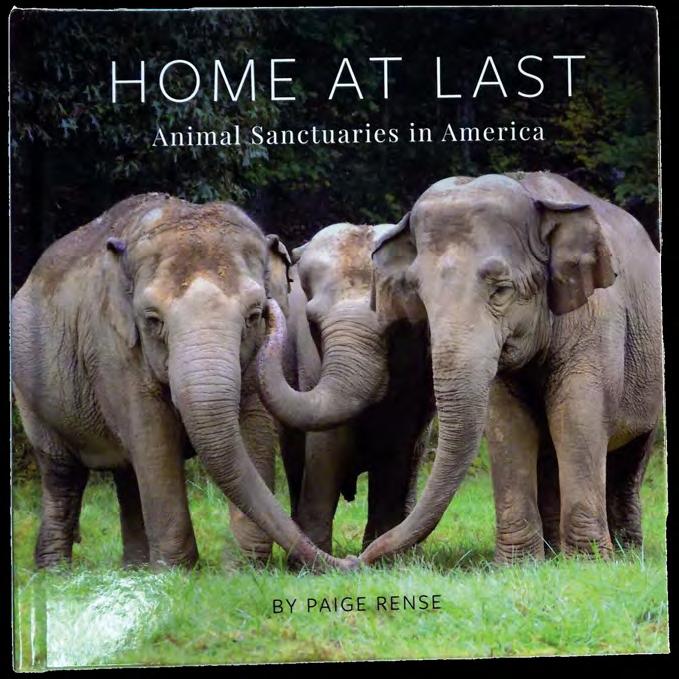
“In preparing this volume, I visited these sanctuaries. You can imagine the swirl of emotions that arise with such a journey. I recall reading a news story when I was retired after 40 years as Editor of Architectural Digest. The writer suggested an epitaph about how I brought a shelter magazine from relative obscurity to widespread prominence. Well, yes, I’m proud of that work. But if you’ll allow me to be presumptuous, I’d want my epitaph to also say that I fought to give animals shelter too.”
– Paige Rense, Home at Last: Animal Sanctuaries in America
(Humane Society of the United States, 2019)
One of the most potent examples of power is the ability to publicly control your own narrative, and in 2018, Rense authored Architectural Digest: Autobiography of a Magazine 1920-2010. She had retired from AD eight years earlier, having remained at the helm after Condé Nast purchased the magazine in 1993. The AD Autobiography is a weighty coffee table tome combining AD’s history – written by Rense – with her first-person account of her four decades at the magazine and the numerous celebrity encounters and friendships she collected along the way. In so doing, Rense not only wrote her own memoir but also dictated how she (and her era at AD) would be remembered in the future. In the end, the AD Autobiography reveals that an important key to Rense’s success was her trenchant understanding of human nature: “Human beings are natural voyeurs. We all like to see how other people live, particularly celebrities who have become part of our lives, whether we like it or not.”
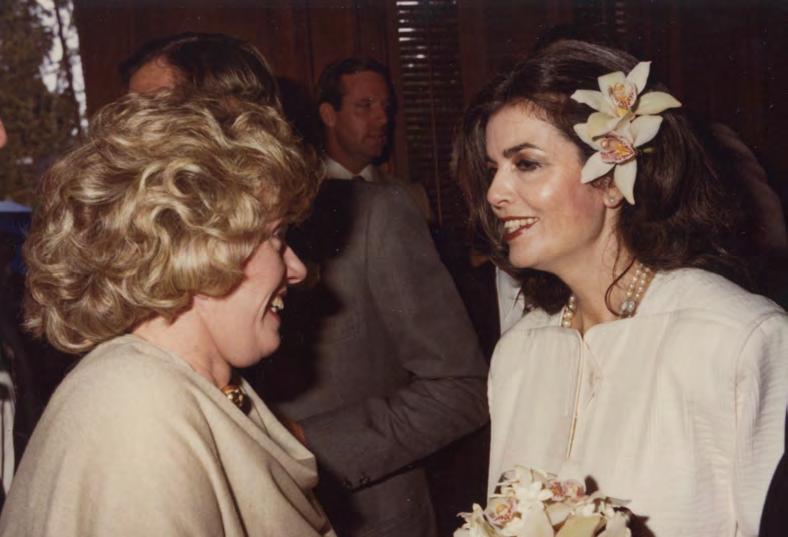
Rense died in 2021 at home in Florida, where she moved after her husband’s death in 2010. Over the span of her 91 years, she went from being a 9th-grade dropout with minimal prospects looking for shelter to the de facto empress of the international shelter industry. She was, in fact, our very first Queen of Hearths.
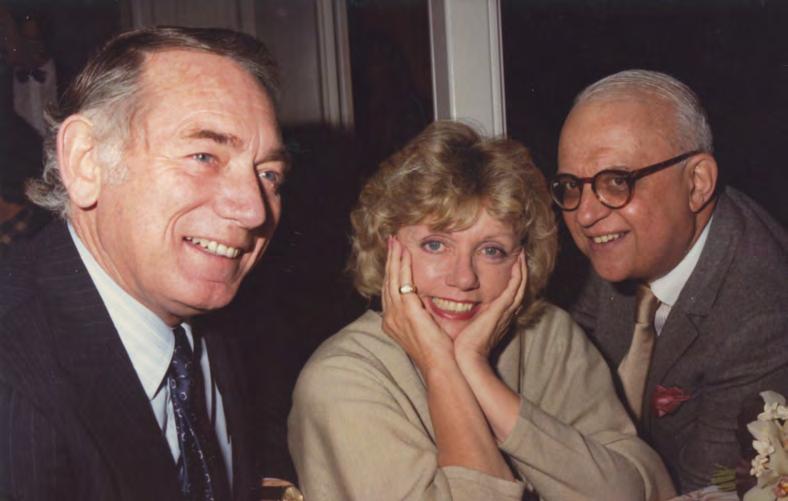
“When I’m published in Architectural Digest, I get 10 new clients. When I’m published in Progressive Architecture, I get 100 letters from students looking for a job.”– Architect Robert A.M. Stern Rense at Tamara Asseyev’s first wedding. (Photos courtesy Tamara Asseyev de Gabriac) Rense with the bride, Tamara.
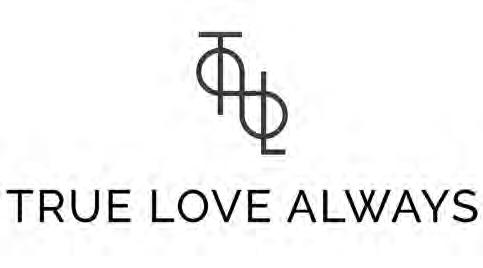
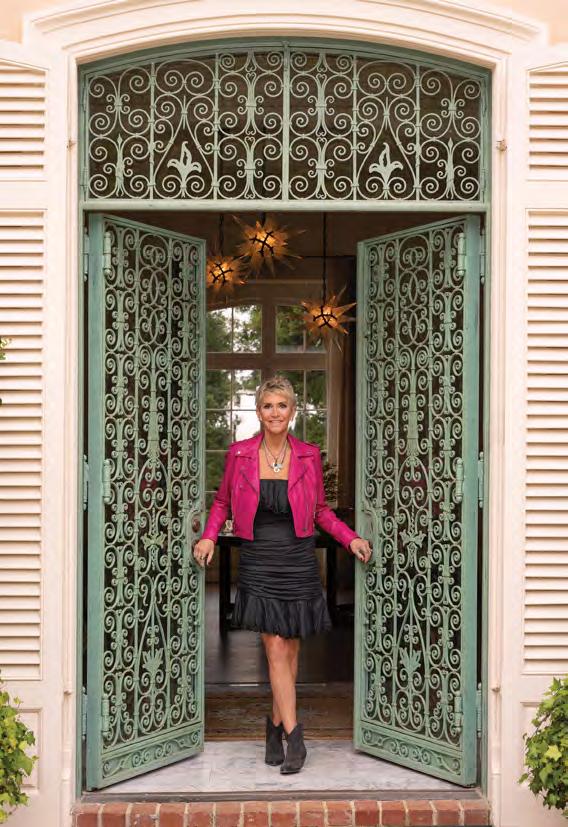
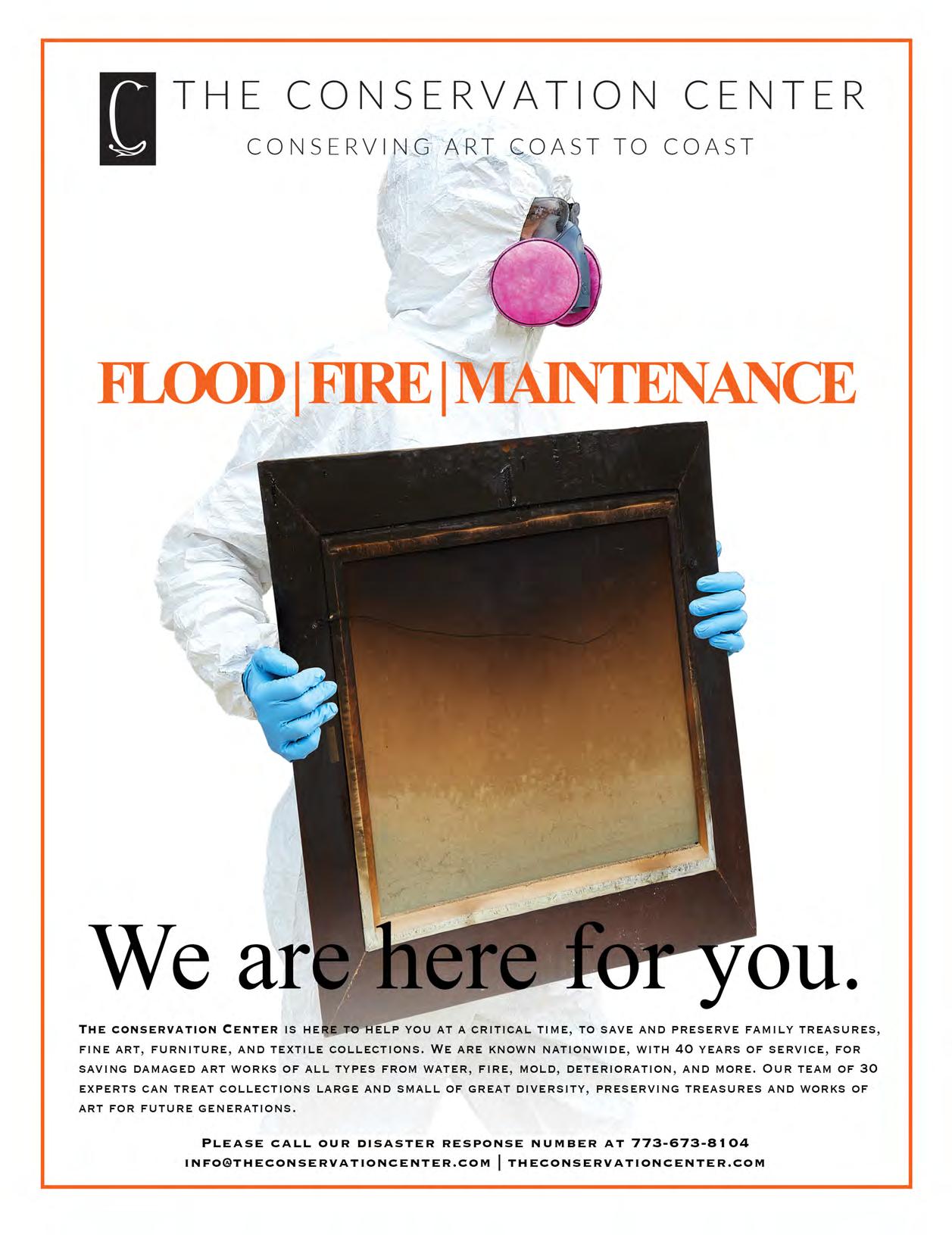
35 East 62nd Street
Between Madison & Park Avenues
40’ x 100’ lot | 25,000 gross sq. ft.
5 floors + Roof +Basement
Vacant office building. Perfect for commercial, foundation, corporate headquarters, family office, atelier, mixed-use, residential, embassy, insitution, etc. $70M
41 East 62nd Street
Between Madison & Park Avenues
35’ x 100’ lot | 16,000 gross sq. ft.
5 floors + Basement
Vacant building, currently commercial/ office & community facility. Perfect for foundation, corp headquarters, family office, atelier, mixed-use, residential, embassy, insitution, etc. $40M
40 East 73rd Street
Between Madison & Park Avenue
22’ x 100’ lot | 9,000 gross sq. ft.
6 floors +Basement
Turn-key, gut-renovated single family home with elevator. Six bedrooms, seven full and three half baths. High ceilings & spacious rooms throughout. Three outdoor spaces. Generator. $38M
23 East 67th Street
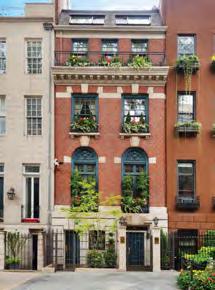
Between Madison & Park Avenue
20’ x 100’ lot | 10,940 gross sq. ft.
7 floors +Basement
Currently four floor-through fine art galleries, one retail space, and a luxurious residential penthouse unit. Private-key locked elevator ensures easy but secure and private access to each floor. $26M
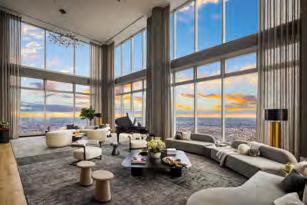
163 East 64th Street
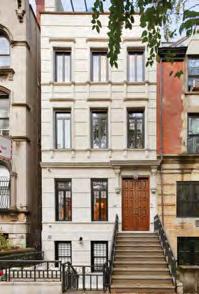
Between Lexington & Third Ave
20’ x 100’ lot | 8,000 gross sq. ft.
4 floors +Basement
Located on one of the finest townhouse blocks in NYC. Referred to as the most “instagrammable” house, this grand home with elevator features expansive rooms for entertaining and a sublime roof garden $17.995 mil
1211 Park Avenue
Between 94th & 95th Street
20’ x 69’ lot | 5,250 gross sq. ft.
5 floor + Basement
Park Avenue single-family home in Carnegie Hill features five bedrooms plus staff room, five full baths + staff bath + powder room. Three outdoor spaces. $10.25M
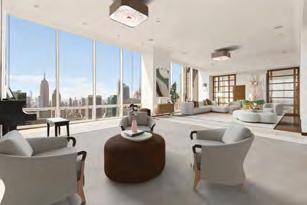
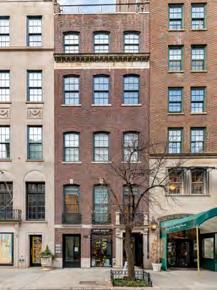
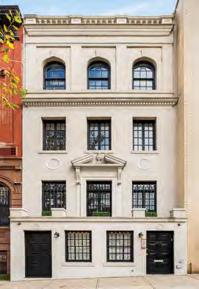
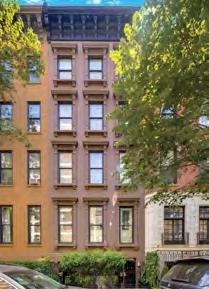
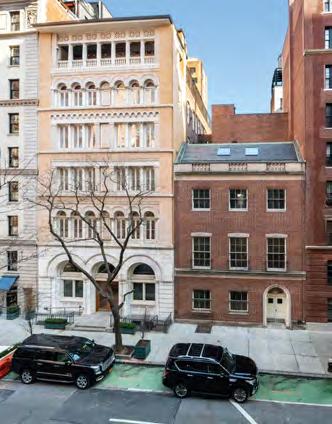
“THE HIGHEST RESIDENCE IN THE WORLD” + the highest private ballroom + highest private terrace
Luxury
Loy Carlos Serhant. Signature Assoc. R.E. Broker o: 646.580.4840 m: 718.757.8219

141 West 95th Street
Between Columbus & Amsterdam
21’ x 100’ lot | 6,000 gross sq. ft.
5 floor + Basement
Gut renovated, turn-key home with elevator. High ceilings and expansive rooms throughout. Multiple entertaining floors. Rear outdoor space and roof terrace. $13M
All information from sources deemed reliable. No representation is made as to absolute accuracy and is offered subject to errors, ommission, change in price and/or prior sale without notice. All dimensions are approximate. Equal housing opportunity.
 35 & 41 East 62nd Street*
*Adjacent buildings may be purchased separately or together.
35 & 41 East 62nd Street*
*Adjacent buildings may be purchased separately or together.
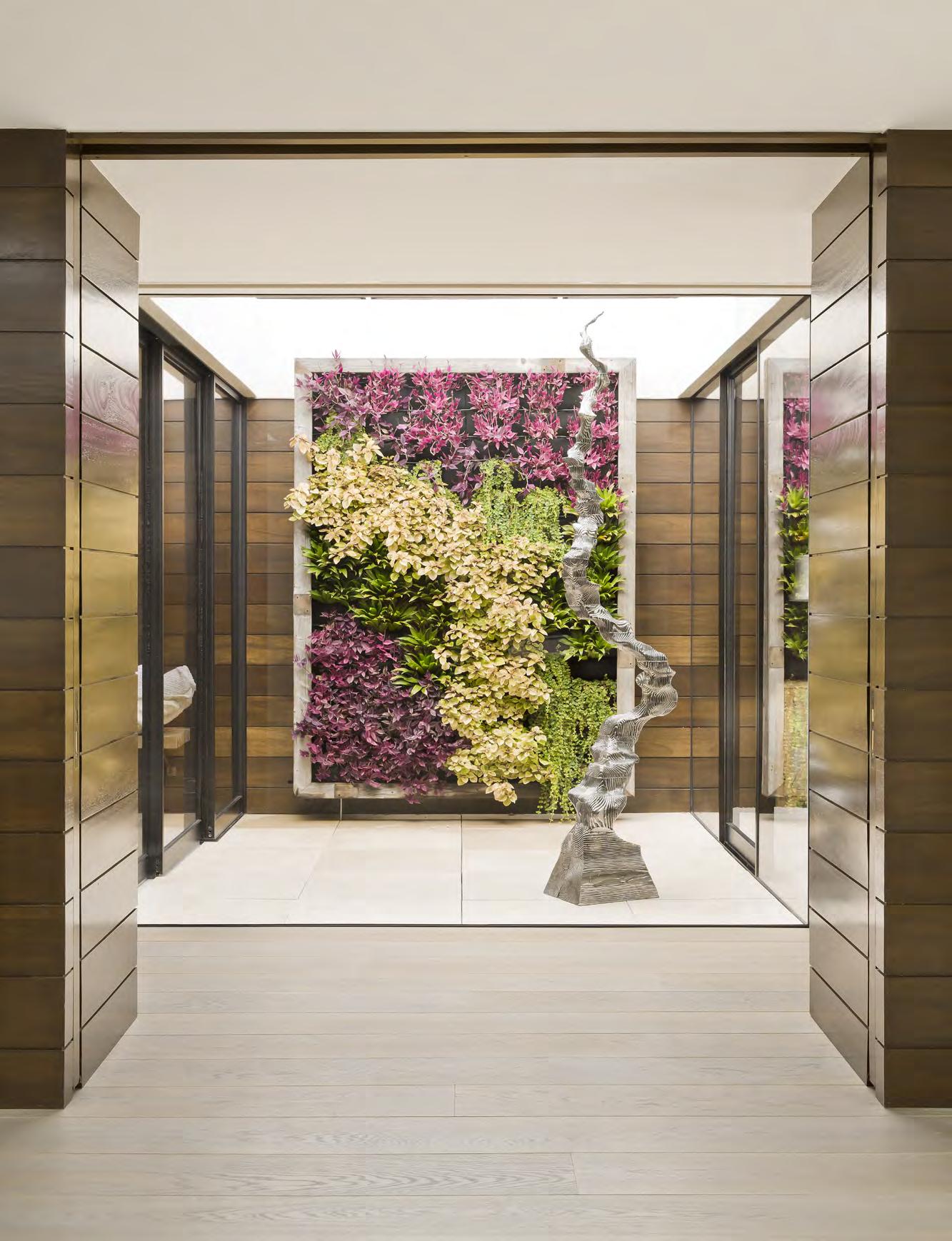
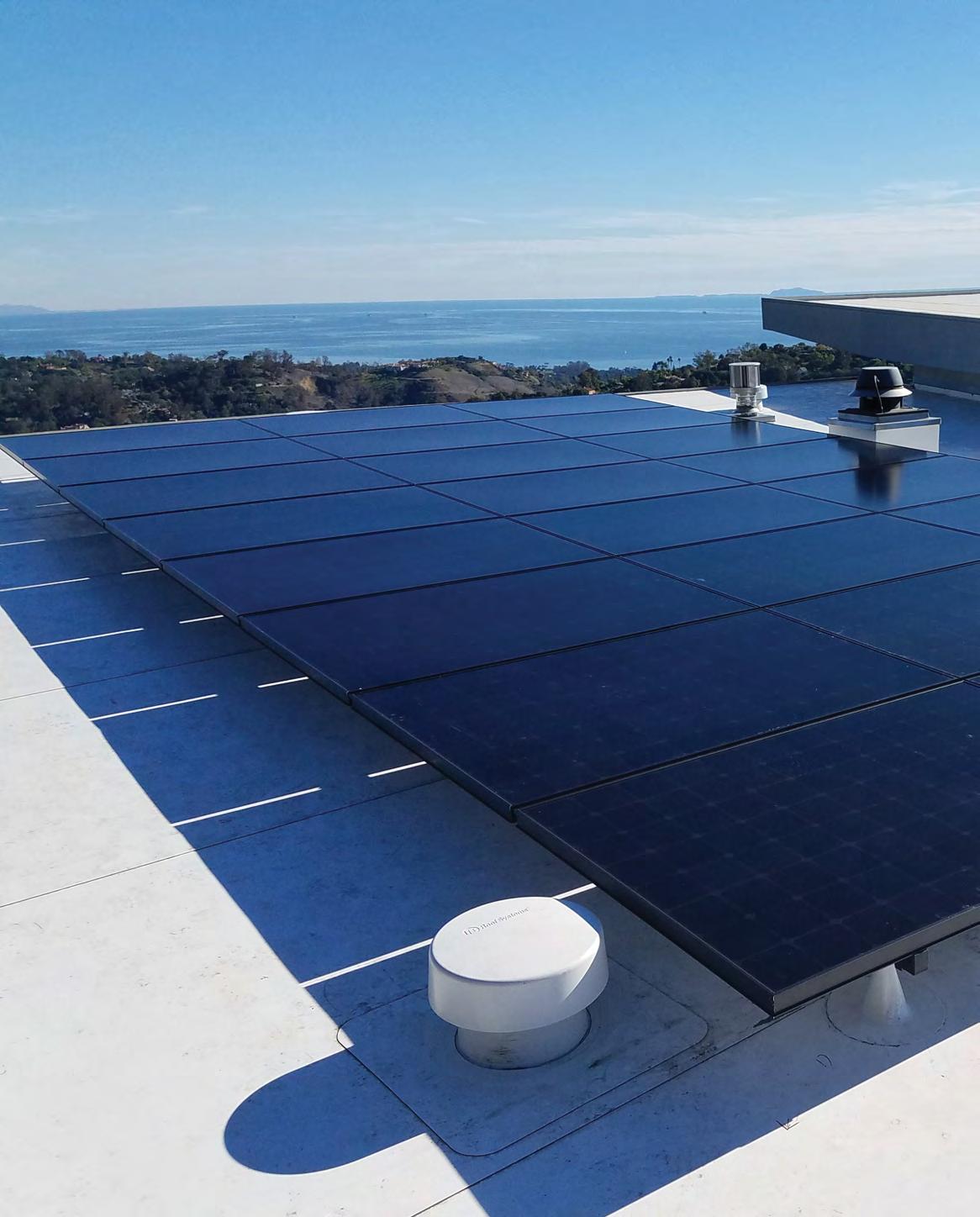
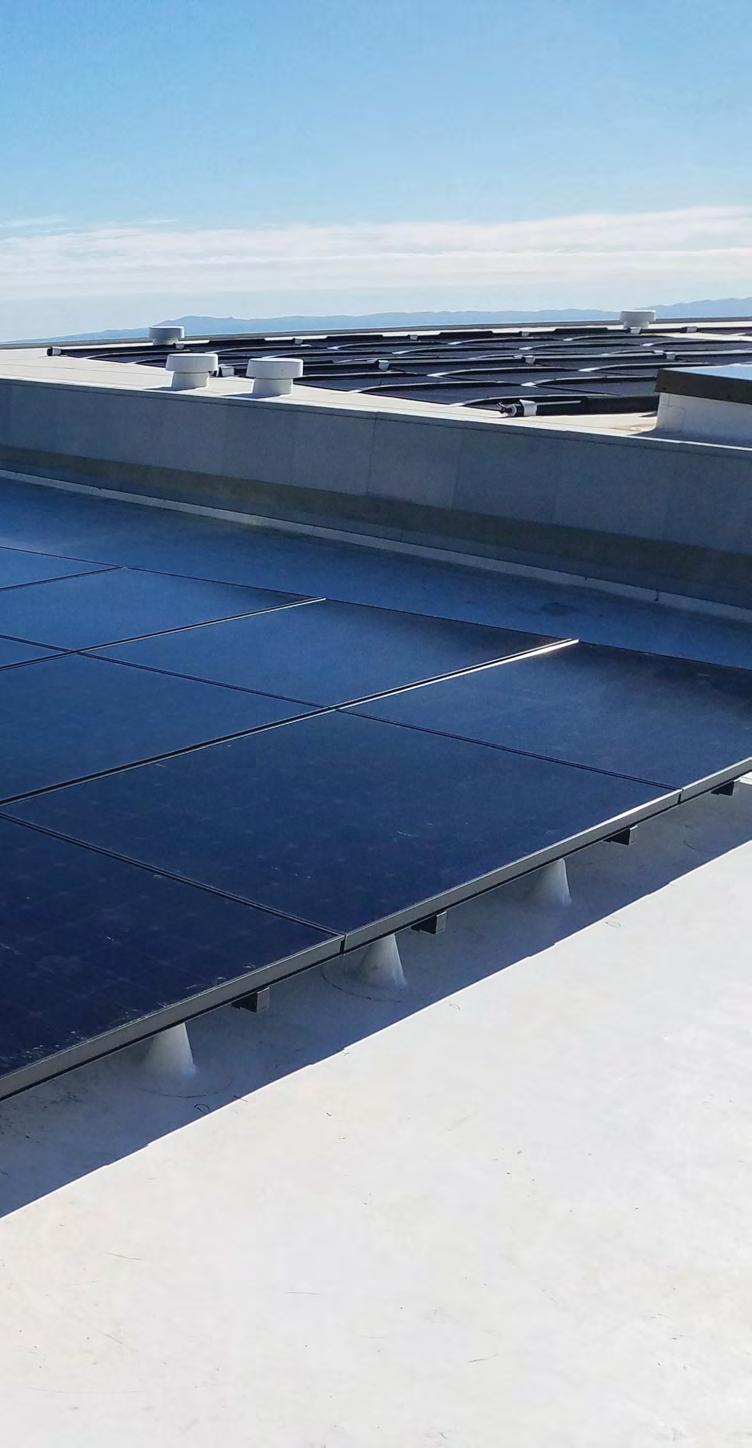
Two French students pursuing graduate degrees in the United States converged on California during their Thanksgiving break, dropping in on St. Babs for a look around. Walking the house-encrusted hills northeast of town – what locals call the Riviera – lifelong pals Marine Schumann and Jeremy Favier stared down from their elevated perspective on the sea of red tile that is aerial Santa Barbara. Sunlight generously drenched the town from mountains to shoreline, where the grand Pacific sparkled like a suspiciously overloaded promise. “We were lucky to be able to travel to different cities in the U.S.,” Jeremy says. “Santa Barbara is one of the very few cities where you walk down the street and you’re thinking, This is gorgeous!”
Gazing down on SB’s roughly 4,000,000 square feet of delightful terra-cotta roofing, Marine and Jeremy’s smiles froze. “Solar is very developed in France,” Marine says, “and we weren’t really seeing it here.” Still. The two were absolutely taken with Santa Barbara and made a pact. Marine sums it up. “We thought, Okay –the first one of us who has an opportunity to move here is going to take that job.”
Jeremy earned his master’s and later wrangled a gig as a process engineer for a mineral extraction company in Lompoc. After grad school, Marine landed in the hospitality industry, project managing the reputational greening of a massive 400-hotel network. That is, the couple’s once-nutty daydream had become actionable. In a squall of tossed rice (the typist speculates), the two married in Santa Barbara and began a new life. Then they got to talking, presumably in French. “We shared our dreams,” Marine says, “and we figured, okay – should we do it?” Spoiler alert. They did it.
Marine and Jeremy are an energetic French couple given to spontaneous laughter and a refreshingly larkish bonhomie. Make no mistake, though. The couple’s buoyant smiles may suggest a walk along the Champs-Élysées amid birdsong and warm baguette, but they are steely eyed where the mission
is concerned. Their company, Brighten Solar Co., is an award-swaddled small business whose uniqueness derives from a template whose twin keynotes – energy autonomy and ethical sustainability –make them more than just purveyors of solar machinery.

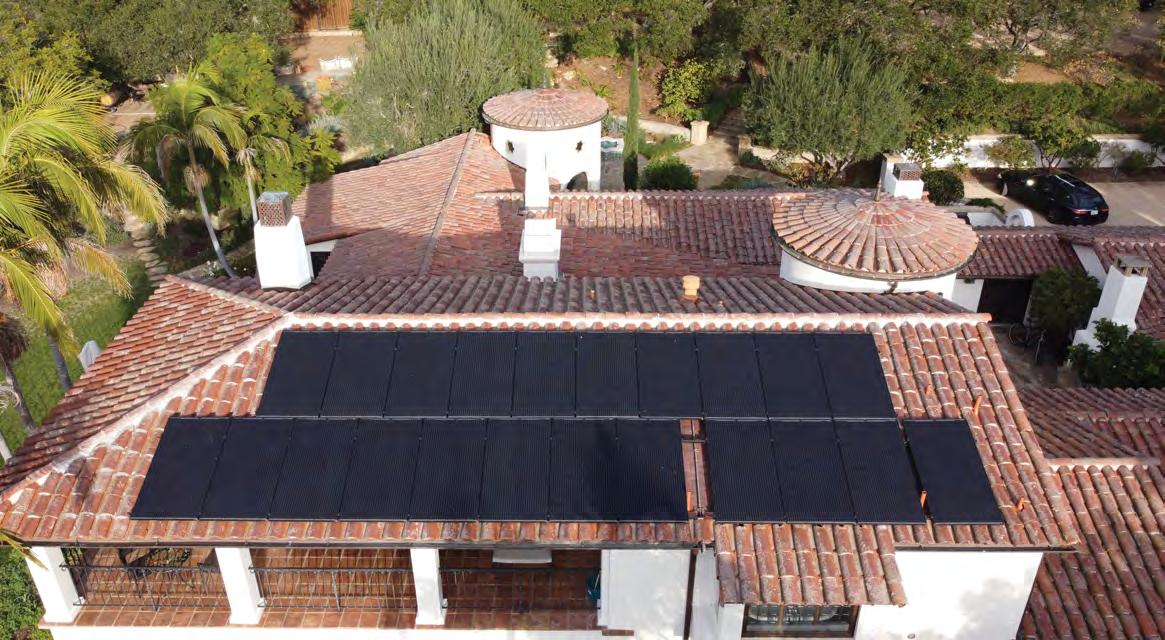
Marine and Jeremy want us to decouple from the public utilities and embrace the greener pastures of ener-
gy self-determination. A lesser writer might romanticize the couple’s mission of liberté de l’énergie as the sort of aversion to kingship that launched the French Revolution. Yes, I am that lesser writer. No, these lovebirds are not packing guillotines. Au contraire.
“Big change is not going to happen from our politics,” Marine says amiably. “We can help to empower home-
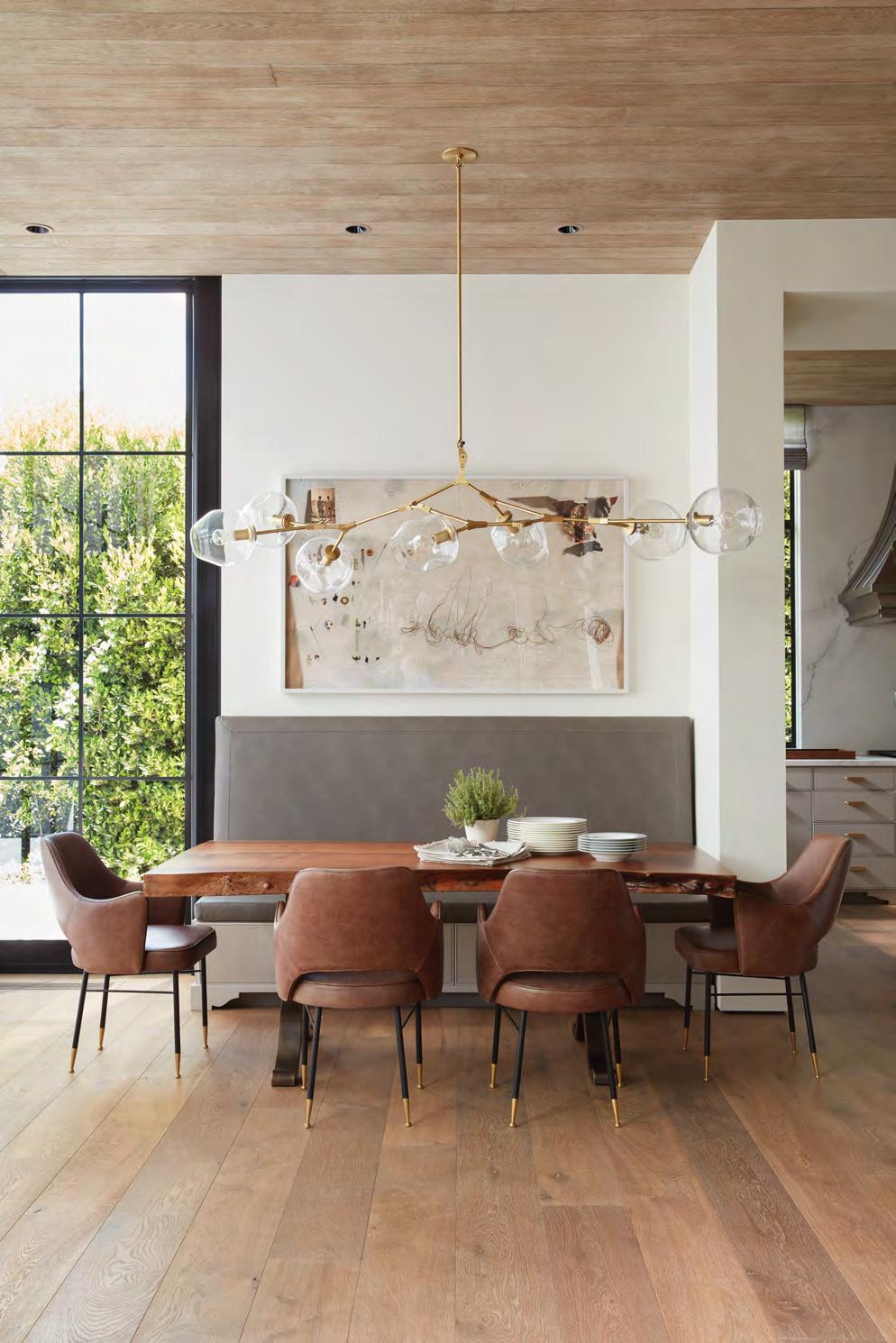 PHOTO: ROGER DAVIES
PHOTO: ROGER DAVIES
owners at their level. They just want that security that the grid can’t necessarily give them anymore. What we are offering is energy freedom.”
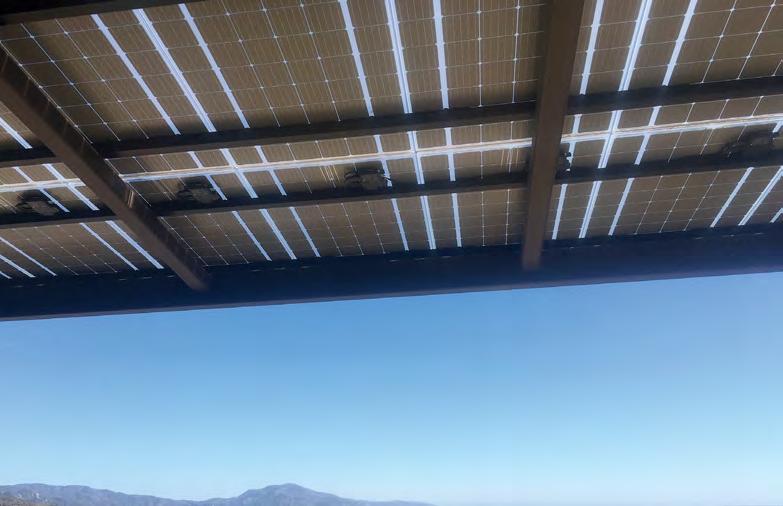
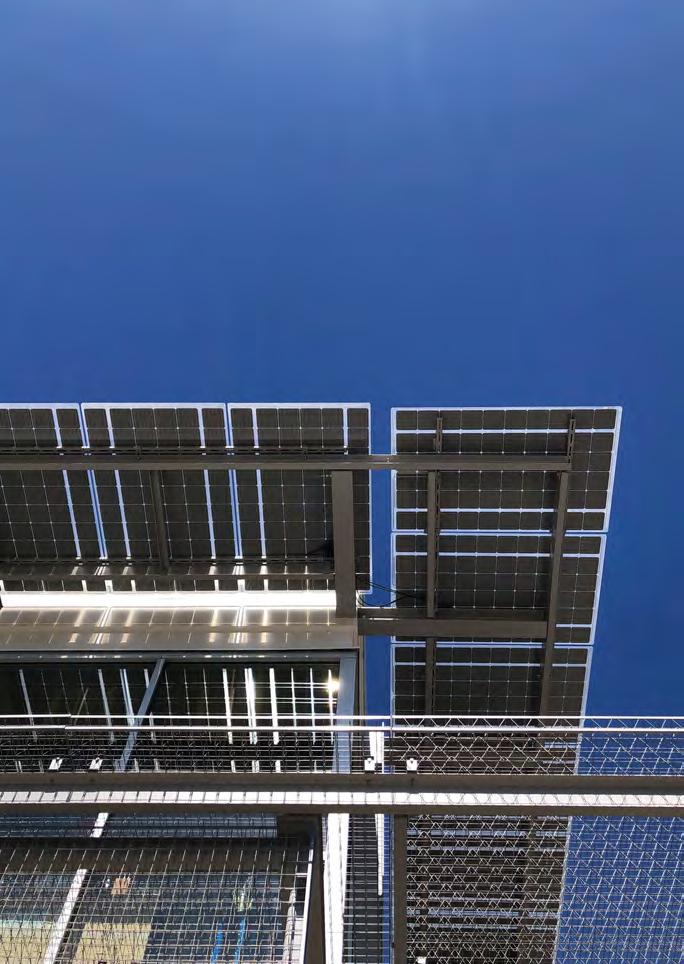
Whether talking biophysics or the light and warmth of your château at dusk, energy is indeed inextricable from life itself. Marine and Jeremy see in solar tech a promise of boundless renewable energy, and arguably something else – individual resilience. “These days,” Jeremy says, “more and more people are saying, ‘I just want to be as energy independent as possible.’” The public utilities have enjoyed their long day in the sun. Now the sun itself may help usher in a new epoch of sustainable, individualized energy production.
But Brighten at launch had a bit of an uphill climb. “This is where Earth Day started,” Marine recalls thinking of her new home, a reverse, hermetically sealed snow globe called Santa Barbara – filled not with snow but with sand and white Range Rovers. “The big oil spill back in 1969 launched the environmental movement here. But walking around Santa Barbara, we didn’t really see a lot of solar.” That is, the town they loved seemed to be opening its arms to their sense of opportunity.
“Independence, being more resilient, owning your power,” Jeremy says. “These are strongly part of the American value system, you know?” The irony did not escape Marine, but she sounds almost charmed by the recollection. “The architects would say, ‘Hmmm, it’s kind of ruining my design,’” she says. Did she have a polite, ready reply? Oui. “Well, Santa Barbara is called The American Riviera,” she would gently remind the architect. “We are from that place with the other Riviera. And I can tell you, they are using solar.” It’s not difficult to imagine, in the face of Marine’s soft-spoken admonishment, the previously stubborn architect folding like a $2 suitcase. Jeremy jumps in with a smile. “In France, these red roof tiles are very common. So we knew how to integrate solar into an architectural design – how to make solar arrays blend in and look better. The things that presented a constraint for other solar contractors here were an advantage for us. We were like, ‘Hey, it’s okay! We can play with it!’” Positivity this guileless is a steamroller.
Early on, hesitant architects hovering protectively over their rooflines would prompt Marine to actually pull out her
Respecting the past but with an appreciation of what the future has to offer is admirable. We understand that sensibility, and we also have the design expertise to deliver on it. Experience, professionalism, the ability to coordinate with multiple sub-contractors are something we take great pride in, and they are all part of our daily operation. We’ve been around for over 34 years, so whatever your project, small or large, old or new we can help you make your dream a reality.
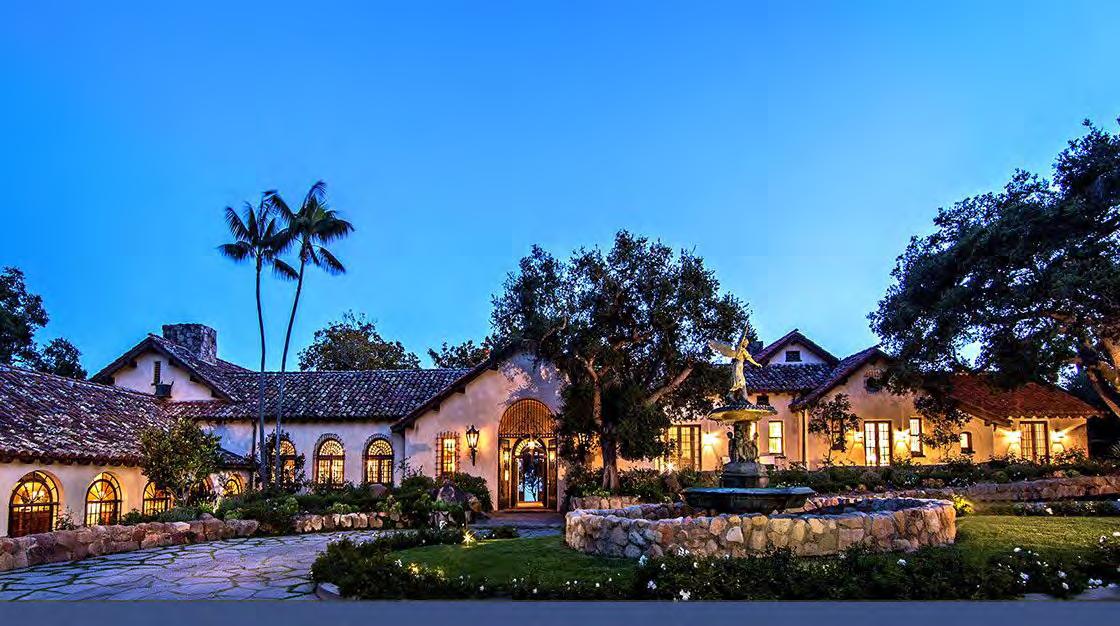

phone and start scrolling pics of French Riviera solar; a soccer mom flaunting her kids’ wallet photos. “Oh, look at this one. Nice, isn’t it? Hey, what do you think of this one?” Call it evidence-based persuasion. Between the solar knowledge they brought from their native France and the deep technical expertise they’d built laying the groundwork for their startup, Marine and Jeremy began to surprise – and inspire confidence from – their former detractors. In sharing their knowledge, Brighten Solar became a better company. “It was great because we learned with our audience. We were given the opportunity to model our product offering based on their actual needs and concerns.” Marine all but shrugs. “That just made us more relevant.”
Our public utilities are really not just about turning a profit – and when the moon is waxing, forest animals speak Gaelic and do the polka. The ratepayer’s generally disgruntled relationship with California’s public utilities is a matter of record, and (to be fair) of the seller-buyer dynamic in general. But all that took a turn in the 1990s when the California power industry (for lack of a more nuanced way to put it) reapproached solar as a sort of pressure valve they could enlist to keep the grid’s spine from being snapped by a growing population’s energy demands.
Working through the state’s regulatory gatekeeper – the California Pub-
Delighting in plain site: sleek solar panels are leveraged to create curb appeal that powers the home. When it came to designing his own abode, this well-known architect made the solar arrays a full-frontal feature of the home’s aesthetic.
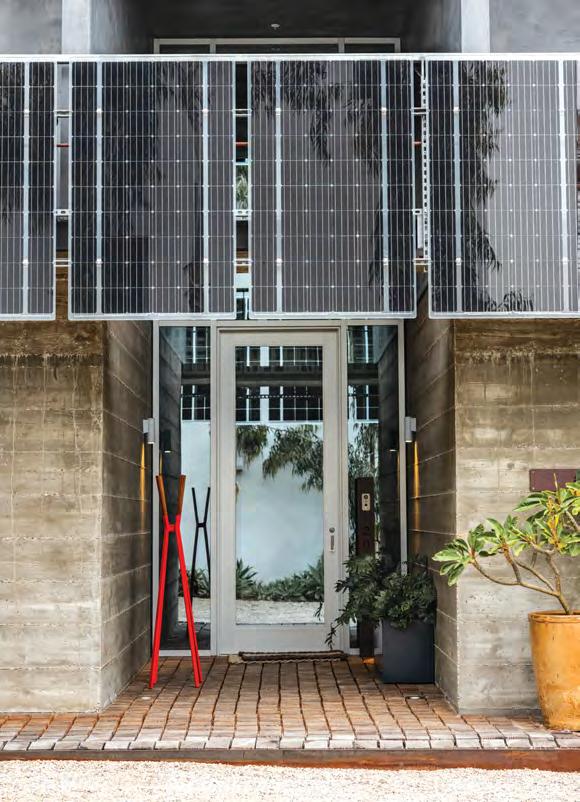
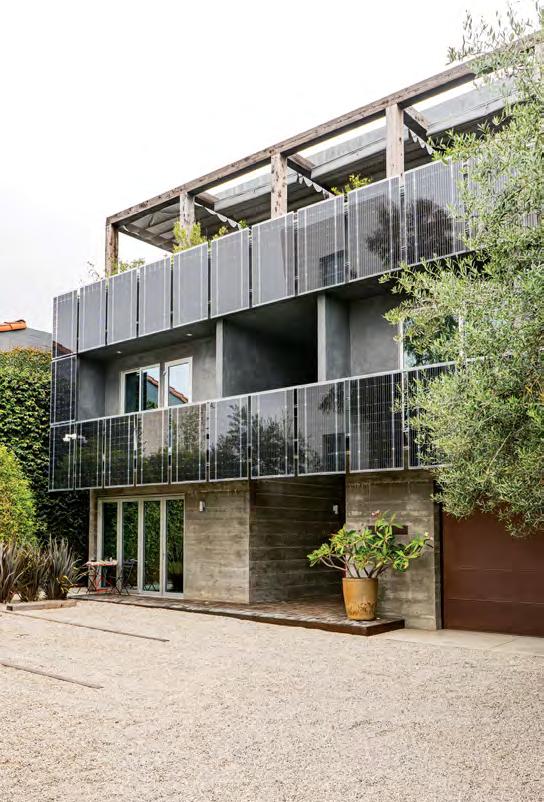
THE PUBLIC UTILITIES HAVE ENJOYED THEIR LONG DAY IN THE SUN. NOW THE SUN ITSELF MAY HELP USHER IN A NEW EPOCH OF SUSTAINABLE, INDIVIDUALIZED ENERGY PRODUCTION.Photos by Kim Reierson
lic Utilities Commission (CPUC) –California utilities sought to minutely integrate solar with their all-powerful Grid. Introduced in 1996, net energy metering (NEM) encouraged the sale of self-generated solar overage by crediting customers for any unused solar energy they pushed to the grid. “They are looking at the difference between your consumption and your production,” Jeremy explains. “They are ‘netting’ your energy consumption. You only pay for the difference between what you consume and what you produce.”
By arrangement, NEM 1.0 ended once the utilities reached the goal of five percent of demand met by solar generation. CPUC would launch a slightly less convivial NEM 2.0 in 2017, and in December 2022 would nervily implement the wildly unpopular litigation magnet NEM 3.0 – slashing the grid’s solar buyback rates by 75 percent, hobbling the raison d’être for selling extra solar energy to the grid at all, and adding a few years to the amount of time it takes one’s solar array to pay for itself through utility recompense.
Solar’s brash promise of independence from the utilities was being moved out of the crosshairs – by the utilities. To obfuscate the solar consumer’s former ability to “bank” their credits at any given time of day, NEM 3.0 now based that buyback rate on the grid’s ephemeral real-time use fluctuations. “With NEM 3.0, there are 576 different values throughout the year. The whole thing was bringing us down,” Jeremy says, but not dolorously. The company is called “Brighten” after all. “We decided to change our offer, to change the way we present solar, and battery, and storage.” Here come the grins. “We thought NEM 3.0 was kind of a drawback,” Jeremy says. “But then we realized it was a door opening. We can go a step further, greener, safer. It was motivating.” NEM 3.0 had a new “net” effect; net positive, to be exact – forcing the issue of an attainable self-reliance. “Now one might see the absolute sense in taking control of their energy supply,” Marine says. “With onsite solar generation and storage, you can now have reliable energy access at a predictable cost.”

In 2022, around 62 percent of the Democratic Republic of the Congo’s population lived on less than $2.15 a day. Overlay this factoid with another one, and conservation has an ethical thorn in its side: Half the world’s cobalt reserves are buried under southern DR Congo. So?
Cobalt is a necessary ingredient in the ubiquitous lithium-ion battery that powers our electric vehicles, consumer electronics, and, most distressingly, home solar backup batteries. This complicates the celebration of both “electrification” and solar storage. With NEM 3.0 the new law of the solar landscape, the age of the backup battery – and true independence from the grid – may well be upon us. There is one largish caveat. “If you’re going to make that investment in a solar backup battery,” Marine says, “then please, please, please consider your options and learn from people who have the right information.”

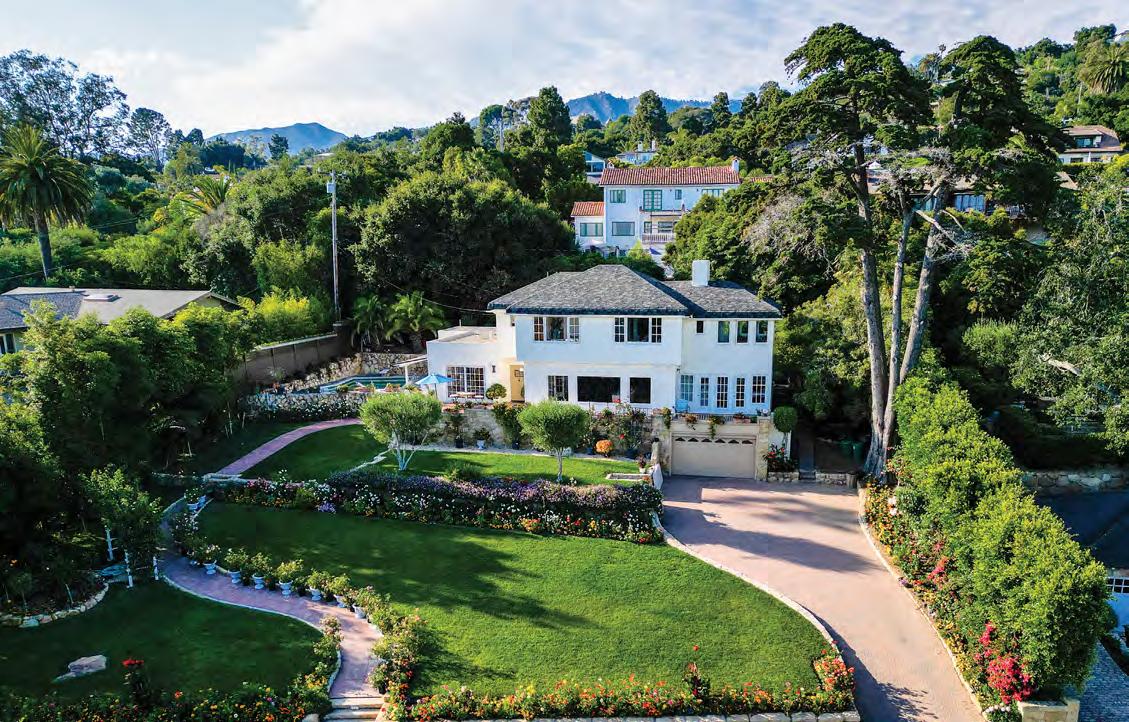
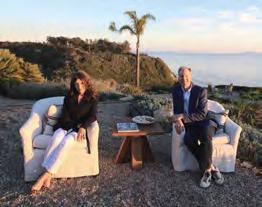
Cobalt extraction in DR Congo – one of the five poorest countries in the world – is a humanitarian disaster linked to violence, food insecurity, substance abuse, and by some accounts the subterranean work of drugged child laborers, some as young as six years old. Clearly, money talks as insidiously as ever. This is not the first time the First World is having its way at the expense of a blurrily imagined developing world. “Seventy percent of cobalt is mined in the Democratic Republic of the Congo,” Marine says emphatically. Unfortunately, cobalt’s chemical quirks make it a gee whiz go-to in the energy storage game – mostly to do with its size-to-storage ratio and its ability to quick-release a load of juice.
“The main point of using cobalt for storage is that it has a very high density,” Marine says. “Cobalt enables storage of a lot of energy in a small space as well as release of a large amount of electricity quickly.” So your sweet EV can rocket from zero to 60 in two seconds; very cool until the g-forces make you faint behind the wheel. In a home solar-storage environment, however, cobalt’s gifts of portability and quick load output are valueless. To reliably power your home with converted sunlight, you need neither pedal-to-the-metal acceleration or a battery that fits in your pocket. Brighten Solar has long since settled on lithium ferro phosphate (LFP) battery technology for their
backup battery installs. These are long-lasting, durable, largely recyclable, and not given to lithium-ion-cobalt’s “thermal runaway” – that thrilling cobalt featurette known to immolate the occasional electric car on the evening news.
In the solar space, Marine and Jeremy’s outfit is the activist solution to renewable energy, Brighten a supernova in Santa Barbara’s solar firmament. They knew they’d arrived when SB’s storied Community Environmental Council – the legendary conservationist org whose founding dates to 1969’s Union Oil platform blowout in the Santa Barbara Channel and the slime-covered launch of the U.S. environmental movement itself – anointed Brighten their official solar installer for CEC’s Solarize Residential program.
“Having our own company in renewables is a way for us to absolutely align our values with what we are doing on a day-to-day basis,” says Jeremy. Marine concurs. “Electricity can be generated on your roof, so you have everything – your own self-contained, autonomous ecosystem, right? All this reminds us that, yeah, we may be little ants in the system, but we’re powerful ants. And ultimately, if we want, we can do great things.”

“ WELL, SANTA BARBARA IS CALLED THE AMERICAN RIVIERA. WE ARE FROM THAT PLACE WITH THE OTHER RIVIERA. AND I CAN TELL YOU, THEY ARE USING SOLAR.”
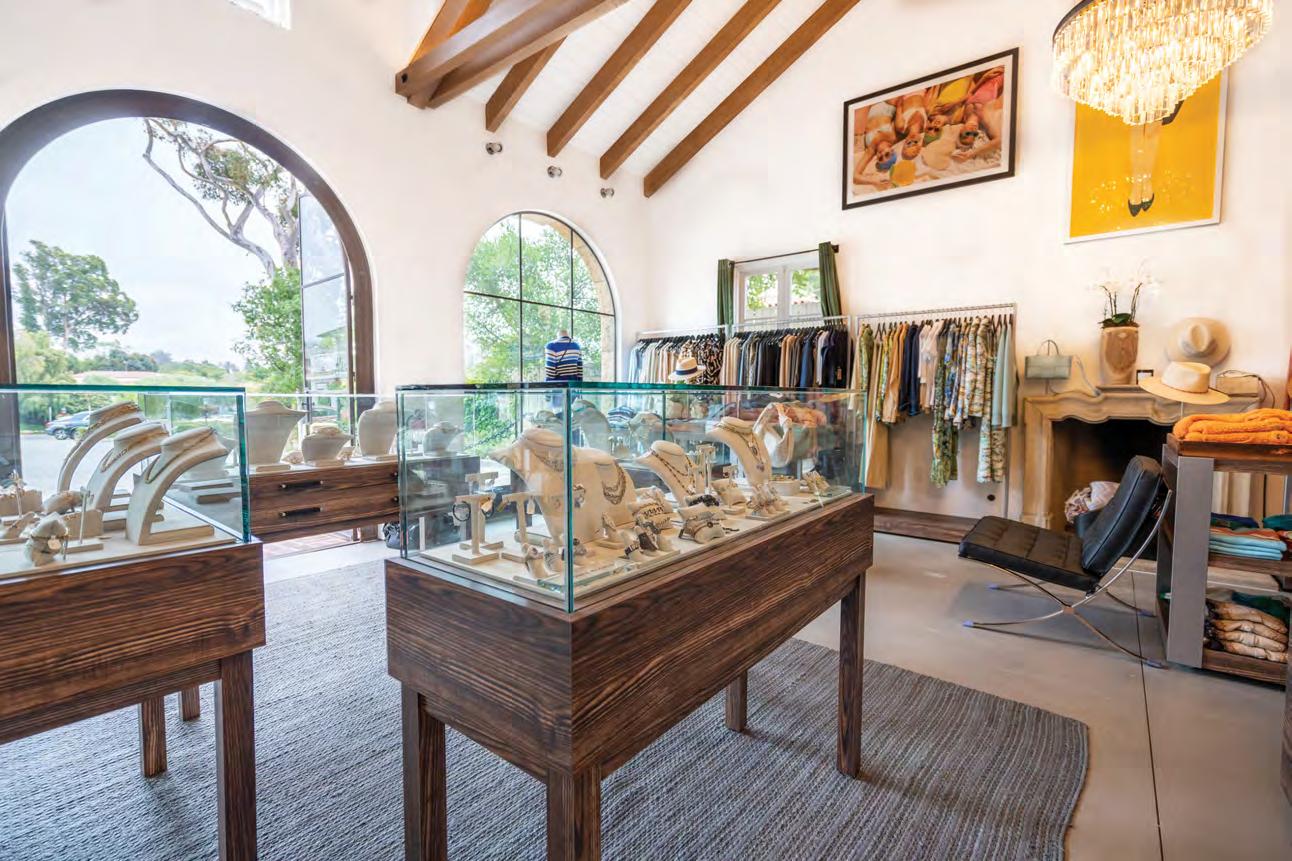



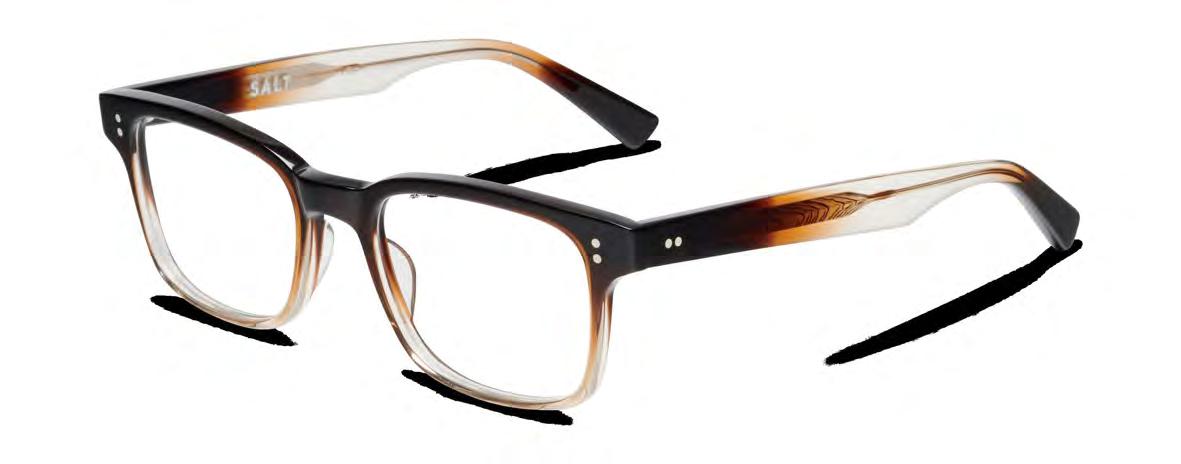

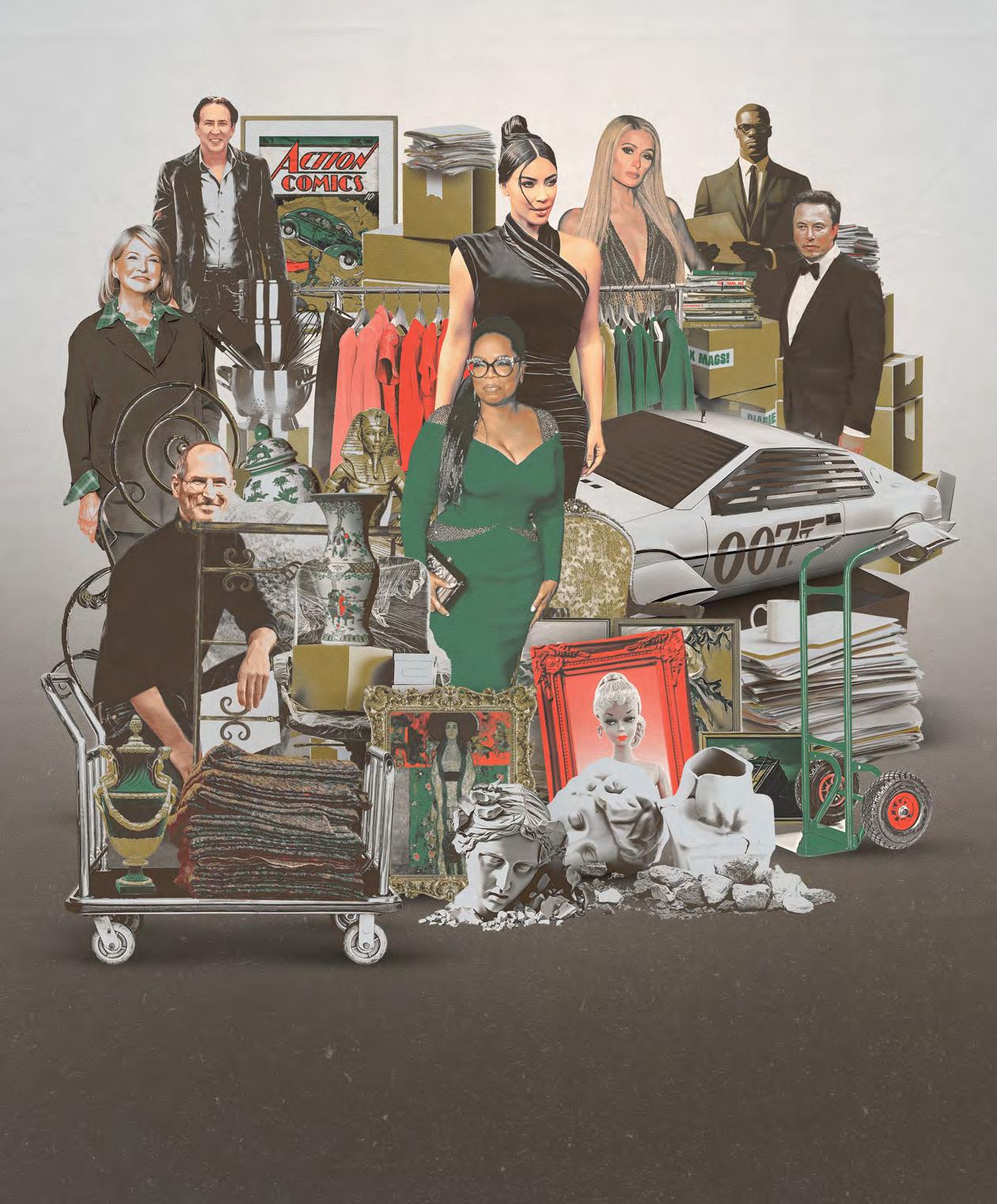
(The author de-acquisitioned a warehouse of generational family “treasures” and shares important learnings about decluttering.)
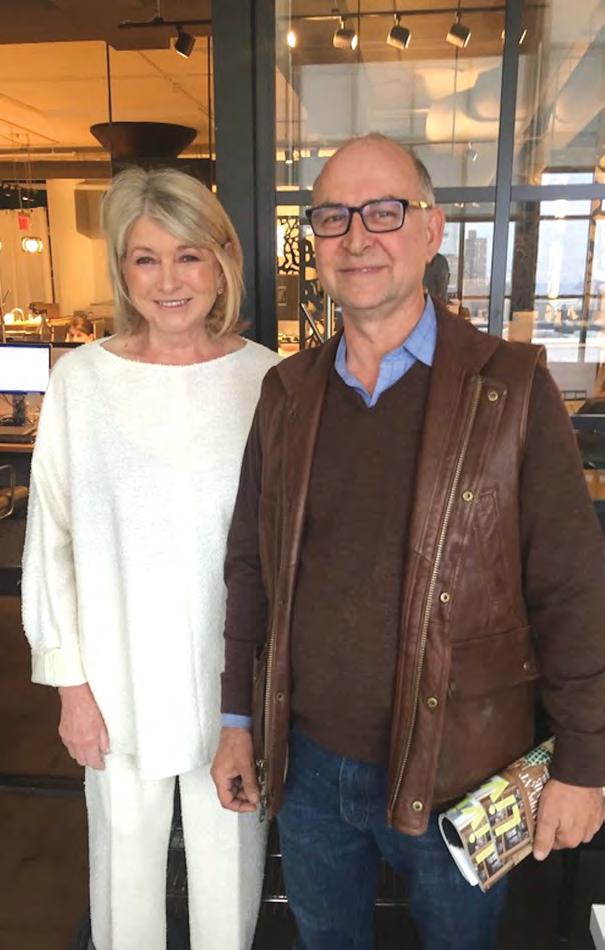
In the indictment against Donald Trump in the so-called “Documents Case,” the former president said, “I really don’t want people going through my boxes.” So dead set was Trump on not having his boxes examined, that he discussed it with alleged conspirators editing security footage to remove any evidence of their movement. While I cannot speak to Mr. Trump’s innocence or guilt, I can say as a veteran of hundreds of boxes of storage that I, too, would not want my random boxes examined on national TV. And, in addition, if there was video footage of the movement of my boxes, I would probably want that destroyed as well.
It’s been almost exactly 10 years since Oprah’s historic auction of her excess stuff at the Santa Barbara Polo & Racquet Club. In conjunction with Kaminski Auctions, thousands of bidders vied for hundreds of items large and small, most of which sold way over their estimates. A painting with a $300 to $500 pre-auction estimate gaveled for $8,400. A Bottega Veneta steamer trunk in which Oprah stored her sweaters – estimated to fetch $1,000 to $2,000 – actually sold for $10,200. All the proceeds (close to $700,000) benefited the Oprah Winfrey Leadership Academy for Girls in South Africa.
Moreover, the wildly successful auction proved that Oprah has amassed not only a fortune, but a lot of other crap as well. I had an accumulation problem as bad as Oprah’s, but nowhere near her resources to manage it all. When I finally went “stuff sober,” the results were profound and exhilarating – more than I ever could have imagined. But first, I had to break through physical and psychological barriers.
When I say I had a hoarding problem worse than most, at my peak, I had 13 full-size 40-foot tractor-trailer containers spread throughout Southern California. A few – to my wife’s dismay –were located right on our home campus and didn’t look like those cool container studios or writing sheds you see every month in Dwell. Instead they looked like exactly what they were – locked decaying warehouses of corroded dreams to which no one has the key.
How did I finally tame my Katrina of clutter? It was a long and arduous path paved with, well, just about everything – and more than one kitchen sink…. >>>
“THE HORROR!... THE HORROR!”
Les Firestein’s storage unit. Fortunately, it’s all gone now. Sadly, it was there for 20 years.
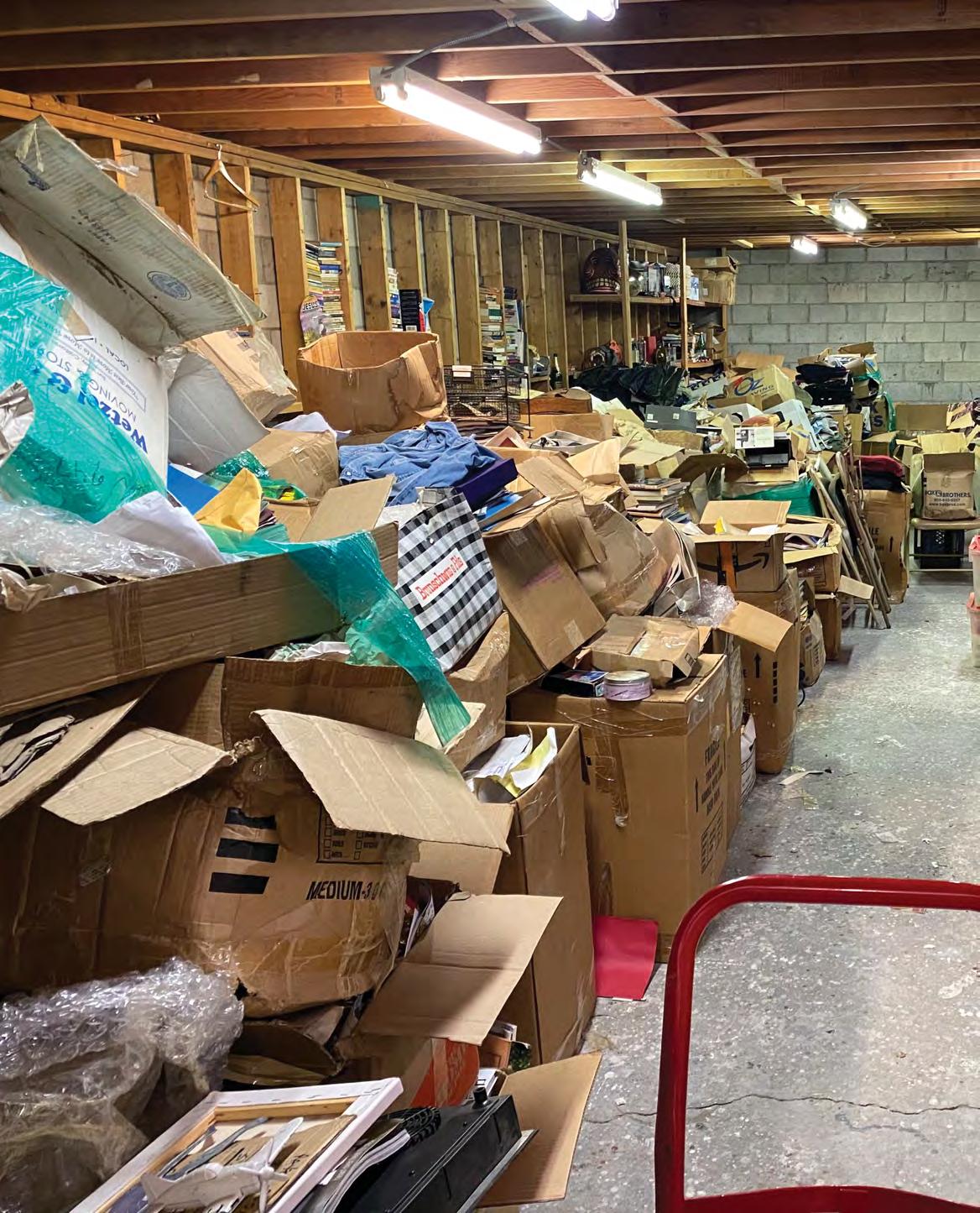
Thirteen tractor-trailers is a lot of stuff. You don’t get that Mass of Amassing in a day – or even a year. You get there EVERY day for many years. It’s like weight gain. If you gain one or two pounds a year, in 20 years, you’re easily 30 pounds overweight. Clutter is a lifestyle choice. By the same token, non clutter is a lifestyle choice. With apologies to David Mamet, you must Always. Be. Curating. I’ve learned – the hard and expensive way – that one must actively commit to a non-clutter lifestyle because passivity with regard to accumulation is the very marinade that creates clutter. There’s simply too much stuff one-clicking its way toward us all the time. You need to one-click back
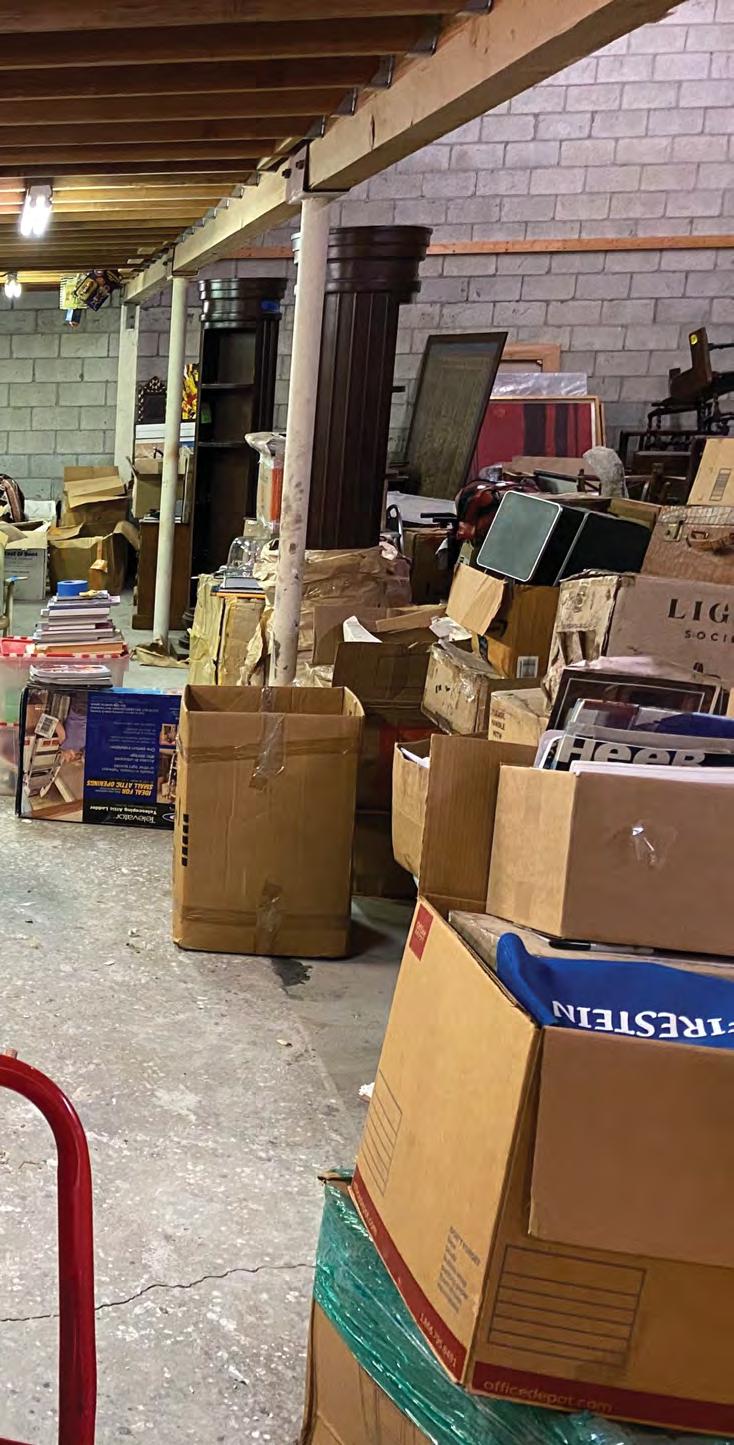
Not to make excuses, but I’m descended from generations of hoarders. My artist mom – who collected scraps for her various assemblages – was married to a second-generation disciple of Freud. When I say my dad was a disciple of Freud, I mean everything but the cigar. (And I don’t believe my dad dabbled with coke, either. At least he didn’t act like he was coke addled.) But other than that, my dad followed Freud chapter, letter, and verse. Freud himself was a compulsive collector who believed artifacts were crucial to provoking unconscious response, so he kept many antiquities strewn about his office – the grown-up version of Tonka toys in a pediatrician’s waiting room.
In Freud’s case, the patient’s reaction to various ephemera would ideally spark poignant discussion with the analyst, and so the Father of Psychoanalysis organized his office like King Tut’s tomb, with the patient essentially lying in state on a couch not unlike a sarcophagus. Archaeological treasures were kept in special glass cases called wunderkammer, which is German for literally “cabinets of curiosities.” Freud called his office an “active container” – a tomb
that protected the resting body as the patient embarked upon a spiritual journey. In Tut’s case, the tomb provided the necessities for the soul’s journey beyond life. While in Freud’s office, the isolated, entombed psychiatrist’s lair prepped the soul for its journey inward – unlocking the previously unpenetrated unconscious. If that sounds phallic and Freudian, it’s because it is.
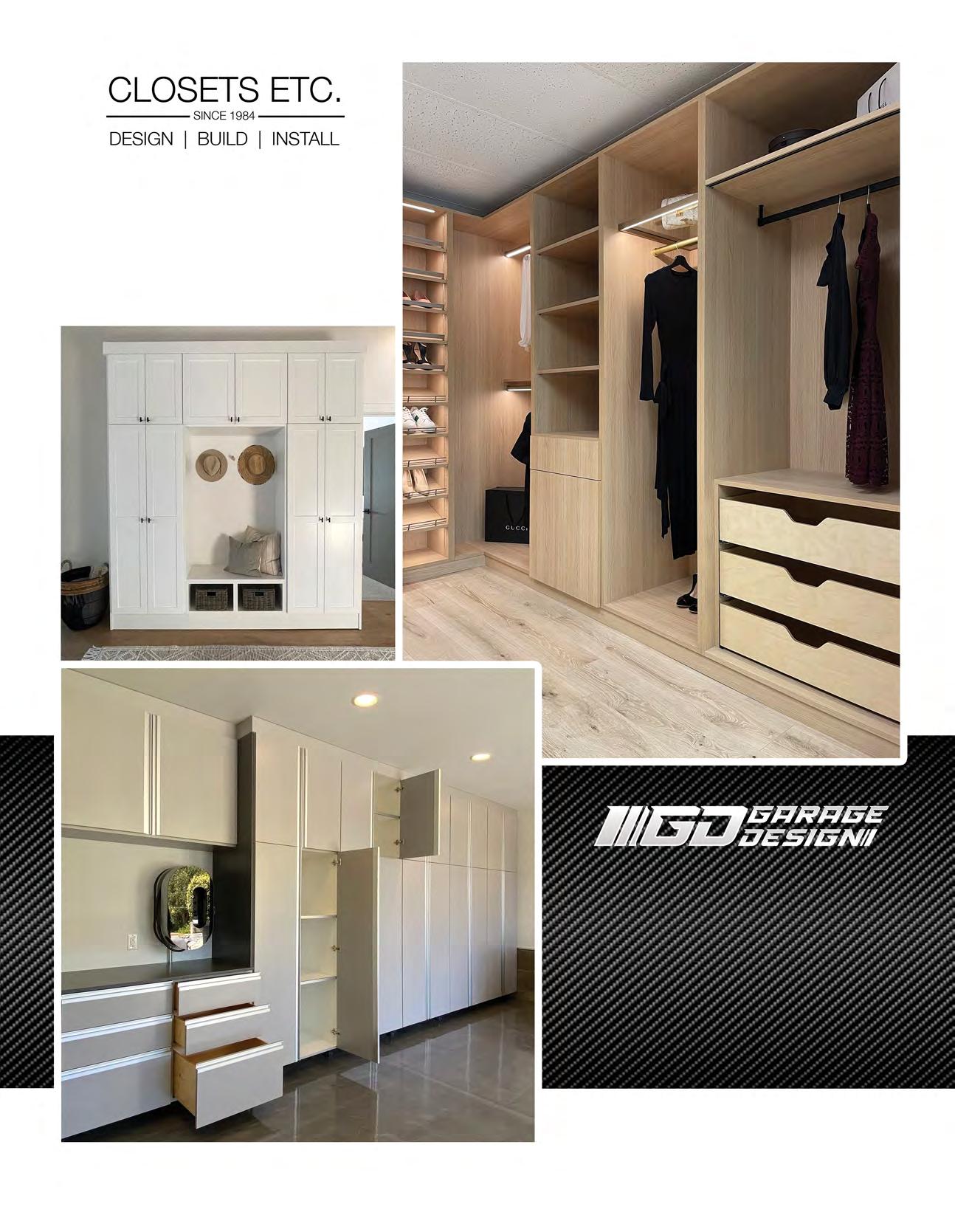
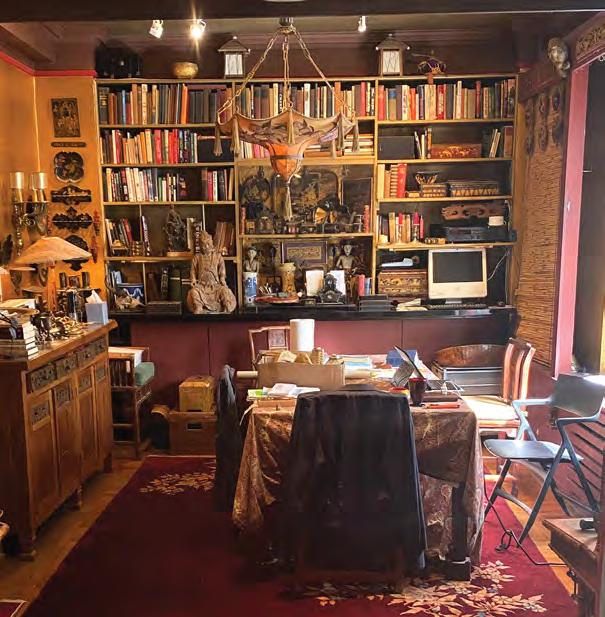

My dad kept many wunderkammer in his office as well as in our home, and my brother and I were strongly encouraged to collect things. Something. Anything. There were literally collections of collections. As a result, our dark Manhattan apartment brimmed with pedestals, plinths, display cases, gallery lighting, and much taxidermy, which was drizzled throughout the place like croutons in a salad of junk-tiquities. My brother and I thought The Addams Family was a reality show. We didn’t get the joke. Every night for us was Night at the Museum
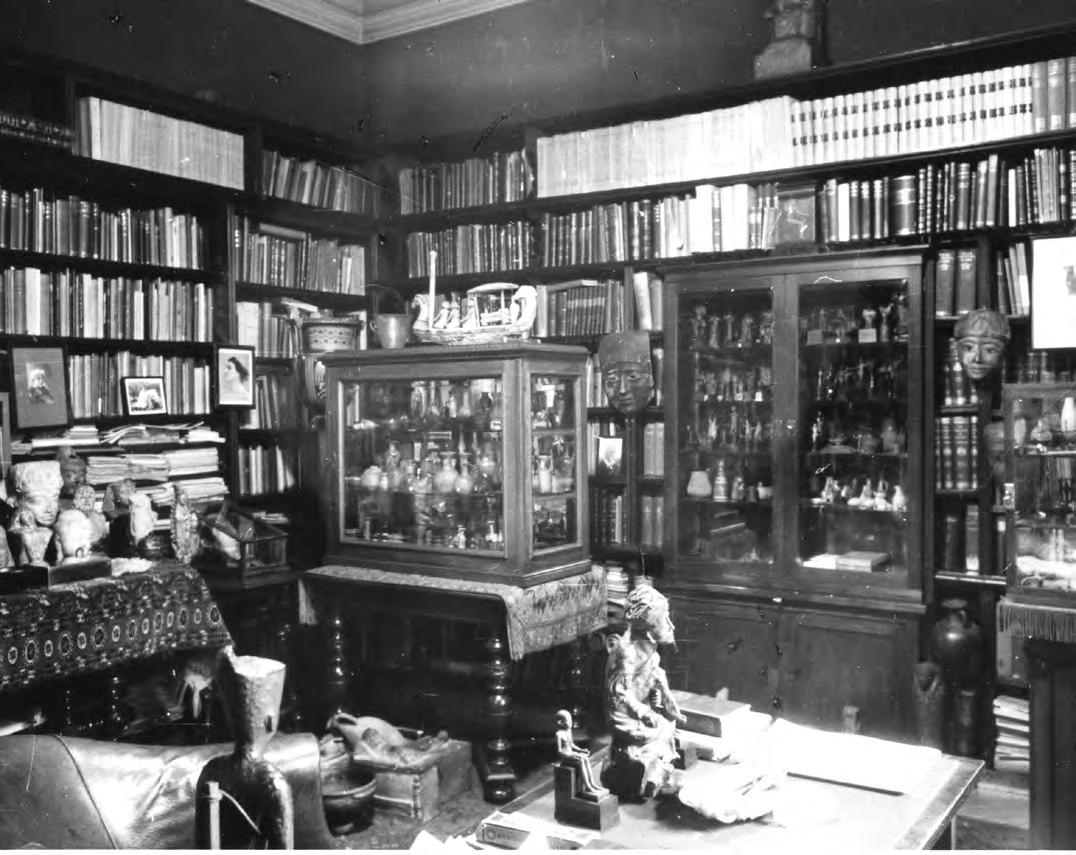


Another nuance of where we lived is that the one view we could see out our brick wall-facing windows was the garbage holding area for the building next door. My mom would watch over that trash like Lee Harvey Oswald looking out from the book depository. If she thought she spotted a gently used treasure, or even a harshly used one, my brother and I would be promptly dispatched to fetch.
Many years later in 2003 when my wife and I joined in matrimony, it brought together two already rather full lives and, importantly, the accoutrements – and accumulations – of two households already filled to capacity. The union of Sears and Roebuck hardly had more stuff. The overflow from our two “estates” (including my “empire of shit” as Trent Reznor would call it) was quickly rerouted into attics and basements because we got pregnant on our honeymoon – and we all know how much stuff is necessary to support babies and their constantly changing needs.
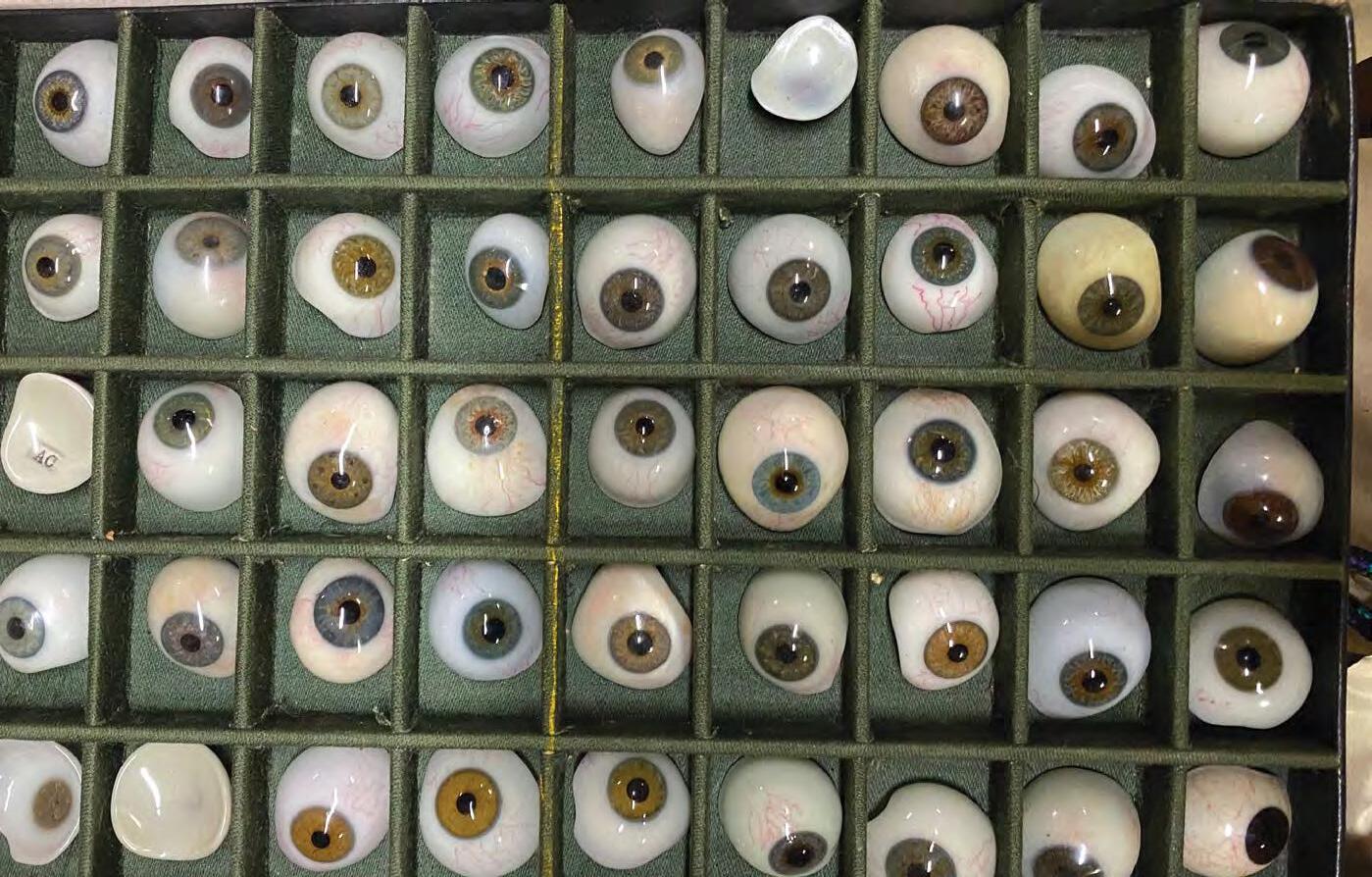
Compounding our young family’s issue of too much stuff, we moved from a sprawling home in Los Angeles to a much smaller place in Santa Barbara because Montecito Union School seemed like the ideal environment in which to incubate a small human (something we still believe). But as we took on help so my wife and I could continue to work, we found we needed every possible available square inch for raising kids. And so I committed the...

The reason it’s a terrible decision to rent one’s first storage space is, as I’ve learned, procuring storage is just an avoidance of tough decisions. In the heat of the moment and trying to avoid feelings of loss, you rent that dank unit next to the freeway instead of selling or donating all that unnecessary stuff right then and there. Take it from a hoarding vet: Your stuff only becomes harder to divest with the addition of Time – as that once top-of-the-line DVD player becomes more dusty and less relevant. Any device that Apple no longer supports, you should not support either. Moreover, now that you’ve lost your storage virginity, you’ve started down a terrible path. You are on your way to becoming a slut of stuff. >>>




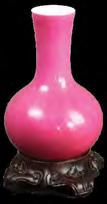
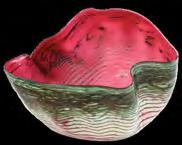
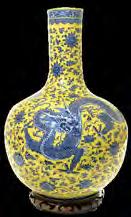
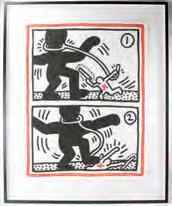
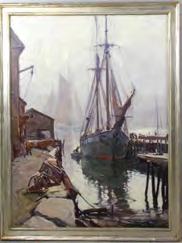
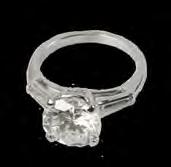
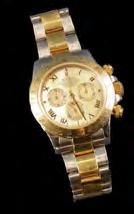
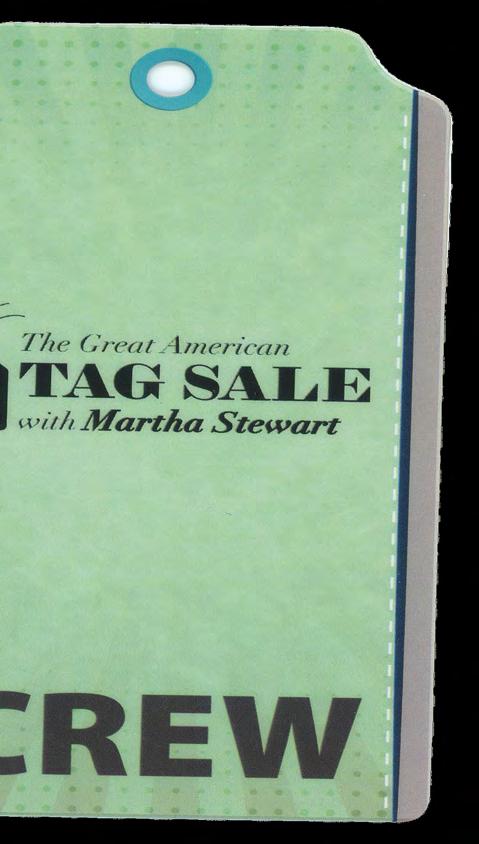
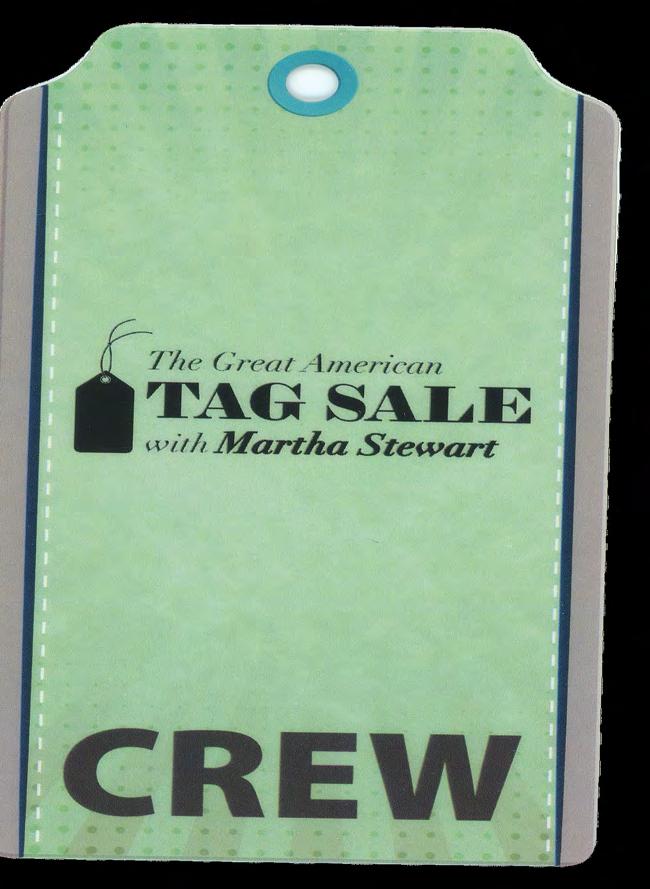
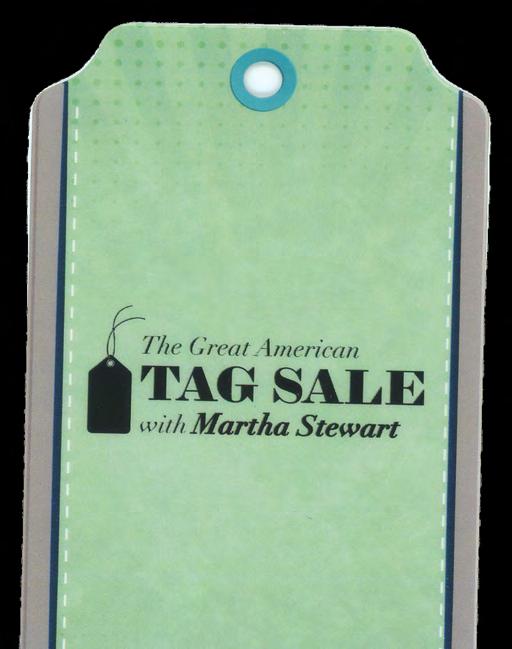
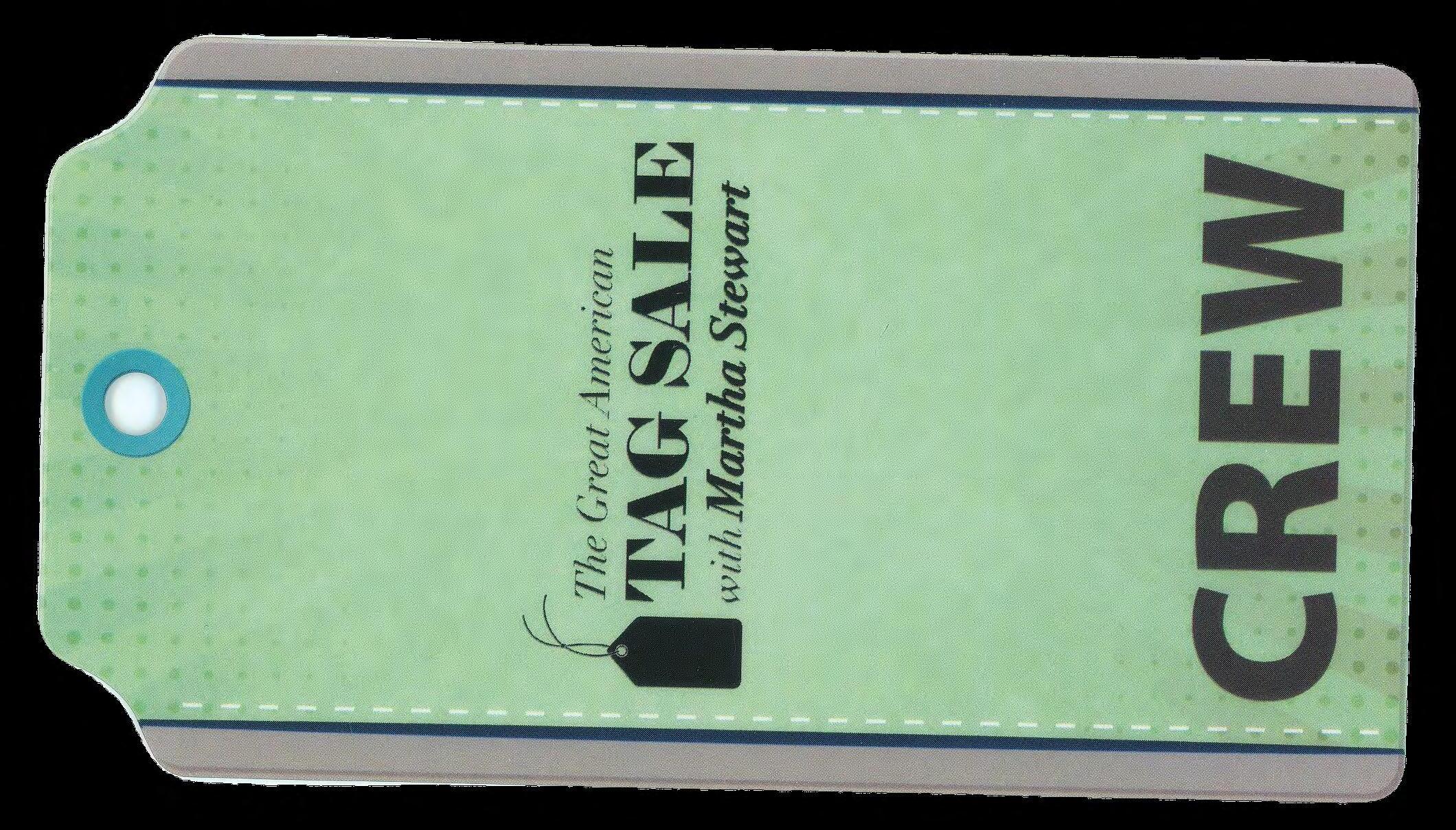
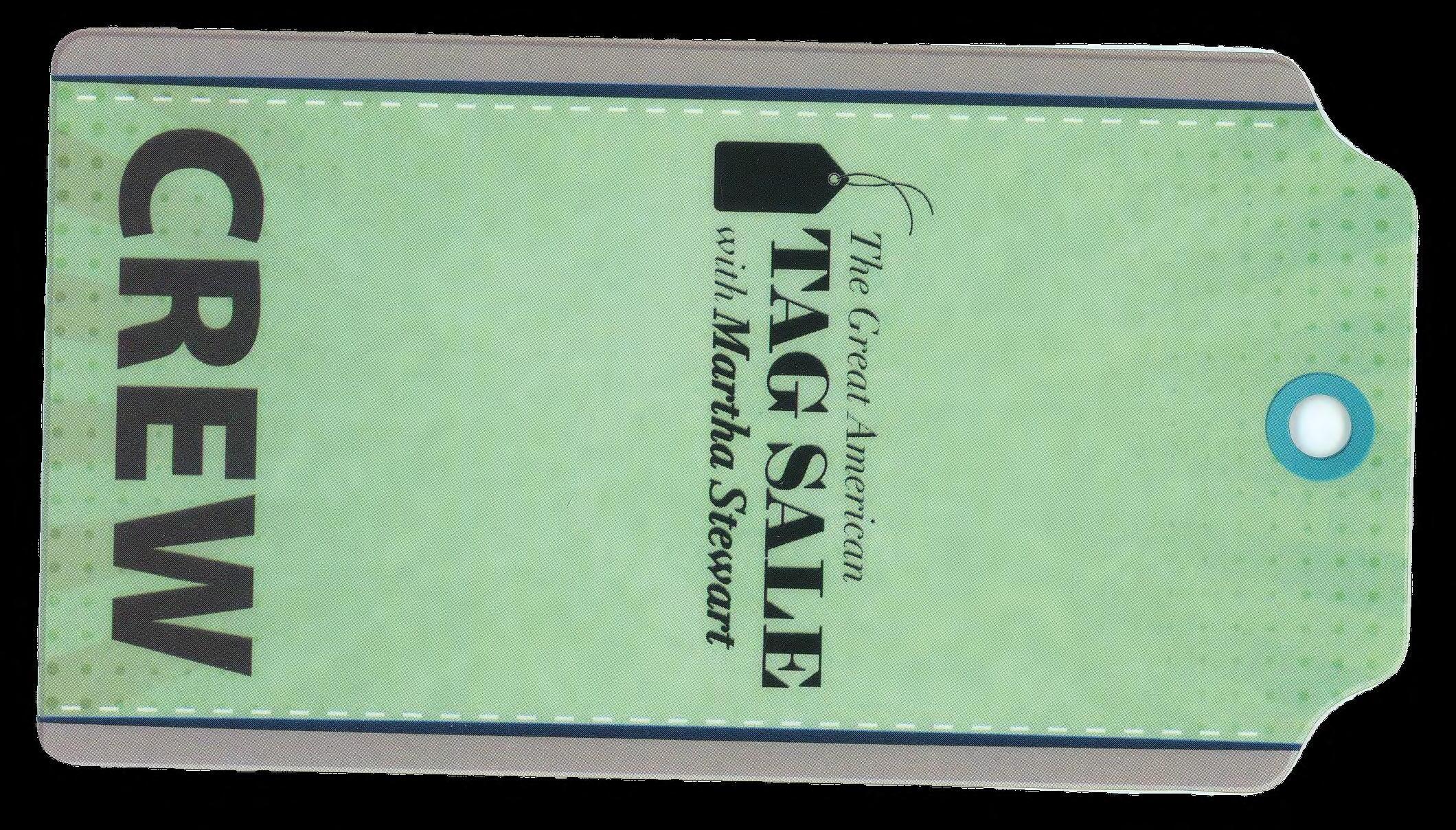
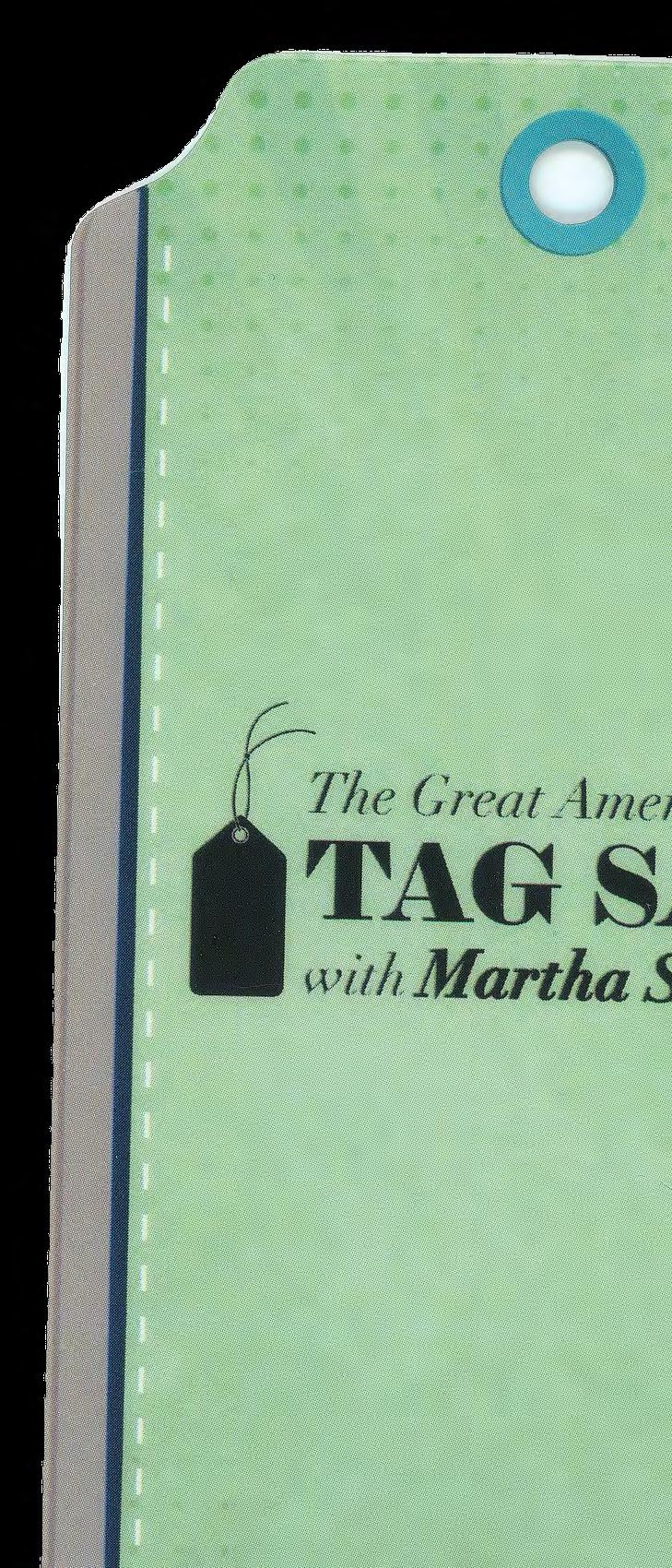
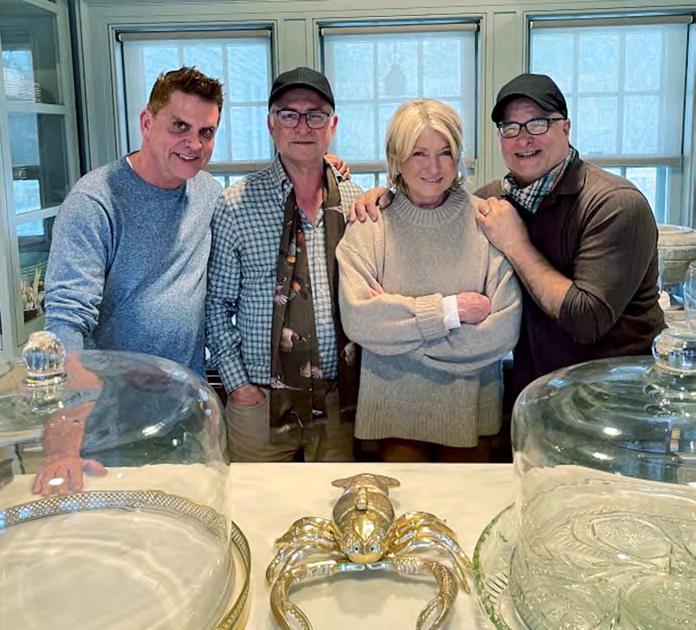
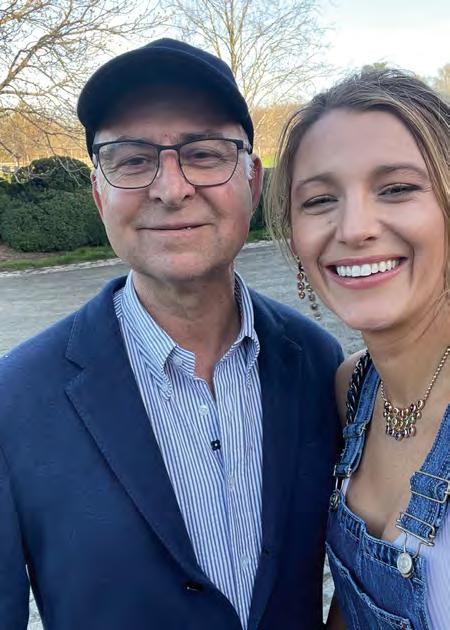
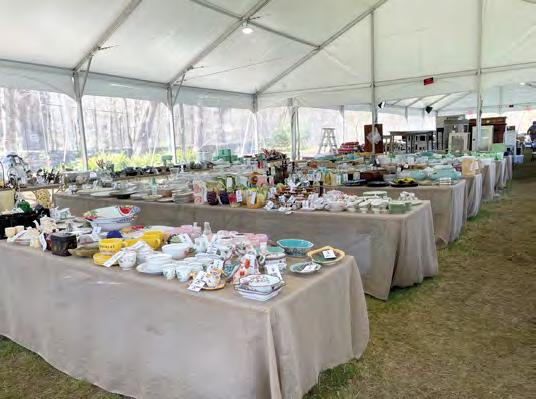
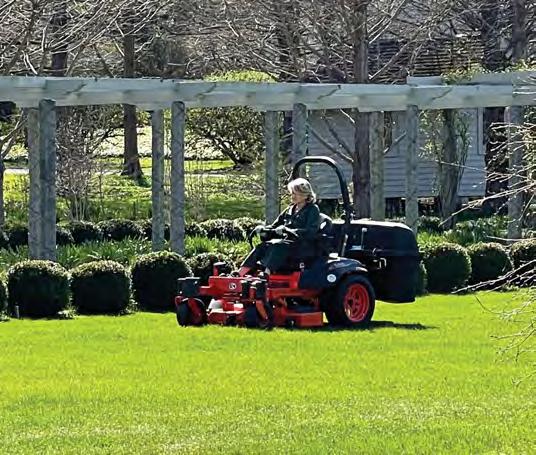
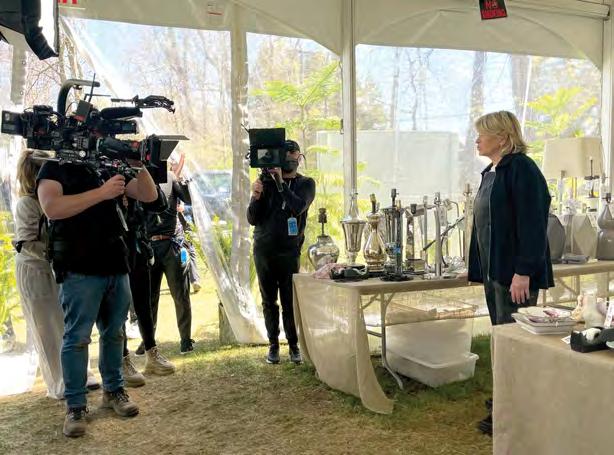 Clockwise from top left: Martha's friend Blake came over to keep things Lively with the epic auctioneer Frank Kaminski – he's the top of the decluttering food chain; Jim Klinko, Frank Kaminski, Martha Stewart, and Vince Manzo; Oprah and some of the items from her auction, almost all of which went for way over asking; Martha Stewart mowing the lawn for her own tag sale –micromanagement is her middle name.
Clockwise from top left: Martha's friend Blake came over to keep things Lively with the epic auctioneer Frank Kaminski – he's the top of the decluttering food chain; Jim Klinko, Frank Kaminski, Martha Stewart, and Vince Manzo; Oprah and some of the items from her auction, almost all of which went for way over asking; Martha Stewart mowing the lawn for her own tag sale –micromanagement is her middle name.
If Jessica Alba ever tires of visiting her cold storage, or if Kim Kardashian ever decides to part with some of the 30,000 garments she has in storage, they will likely engage the “De-Acquisitioner to the Stars,” Frank Kaminski.
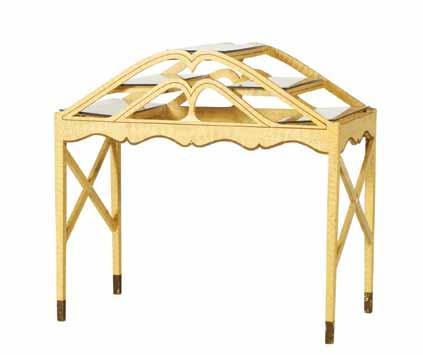

Kaminski ran the highly successful auction of Oprah’s stuff at the Santa Barbara Polo & Racquet Club in 2013 that raised nearly $700,000 for her girls leadership academy in South Africa. More recently, Kaminski, who’s also known as the “Great Facilitator,” ran Martha Stewart’s Great American Tag Sale at her Katonah, New York, farm (with a few additional items from Emeril Lagasse) that raised close to $1 million for The Martha Stewart Center For Living at Mount Sinai hospital. The Stewart Center’s mission is to advance the quality of eldercare and reshape the public’s perception of aging. And who better to do that than the 82-year-old doyenne of all matters domestic?
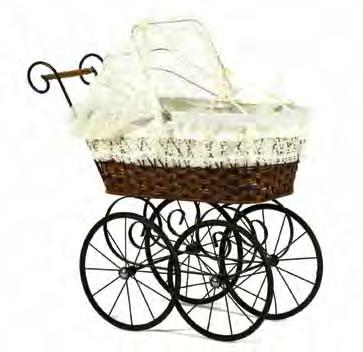

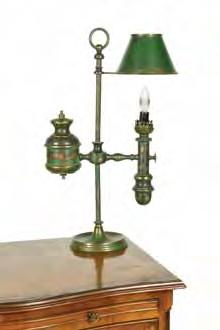

I asked Kaminski and his cohorts Vince Manzo and Jim Klinko what made Stewart’s tag sale such a mighty success. But Kaminski refuses to take credit for the event’s success and instead attributes it to Stewart’s legendary organizing, high standards, and the creativity she brings to every single thing she does.
Kaminski says that in the days leading up to and including the tag sale, Stewart prepped the event like “a military campaign, of which she was the field marshal.” He also points out innovations Stewart brought to the tag sale concept, such as “organizing the tables in sort of a maze, so participants pretty much had to walk past everything. Who thinks of that?”
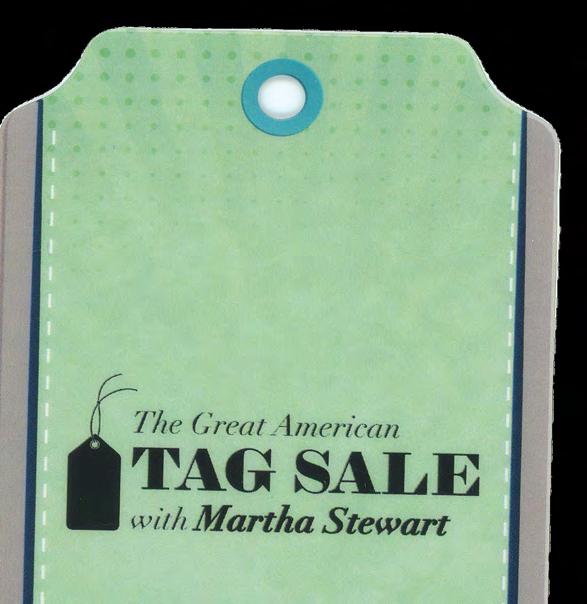
Adds Klinko, “Things were organized by category, with an OCD level of attention to detail. Not to mention she was gracious, loved interacting with everyone, posed for pictures with her fans, and did something like six costume changes throughout the event – effortlessly and almost invisibly. It was like a magic trick.”
“The woman is a force of nature, and we always joke she will be the first human to live to be 200,” adds Manzo. “And obviously gracing the cover of the Sports Illustrated Swimsuit Issue at the age of 82, she’s off to a pretty damn good start.”
More days than not, my phone informs me I’ve been charged $1.99 for additional cloud storage or $.99 for a constantly self-renewing Animal Jam app one of my kids ordered a decade ago. It never feels like it’s worth my time to investigate these relatively minor charges and so I probably pay a few hundred dollars a year for useless stuff I don’t really care about.
Actual storage is like cloud storage, only far worse – emphasis on “far.” Storage facilities are almost always in remote, otherwise uninhabitable places (to maximize profit for their owners), so you never want to go there. You never find a cool hole-in-the-wall diner with amazing hash browns near your storage. What you discover is foundries, gas stations, junkies, places to buy spinny rims, and other storage places....
The added disadvantages of self storage are (1) the word “self,” and (2) you’re now auto paying thousands instead of hundreds for stuff you already know you didn’t cherish enough to bring home in the first place.
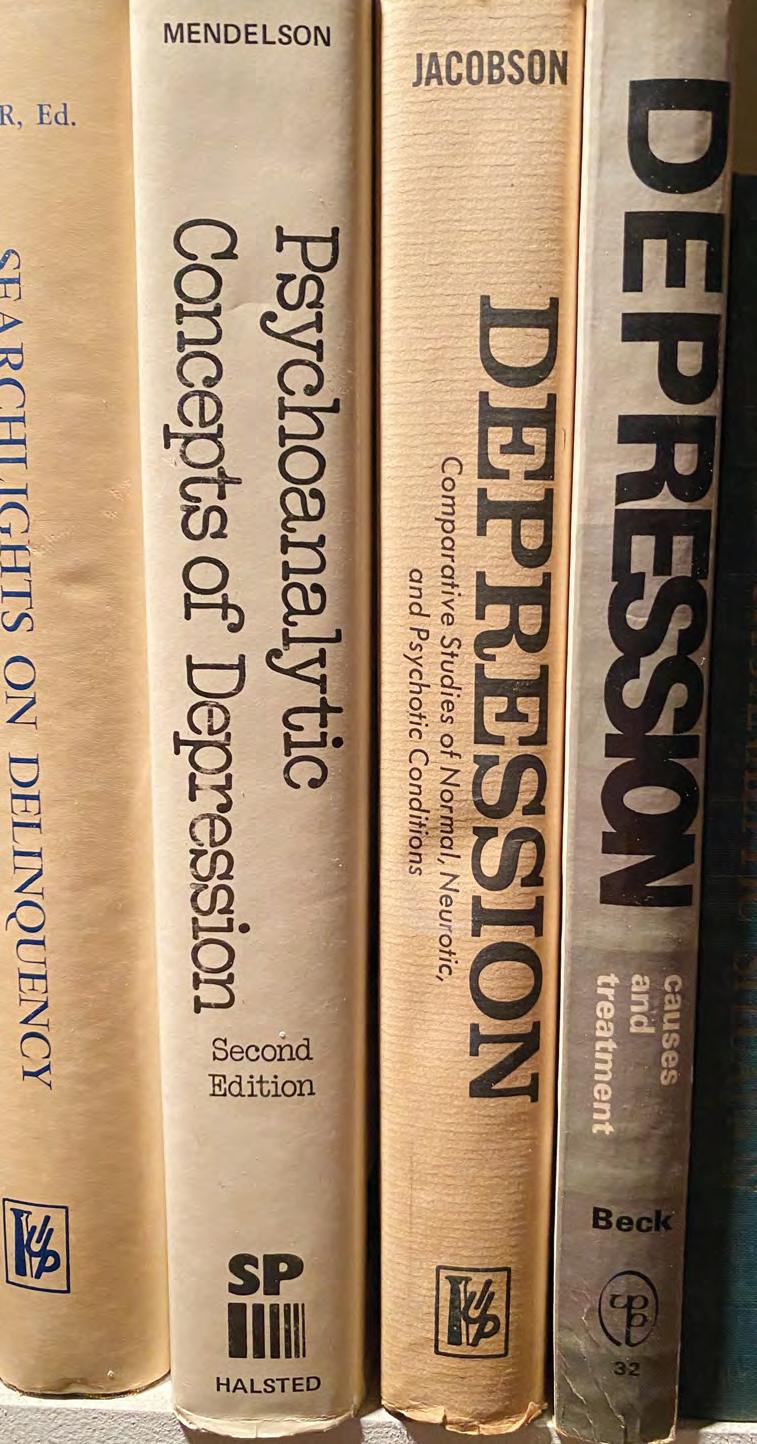
Clutter is a lifestyle choice. By the same token, non clutter is a lifestyle choice. You must Always. Be. Curating.




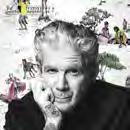

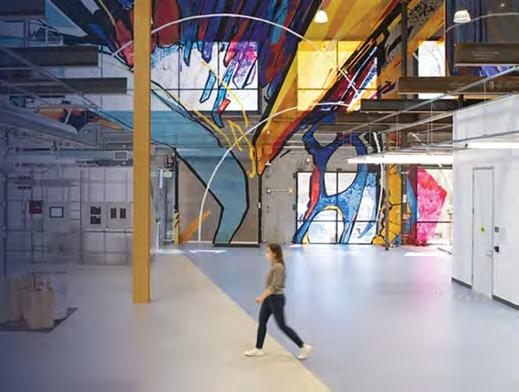
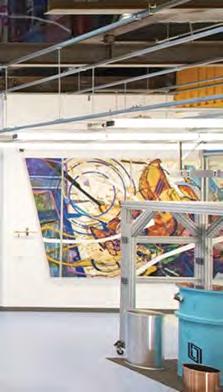
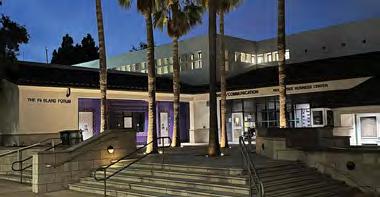




Tales of the strange things found in abandoned storage units are legion. James Bond’s submarine car from The Spy Who Loved Me was found in a Long Island storage locker in 1989. The contents of that unit were bought at auction for $100. The restored car was later purchased by Elon Musk for $997,000 at a London auction. The very first Superman comic book, Action Comics No. 1, now worth more than $3 million, was found in a San Fernando storage unit and returned to its rightful owner – Nicolas Cage.

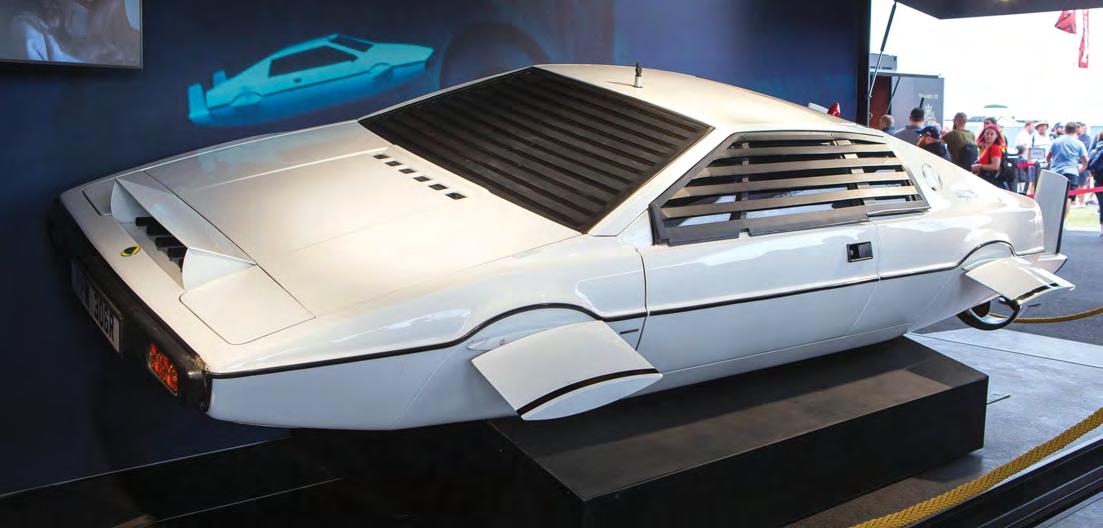
When Paris Hilton failed to clear a storage unit balance of $208, she lost items that eventually netted the next owner $10 million (and cost the buyer only $2,775). Among other things, Hilton’s 6,000-squarefoot storage unit contained explicit photographs, 18 personal diaries detailing a variety of sexual encounters, a prescription for STD medicine, and, unsurprisingly, personal videos.
In early 2014, a self-storage auction winner discovered two Michael Jordan recruitment letters among his newly acquired unit. It turned out the locker had previously belonged to a restaurant called Michael Jordan’s 23. The current owner of the letters claims they could be worth $250,000 each. Another unit sold around the same time
as the Michael Jordan’s 23 locker contained memorabilia from a different basketball star, Dikembe Mutombo. This unit sold for $300 in Maryland. It contained signed basketballs, jerseys, trading cards, shoes, and photographs. But before you think that only the possessions of modern celebrities have been discovered in self-storage facilities, take these two cases. Diane Brown of Tracy, California, discovered some striking Amelia Earhart memorabilia in her own self-storage unit. This included 18 Amelia Earhart publicity photos from 1937. Antiques Roadshow appraised these at $1,000+ each. In 2012, a series of manuscripts by Malcolm X turned up in a Manhattan mini-storage. These original writings are valued at between $300,000 and $500,000.

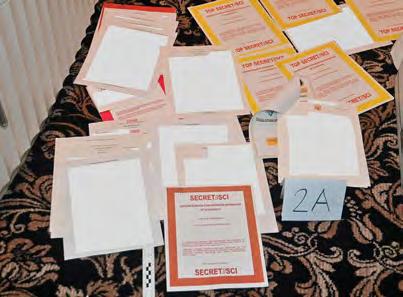
Then, in six months to a year, because the price of air-conditioned storage is so heinous, you commit the 2nd Cardinal Sin of Storage: You move your stuff to lesser-priced, unconditioned, rusty shipping containers located in even worse locales, typically near rail yards, auto impounds, and maybe even the county jail. Welcome. You’re now in the Land of the Lost. I call this phase “Possession Purgatory.”

Freud had a theory that because the unconscious is buried, its subterranean nature (as with Tut’s tomb) leads to at least one positive – the preservation of all the juicy goodies inside. It’s called “active container” theory. Unfortunately there’s no such luck with your junk. Your now remotely located, buried stuff is simply that – entombed and inaccessible. Worse, in many cases, the container yards will start stacking your containers making them even harder to access – now requiring FEMA-sized excavating equipment to extricate your precious cargo from the massive game of container Tetris the yard workers are playing with your stuff.
Sadly, now that your stuff is in containers in even more remote places, you quickly have no idea what’s inside them or inside the boxes they hold. Yes, you gallantly try to inventory the mess but the inventories are never accurate. That’s because by now, you’ve committed the 3rd Cardinal Sin of Storage: It has become such a horrible task just to get to it that you’ve hired proxies to make these arduous trips for you. This means there’s going to be breakage. There’s going to be entropy. Nor will there be any sort of a coherent plan or map. Because no one cares about your stuff but you. Look at Donald Trump’s storage. Even he has crushed boxes and stuff that has fallen over and spilled out. And he was the leader of the free world.
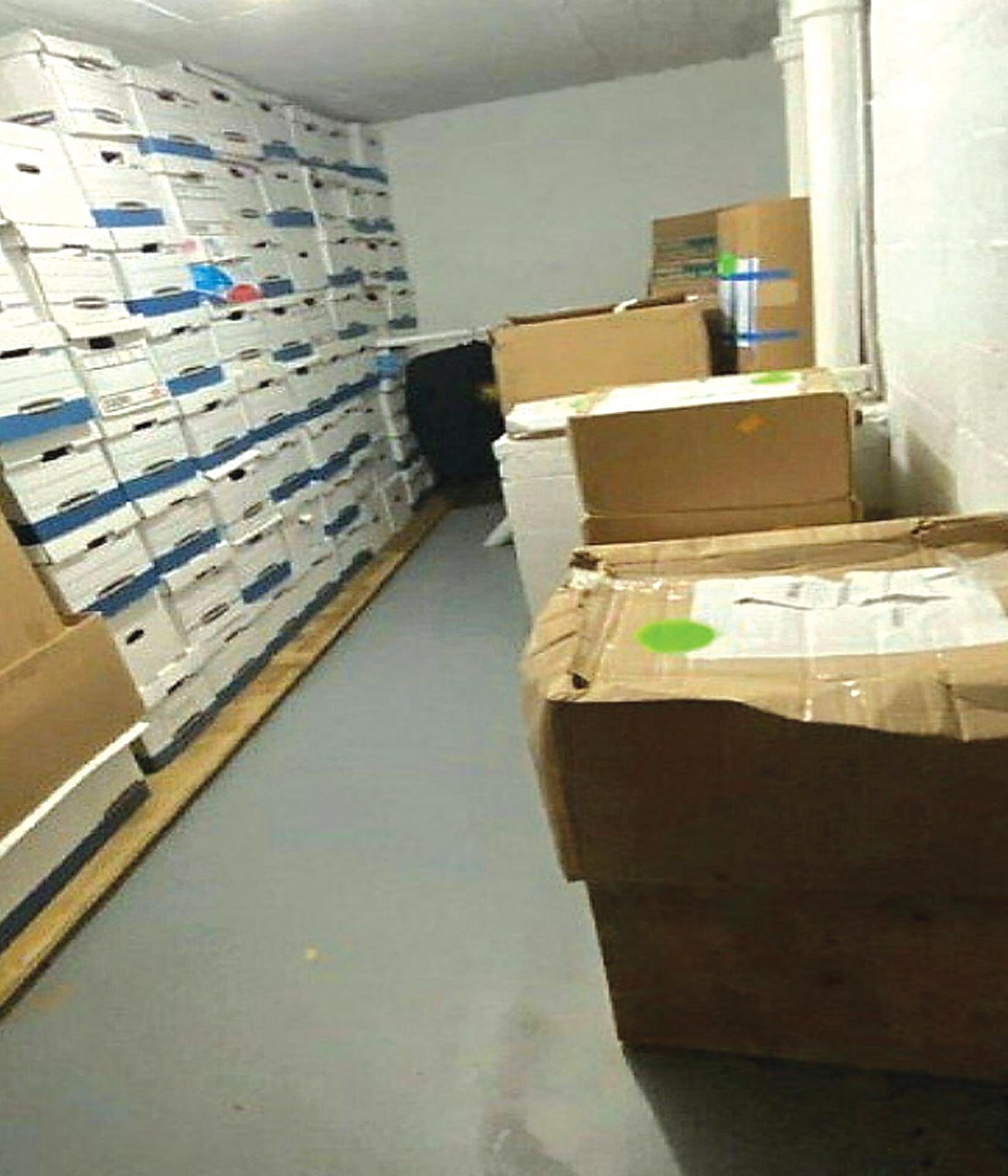
“I really don’t want people going through my boxes.”
– Donald TrumpLost in the classified docs dispute is the sheer amount of Trump's storage.
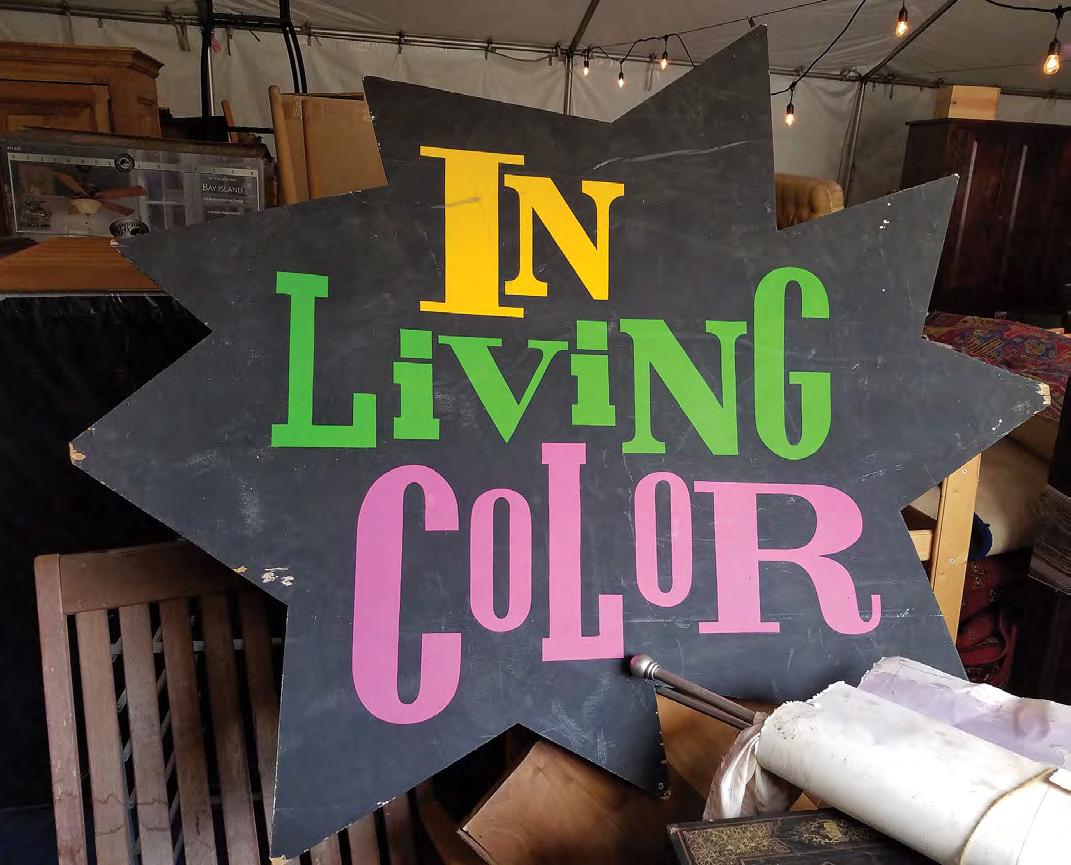
As I mentioned, at my peak (or low, depending on perspective), I had 13 40-foot containers spread throughout Southern California. Eventually my 13 containers of junk had become a misshapen, corrugated Moby Dick of Detritus. To harpoon that beast would require too many days and too many laborers. And now that we had kids, when would I ever find the time to exhume the (in my case) hundreds of semi-crushed boxes?
This quandary is what the storage industrial complex counts on and why it’s one of the most consistently successful businesses in America – a $30 billion annual business. Dealing with storage is always the last thing you want to do. Everything – including painful oral surgery and passing kidney stones – is more fun, and even if I wanted to, my personal Pacific Garbage Patch was as logistically unherdable as the actual Great Pacific Garbage Patch upon which it was based. I’d like to say my life was a dumpster fire at this point, but a dumpster fire, or 13 of them, would have been both welcome and preferable.
I took the show’s logo when I ended my run with In Living Color. I don’t know what I planned to do with it. I still don’t.
Homer and Langley Collyer were the all-time MVPs of hoarding, brothers who died inside a dense, booby-trapped mound of rubbish of their own paranoid creation. Sounds like Edgar Allan Poe, but they lived about a century ago in New York City.
The Collyer brothers weren’t born as shadowy urban ghouls. They were the educated descendants of New York State blue bloods. Both brothers attended Columbia University, Homer taking a degree in maritime law, Langley studying chemistry and engineering – and along the way sufficiently mastering the piano to play at Carnegie Hall on at least one occasion. In 1909, when Langley was 24 and Homer was 28, the family moved into the Harlem brownstone where the brothers would ultimately live out their increasingly macabre lives. When the Collyer folks died, sanity seemed to have gone out the window, which is also the last time those windows were used. The brothers brought their inheritance into the building along with anything else that could be carried.
The Collyer retreat coincides with Homer’s clustering infirmities and his brother’s increasingly desperate attempts to care for him. Homer lost his vision to retinal hemorrhages in 1933, and by 1940 was all but crippled by rheumatism, obliging him
to leave his law practice. Langley eventually quit his own job to care for his disintegrating brother, and together they withdrew into the brownstone – dragging in a cornucopia of clutter as a child might gather a security blanket. Years passed, rumors circulated, and the brothers devolved. The Collyers boarded up and elaborately booby-trapped their increasingly stuffed domicile as neighborhood kids threw rocks at the covered windows.
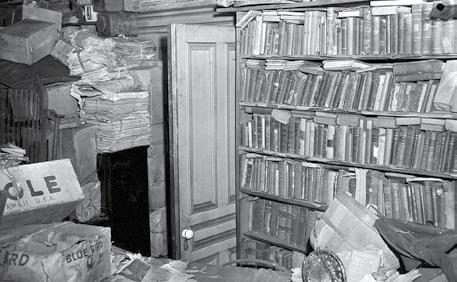
The brothers passed away in 1947, Homer of starvation when Langley – attempting to bring the nightly dinner to his blind and paralyzed older brother – was crushed in the crawlspace by one of the dozens of booby traps they’d set to keep intruders out. When an anonymous caller reported a postmortem foulness emanating from the Collyer place, the police came and broke down the door. Flabbergasted at what they saw, they called in a team and began digging. They found Homer in repose, curled within his bubble-cave in the mountains of trash, his head on his knees as if in some final contemplation. The search for Langley took 18 more days and at one point had authorities searching citywide. They finally found Langley Collyer in the same ruin as his brother, in fact just a few feet away. The Collyer brownstone was cleared of its astounding 140 tons of bric-a-brac, which included 14 wrecked pianos, an entire disassembled Model T Ford, violins, mantel clocks, an assortment of ruined chandeliers, and a mad array of just about anything else you can imagine. Langley had hauled in thousands upon thousands of newspapers over the years so that Homer could catch up on world events when he regained his eyesight.
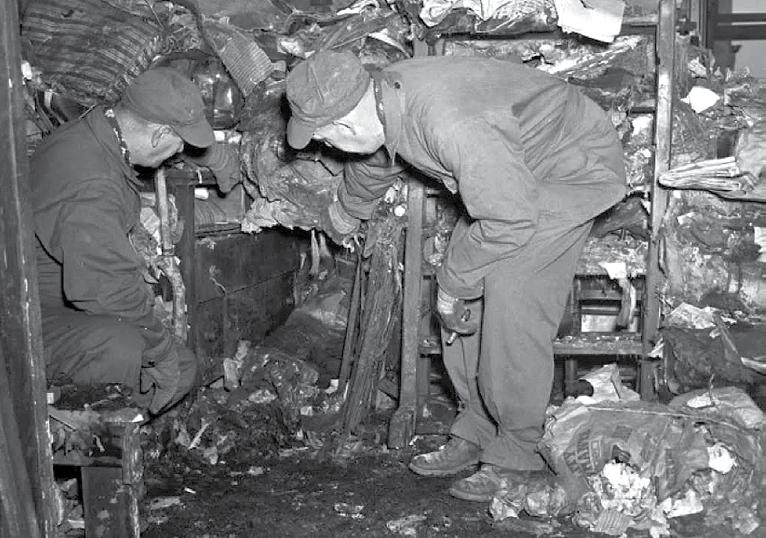
Royal Oaks Ranch – 5 gated, private acres close to downtown with wrap-around porch, 5 bedrooms, media room, wine cellar with tasting room, library, gym/massage room, 4 fireplaces, pool and spa, sauna, family orchard, olive tree orchard with approximately 30 trees, Bocce court, putting green, volleyball court, chessboard, gazebos, pasture, private well, 150-year copper roof, copper gutters, RV parking with hookups, six-car garage and workshop, and more.
This 2022 build, designed for indoor-outdoor living, blends modern and contemporary architectural styles. It is set among heritage oaks on a private, gated, approximately 0.79-acre lot. Located just a short drive from downtown Ojai and mere steps from the Pratt Trail, this three-bedroom, 3.5-bathroom, 2,890-square-foot home boasts impeccable design and upscale finishes with an incredible attention to detail. Notable features include an integrated solar Tesla roof, limestone and sandstone countertops, rift-sawn cabinetry, 12- and 18-foot ceilings, Wolfe and Sub-Zero appliances, a fireclay sink, Newport fixtures, whole-house water filtration, an Acu-Craft gas fireplace, a glass garage door, and white oak, marble, and limestone flooring. Each bedroom comes equipped with an en suite bathroom, blackout shades, and a sliding door leading to outdoor living areas. This property truly needs to be seen in person to fully appreciate the abundant features that make it an ideal primary or second home, perfect for entertaining guests and immersing oneself in the coveted Ojai lifestyle.

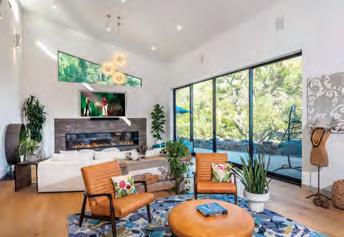
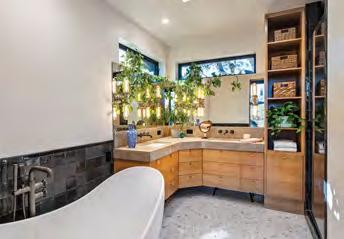
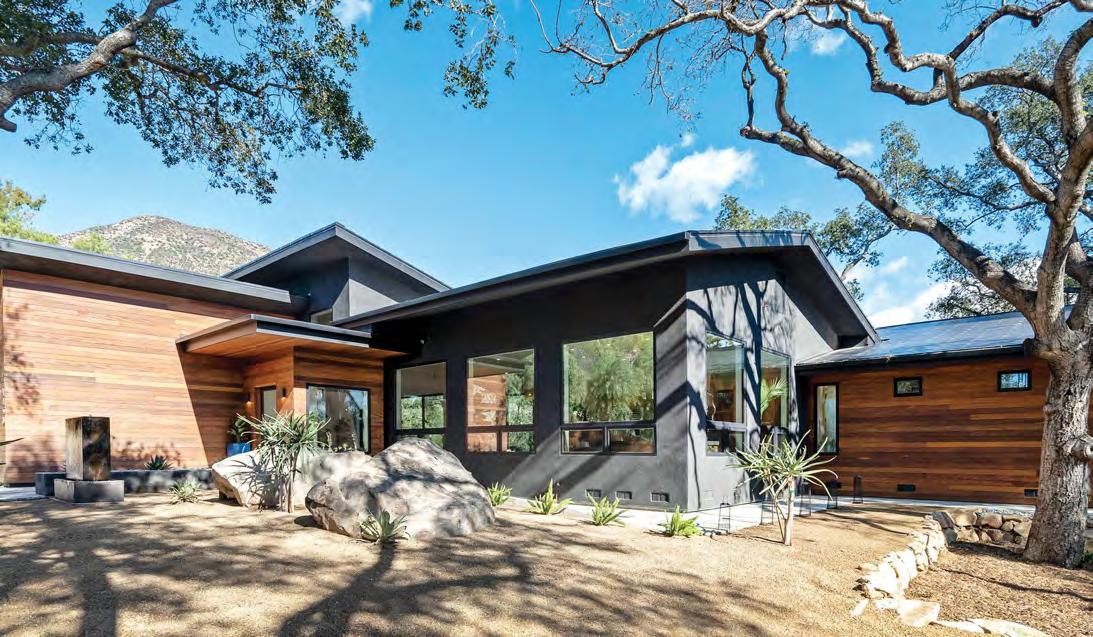
Price Upon Request
1458 Foothill Road, Ojai CA
RoyalOaksRanchOjai.com
$4,375,000
Nora Davis
The Davis Group
LIV | Sotheby’s International Realty

(805) 207-6177
Nora@OjaiValleyEstates.com
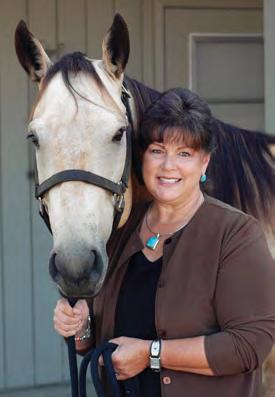
www.OjaiValleyEstates.com
DRE #01046067
My prayers for a lightning strike unanswered, fortunately, one day I was able to figure out logistically how to make a huge dent in my storage nightmare. My wife and I made the decision to give away as much as we could, except for personal items and “memorabilia” – in hopes of benefiting charities and getting a decent tax deduction in the process.
This would require some pre-production. We had to hire IRS pre-approved appraisers, engage a wedding tent firm to build a massive weatherproof shelter for all our crap, and create a staging area in which to photograph and document everything. We hired a small mercenary army for a week to move the stuff. And then we had to practice not looking embarrassed.
From a distance, it looked like we were preparing our property for something fun like a wedding or one of those private concerts all the cool Montecito people seem to have these days. But no, we were just getting rid of our junk. There’d be no crudités, no mixologist, no Kenny Loggins. Not even a taco truck. Just us and our junk.
D-Day Comes. De-acquisition. When the big event finally came, it was just like a great garden party but without greatness, guests, food, valet parking, or fun. The good news – there were no hostess gifts.
Things went as planned though there were definitely surreal elements. It took three days to quantify, classify, and verify everything we were giving away. One thing I remember vividly is I’d been given many strange gifts over the years including an egg crate of 50 prosthetic glass eyeballs, an actual human skull, and a prosthetic leg. Those items combined with several vintage sideshow banners I had plus the event tent gave the weekend the feel of a three-ring circus with freak show.
The good news is we did make substantial donations. The cream of our crop went to local museums, Habitat for Humanity, and a few other charities. But what would happen to all the other stuff? The unmatched sets of silverware, the couch missing one critical cushion, and all those things that just needed a slight repair to be good as new again? Sadly, after three solid days of this fever dream, I made the rookie mistake of not truly finishing the job. Those items teetering between junk and antique, between nostalgia and not-stalgia… I decided could go elsewhere at some other time yet to be determined. And this turned out to be an egregious error.
Buddha said something like “when you continue a behavior that is not beneficial, it simply means you are not yet in enough pain to change.” You don’t realize it at the time, but when you punt on certain items it’s because you’re in the midst of pre-grieving (and not yet ready to accept) that loss. I had already been through the grief stages of shock, denial, and anger. Now I was at “bargaining.”
The bargain I’d found was a relatively inexpensive warehouse in Palm Desert where I could leisurely go through the remainder of my stuff. Thus I’d made the critical mistake of not being a “closer” and not quite finishing the job. When it comes to deacquisitioning, your greatest enemy – and a storage facility’s greatest friend – is your procrastination. You can’t punt. You need to know where your stuff is going now, how, and precisely when. And you need to have planned for it. Worst of all, YOU need to quarterback this. To do otherwise is like partially filling a cavity or telling your surgeon to just remove some of the cancer. And then you will find yourself sitting on the side of the road, surrounded by the debris of your life like you’ve been in an automobile accident, with your head in your hands wondering what went wrong. But at least in an automobile accident, someone else comes along and cleans up the mess.
In the next Riv, Les will reveal how he finally beat his hordaholism and also reveal important learnings. Such as: “Store. Nothing. Ever.” “Anything you put in your house makes it smaller.” And “If you love something, let it go. And if you’re not sure, also let it go.”
“Buddhism teaches that joy and happiness arise from letting go. Please sit down and take an inventory of your life. There are things you’ve been hanging on to that really are not useful and deprive you of your freedom. Find the courage to let them go.”

 BY JEFF WING
BY JEFF WING
Yimeng Yu is a Beijing-based fashion innovator and artist whose vision finds an almost architectural transcendence in the boundless virtual space. Educated at the Royal College of Art in London, Yu is presently the fashion design director at the Central Academy of Fine Arts School of Design in Beijing, China. Her academic arc took her from physical garment making to customizable, interactive fashion tailored by the wearer to today’s wholly virtual designs that have – for the time being – no pretense of real-world plausibility. Yimeng Yu uses the digital medium as a crucible, seamlessly commingling fine art, haute couture, and mathematics to produce a striking new sartorial expressionism.
THE RIV: Do you approach your gorgeous digital fashion more as extreme ideations of the real world, or as a kind of expressionist art that is complete as it is and serves its own aesthetic ends?
YIMENG YU: My digital fashion creations are both extreme ideations of the real world and a form of pure artistic aesthetic expression. I believe that in the foreseeable future, these two aspects are not contradictory; they represent distinct realms of application and visual language. In a future where mixed reality technology matures, virtual artistic creations that transcend reality can indeed exist within the physical world.
At this current stage, I am breaking through the limitations of the physical world through fashion art created in virtual domains. Currently, they may only exist in the digital realm or be worn by digital avatars. However, when AR and MR glasses mature and become widely accepted by the public, these expressive art-fashion pieces
will genuinely integrate into real life. Perhaps we can envision an extreme future, where physical clothing serves functional purposes alone, and all additive aesthetic demands are fulfilled by virtual fashion.

RIV: Your fashions seem to demonstrate the intersection of fashion and architecture in their bold leveraging of
space and dimensionality. How is your art informed by the disciplines of architecture and engineering? Have you been interested in those disciplines academically or otherwise?
YY: As an interdisciplinary fashion designer, I have a deep interest in the fields of architecture and engineering. The thought processes and workflows


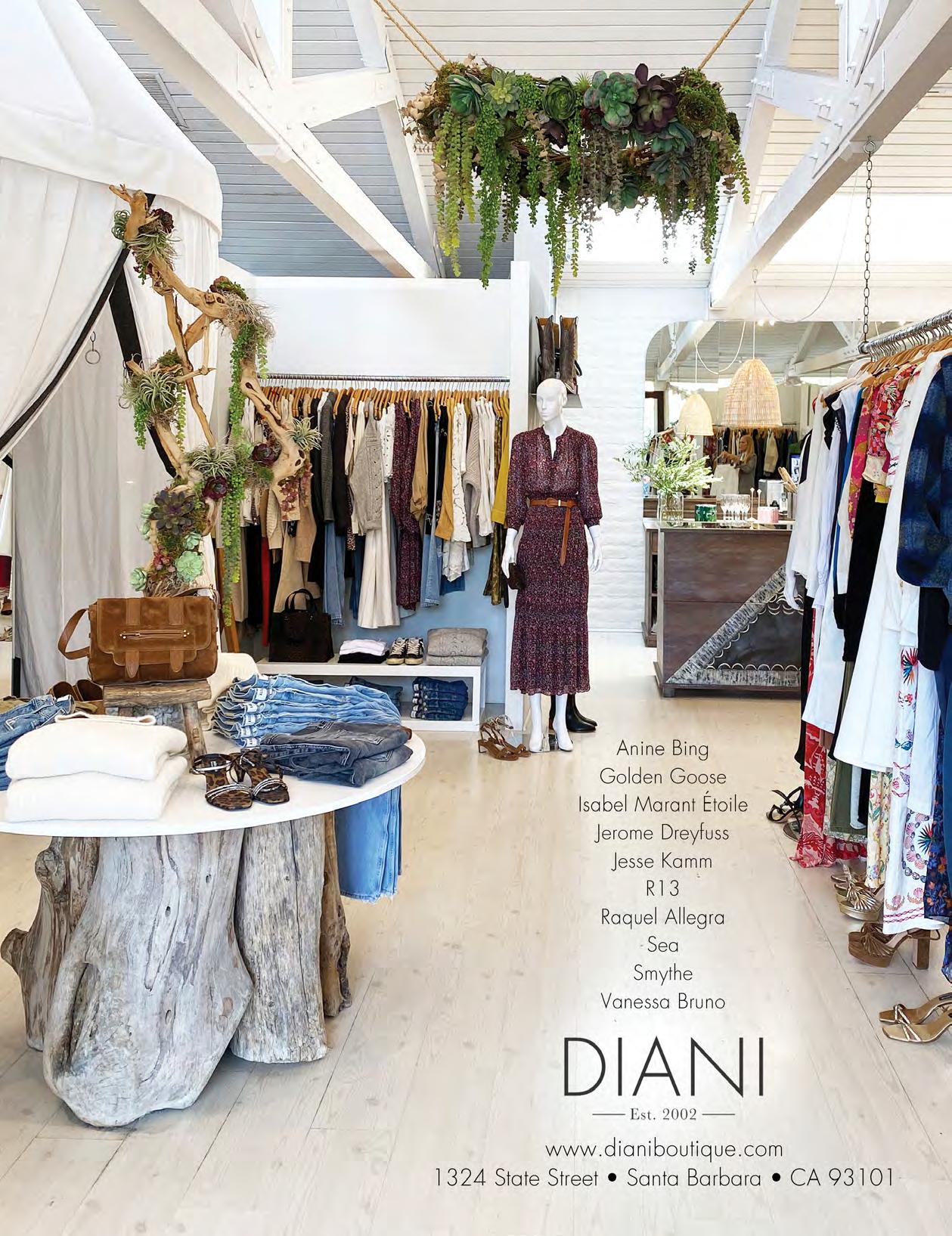
in these two fields continuously provide me with inspiration and support for my fashion practices. I regard fashion as a form of bodily architecture and find great fascination in the realms of topology and parametric design within architecture.
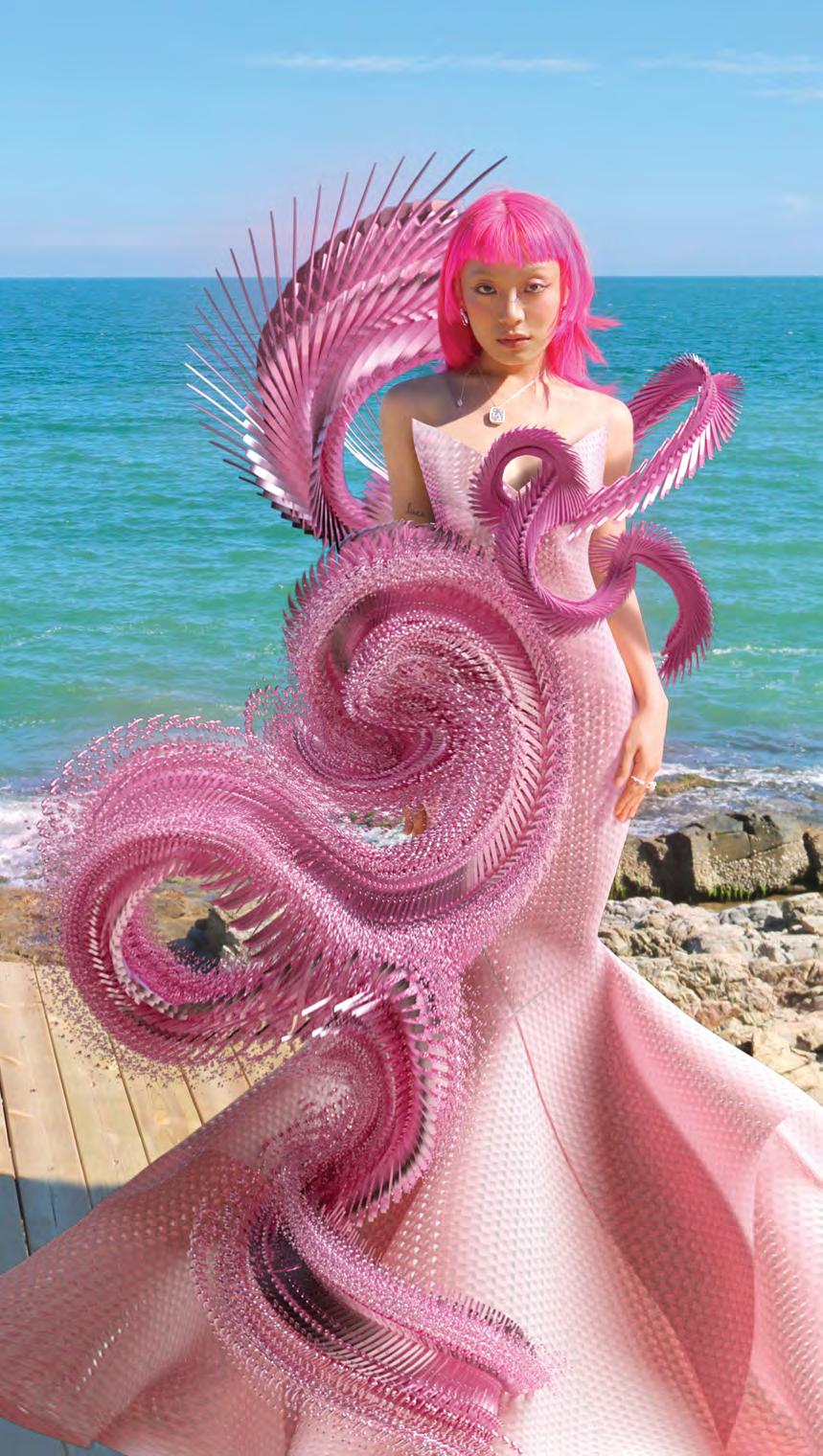
Simultaneously, I believe in the future of human-machine collaboration. I am intrigued by all methods of rational work that involve order, rules, calculability, and patternization. I excel at using “order” to create “disorder,” developing an algorithmic “design machine” that explores infinite possibilities of forms. This approach combines bottom-up generative processes with topdown aesthetic control, resulting in outputs that are unpredictable, yet manageable in design.
Despite my strong affinity for rationality, I remain deeply artistic and sensuous. Thus, my primary creative philosophy involves organically unifying opposing elements.
RIV: Is it at all important to you that your fabrics and textures be reproducible in the real world, or is that a constraint you are happy to leave completely behind in these creations?
YY: Currently, I am more than willing to abandon the constraints and fully unleash imagination in the virtual world. In my creative process, many materials and forms often defy gravity and remain in constant motion – they are materials that cannot be worn in the physical world. Examples include flowing water, entwined particles, and burning flames, among others. I believe that these fashion pieces that transcend reality significantly expand the boundaries of wearability and innovate the visual language.
However, at the same time, I seek a balance. I also strive to bring some designs from the virtual world into real life. These
designs will be physically manufactured, and you can look forward to what I will unveil in my upcoming releases.
RIV: Your digital designs are not just free abstractions – they are simulacra of human bodies in human clothes. What sort of creative power do you find in these limits, where the human form is the constraining theme?
YY: Yes, the main focus of my work is the human body. All the wildly imaginative virtual materials will revolve around the body to form a bodily “structure.” This is the designated design subject I’ve set, as my goal is to push the boundaries of fashion design and innovate the language of fashion art. Fashion remains at the core of my work; I simply use digital tools to accomplish my creations.
However, unlike the traditional fashion production process, the workflow of virtual design can be based on a three-dimensional perspective. I can start from any spatial coordinates adjacent to the human body in the digital domain and create wearable items for the body.

RIV: You are an avowed enthusiast of parametric design. What engages you most about parametric design?
YY: Parametric design refers to using various parameters to describe geometric forms, spaces, surfaces, and structures. Through parameter control, it aims to achieve design outcomes that meet specific requirements, with the attribute of real-time computation. Parametric design possesses strong mathematical allure. What captivates me most about it is its orderliness and logic, as well as the potential for generating disorder and endless possibilities within that order.
By constructing a set of parametric programs, our design outcomes are not limited to just one. Each parameter in the process can be adjusted in real time, sometimes leading to results where a small change has a profound impact. This establishment of rules to create a “design
machine” – and the collaborative mode of working with the machine – are aspects that I am extremely passionate about.

RIV: Your work often features a sort of yin and yang in the digital fabrics and textures you design; soft versus hard, angularity versus fluidity. Is that deliberate, this marriage of opposites? And would that be an example of an algorithmic parametric input you might use to produce a striking effect in your work?
YY: Indeed, my workflow is often quite rational, and as a highly sensitive individual, this personal trait is also infused into my design practice. It’s possible that growing up in China, I have been influenced by the traditional philosophical thoughts of Confucianism, which emphasize harmony and balance. The organic unity of opposing elements, the interplay of yin and yang, straight and curved, firmness and softness, boldness and elegance, order and disorder – these form the foundation of my primary creative philosophy.
So algorithms, in essence, belong to the rational aspect of my workflow. They operate from the bottom up. However, the final aesthetic output is determined by my topdown sensibility.
RIV: As you know, “AI” and “algorithm” in this cultural moment are frightening and controversial notions to many people, and for various reasons. What are your feelings about the future of the creative human capacity in this growing digital age? Would you mind if, ultimately, the human creative impulse could not be disentangled from the digital creativity of machines? And are there any aspects of AI that do give you pause or frighten you?
YY: The development of artificial intelligence is indeed rapid and astonishing. I believe that the future holds a collaborative relationship between humans and machines. Humans can utilize AI tools to enhance efficiency and expand the boundaries of thinking, yet the subjective agency of the human brain remains crucial.

In the realm of creativity, I believe AI can never replace the human mind.
AI operates as a mechanized program based on algorithms and data. In this process, humans, as decision-makers, play a decisive role in the creative outcome. Artistic creation can-
not solely rely on informational, data-driven, standardized, and patterned procedures; it requires the incorporation of human experiences and emotions to derive value. This is something that AI cannot replicate. @yimeng_yu
“IN A FUTURE WHERE MIXED REALITY TECHNOLOGY MATURES, VIRTUAL ARTISTIC CREATIONS THAT TRANSCEND REALITY CAN INDEED EXIST WITHIN THE PHYSICAL WORLD.”



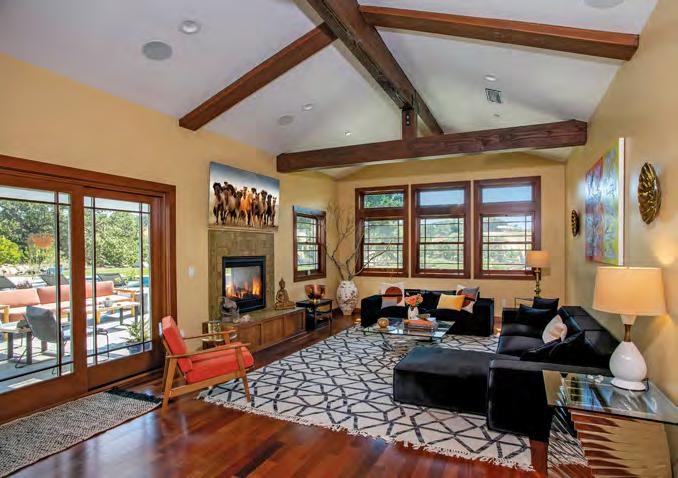
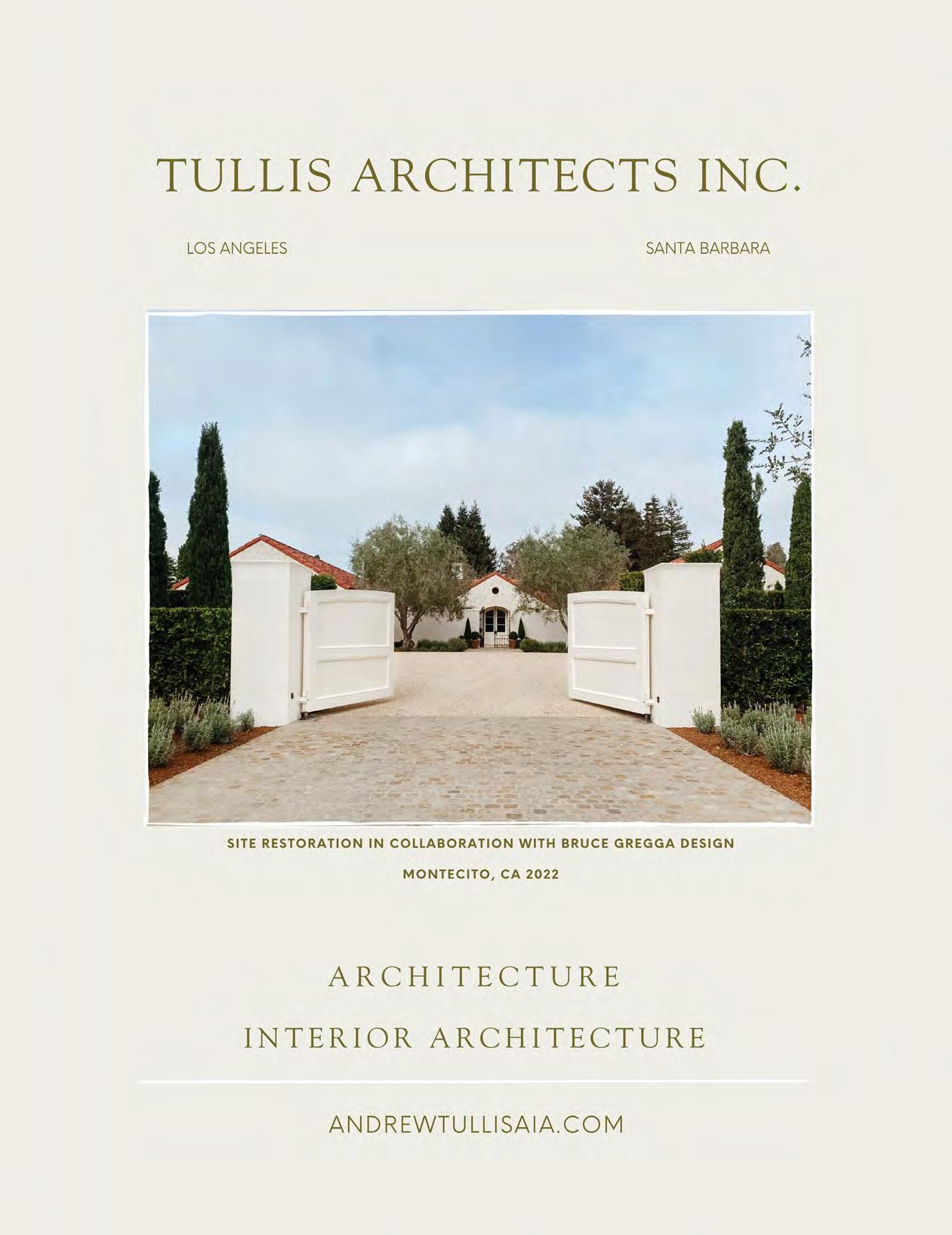
It says something about the high level of craftsmanship and long track record of producing beautiful homes offered by Wade Weissmann Architecture that the firm has been in existence for more than 25 years and still flies somewhat under the radar.
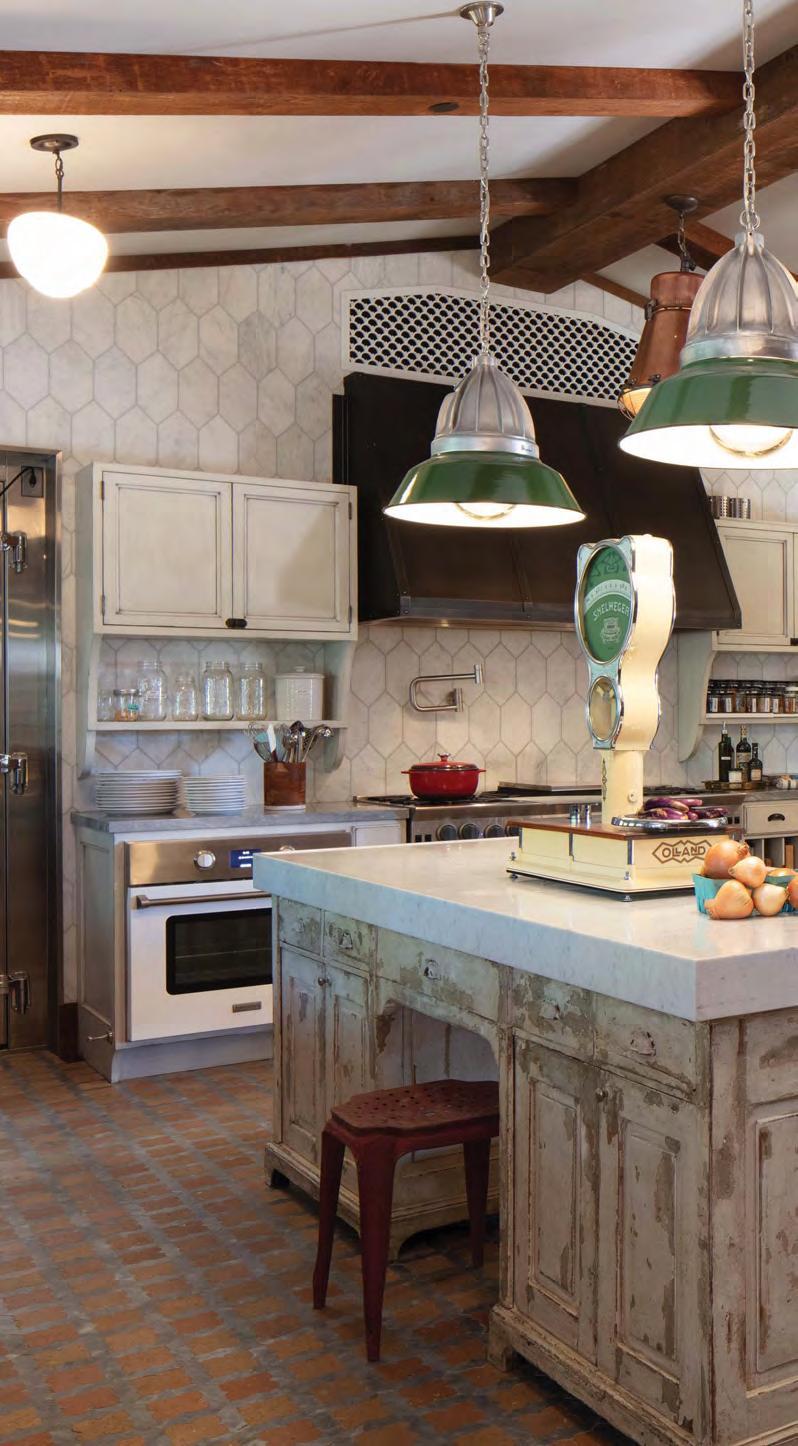
Although Weissmann has been building homes for decades – he got his start building lakefront homes in the Midwest and has grown to include offices in Milwaukee, Pittsburgh, and Santa Barbara – he’s been quietly handling projects here on the American Riviera for years.
Of course, Weissmann’s reticence to get into too many details about his undertakings is understandable. For a variety of reasons, his clients tend to prefer to keep their names and locations very private. On the other hand, some of his clients are so proud to display their homes, they jockey for the position to be on the cover of his next monograph. His first book, released in 2018, is called Heirloom Houses (another volume is in the works).
Meanwhile, some clients wait patiently to work with Weissmann, such as a former Chicago-area individual who recently reached out decades after their first
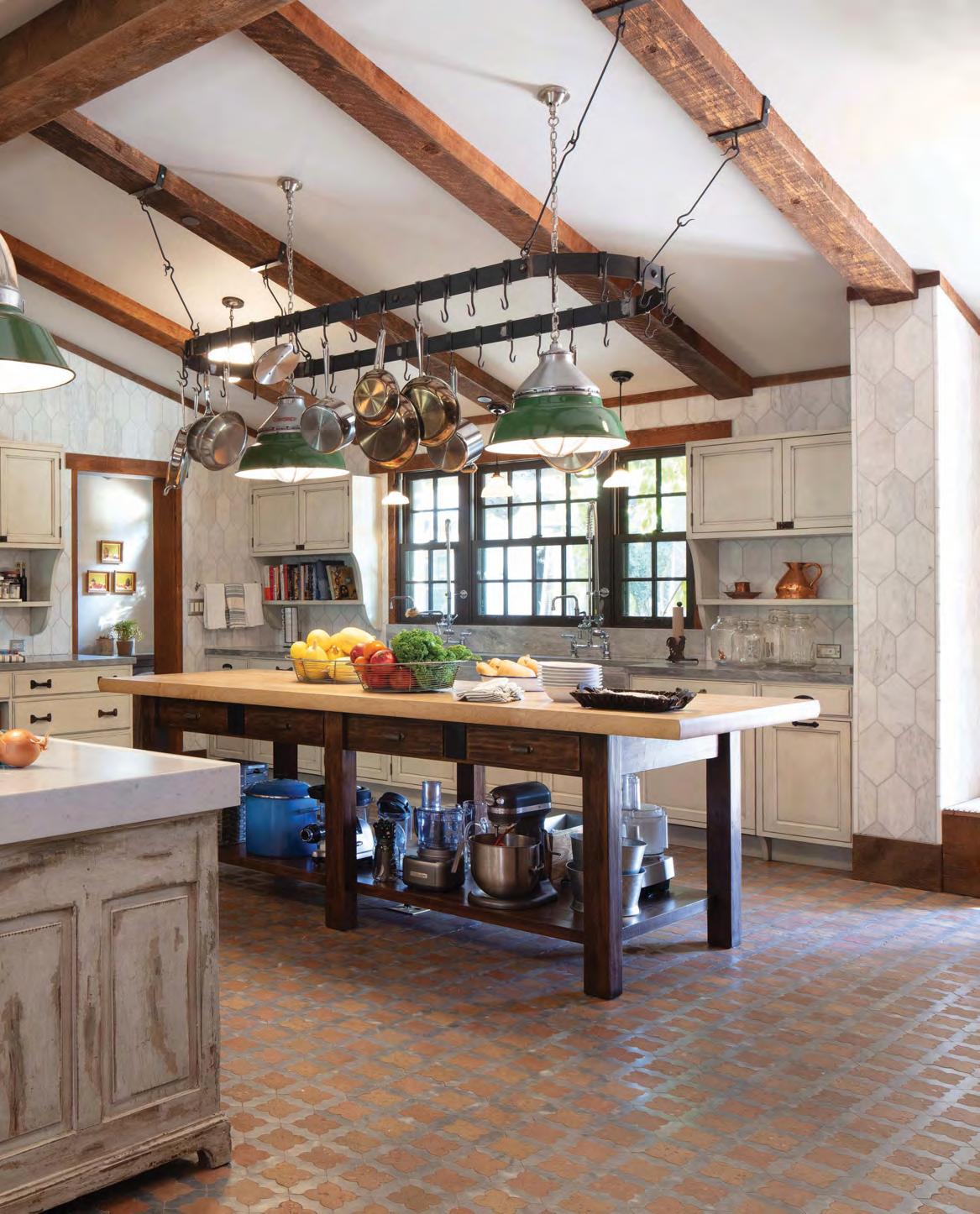 WRITTEN BY NICHOLAS SCHOU
WRITTEN BY NICHOLAS SCHOU
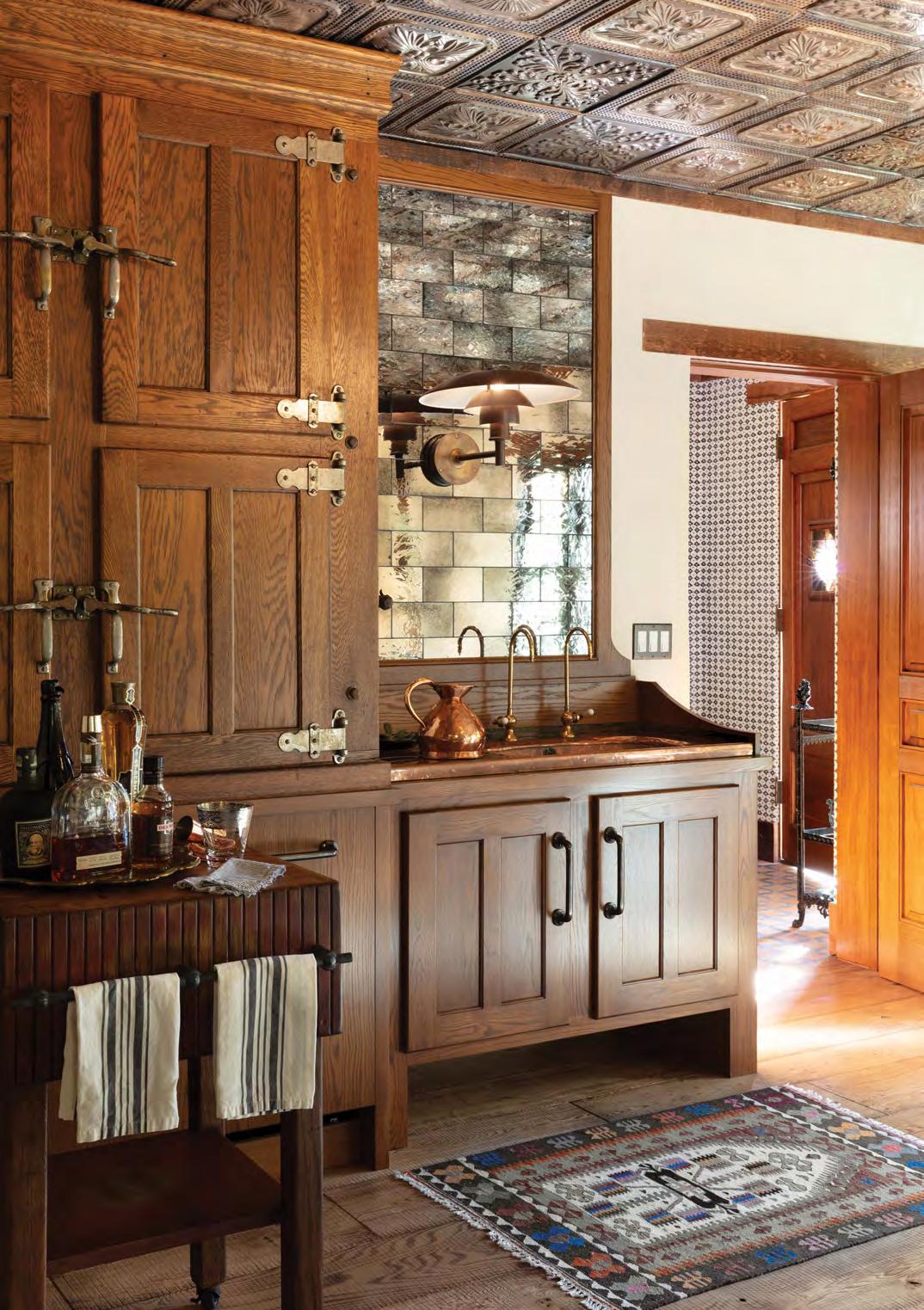
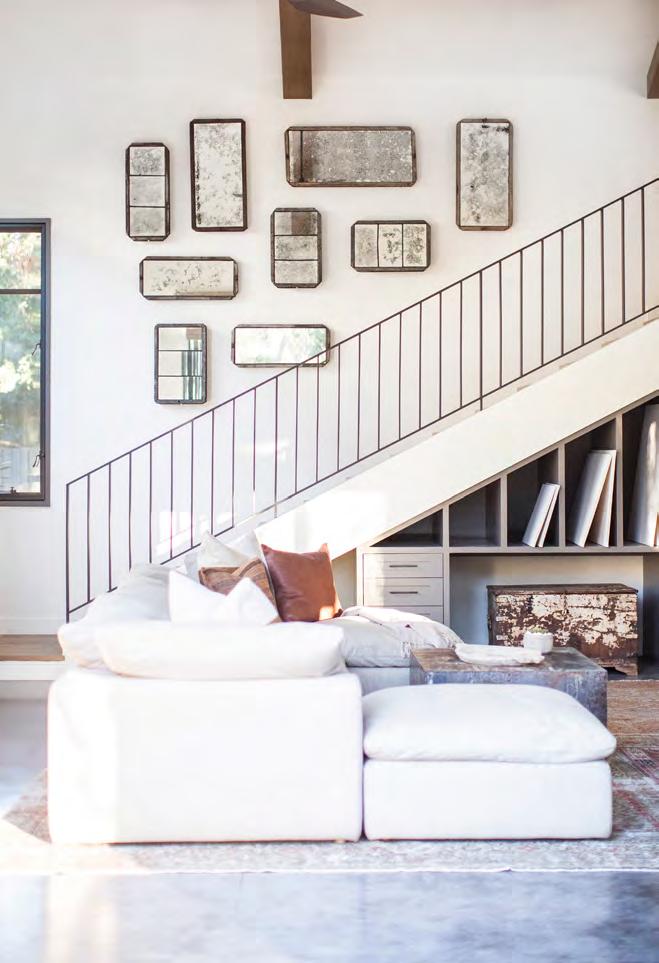
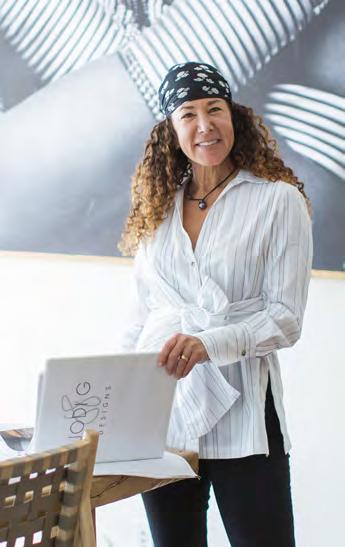
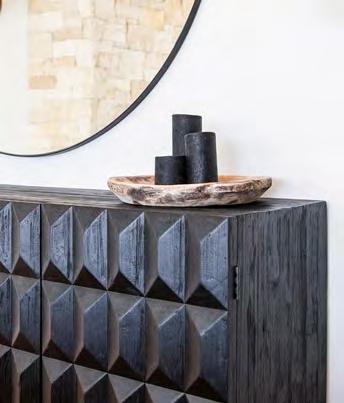
interaction when they were finally ready to retire and complete their dream home in Carmel. Now that the client is retiring, he’s hired Weissmann to handle all the interior architecture of the house. “It is a pretty special place among these cypress trees on Scenic Drive,” Weissmann says. “It’s a fabulous stone cottage located kitty-corner from a Frank Lloyd Wright house.”
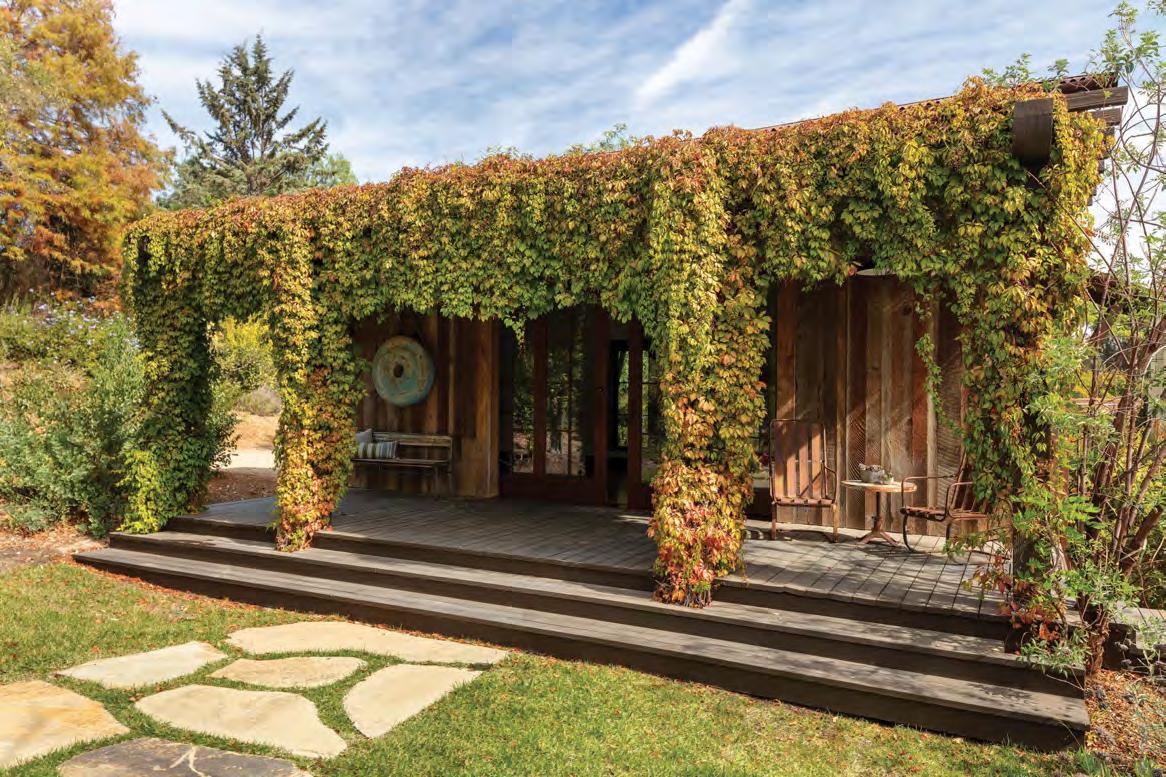
Weissmann’s expertise has also been called on to help with the renovation of a historic 100-year-old Montecito estate originally designed by Frances T. Underhill that had already been under renovation for nearly 15 years when Weissmann was hired to take over. “They had taken a lot of liberties with land-use permits and got shut down,” explains Weissmann. “They’d hired another architect to pick up the pieces, and he was having technical difficulties and the dimensions weren’t correct.” As it turned out, the contractor was a friend of Weissmann’s with whom he had worked on another project. “He invited me to take a walk with the client’s attorney who said, ‘Can you get on a flight to Paris to meet the client?’ I said yes and we were hired.”
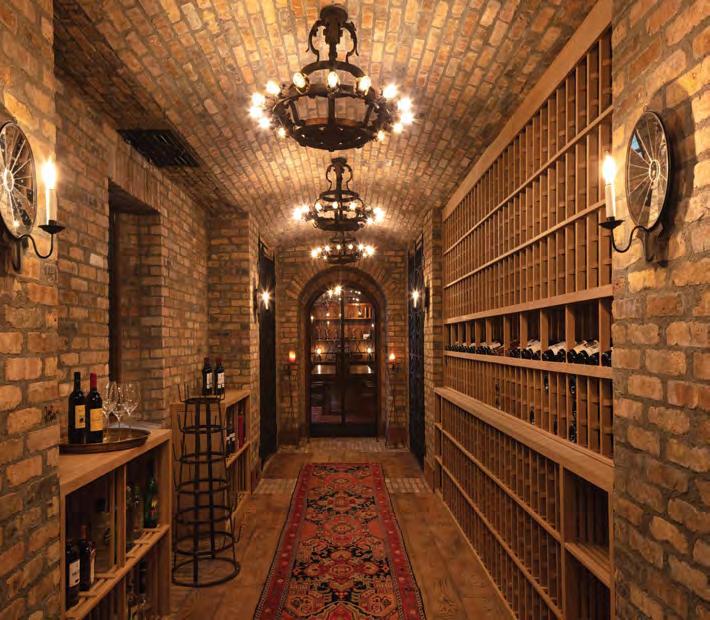


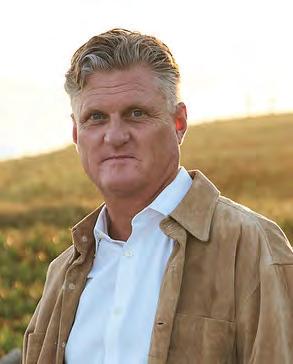

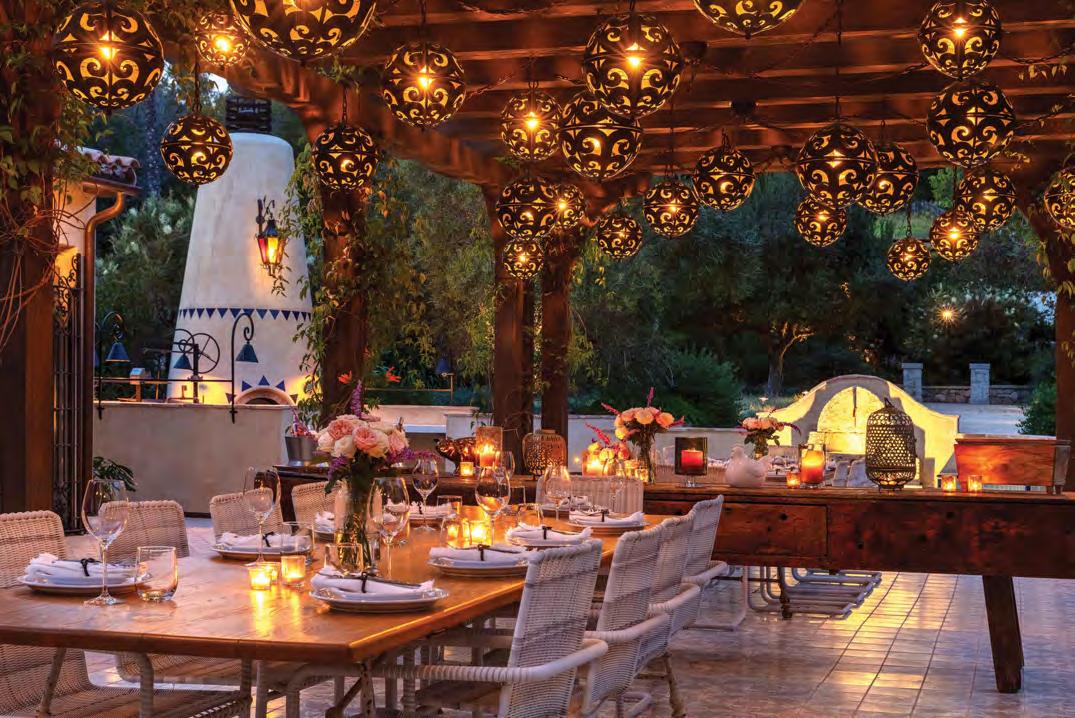
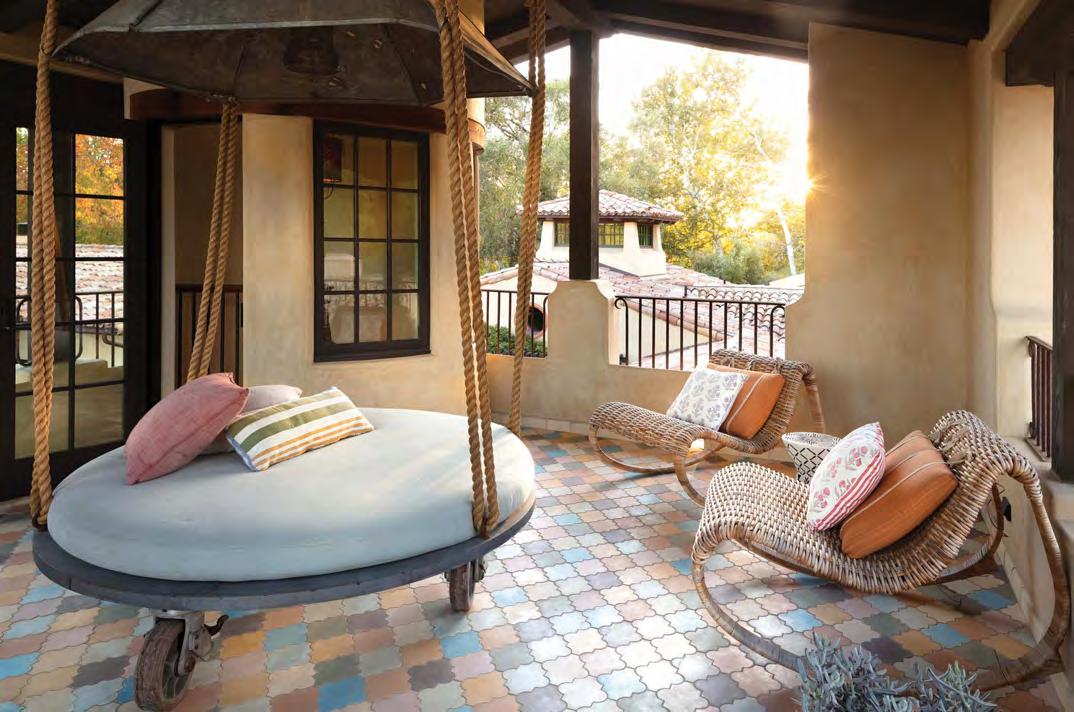
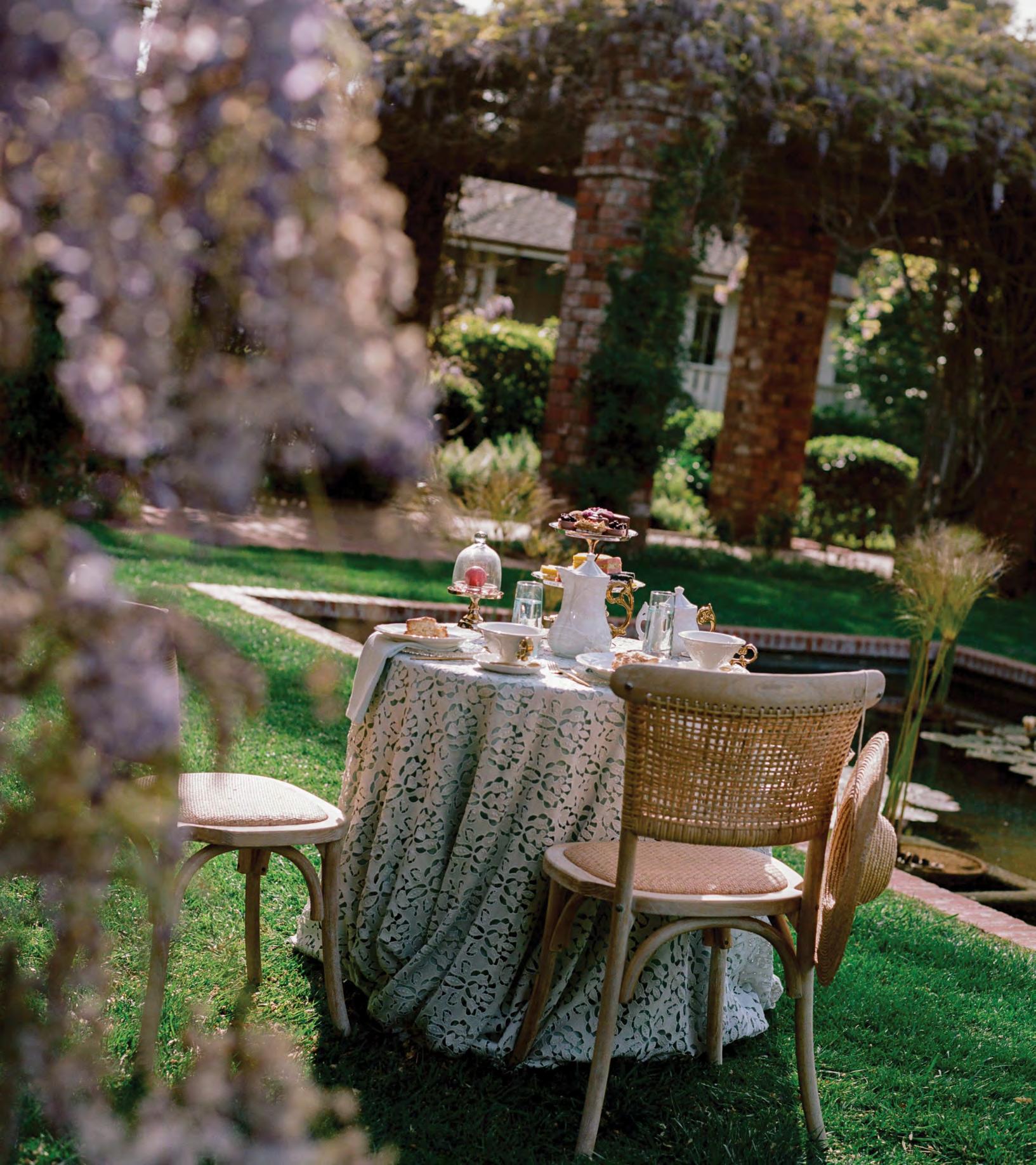
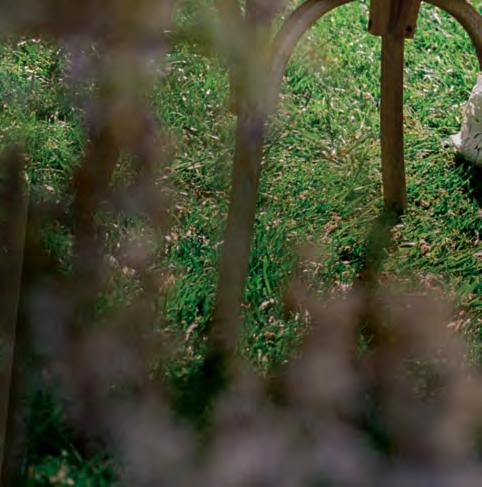
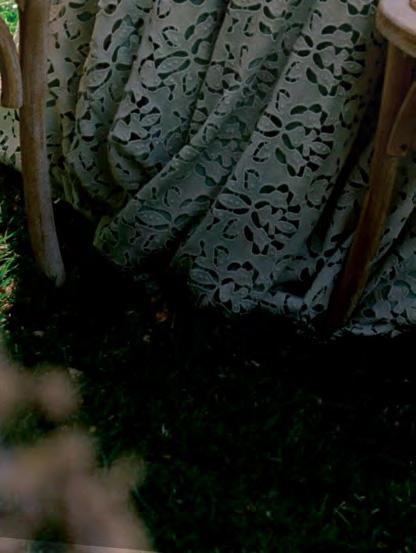
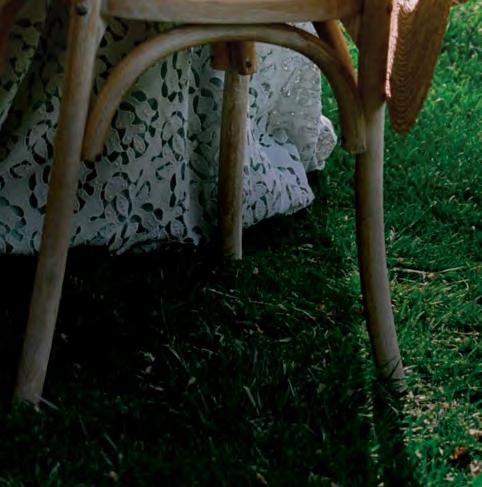
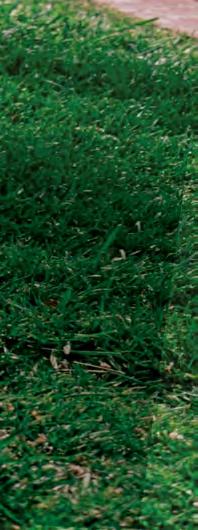






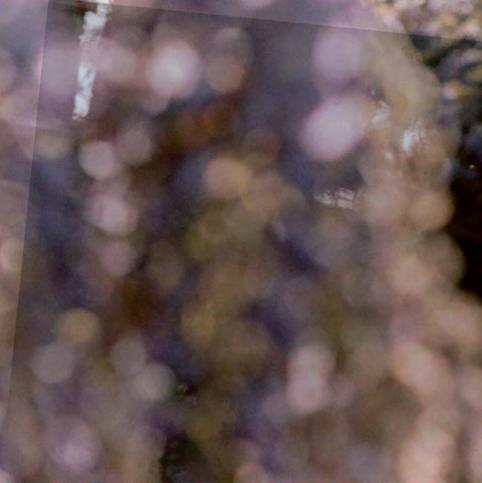
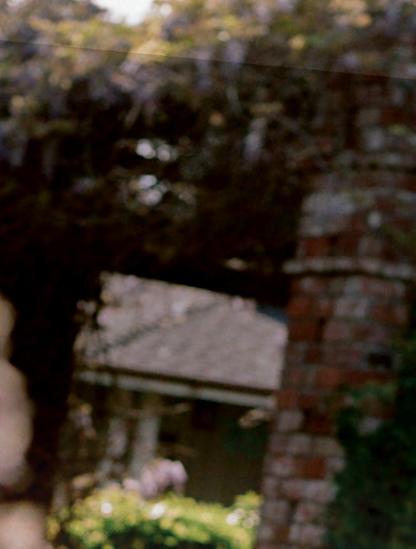
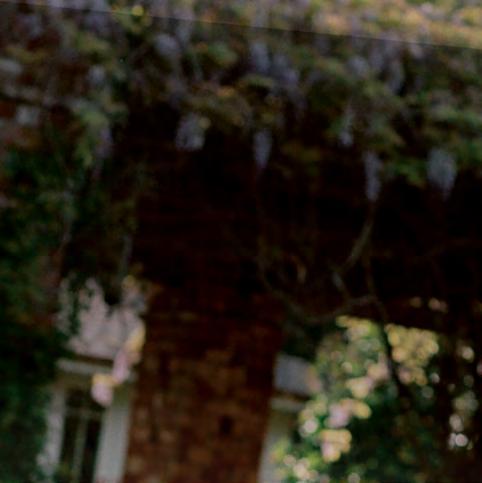
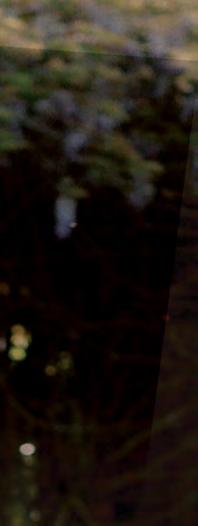







Weissmann’s first architectural venture into Southern California involved a farmhouse renovation in a rural agricultural area that involved a total of four domiciles including two main houses, a nanny suite, and farmworker housing. Having grown up regularly visiting his family’s hobby farm in northern Wisconsin, there was an easy familiarity to the surroundings that fit Weissmann like a well-worn work glove. As the design progressed, it turned into a comprehensive redesign. “It was amazing to see how it captured the beauty of the environment, the bounty of the incredible landscape, and how interconnected everything is,” Weissmann says. “There was this recognition of the beauty of living outside that inspired the whole concept.”
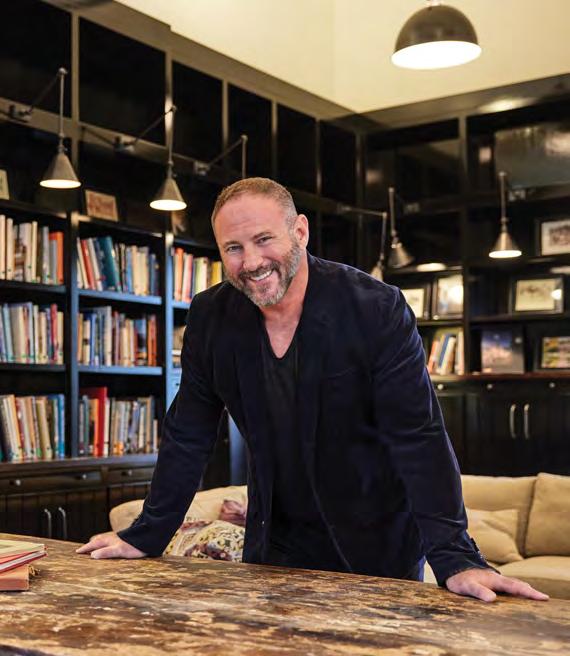
“It started out as a renovation of this farmhouse, a little hacienda,” recalls Weissmann. “It organically evolved into a much larger project where we added more onto it every decade. Structural inadequacies necessitated going into the ground to put in a lower level and make everything zoning and building code compliant, which was a real challenge. But every test becomes an opportunity to find a creative solution.”
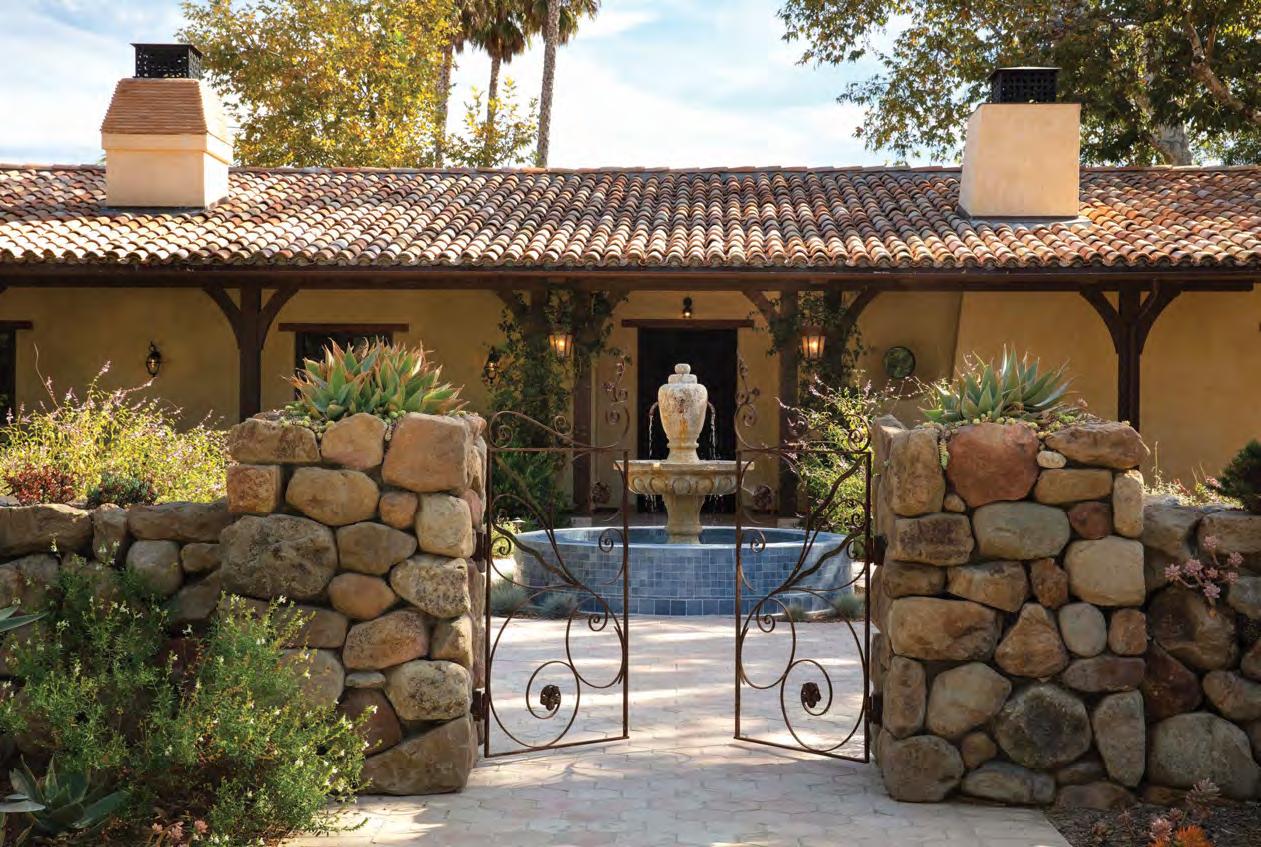
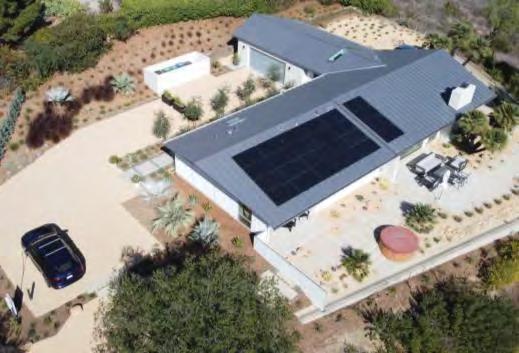
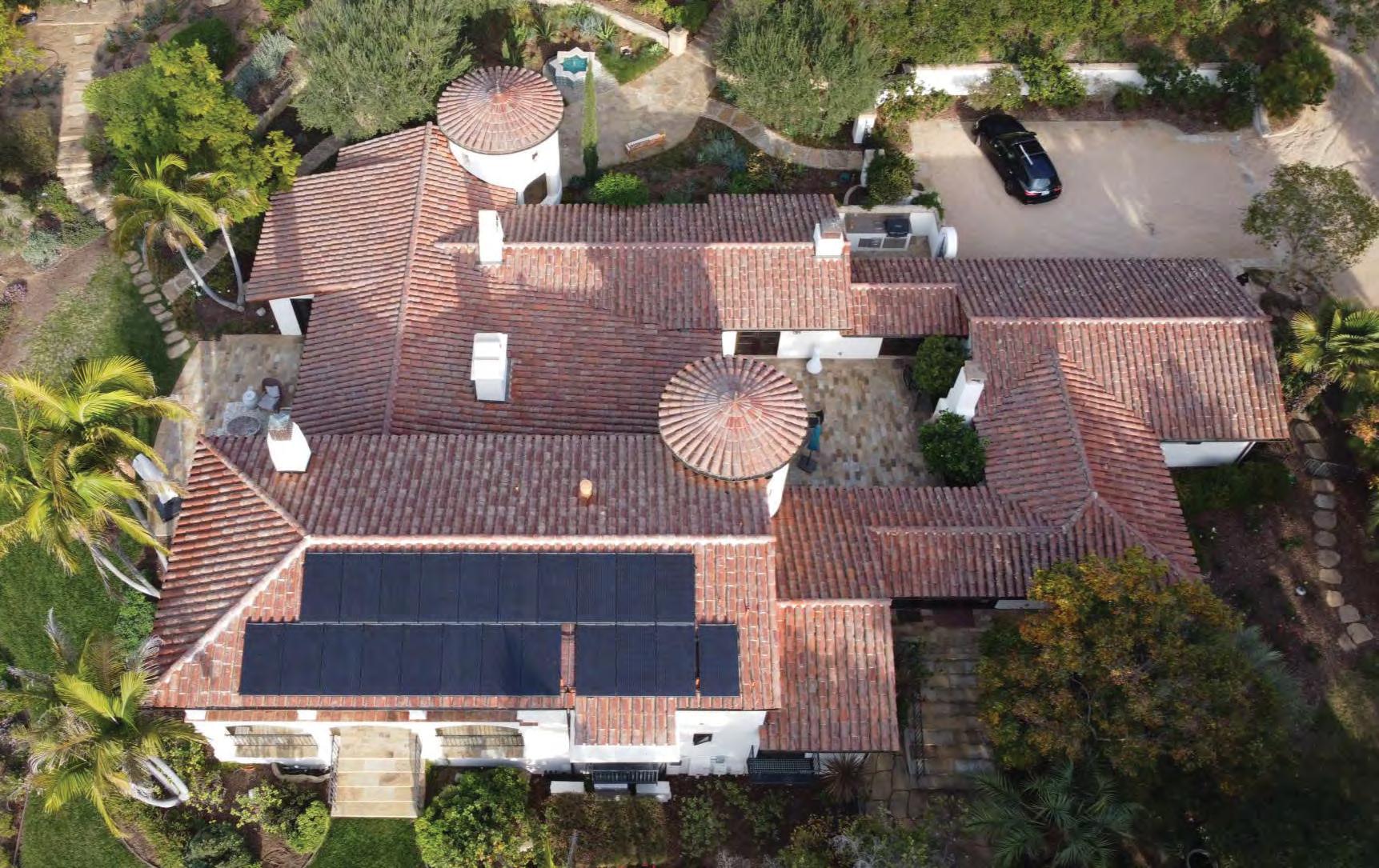

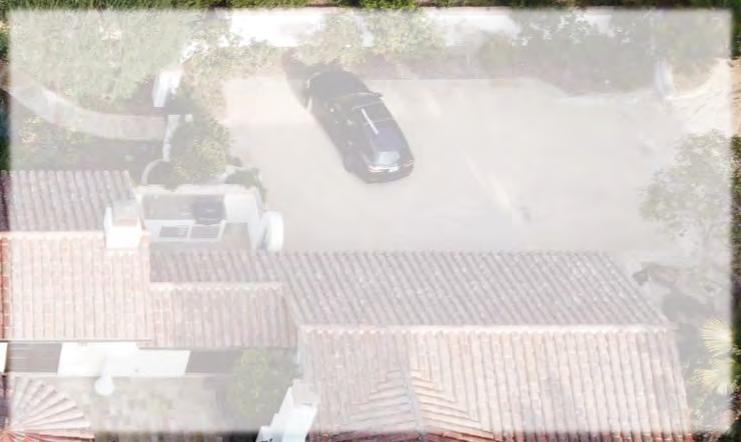
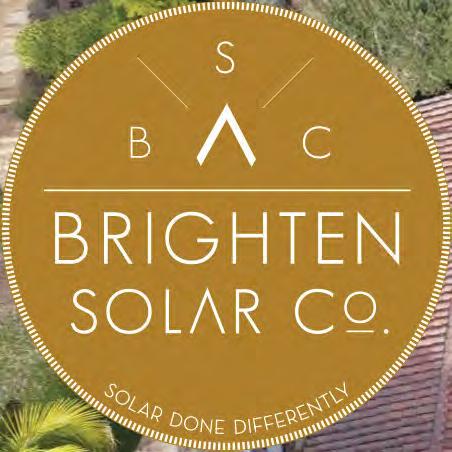


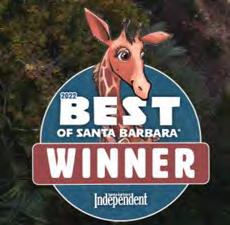
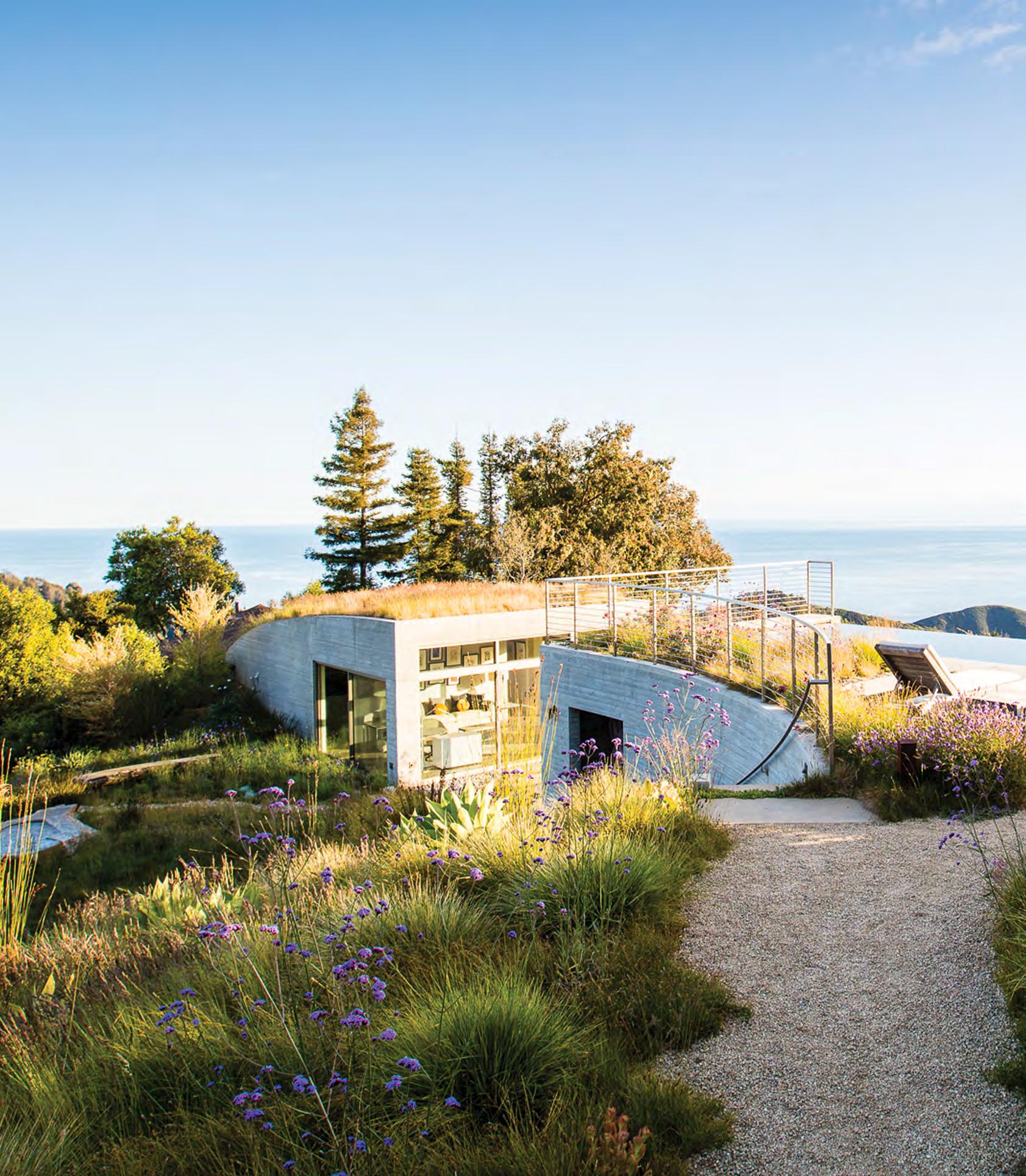 WRITTEN BY NICHOLAS SCHOU
WRITTEN BY NICHOLAS SCHOU
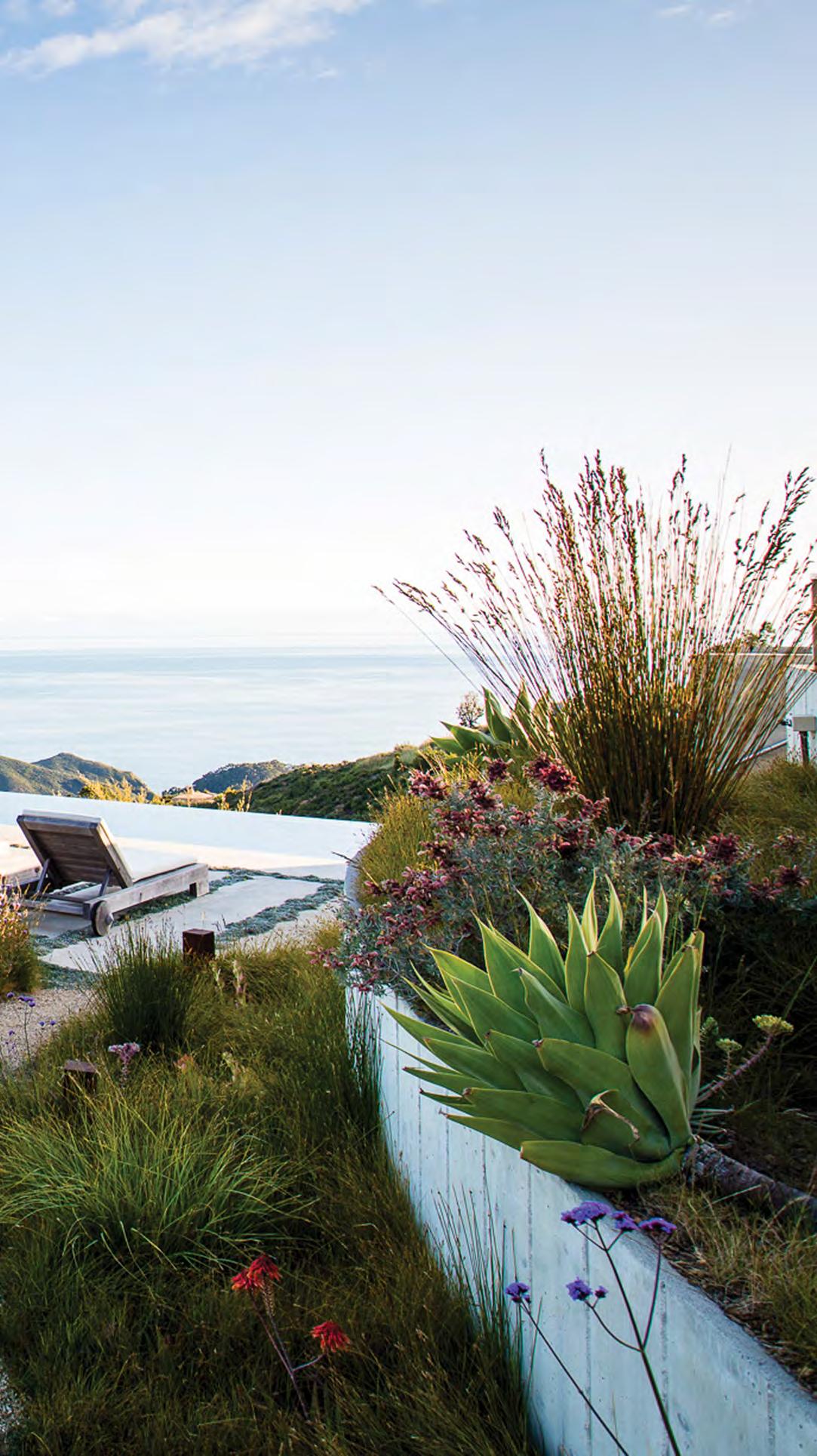
When Bernard Trainor arrived in California from his native Australia in 1995, he couldn’t help but notice the similarities. Both boast abundant natural beauty and a mild, Mediterranean coastal climate while simultaneously facing serious environmental challenges such as chronic water shortages and the commensurate fire risks. It is fair to say Trainor’s familiarity with those factors gave him a natural advantage when he founded Ground Studio Landscape Architecture, a luxury landscape design firm that began as Bernard Trainor + Associates and works with top-tier architects to produce bespoke and timeless landscape design.
From the outset of his decades-long career, Trainor sought to perfect the art of creating the most beautiful and naturally defensible design possible while using the least amount of materials and natural resources – particularly water. “We never really jumped on that bandwagon; that is how I started the firm,” Trainor says. “We’ve always taken the approach of respecting and reflecting the ecosystem and climate we are in.”
One of the firm’s most challenging projects was the Pfeiffer Ridge House located in Big Sur. During construction, a wildfire scorched the area, highlighting what the studio already recognized as a vital need to ensure defensible space surrounding the home. “Most of our clients have the resources to build these houses and landscapes in usually remote
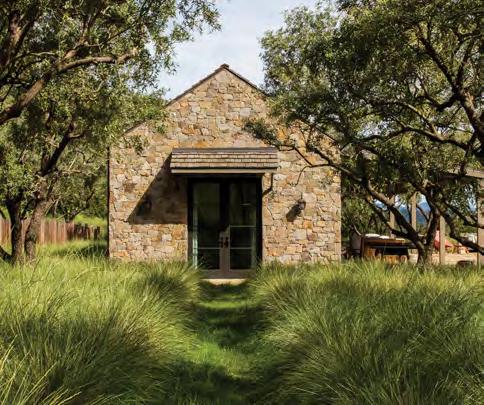
places that have very special, unique ecosystems,” Trainor says. “Defensible space requires a delicate collaboration between humans and nature. We have done a lot of master planning with these properties in high-fuel areas.”

Although Ground Studio’s initial projects were mostly located in the Bay Area where it had offices in Monterey
and Napa Valley, in 2021, it opened a third office in Santa Barbara, which is overseen by Chris Merritt, a partner and studio director for the firm. He says the area’s striking natural beauty and views that stretch from ocean to rocky mountaintops offers the opportunity to work with a nearly unmatched diversity of flora, thus making
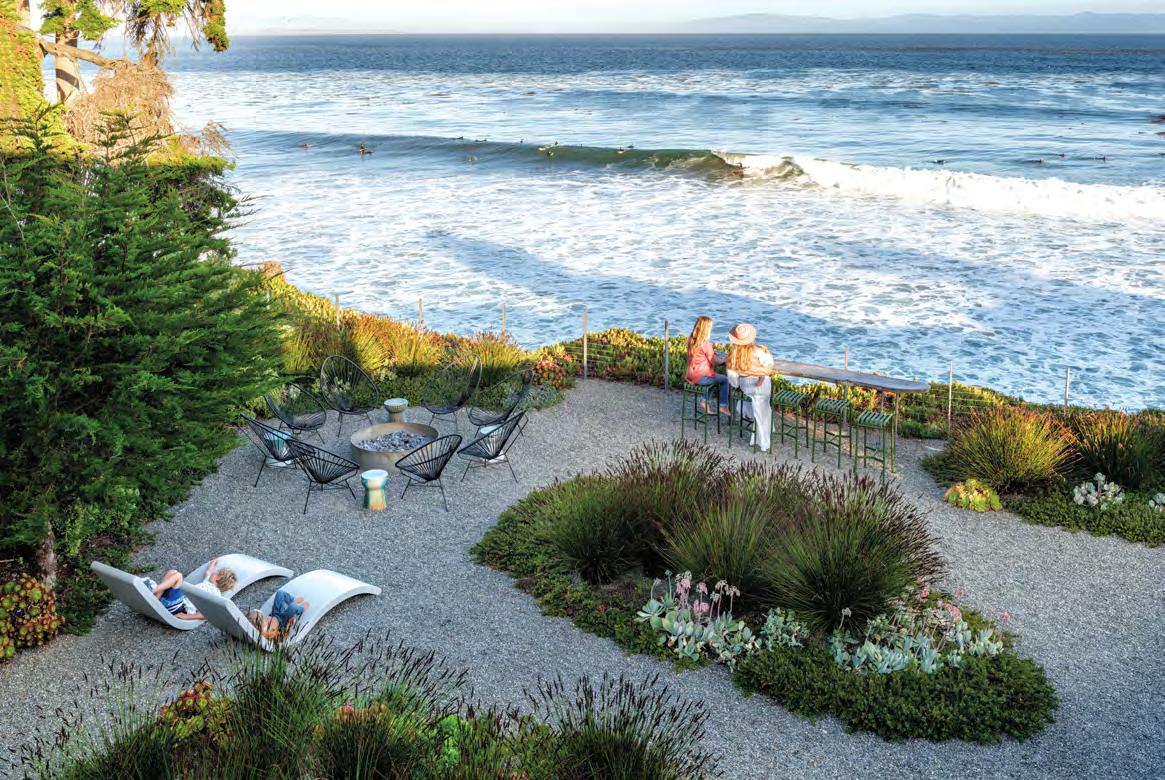

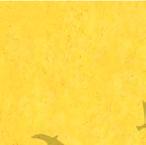




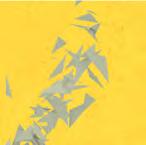



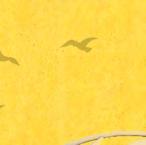
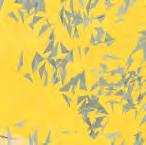





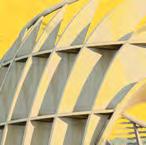
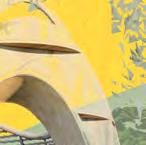
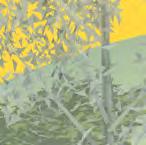
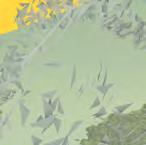
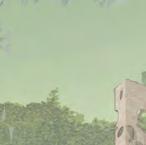

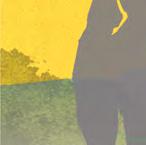
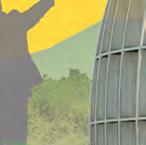
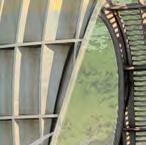
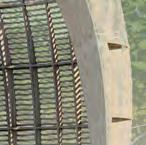
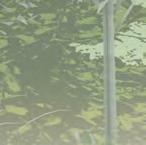
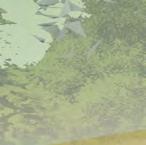
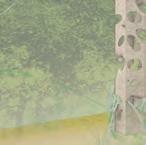
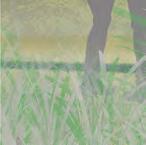

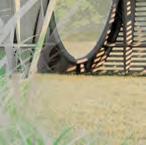
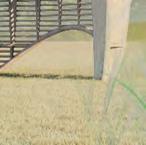
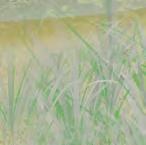



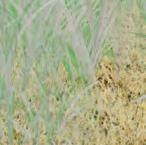


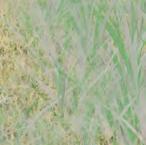
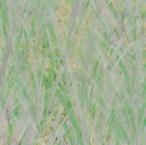
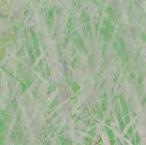

it an ideal location to work in. “On the horticultural side, we get to play with plants down here that we don’t get to do up north,” says Merritt. “Montecito has a range of coastal to rural to agricultural settings. We could focus all our energy down here for the rest of our careers.”
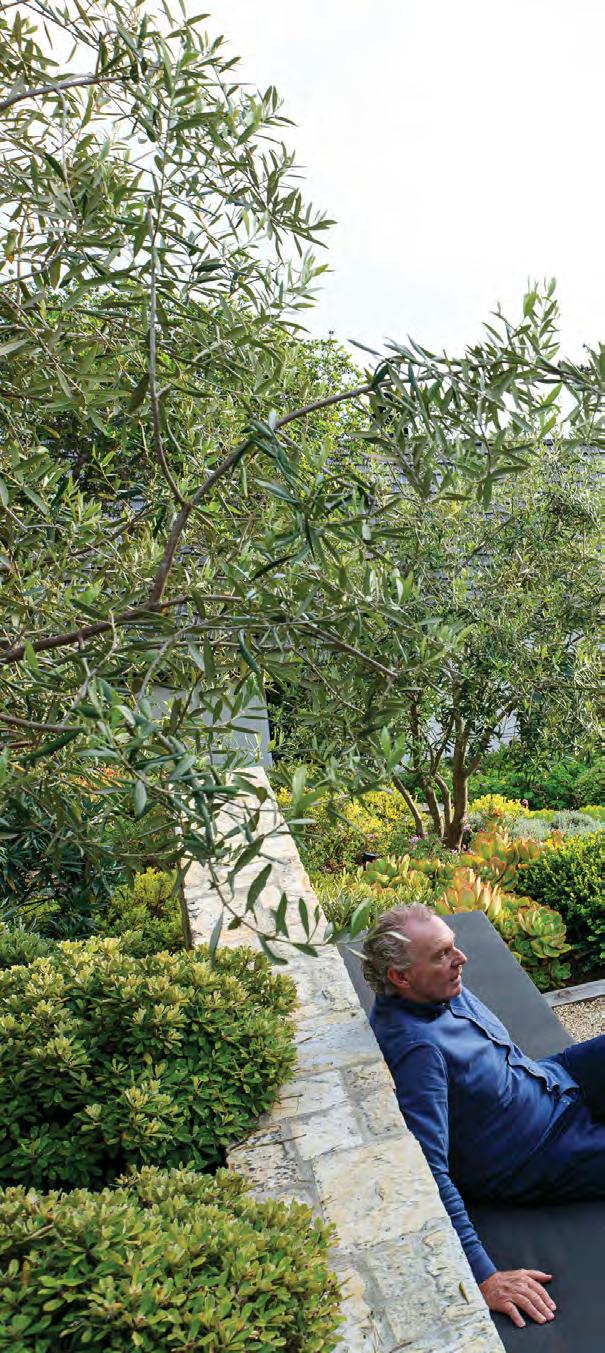
“We always use materials that are timeless, honest, and authentic but also durable,” Merritt adds. “We try to be at the forefront of woodland management by working with arborists and biologists at the beginning of a project. These are generational projects where the client wants to hand the home down to a family member, and they are looking to us to help them guide that. There is a lot of responsibility that comes with that.”
An important part of the work is staying on top of California’s constantly evolving environmental and safety regulations – especially those requirements involving access for firefighters. This means that Ground Studio’s work doesn’t end when the initial project is completed but continues for years. “We are so fortunate to be able to work with clients who allow us to be stewards of their property,” Merritt says. “Oftentimes, they bring us back in to help, so we can be involved in the process well after it’s completed. That’s how we know we’ve had a successful project.”
“ON THE HORTICULTURAL SIDE, WE GET TO PLAY WITH PLANTS DOWN HERE THAT WE DON’T GET TO DO UP NORTH. MONTECITO HAS A RANGE OF COASTAL TO RURAL TO AGRICULTURAL SETTINGS. WE COULD FOCUS ALL OUR ENERGY DOWN HERE FOR THE REST OF OUR CAREERS.”
– CHRIS MERRITT, PARTNER AND STUDIO DIRECTOR, GROUND STUDIO LANDSCAPE ARCHITECTURE, SANTA BARBARA OFFICE
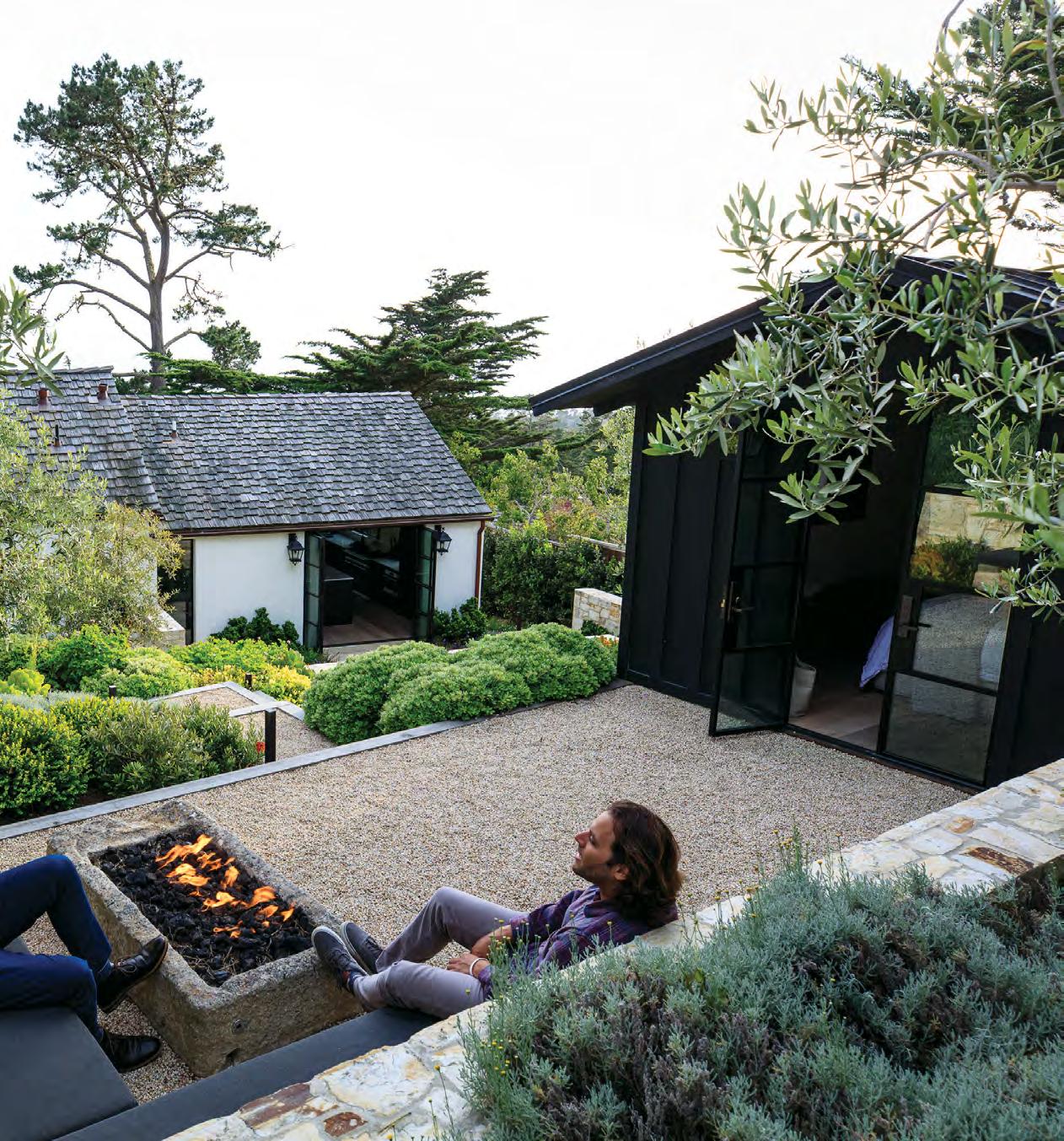
Santa Barbara and Montecito are home to many talented design visionaries, ready to help you elevate your home or business to reflect the beauty of the American Riviera. The following is a short list of some of the best-of-the-best local vendors, as well as some out-of-town options, who beautifully capture our luxury aesthetic, including architects, interior and landscape designers, contractors, builders, and stylists.
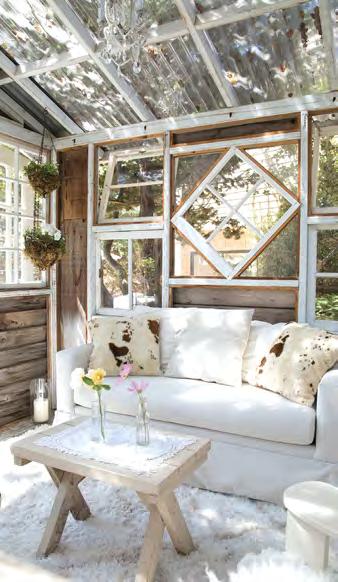
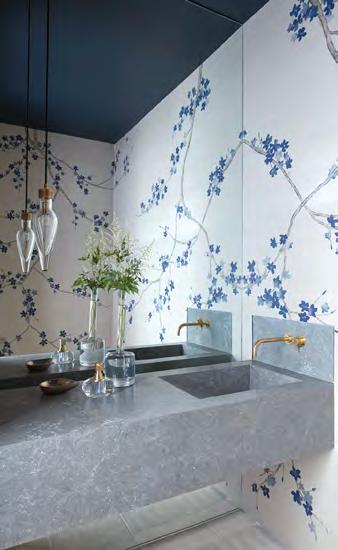

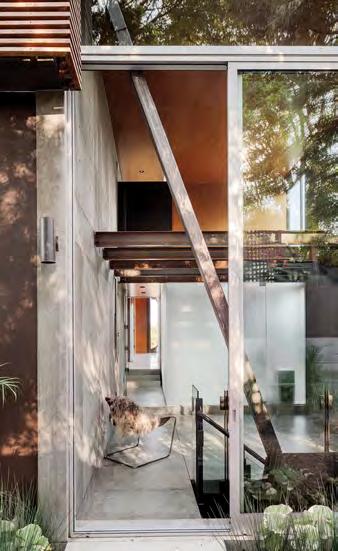
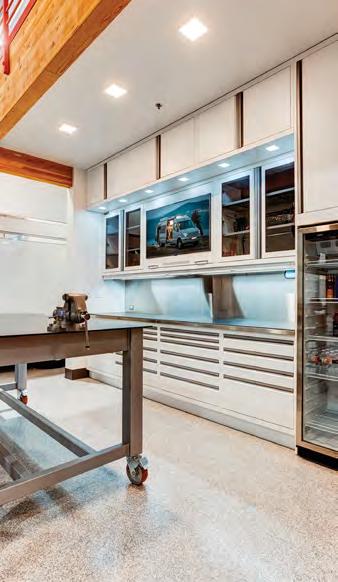
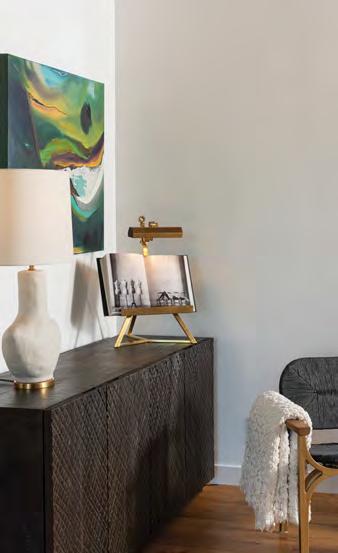
Baldhead Cabinets is a family-owned and operated metal manufacturing company based in Bend, Ore. With 37 years of experience in the industry, the company specializes in designing and fabricating custom metal cabinets for clients.
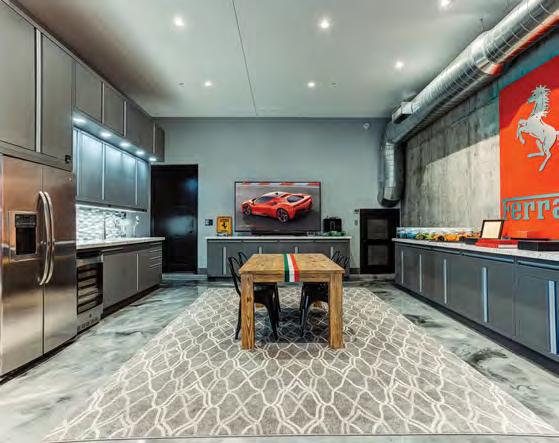
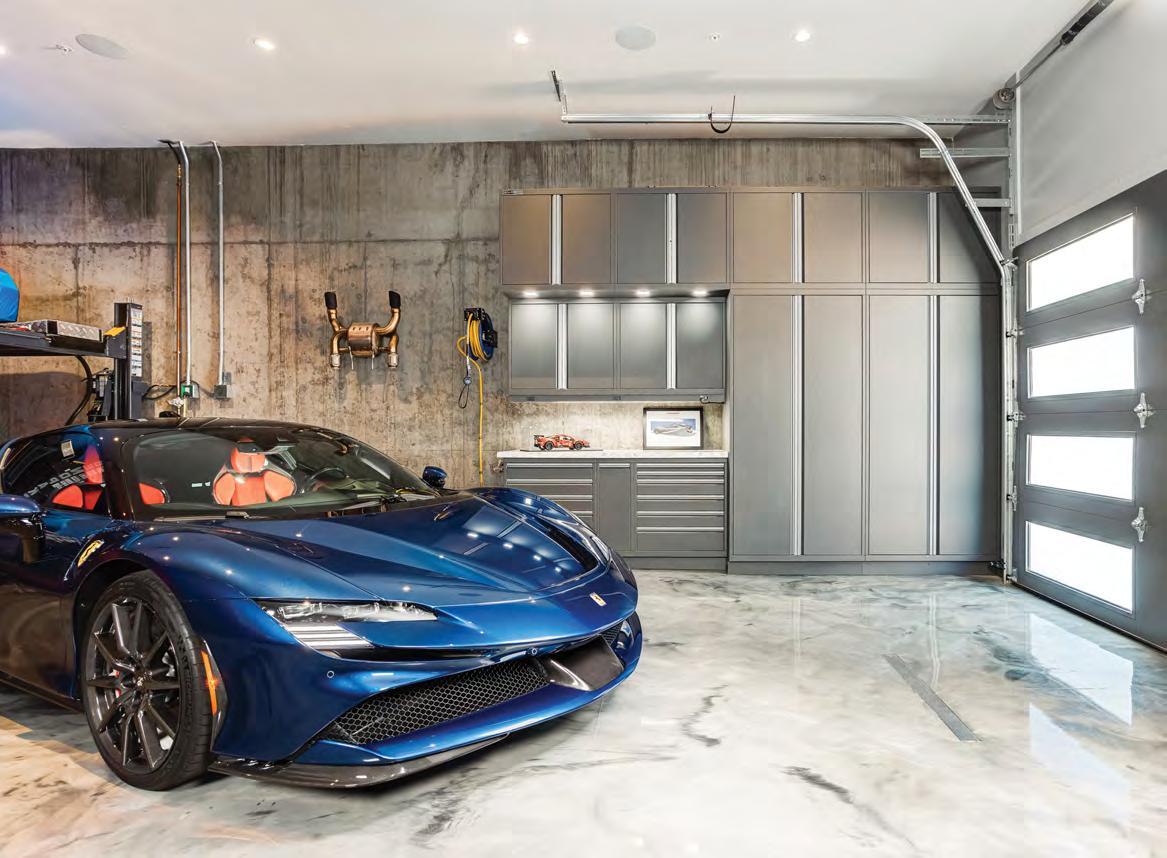
The process begins with the creation of a custom CAD drawing that takes into account the client’s specific needs, desires, and the characteristics of their space. Once the design is approved, the fabrication process commences, and all steps are completed in-house, from laser cutting to powder coating and assembly.
What sets Baldhead Cabinets apart is a commitment to delivering the highest level of quality and service. To achieve this, the company handles the entire process, including final delivery and installation. This approach has been successful since the company’s founding in 1985, and its employees remain dedicated to it to this day.
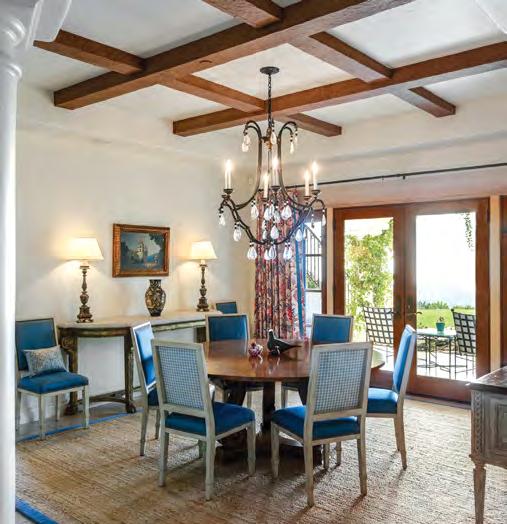
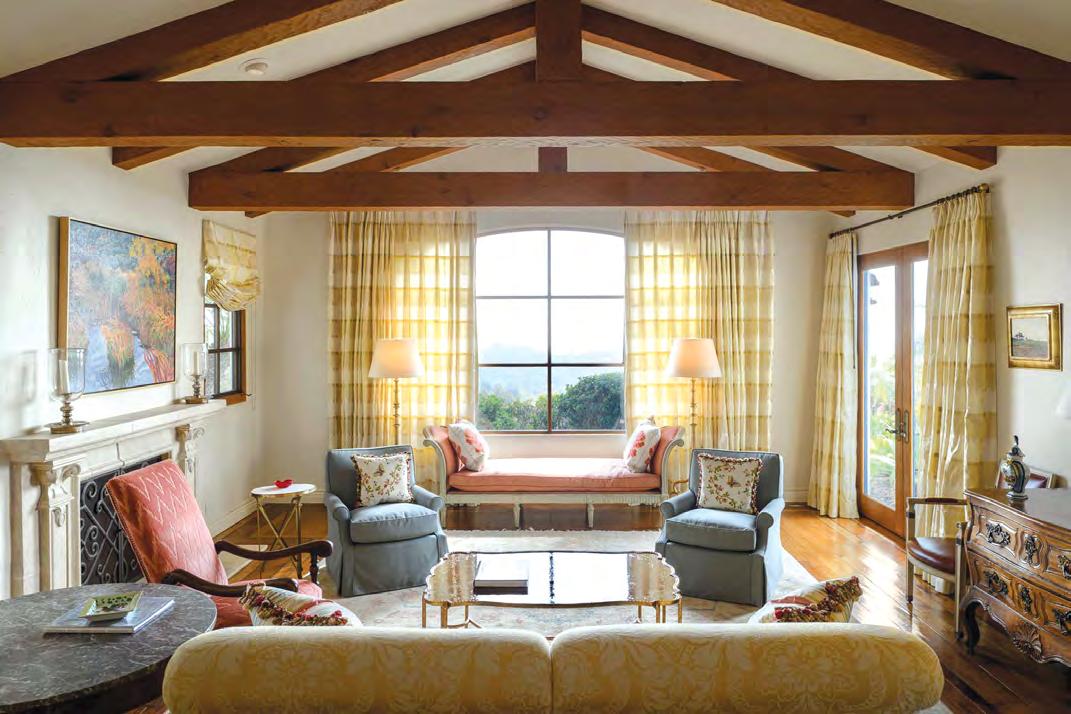
Designing interiors for over 36 years, Marc Normand Gelinas is best known for his classic and inviting designs, reflecting his knowledge of color, scale, and art background. He believes that each project should reflect the personality and personal style of each client, giving them a well-designed, comfortable, and functional space.
His extensive time in New York and Paris give him a unique perspective on aesthetic plans. Since 1987, he has consulted on projects from New York, Santa Barbara, Aspen, and Rhode Island. Marc’s work has been published several times in such wellknown publications as House Beautiful and Traditional Home. An honors graduate of the acclaimed Pratt Institute in New York City, Marc earned a BFA in interior design. He sits on several nonprofit boards, including Montecito’s Casa del Herrero Board of Directors.
Ho’okipa Design and Construction brings the Hawaiian spirit of hospitality to every residential and commercial interior design project. Led by principal constructor J Scott Quittner and Spanish interior designer Isabel Larriba, the Santa Barbara-based firm combines innovative ideas, design expertise, and technical skills to revitalize spaces with a contemporary yet timeless aesthetic.
Guided by the Native Hawaiian value of Ho’okipa, which refers to generosity and extending oneself to all people and cultures, the team aims to fulfill clients’ visions through a fresh, adaptable approach. They embrace each client’s unique preferences and deliver inspired, tailored interiors with grace, daring, and brilliance.
From initial conceptual drafting to permitting and final installation, Ho’okipa provides comprehensive services to create outstanding custom remodels and designs. Whether a complete remodel, home addition, or refresh of a single room, the team effectively tries to meet the client’s goals.
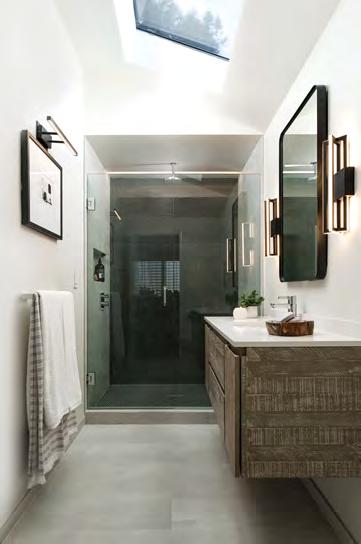
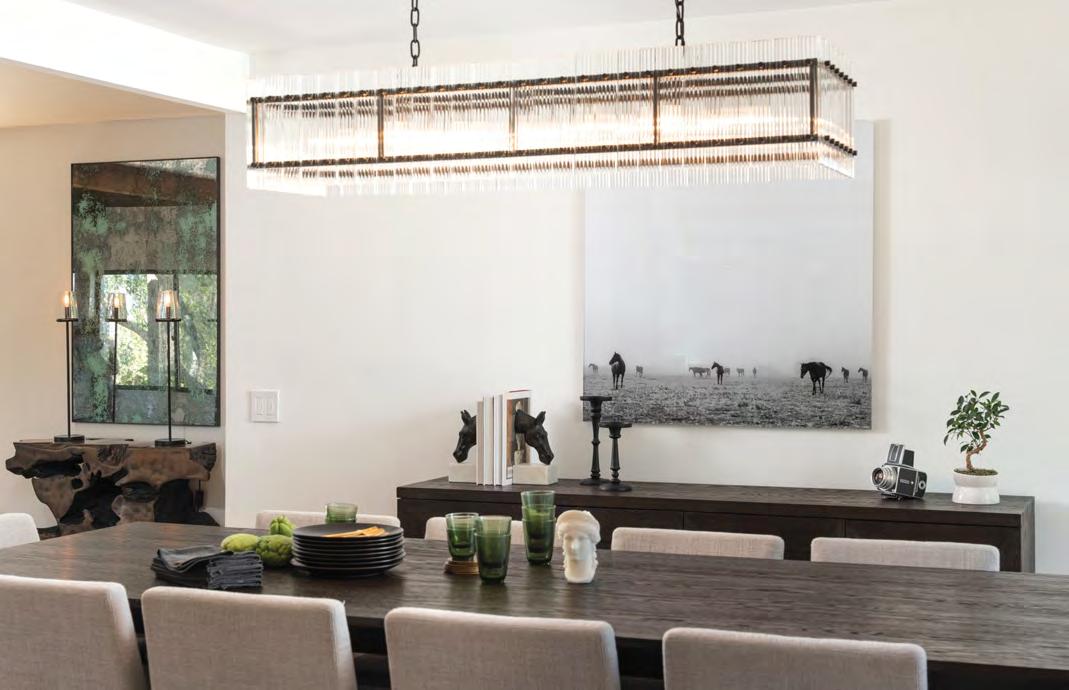
With a holistic perspective and technical proficiency, Ho’okipa transforms living and workspaces. Isabel represents the local business and construction community as Santa Barbara Contractors Association Director, volunteering her time to give back. Together, the Ho’okipa team brings thoughtfulness, skill, and the spirit of hospitality to every interior design project.
www.hookipadc.com | (805) 331-2237 photo by Blake Bronstad)
Luxury design firm SUBU Design Architecture, founded in 2010 by May Sung, takes a unique and tailored approach to architecture, interiors, and landscape design. With a focus on selecting only a few projects per year, SUBU provides highly personalized service to create spaces that match clients’ individual styles and narratives.
SUBU and Sung have received recognition for preservation work on the historic La Serena Villas Hotel in Palm Springs. Their designs for residential and hospitality projects have been featured in major publications like Vogue, Elle Decor, and Architectural Digest. Sung’s Pacific Palisades home project was showcased on NBC’s Open House series.
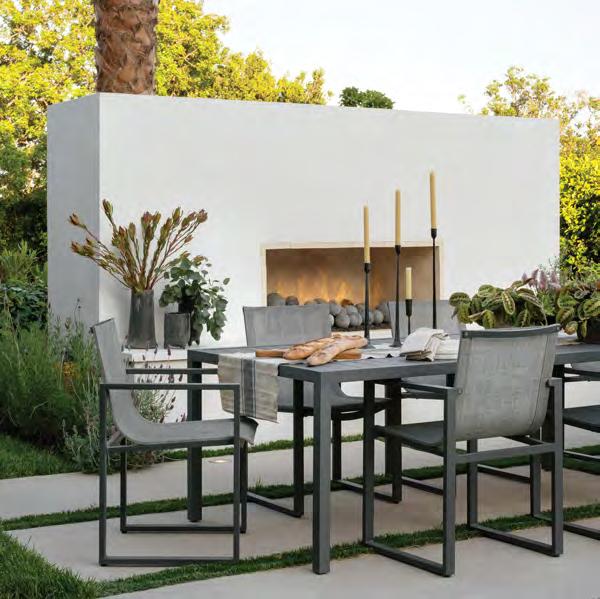
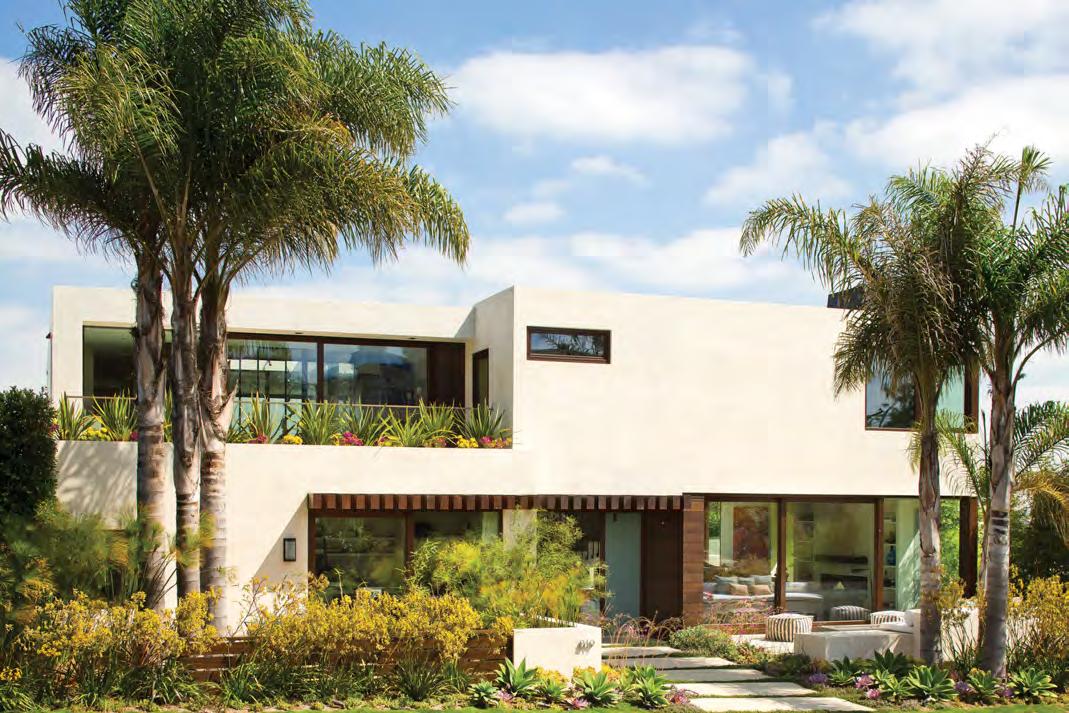
With her travels informing an understanding that design aesthetics are diverse, Sung aims to bring out the stories of her clients through considered and cohesive planning. Her multidisciplinary approach seamlessly blends interiors and exteriors. SUBU Design Architecture offers a full-service experience from initial planning through construction to move-in. Sung’s bespoke approach to luxury design recently earned her a spot on the Los Angeles Times ’ Top 25 Home Designers list.
www.subuda.com | (310) 310-2102
APlace to Grow has been designing and building custom studios, she-sheds, and entertainment spaces from reclaimed materials for more than 12 years. Their inventory features an eclectic mix of vintage doors and windows, carefully collected from notable establishments like the Ritz-Carlton Bacara Resort, as well as various hotels, inns, and residences throughout California. These recycled components along with reclaimed fence and horse corral boards are given new life in the company’s functional art creations, diverting waste from landfills.
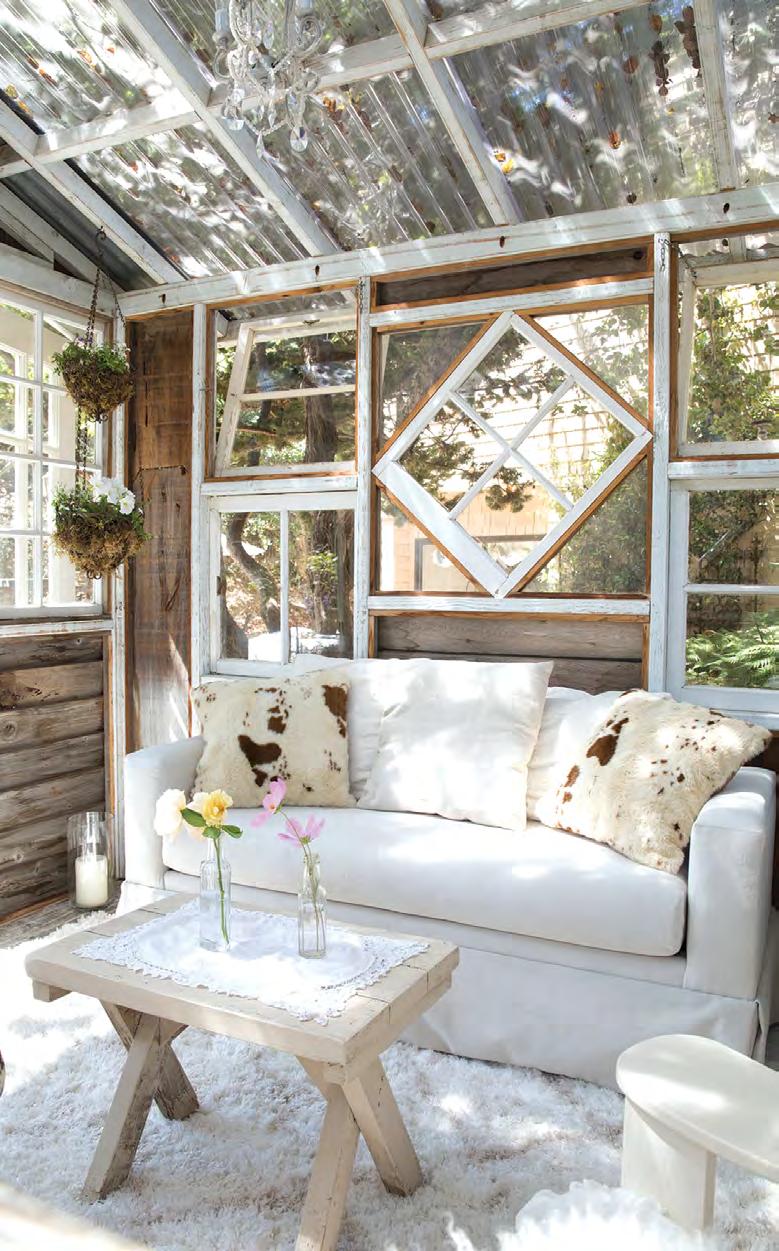
The innovative use of repurposed high-quality materials has earned notable recognition. In 2015, A Place to Grow won the Green Innovation Award from the Central Coast Chapter of the United States Green Building Council, Pacific Coast Business Times’ Spirit of Small Business Green Business Award 2021, Inspired Home Expo of Paso Robles Best in Show 2016, and Inspired Home & Garden Expo of San Luis Obispo Best in Show Fall 2018.
The company continues its sustainable practices while providing customers with customized green spaces.
www.aplacetogrowventura.com
(805) 704-2161
For more than 20 years, Harrison Design has been a leading firm in high-end residential architecture, interior design, and landscape architecture in Montecito and beyond. With exceptional design, client service, and project execution, Harrison Design brings luxury homes and estates to life. Their team of skilled artisans and designers ensure the quality of each project is reflected in the materials and workmanship. This commitment to excellence has earned Harrison Design numerous awards and features in Architectural Digest, Veranda, Luxe, and Traditional Home. The firm has completed more than 85 projects in Montecito, ranging from new construction and renovations to historic preservation. The firm’s involvement in the community extends beyond design, with members serving on the Lotusland Board of Trustees and providing pro bono work toward the historic restoration and beautification of local properties. They have also hosted educational talks on local history and architecture and served on the Montecito Board of Architecture Review. Additionally, they dedicated more than 1,000 hours of service after the fires and mudslides. With decades of experience enhancing Montecito properties through thoughtful, quality design, Harrison Design continues to demonstrate its leadership and unwavering commitment to the community.
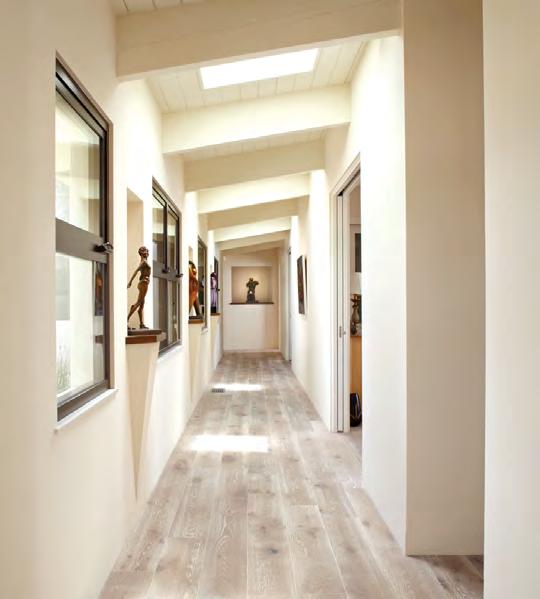
www.harrisondesign.com | (805) 899-3434
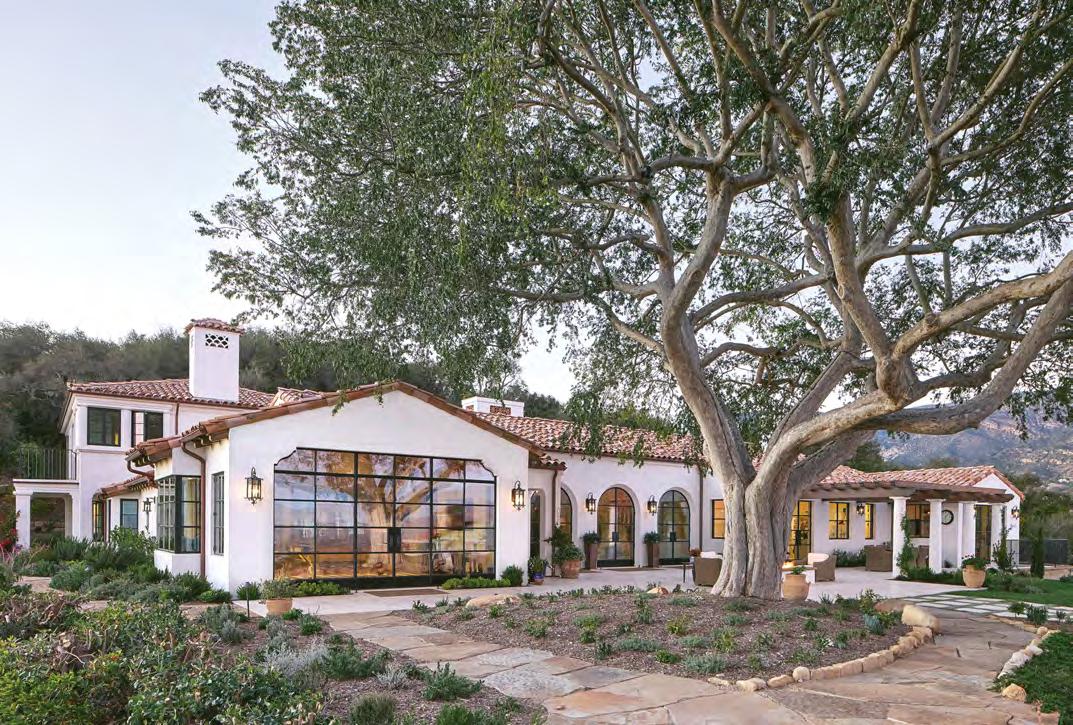
Led by principal designer Meg Joannides, MLK Studio creates extraordinary high-end residential and commercial interiors that blend timeless elegance with contemporary style. Meg’s signature aesthetic seamlessly combines sophisticated refinement with sleek, modern designs. From concept to completion, the MLK Studio team works hand-in-hand with architects and builders, designing interiors and custom furnishings to complement the architecture flawlessly. Drawing inspiration from her European upbringing, Joannides melds a deep respect for architectural history with a fresh, current approach. She understands the home as a personal sanctuary, and strives to craft enduring spaces that captivate the eye while prioritizing functionality. With more than two decades of experience and projects spanning up to 40,000 square feet across the U.S. and abroad, MLK Studio provides full-service interior design to the highest-profile clients and companies. Meg’s work has been featured in Architectural Digest Middle East and Italy, Interior Design, House and Garden, Aspire, Luxe, and more. She also has a luxury rug collection with Christopher Farr. With its unwavering commitment to service and timeless, refined designs, MLK Studio continues to set the standard for excellence in luxury interior design.
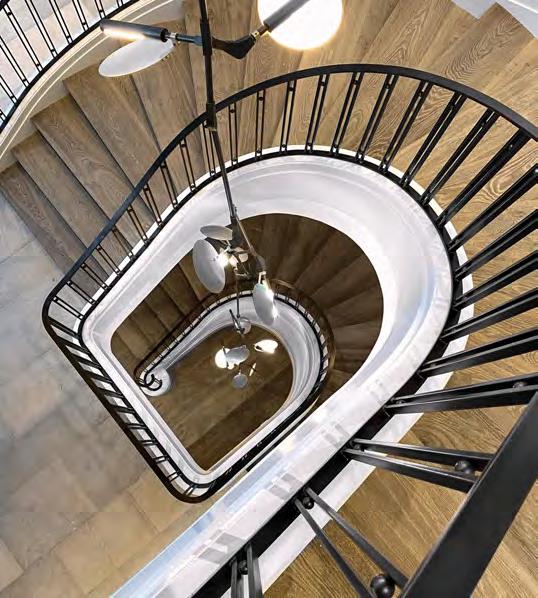
www.mlkstudio.com | (310) 652-5255
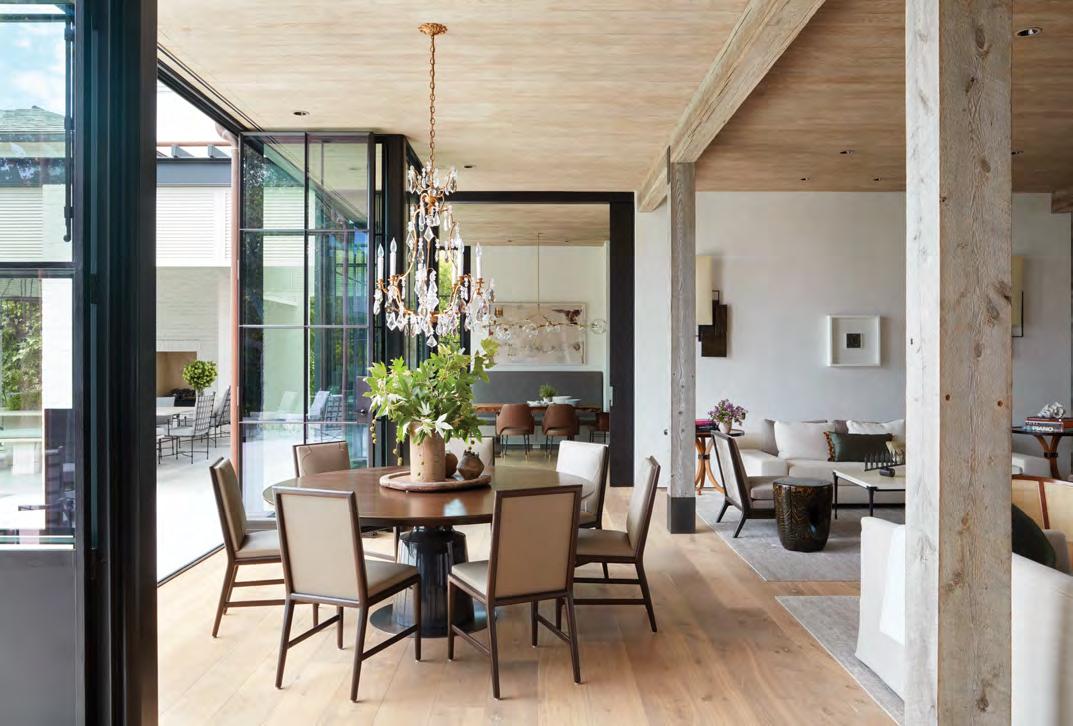
Tullis Architects, Inc. provides bespoke architectural services for high-end residential projects from their Santa Barbara office. A best kept secret yet highly respected firm among homeowners, designers, builders, and architects, Tullis Architects, Inc. delivers practical, beautiful solutions for luxury new construction and remodels. With comprehensive expertise in residential architecture, Tullis sees each project from the client’s perspective to provide designs tailored to enhance their lifestyle.
Led by renowned architect Andrew Tullis, AIA, Tullis Architects, Inc. offers elevated design and personal involvement from the principal. With 30+ years of custom residential experience and more than 10 years locally in Santa Barbara, Andrew’s clients benefit from his significant industry relationships.
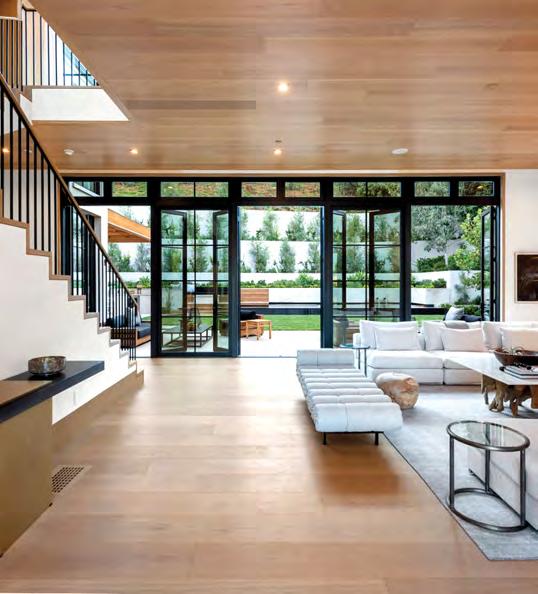
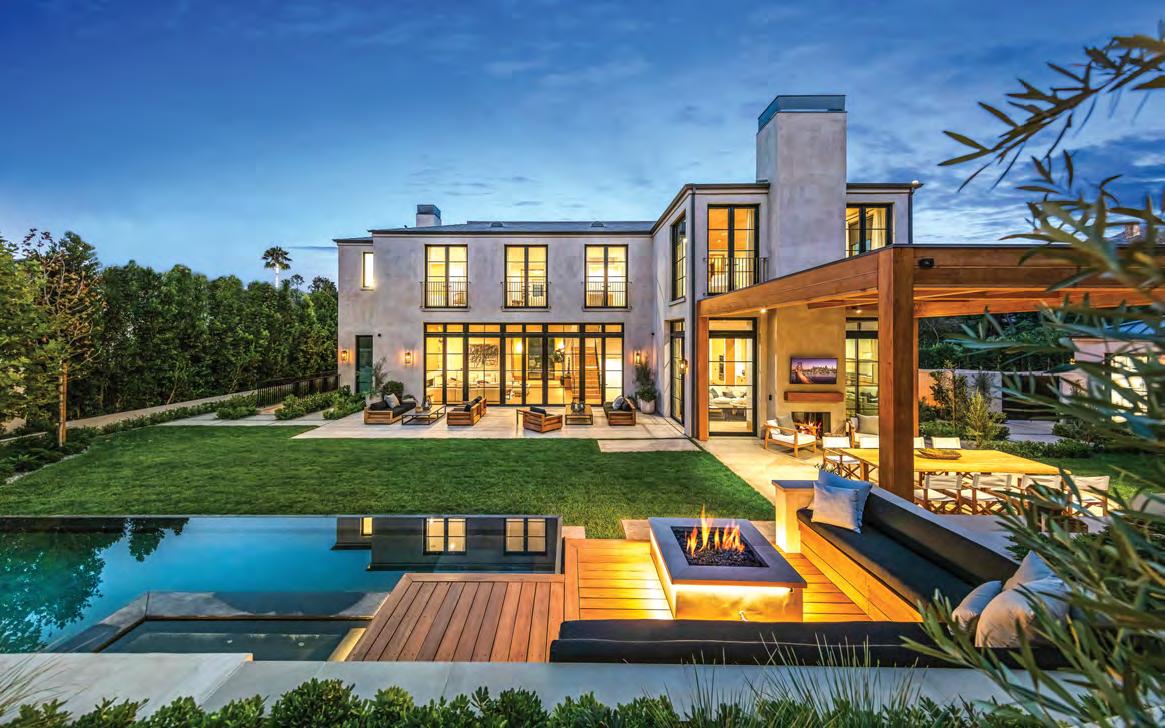
The Tullis team works closely with clients and builders, providing clear drawings and information to bring projects to life. They also assist in building talented local teams of consultants to ensure seamless collaboration. Tullis Architects, Inc. knows an exceptional property requires skilled teams working synergistically. With thoughtful, experienced guidance from concept to completion, Tullis Architects, Inc. creates personalized luxury homes through world-class design.
| (805) 869-6304
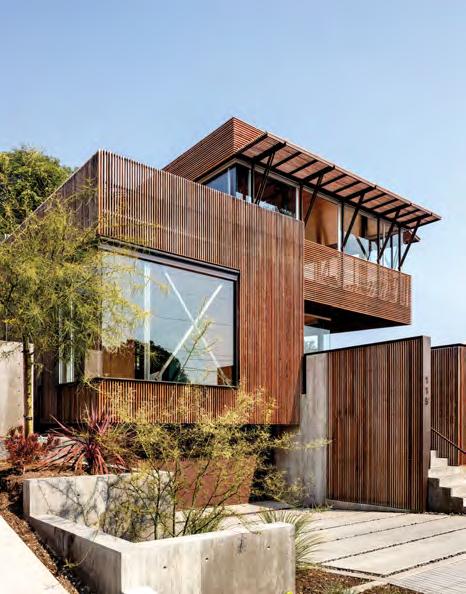
ShubinDonaldson (SDA) is a site-driven residential and commercial design firm committed to producing astonishing works of architecture that challenge conventions, solve practical and aesthetic problems, and bring together landscape, light, and ground. With deep roots in Southern California, founder Robin Donaldson studied painting and printmaking at UCSB, earned his degree in Architecture from SCI-Arc, and spent his early career working closely with Thom Mayne of Morphosis. Since founding SDA in 1990, Donaldson has continued to explore the foundations and push the limitations of architectural practice, working with ambitious and innovative clients to realize extraordinary ground-up residential projects; create homes for quantum computers; and—on the home front— found an R+D lab dedicated to formulating and articulating new materials, methods, design strategies, and architectural applications. Donaldson is the heart of SDA’s longstanding relationships with clients, collaborators, and essential partners as well as of the firm’s constant evolution and transformation. Outside of the office, he is a committed member of the local and national AIA, and a frequent contributor to local planning committees. Donaldson has been widely recognized for his interdisciplinary creativity, collaboration-intensive teamwork, and stylistic sophistication, and his work has been published locally, nationally, and internationally in Elle Decor, GA Houses, The Wall Street Journal, Architectural Digest, and more. He lives in Santa Barbara, above the store.

Recently renovated Spanish-style Montecito estate with breathtaking ocean views. The main living and five en-suite bedrooms are all on a single level. Further, enjoy the game room, theater, wine grotto, gym, pool, and cabana.
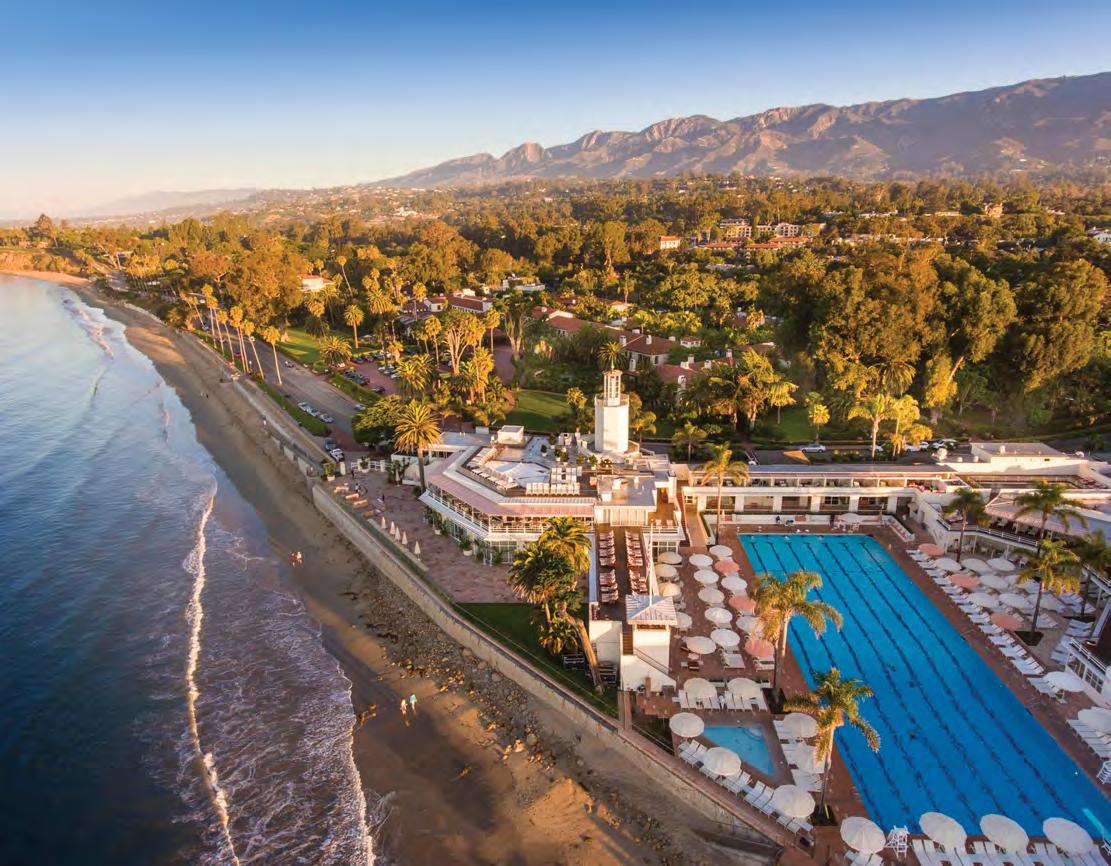
1260 East Mountain Drive, Montecito $25,500,000
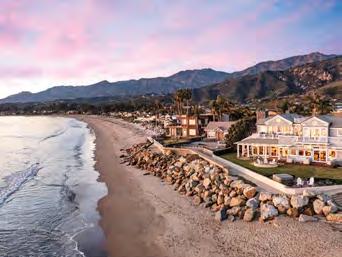

Ryan Curtis & Ryan Malmsten 805-689-3040
Santa Barbara Brokers
DRE# 01873883 / Office DRE# 01937743
3599 Padaro Lane, Santa Barbara $24,800,000
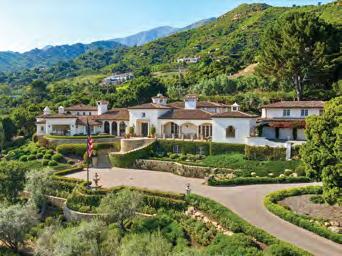
Emily Kellenberger & Associates 805-252-2773
Village Properties
DRE# 01397913
Exquisite Mediterranean haven situated on approximately 2.12+/- acres in the coveted Golden Quadrangle, offering breathtaking ocean and mountain views. Reminiscent of a palazzo, this stunning estate radiates elegance and grandeur, showcasing a magnificent level of quality and craftsmanship.
1502 East Mountain Drive, Montecito $23,500,000
Cristal Clarke 805-886-9378
Berkshire Hathaway HomeServices California Properties
DRE# 00968247
property! Panoramic ocean and mountain views from level home site. Two parcels in Hope Ranch on private, usable 5.5 acres. Opening north and south to breathtaking views. Lighted tennis court, detached guest quarters, gated driveway, and garages for six cars. Unlimited possibilities!

4475 Via Abrigada, Santa Barbara
$22,500,000
Randy Solakian Estates Group 805-886-6000
Coldwell Banker Realty
DRE# 00622258
Incredible ocean, island, and mountain views span the horizon and showcase Montecito’s iconic natural beauty. This exceptional estate is awash in gorgeous light, surrounded by lush gardens, and celebrates classic, timeless architecture that uniquely combines European elegance and California’s lifestyle.

550 Freehaven Drive, Montecito
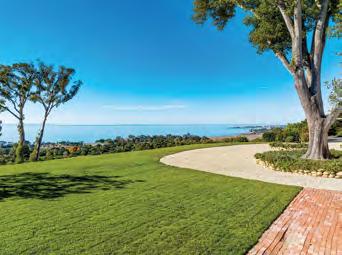
$21,750,000
Riskin Partners Estate Group 805-565-8600
Village Properties
DRE# 01815307 / 01447045 / 01954177 / 01951069
Modern, romantic, and newly completed, this expertly designed private residence enjoys magnificent ocean and mountain views. Tucked at the end of a long driveway, this gated estate features world-class amenities, five bedrooms, guest house, pool, cabana, two garages, and a pickleball court.
2957 East Valley Road, Montecito
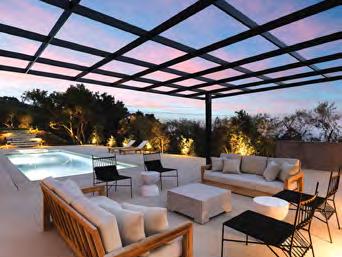
$17,600,000
Marsha Kotlyar Estate Group 805-565-4014
Berkshire Hathaway HomeServices California Properties
DRE# 01426886
REMARKABLE SANTA YNEZ RIVER ESTATE CLASSIC MEDITERRANEAN ESTATE
BESPOKE BIRNAM WOOD
Remarkable 71+/- acre in-town estate located gracefully along the Santa Ynez River, featuring three residences, four apartments, four barns, riding arena, round pen, 25 acres of pastures, two stocked ponds, and ultimate privacy and security.
3050 Via Rancheros Road, Santa Ynez $15,900,000

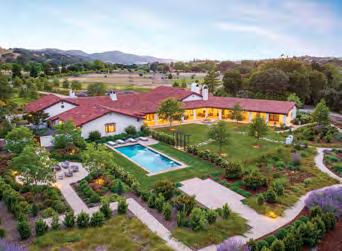
Carey Kendall
805-689-6262
Village Properties
DRE# 00753349
Spectacular and tranquil ocean views from this classic Mediterranean estate designed by renowned architect Don Nulty. This beautiful residence showcases a gracious open-floor plan, elegant rooms, and an expansive patio perfect for entertaining, and dining al fresco.
1439 Irvine Lane, Montecito $10,200,000
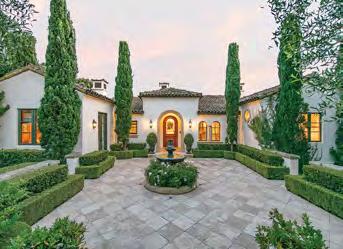
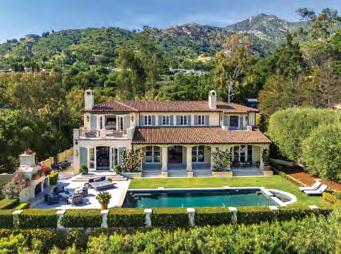
Cristal Clarke
805-886-9378
Berkshire Hathaway HomeServices California Properties
DRE# 00968247
Bespoke in Birnam Wood. This French-style home features custom finishes and craftsmanship throughout. Intricate gardens and inviting pool. Stupendous mountain views. Enjoy all that Birnam Wood has to offer behind the guarded gates with golf, tennis, pickleball, bocce, fine dining, and guest cottages.
1970 Lemon Ranch, Montecito $10,000,000
Tim Walsh
805-259-8808
Village Properties
DRE# 00914713
TIMELESS MEDITERRANEAN VILLA
Foothill Road is an architecturally captivating agricultural property on approximately 11.12 acres in the Carpinteria foothills, overlooking the saltwater marsh and Carpinteria Reef. The location is unparalleled given the close proximity to Carpinteria, Summerland, and Montecito.
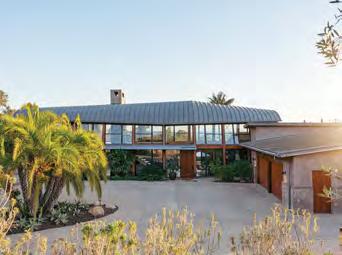
4038 Foothill Road, Carpinteria $9,995,000
Casey Turpin 805-232-5766
Village Properties DRE# 02125478
Bene, an architecturally remarkable contemporary estate situated on a knoll-top location, offers breathtaking views of the ocean, islands, harbor, city, and mountains. The estate showcases an exquisite blend of design, functionality, and seamless indoor-outdoor living.
811 Camino Viejo Road, Montecito $9,995,000
Cristal Clarke 805-886-9378
Berkshire Hathaway HomeServices California Properties DRE# 00968247
Timeless Mediterranean villa and detached cottage are situated in the coveted Arcady estates offering breathtaking ocean and coastline views. Both the interior and exterior of the residence are stunningly designed to create a harmonious blend of luxury, comfort, and contemporary conveniences.
733 Knapp Drive, Montecito $9,975,000
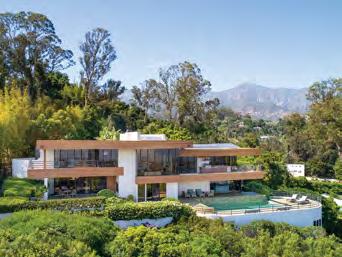
Cristal Clarke 805-886-9378
Berkshire Hathaway HomeServices California Properties
DRE# 00968247
Retaining charm and integrity of circa 1925 origins, completely redone in 2014. Two-bedroom main house plus guest house. Breathtaking ocean and island views and expansive stone terrace. Eric Nagelmann gardens. Private one bedroom, one bath guesthouse newly built in 2014, open vaulted ceilings, and stone fireplace. Pool and Cabana with living green roof.
1074 Cold Spring Road, Montecito $9,950,000
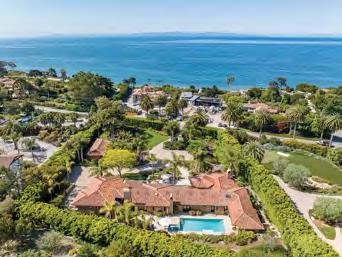
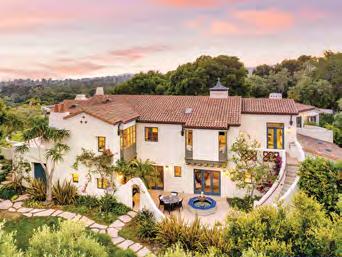

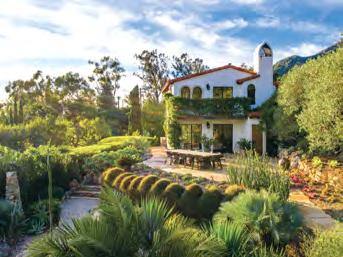
Randy Solakian Estates Group 805-886-6000
Coldwell Banker Realty
DRE# 00622258
Dream bigger dreams! The Sanctuary at Foxen Creek is a slice of life that serenity seekers are looking for. More than 570 acres of rolling grassland and panoramic vistas surrounding beautiful, turn-of-the-century-style farmhouses. Ideally located along the Foxen Canyon wine trail with a Michelin-star restaurant a scenic drive away.
8251 Foxen Canyon Road, Los Alamos $9,900,000 Patty Murphy 805-680-8571
Sotheby’s International Realty DRE# 00766586
Aone-of-a-kind Harriet Moody storybook cottage nestled on nearly one acre in Montecito’s highly sought-after Hedgerow neighborhood. With its impeccable design, high-end amenities, and prime location, 1564 Ramona Lane is the epitome of comfortable, luxury living.
1564 Ramona Lane, Montecito $9,500,000 Tyler Kallenbach 805-695-2533
Compass DRE# 02021945
Coast living at your doorstep! Resort-style home boasts picturesque ocean views that will have you feeling miles away from the stresses of the world, yet minutes to town. This home offers a luxurious primary suite, pool and cabana, and a charming one-bedroom guest house.
4040 Marina Drive, Santa Barbara $8,995,000
Team Scarborough 805-331-1465
Berkshire Hathaway
HomeServices California Properties
DRE# 01182792
Balancing hillside tranquility with expertly executed architecture, prepare to be transported to the French countryside within the gates of “Oak Hill.” This one-of-a-kind, four-bedroom estate enjoys sweeping mountain views, two offices, a guest house, pool, and converted barn.
4178 Cresta Avenue, Santa Barbara $8,850,000
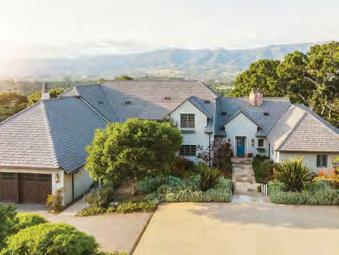
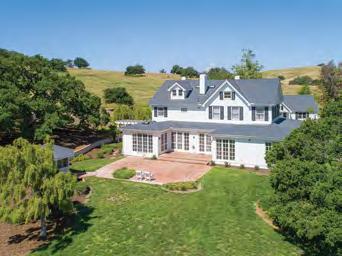
Marsha Kotlyar Estate Group 805-565-4014
Berkshire Hathaway
HomeServices California Properties DRE# 01426886
Commanding views of the Pacific Ocean and Santa Ynez Mountains front this Spanish Colonial estate in Montecito’s desirable Ennisbrook community. The grounds of this two-plus-acre estate are a wonderland of exploration, leaving a lasting impression.
306 Meadowbrook Drive, Montecito $8,500,000
Nancy Kogevinas / Janet Caminite 805-879-8043
Berkshire Hathaway
HomeServices California Properties
DRE# 01209514 / 01273668
Nestled between the foothills and Pacific Ocean, this romantically classic 1938 Spanish compound with ocean and mountain views sits on five acres in a magical microclimate canyon, exuding classic California charm.
1865 Cravens Lane, Carpinteria $8,475,000

Lori Bowles and Dana Zertuche
805-452-3884 / 805-403-5520
Coldwell Banker Realty
DRE# 01961570 / 01465425
Located in Montecito’s Hedgerow, this 1929 French Normandy-style home boasts verdant landscaping, lush gardens, and ample living spaces. Designed by George Washington Smith, this rare estate represents a unique opportunity to acquire a piece of Montecito history.
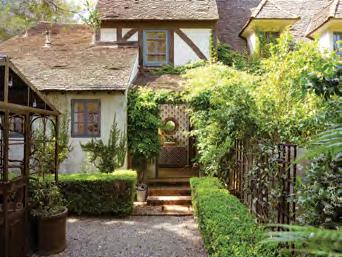
175 Miramar Avenue, Montecito $8,000,000

Tyler Kallenbach 805-695-2533
Compass
DRE# 02021945
Breathtaking 2.81 acre +/- Montecito property boasting an East Coast farmhouse, surrounded by stunning oaks and manicured landscaping. A rare opportunity to build anew or renovate the existing 6,000-sq-ft +/- home. The perfect canvas for your dream estate.
865 Romero Canyon Road, Montecito $7,995,000 The Ebbin Group 805-400-3424
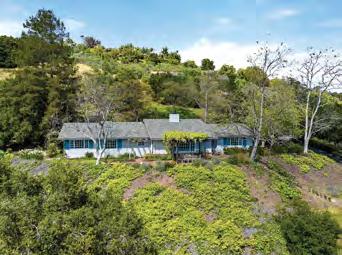
DRE# 01488213
Escape to a modern oasis of elegance in Montecito’s Park Lane West. This five-bedroom residence offers breathtaking ocean and mountain views, contemporary sophistication, and a serene nature connection. Indulge in luxury, relax by the tranquil plunge pool, and experience Montecito living at its finest.
900 Park Lane West, Montecito $7,950,000
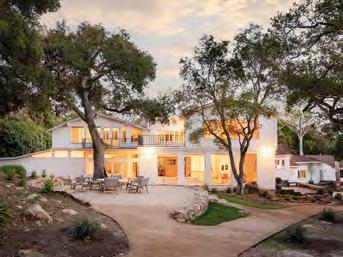
Pippa Davis & Brian Goldsworthy
805-886-0174 / 805-570-1289
Compass
DRE# 01419280 / 01432570
Thisprivate 1933 Austen Pierpont estate is a 2.5-acre gated compound with views, eight bedrooms, 6.5 baths, 6,000 square feet of living space, a main house, two guesthouses, pool, spa, and tennis court. Lovingly updated to create a beautiful Ojai living experience.
52 Oak Drive, Ojai $7,000,000
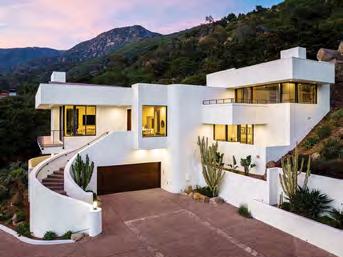
Patty Waltcher
805-340-3774
Berkshire Hathaway
Home Services
California Properties
DRE# 01176473
Enjoyvintage Montecito living on nearly 6.5 acres of lush pastoral land surrounded by panoramic ocean, mountain, and hillside views. The three-bedroom, single-level ranch balances classic country charm with breathtaking vistas.
2870 East Valley Road, Montecito $6,750,000
Marsha Kotlyar Estate Group 805-565-4014
Berkshire Hathaway HomeServices California Properties
DRE# 01426886
This stunning Andy Neumann-designed Mediterranean estate sits on three private acres and boasts serene ocean and mountain views. Featuring three bedrooms, 2.5 baths, grand living room, renovated infinity pool, two-car garage, and natural landscaping, it’s the ultimate California retreat with seamless indoor-outdoor living.
2946 Hidden Valley Lane, Montecito $5,550,000 CrystaMetzger.com 805-453-8700
Coldwell Banker Realty
DRE# 01340521
Montecito’s coveted gem, steps from Butterfly Beach! Luxurious four-bed, fourbath estate on nearly 4,000 square feet. Successful vacation rental history. Serene outdoor oasis with koi pond. Minutes from beaches, Four Seasons Biltmore, and Coast Village Road. Live the dream!
940 Channel Drive, Montecito $5,495,000 Zia Group | Daniel Zia 805-364-9009
Zia Group with eXp Realty DRE# 01710544
This one-acre Eucalyptus Hill property consists of a four-bed/2.5-bath main residence and two-bed, one-bath Accessory Dwelling Unit, offering possibilities. Beautifully renovated, the tranquil home, ADU, and outdoor spaces enjoy lovely ocean and harbor views.
871 Deerpath Road, Santa Barbara $4,995,000
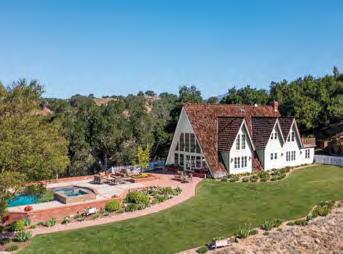
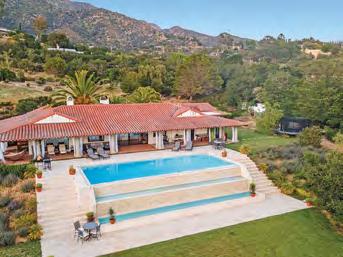
Calcagno & Hamilton Real Estate Group
805-565-4000
Berkshire Hathaway
HomeServices California Properties
DRE#01499736 / 01129919
4086 E Oak Trail Road, Santa Ynez $4,795,000
Cammy Pinoli & Laura Drammer
805-448-7500
Berkshire Hathaway
HomeSevices California Properties
DRE# 02074002 / 012095980
Exceptional location meets storybook serenity on this ideal 1.52-acre buildable parcel in Montecito’s sought-after Riven Rock. This usable property enjoys tranquility, lush surroundings, captivating mountain views, and proximity to world-class hiking.
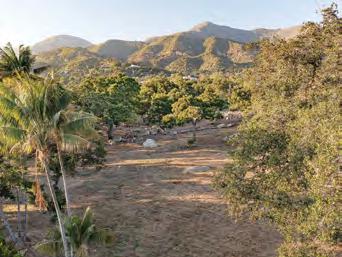
800 Rockbridge Road, Montecito $4,100,000
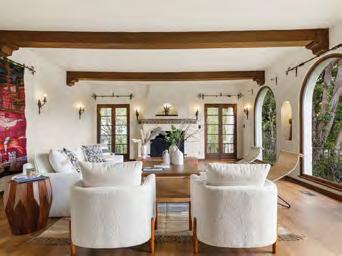

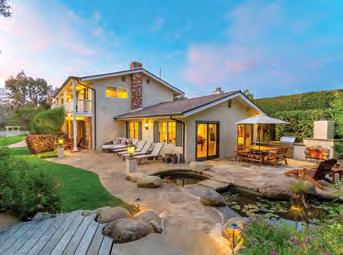
Marsha Kotlyar Estate Group
805-565-4014
Berkshire Hathaway
HomeServices California Properties
DRE# 01426886
Thissingle-level 1928 home embodies the essence of the beloved Santa Barbara Mission. Situated in the heart of the city near downtown, it features a pool and timeless allure.
21 East Quinto Street, Santa Barbara $3,995,000
Gary Goldberg
805-455-8910
Coastal Properties
DRE# 01172139
Situated on a spacious, flat, 0.5-acre parcel, 504 Hodges Lane offers two compelling fixer structures. A true hidden gem brimming with potential, nestled in Montecito’s heart, exuding an Old-Montecito charm with enchanting sandstone walls and majestic oak canopies.
504 Hodges Lane, Montecito $3,495,000
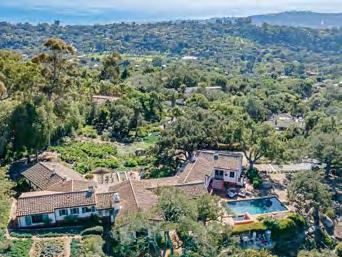
Tyler Kallenbach 805-695-2533
Compass
DRE# 02021945
Frompicturesque beaches on which to spend the day on the sand; to multiple luxury resorts to bask by the pool or enjoy a spa day; to a lively downtown scene with five-star dining, boutique shopping, and historic theaters, Santa Barbara and neighboring towns offer an ideal place to vacation.
Create your dream estate on one of the most coveted streets in the Upper Riviera. This double lot with an elevated building pad maximizes its sweeping ocean, Channel Island, harbor, and city views. Architectural plans with project design approval available.
1322 Dover Road, Santa Barbara $3,297,000
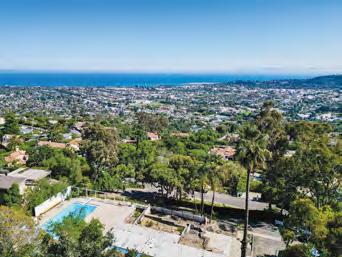
Haden Homes Luxury Property Group 805-880-6530
Compass
DRE# 01988499
This private compound commands stunning 360-degree views. The turnkey, light-filled 4br/2.5ba home has been completely designer-remodeled with top amenities. Lush grounds include a new pool/spa, family orchard and ADU potential.
565 Del Oro Dr, Ojai $4,725,000 Patty Waltcher 805-452-0102
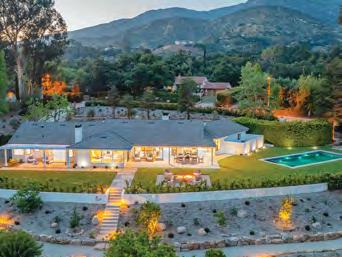
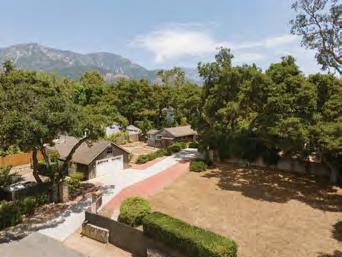
Berkshire Hathaway HomeServices DRE# 01176473
Historic four-acre property is a private mini-resort for your next getaway. Enjoy the pool, beach, and private chef meals. A oneof-a-kind experience!
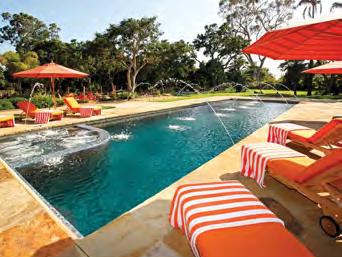
Sea Ranch, Montecito
Price: Inquire for rates
Paradise Retreats 805-275-1851
DRE# 02090892
Aprivate and gated four-acre Santa Barbara gem, La Cuesta Roqueña, built in 1936, offers five bedrooms, 4.5 bathrooms, a pool, and stunning outdoor spaces. Meticulously renovated while retaining its original charm, the furnished Spanish compound boasts ocean, island, and mountain views.
460 El Cielito Road, Santa Barbara $29,000/month (30-day minimum)
MLS #23-348
Crysta Metzger 805-453-8700
Coldwell Banker Realty
DRE# 01340521
Presenting an unprecedented opportunity to own a gated estate on 210 feet of waterfront and 1.25 acres of manicured grounds. Situated on Mercer Island’s coveted north end, this rare offering features a guest house, pool, putting green, and indoor basketball gym.

Mercer Island, Washington LongIslandOnMercerIsland.com
$37,900,000
Joan Bayley 206-940-4611
Windermere Real Estate, East Inc.
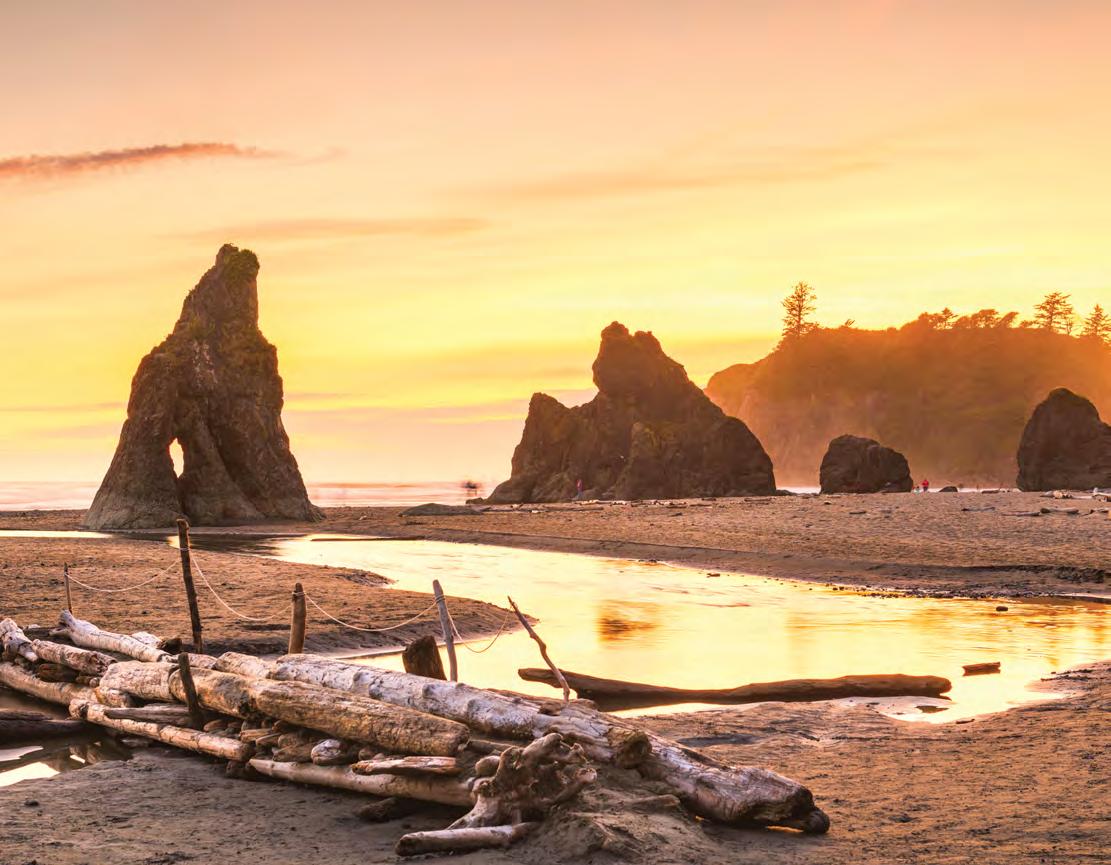
WA RE License #38768
Canyons Village Ranch is a once-in-a-lifetime opportunity at the base of Canyons Village at Park City Mountain. This incredible property offers a primary residence, beautifully appointed guest home, modern equestrian facilities, and extra space to build your dream home.

1892 W White Pine Canyon Road, Park City, Utah
$16,900,000
Onie Bolduc
435-631-1615
Summit Sotheby’s International Realty
Expansive windows frame views of Park City’s historic white barn, mountains, and ski slopes. With the perfect blend of style, comfort, mountain ambiance, and amenities, this spacious Pendry residence offers ample space for friends and family to gather.
2417 W High Mountain Road, #3311, Park City, Utah

$2,750,000
Onie Bolduc 435-631-1615
Summit Sotheby’s International Realty
